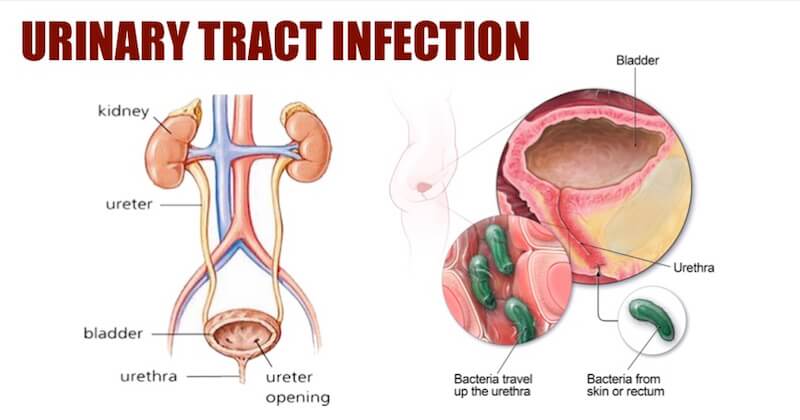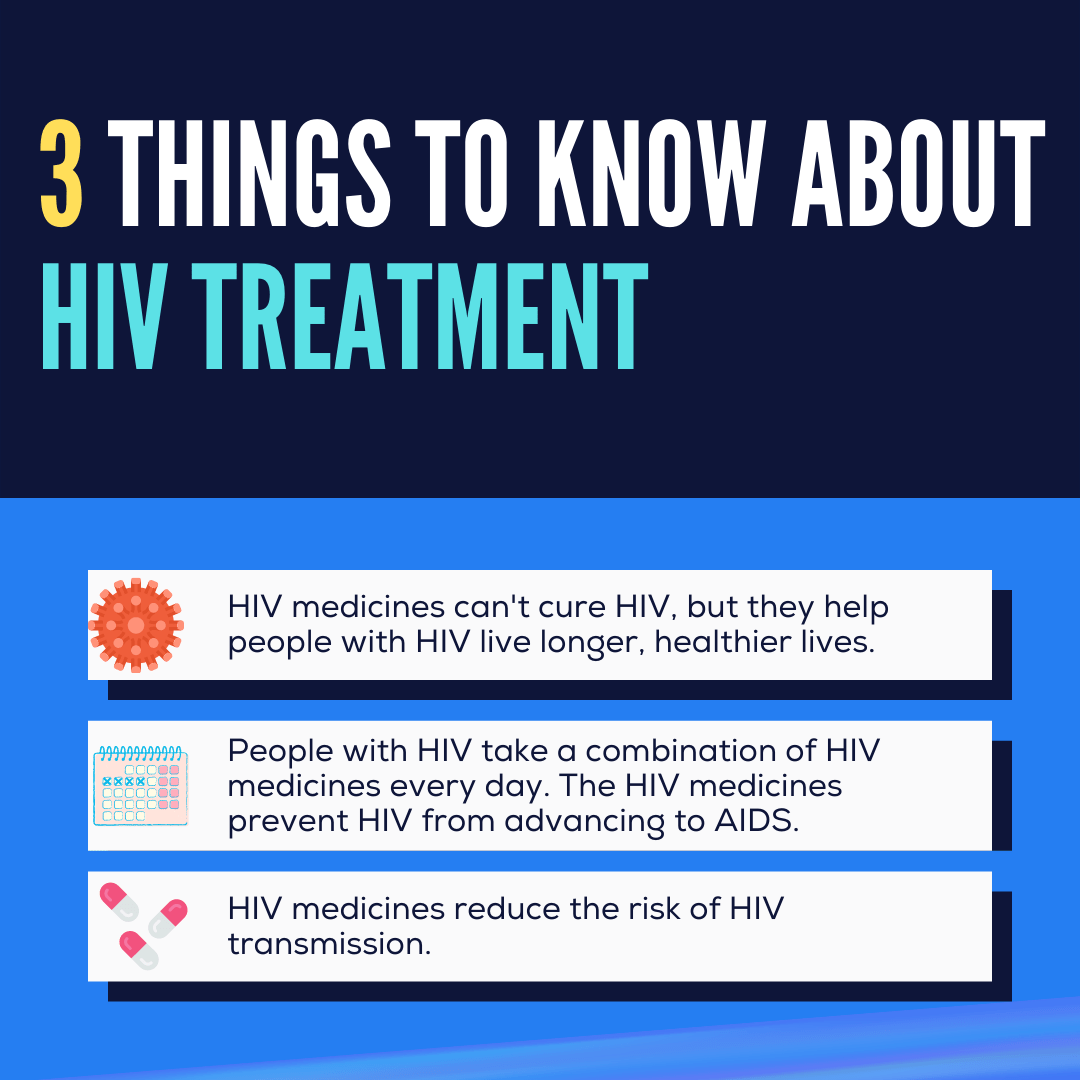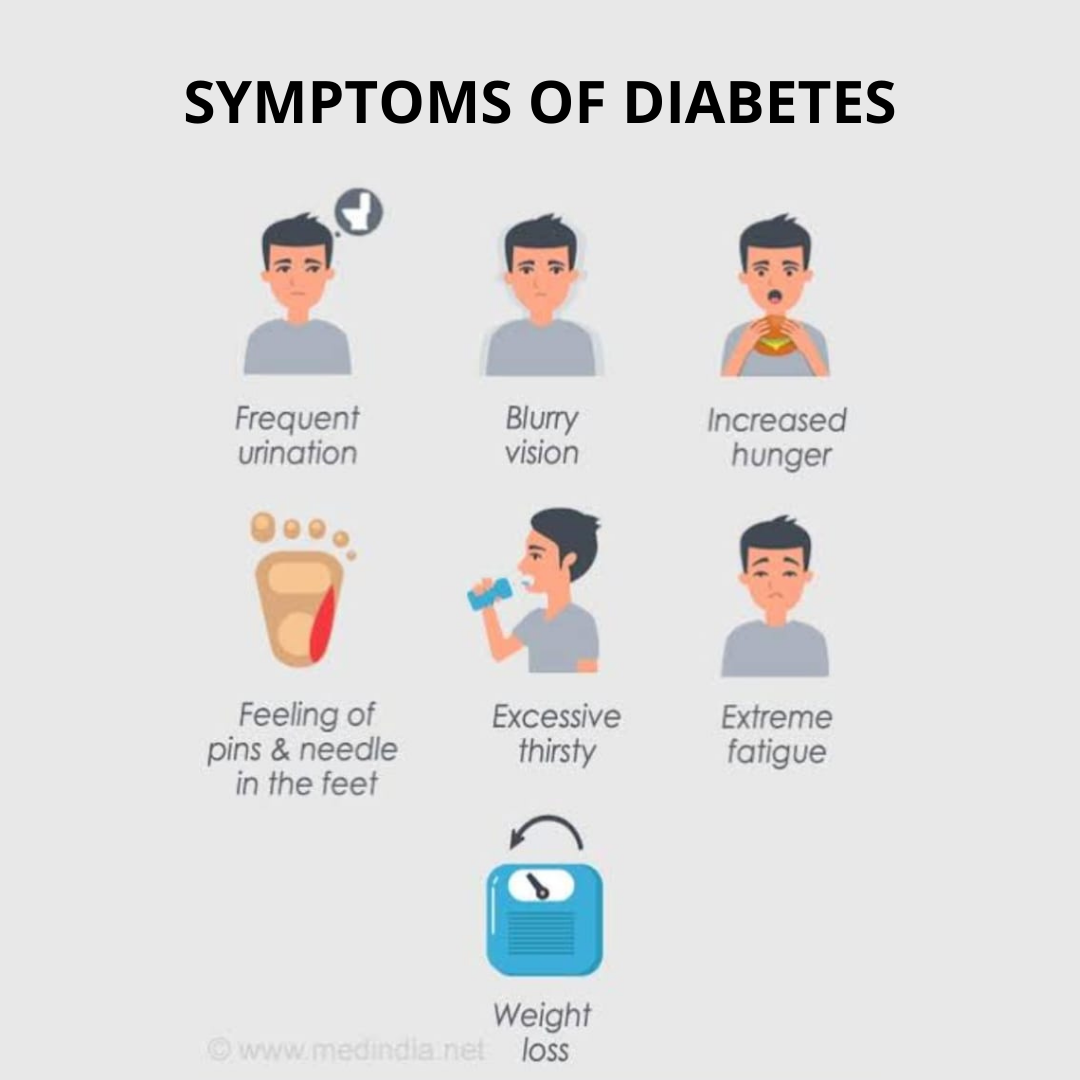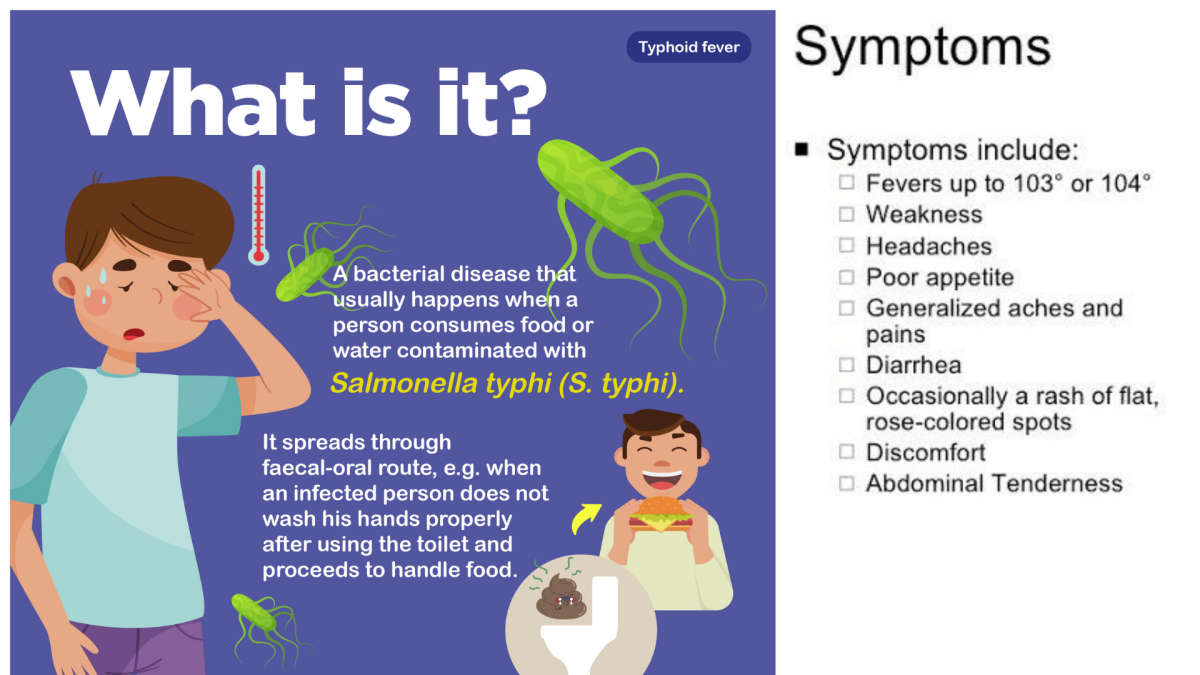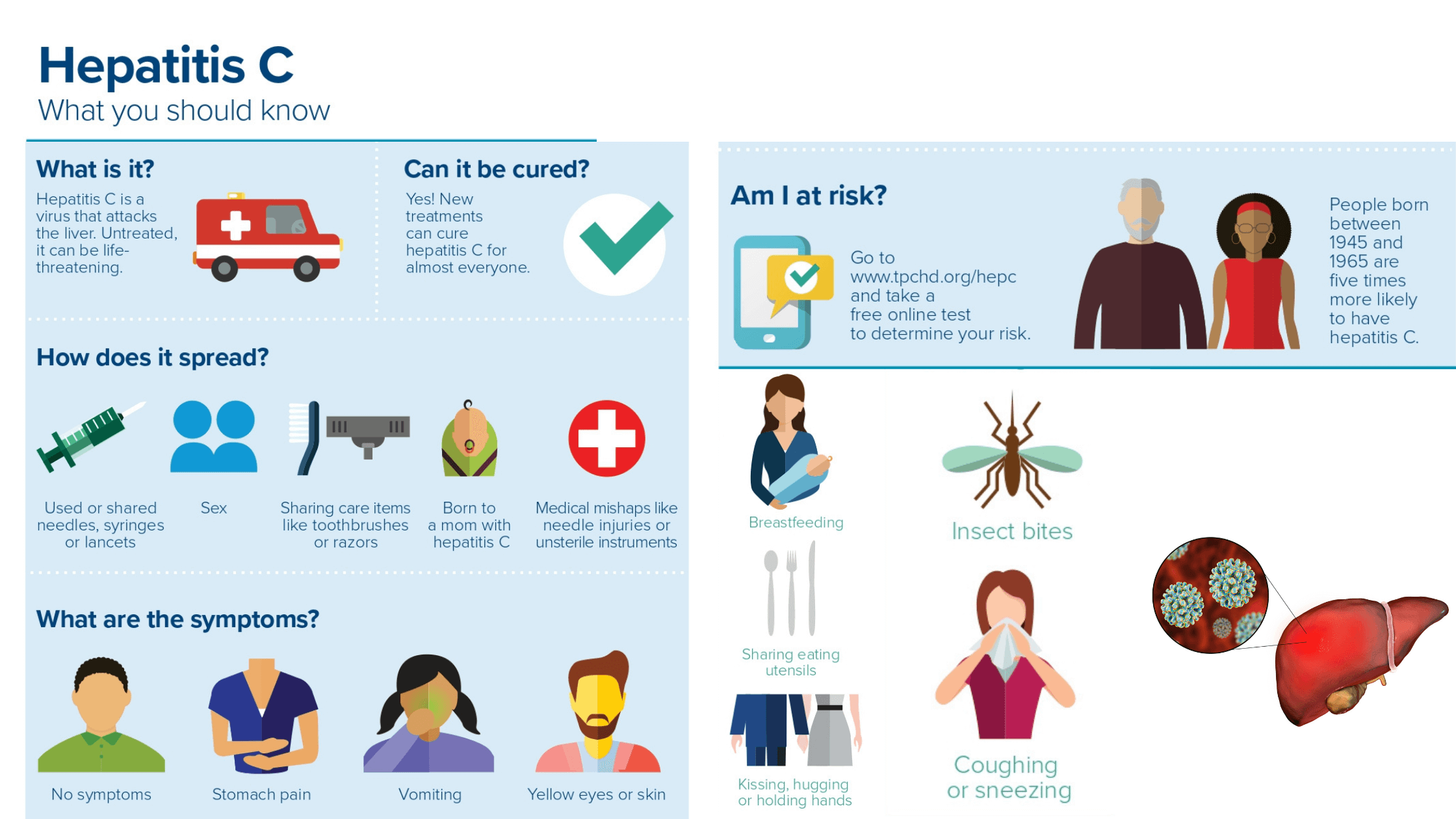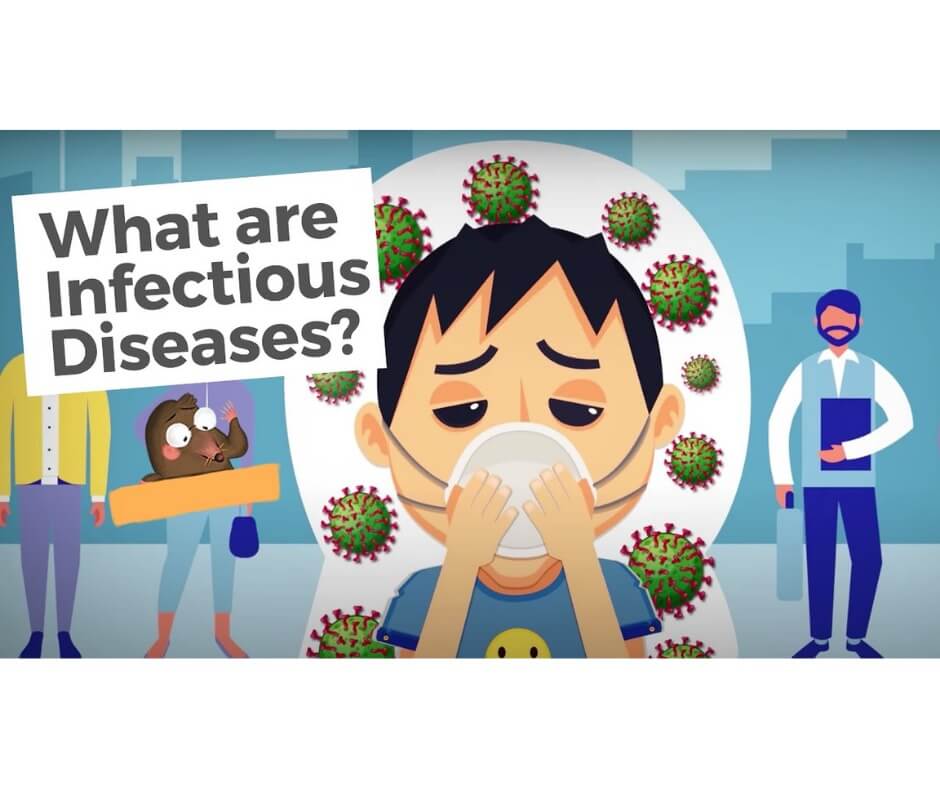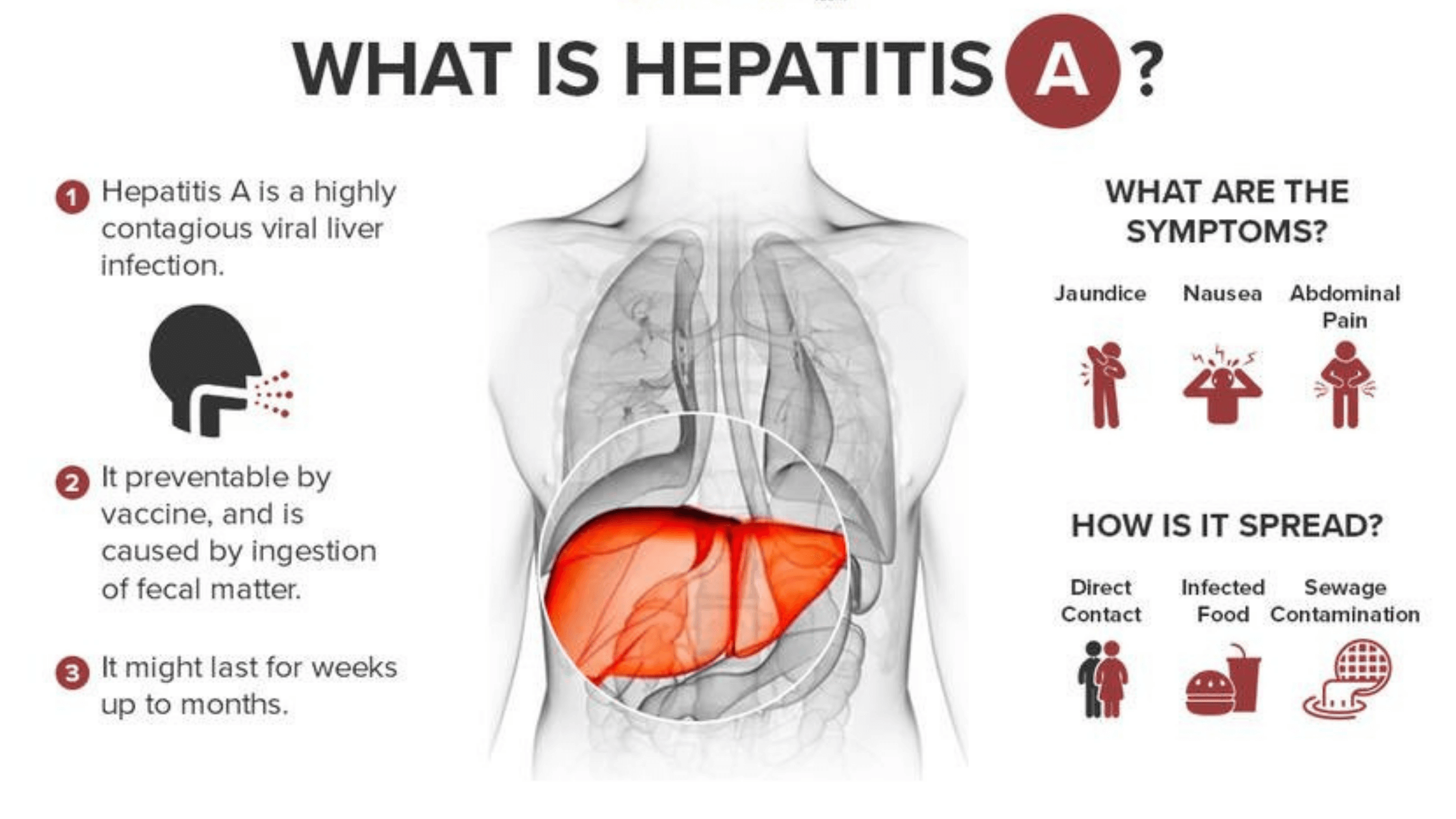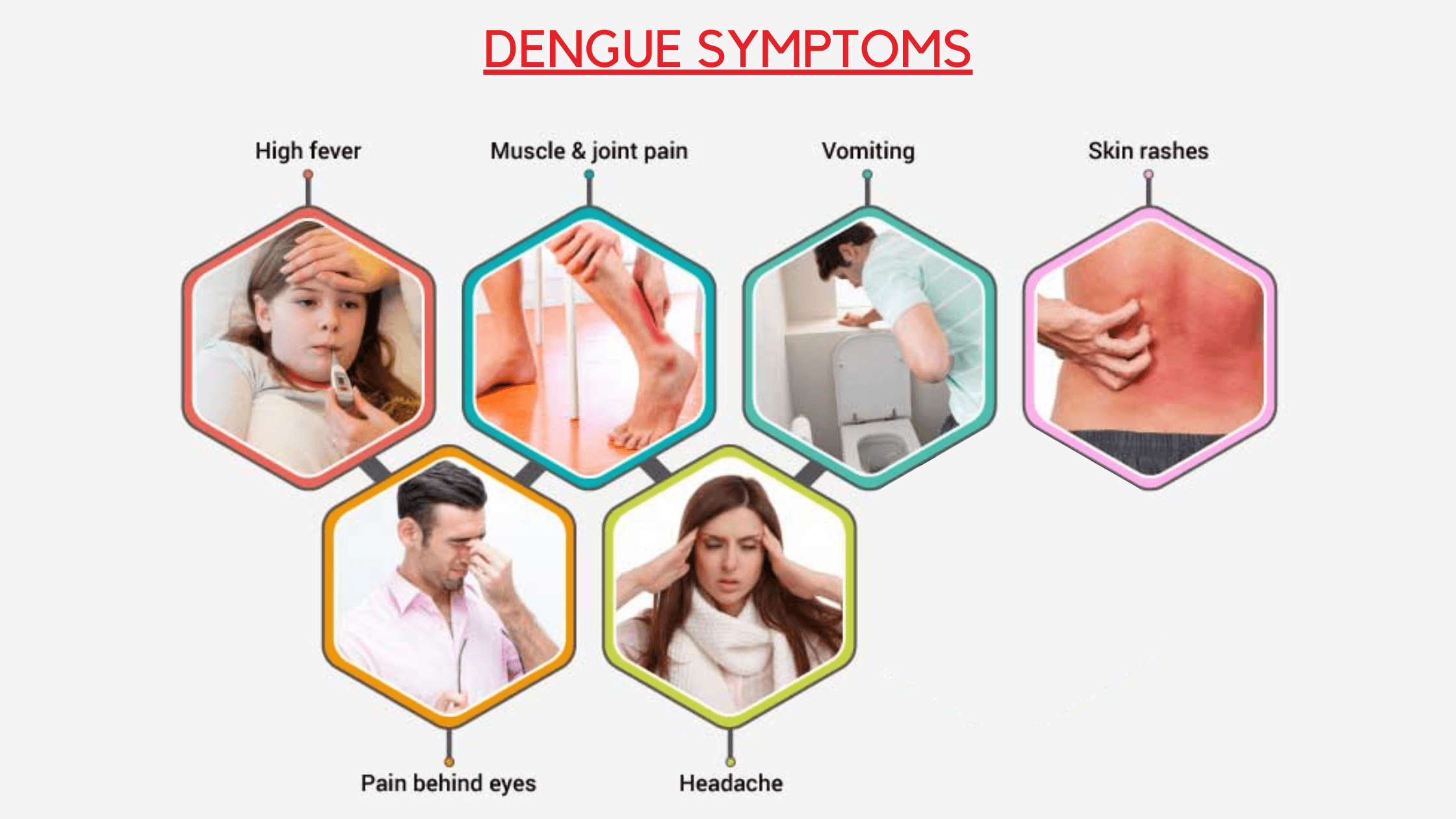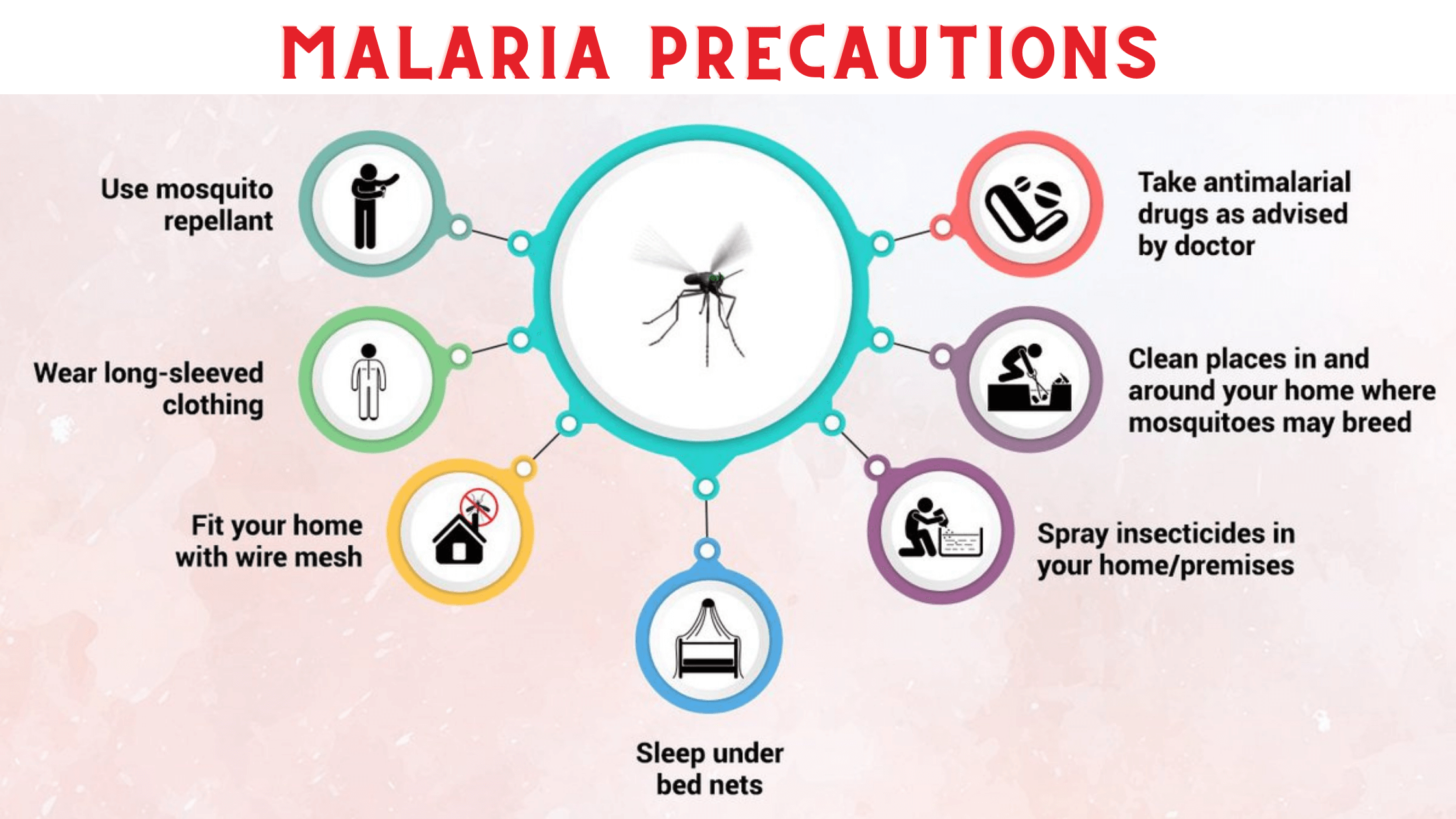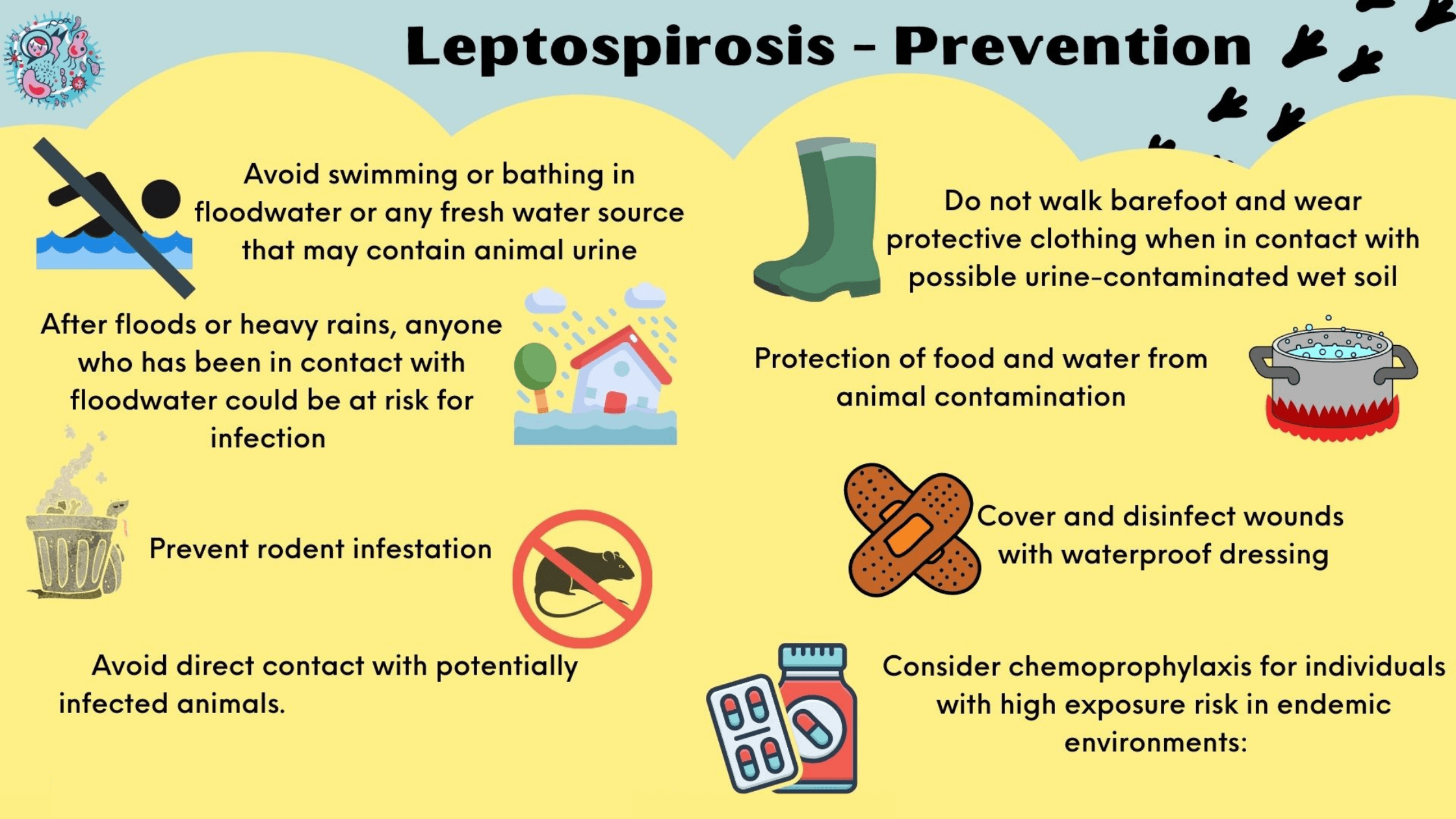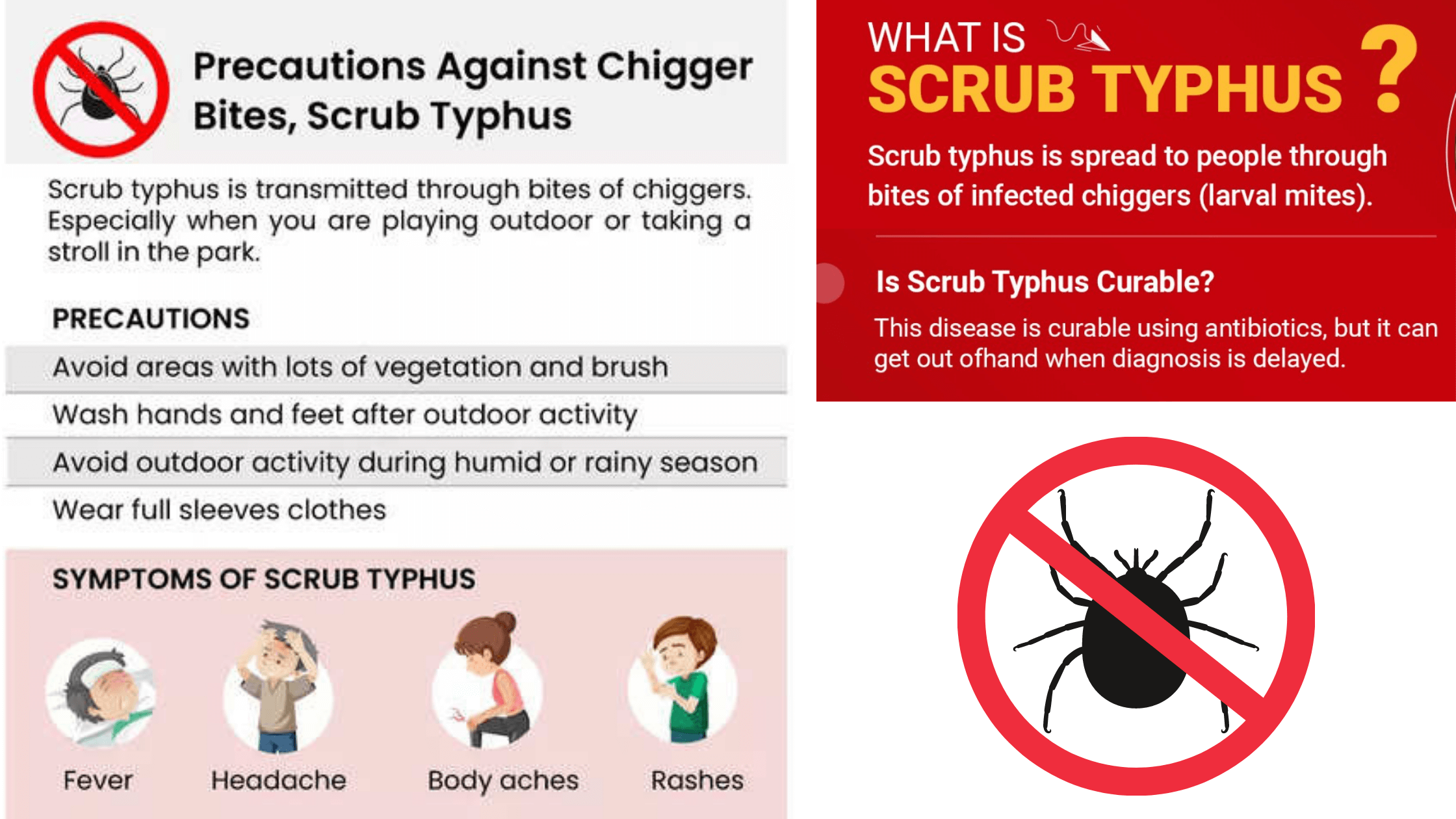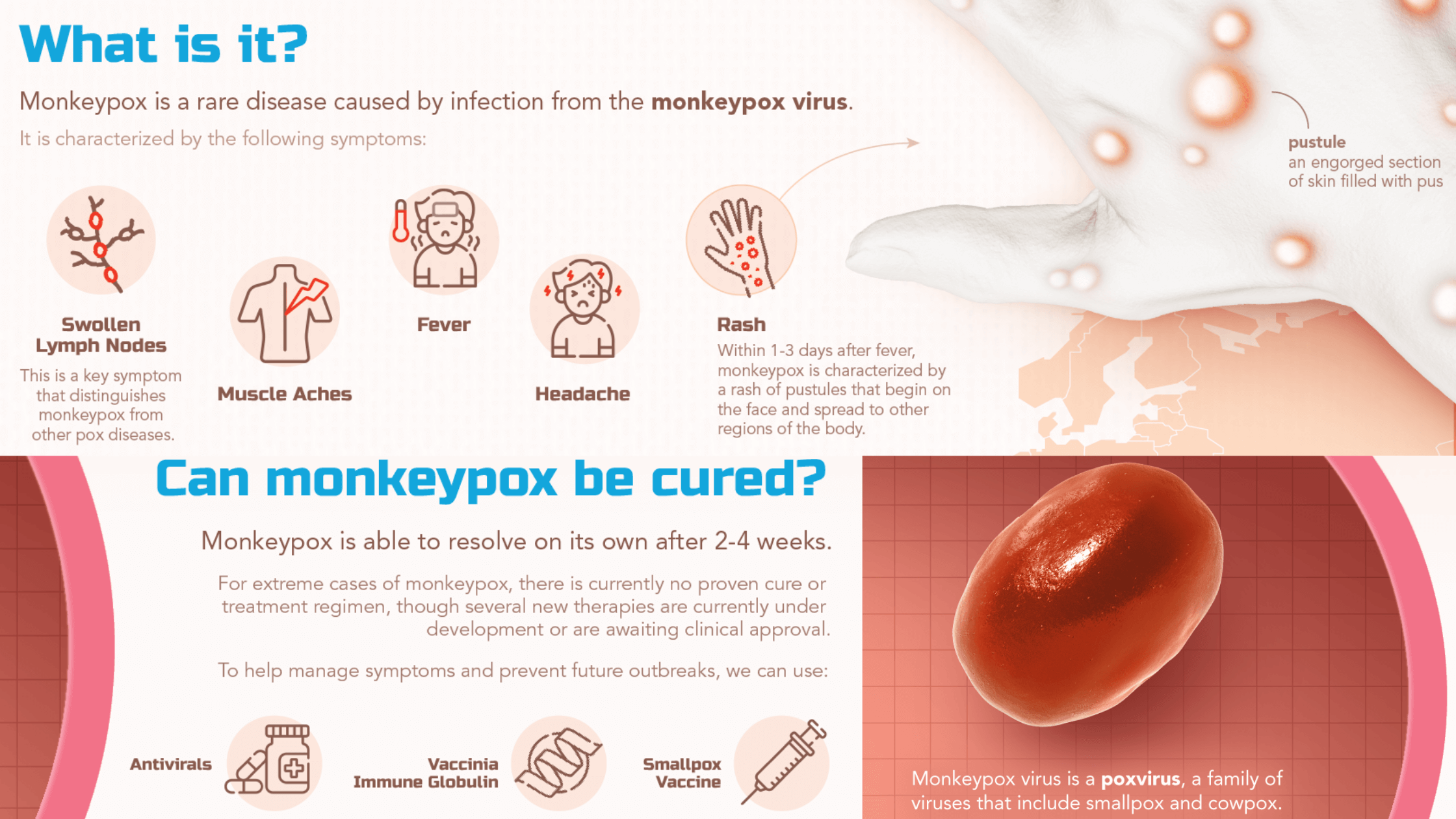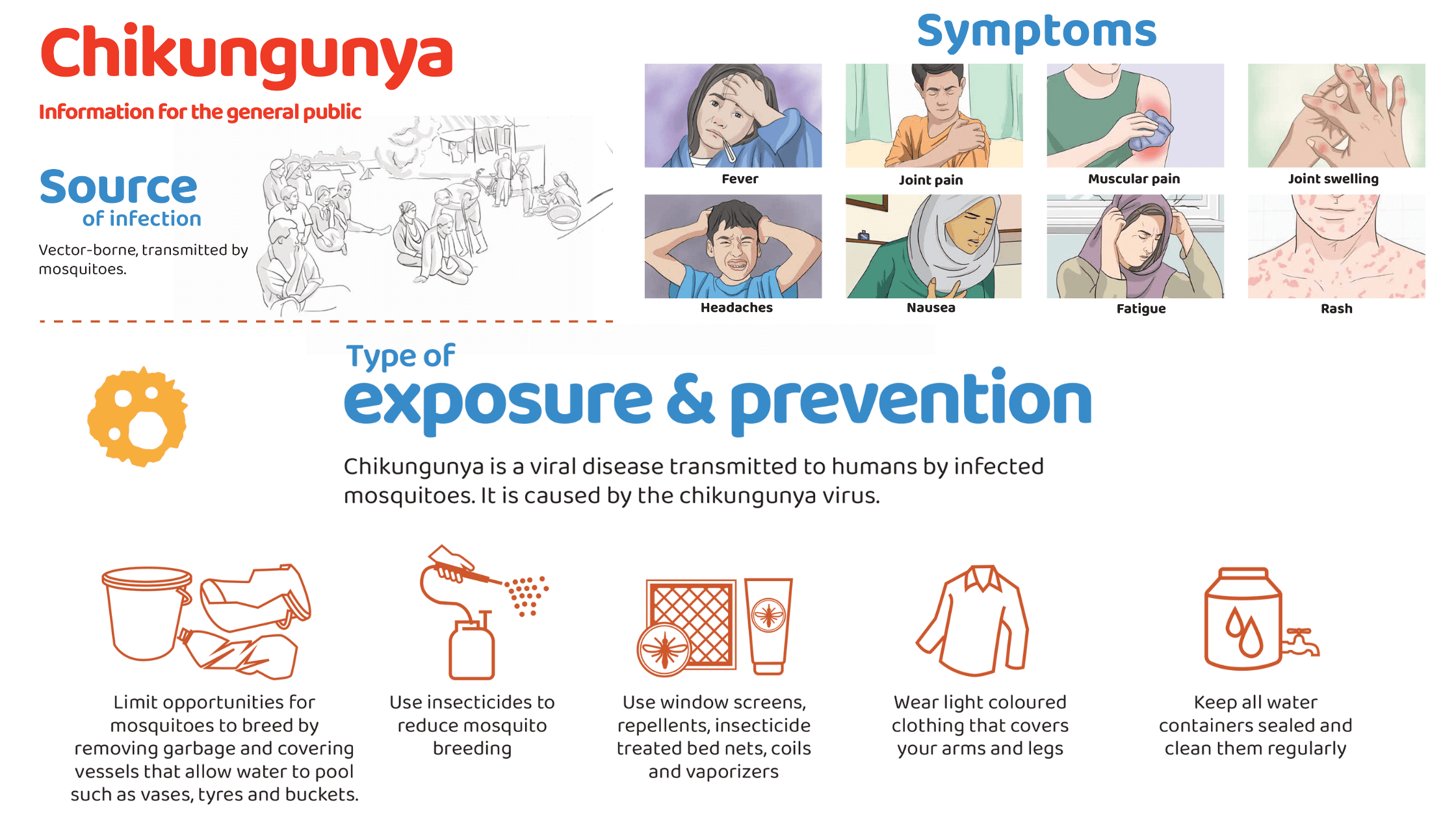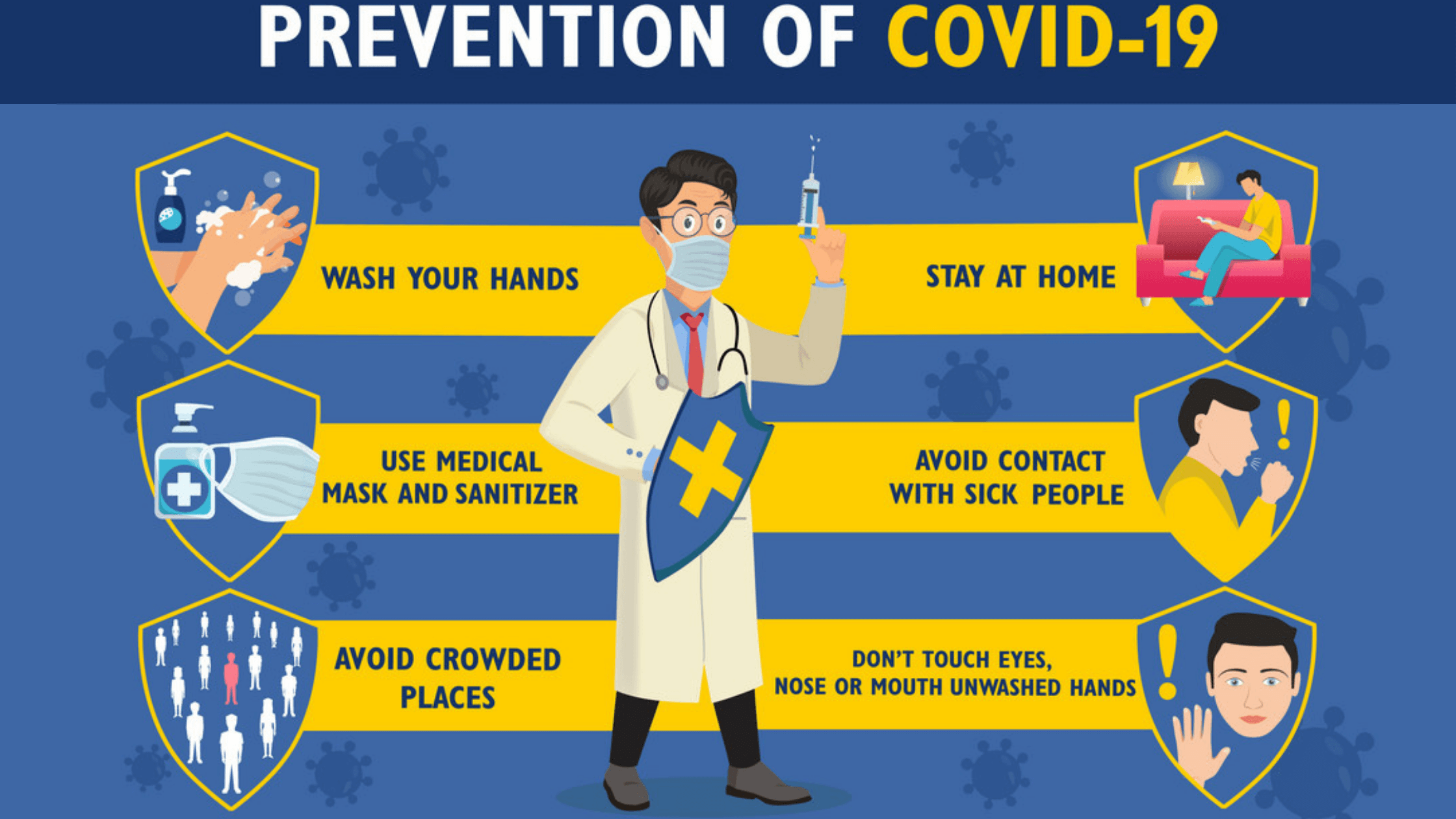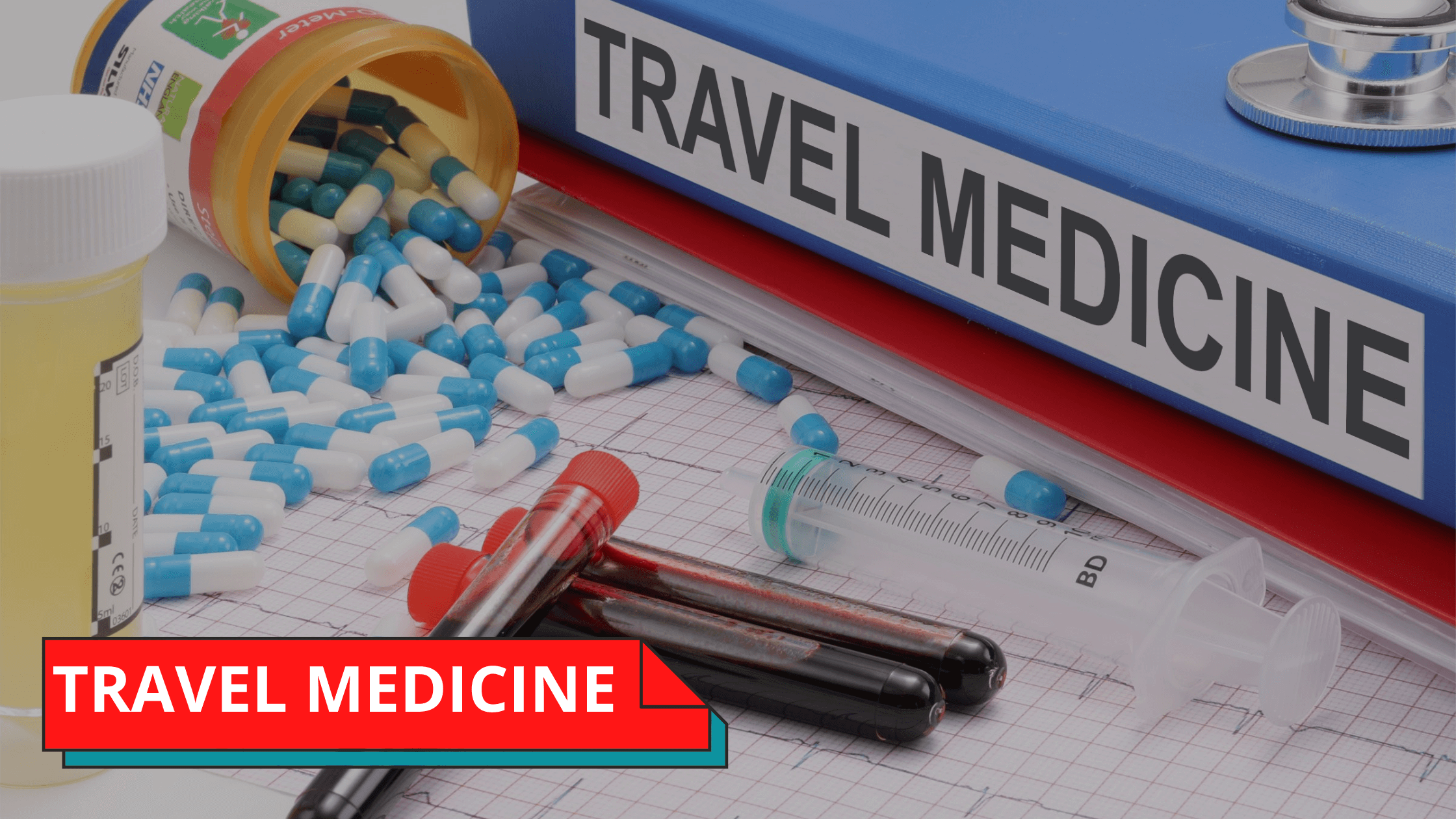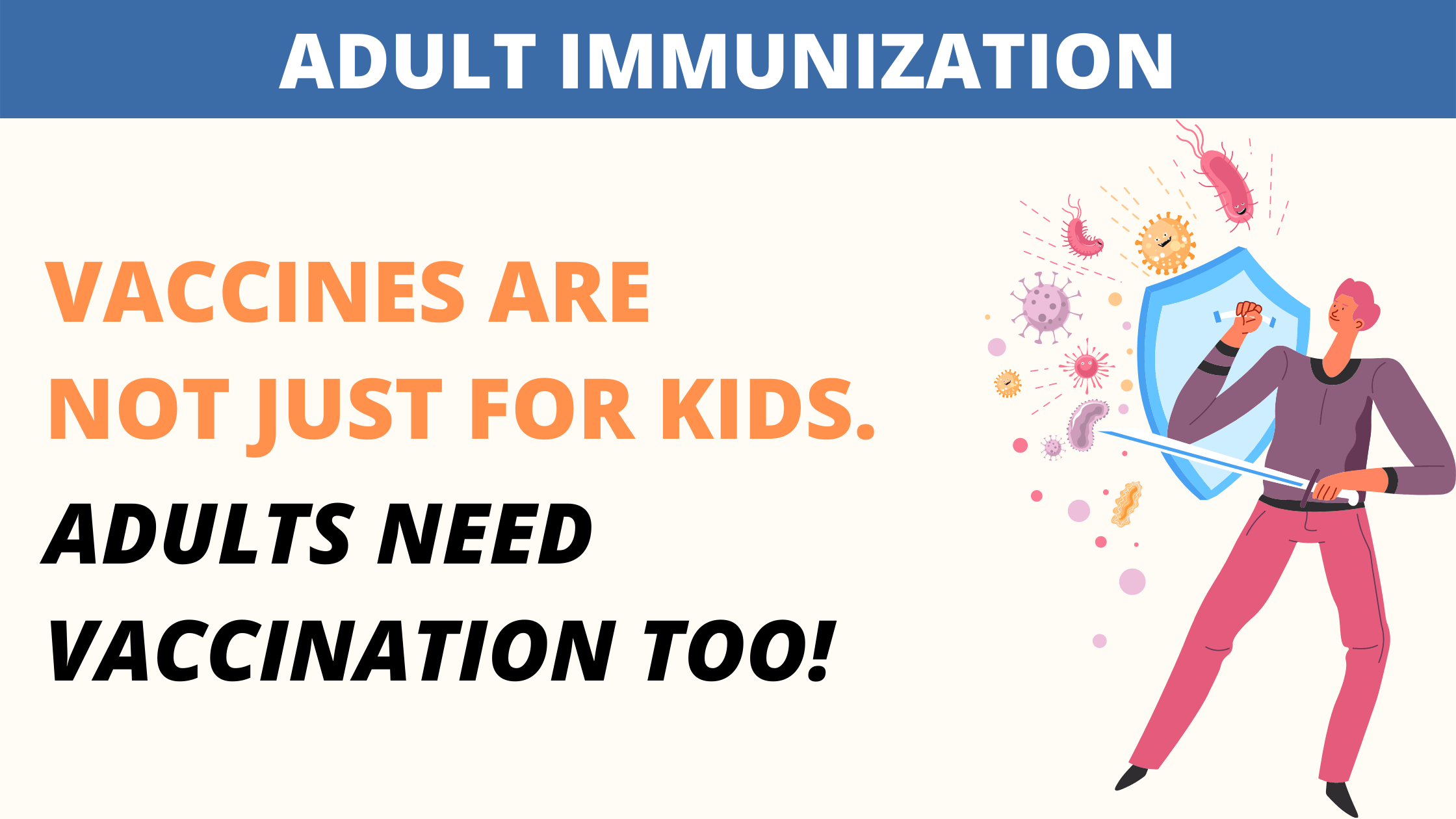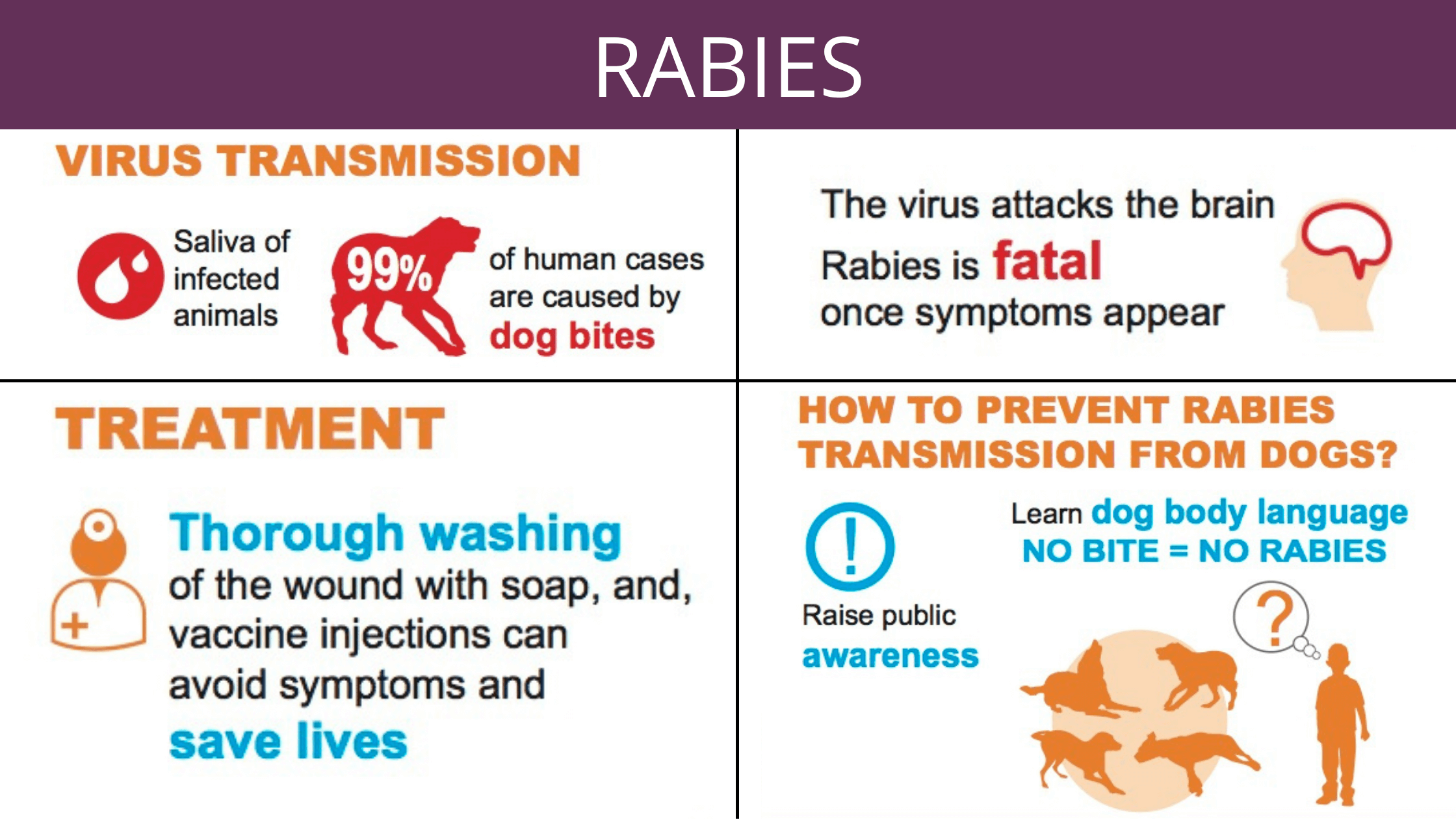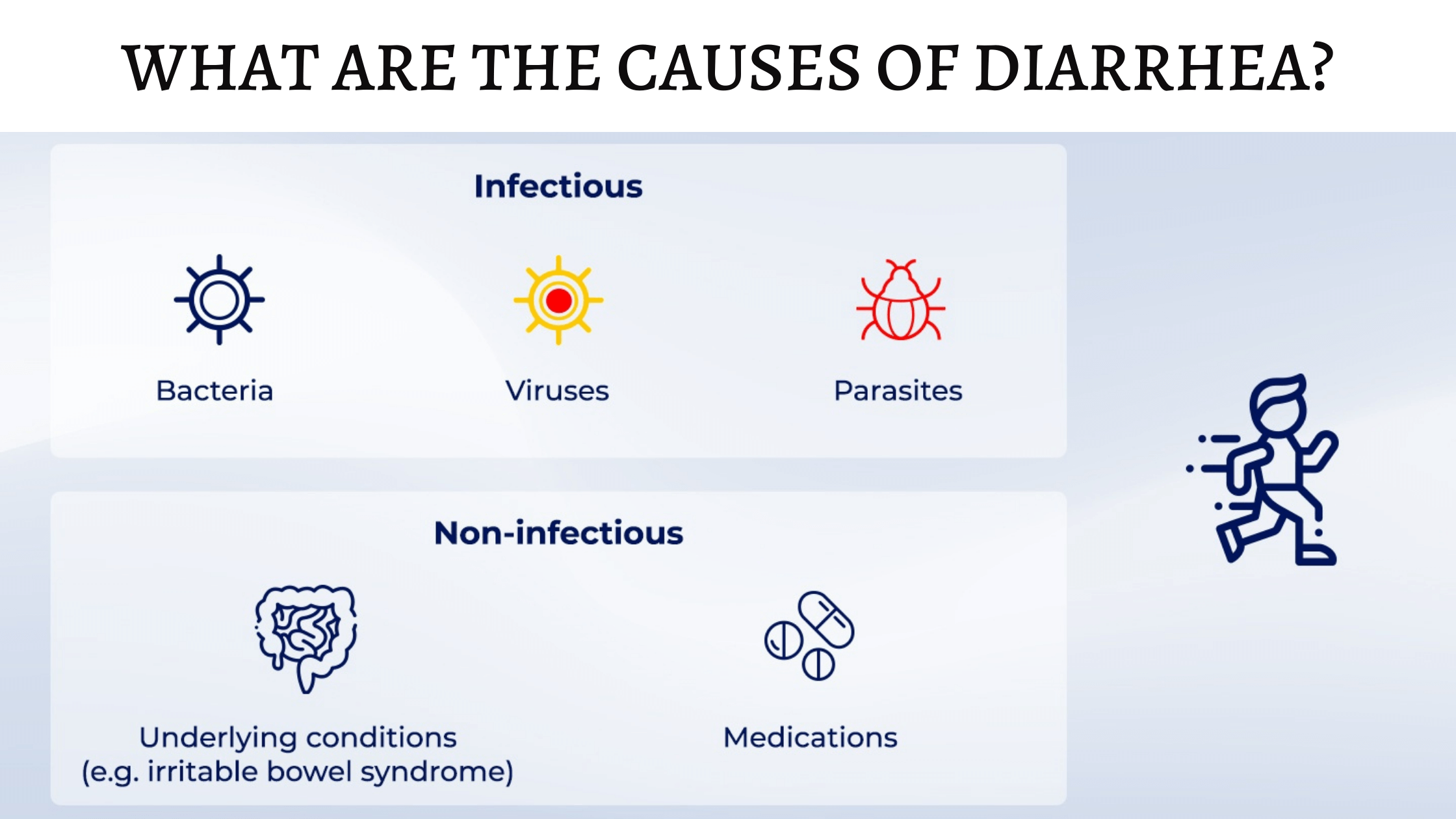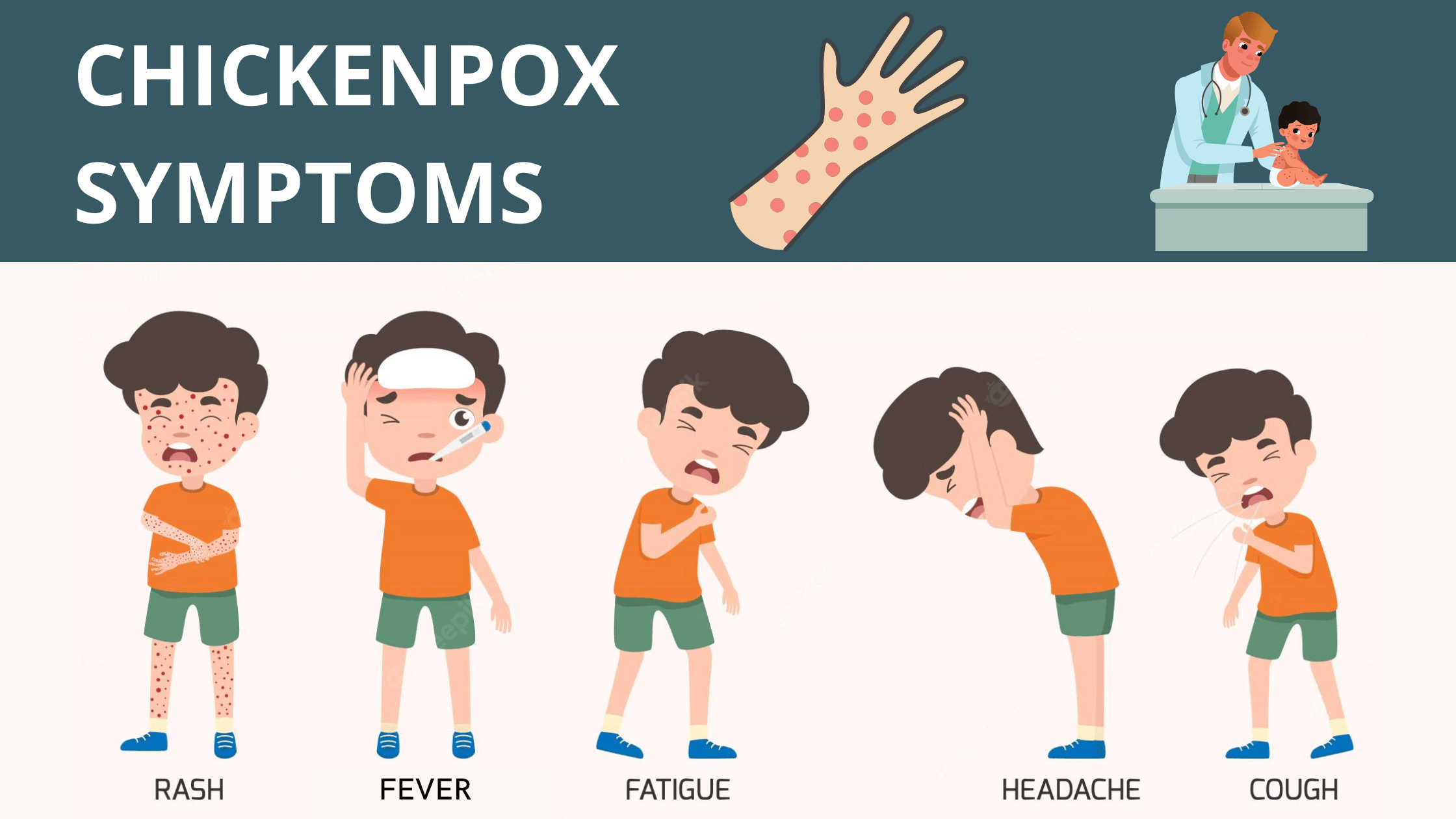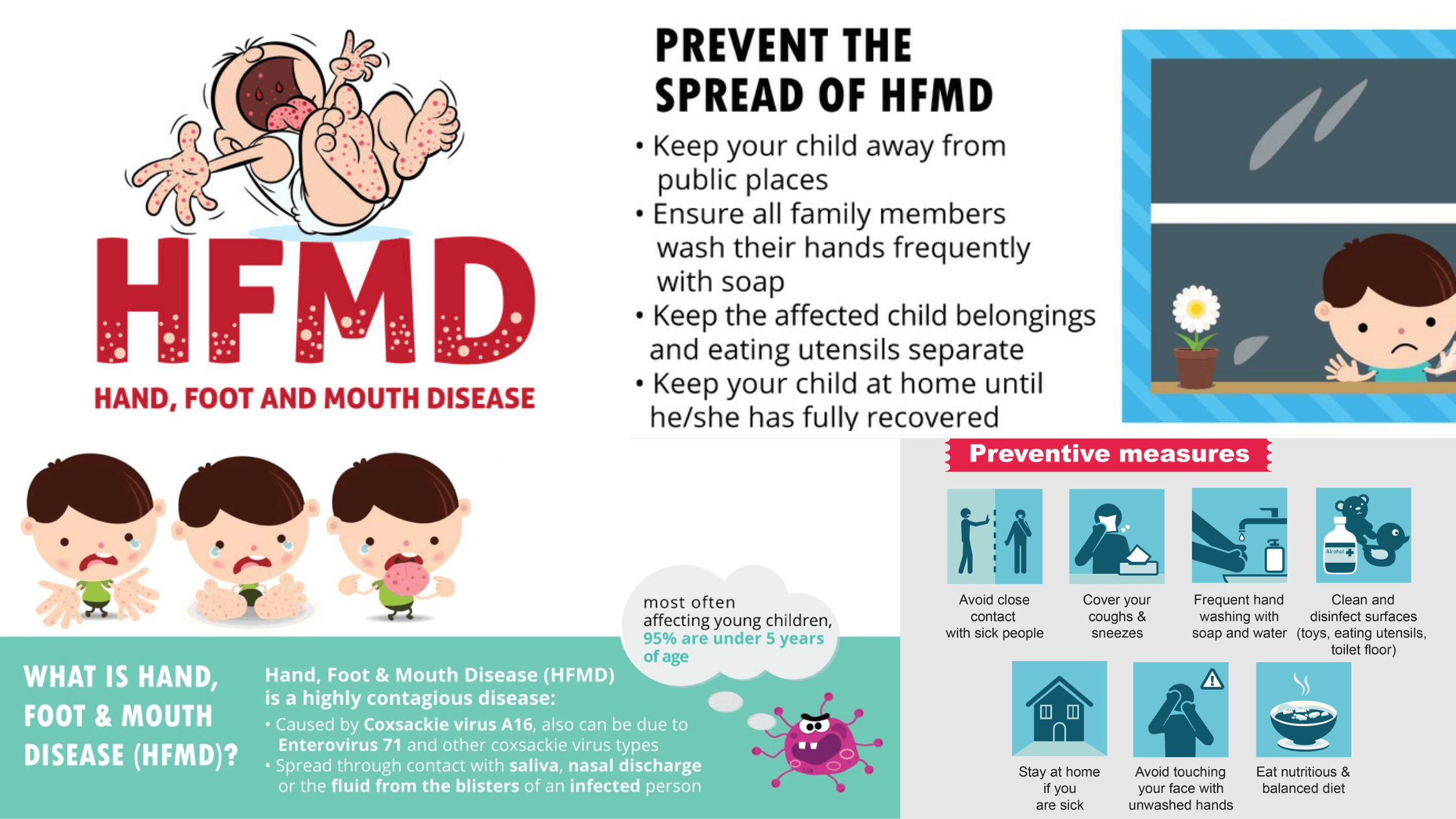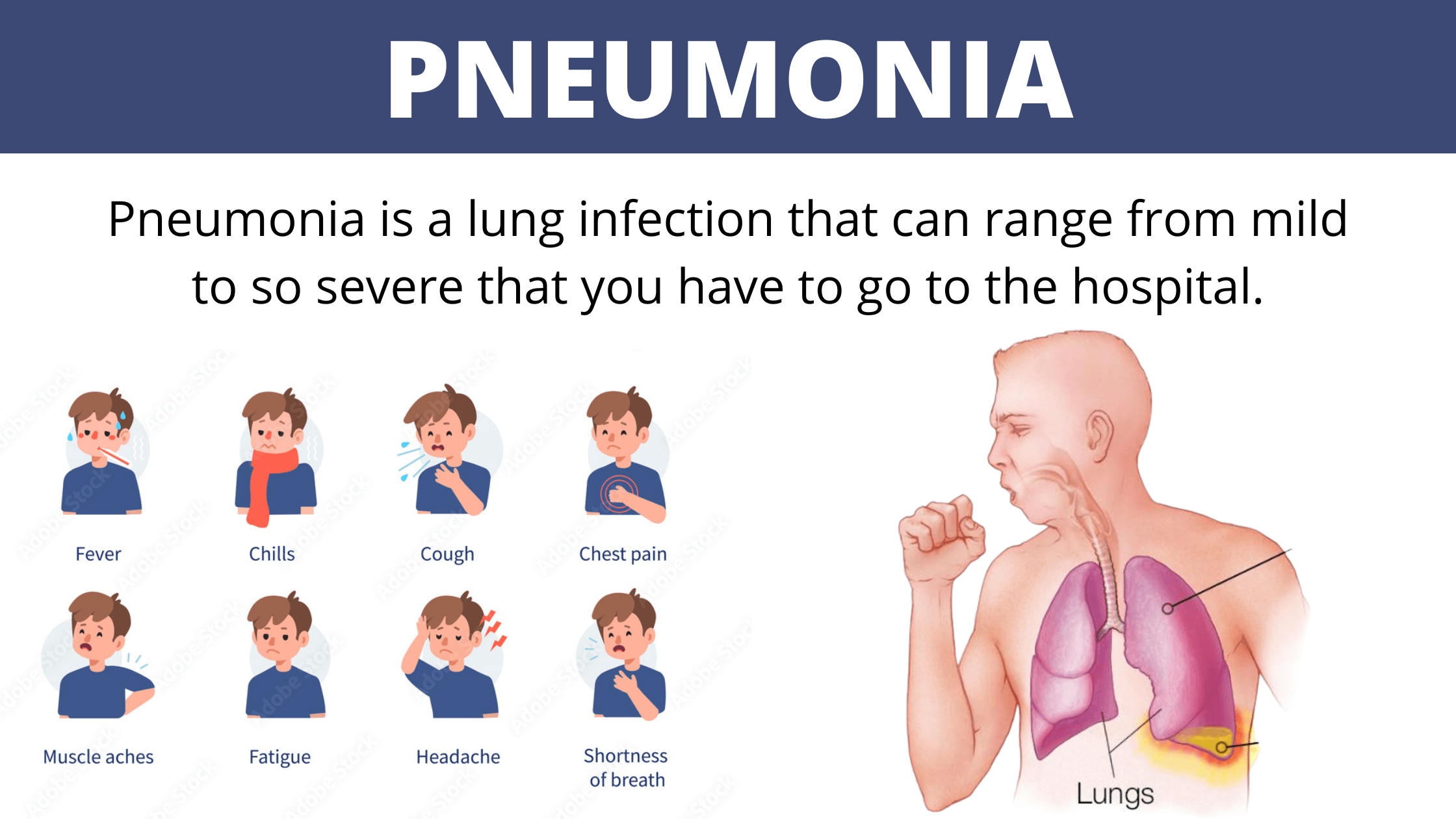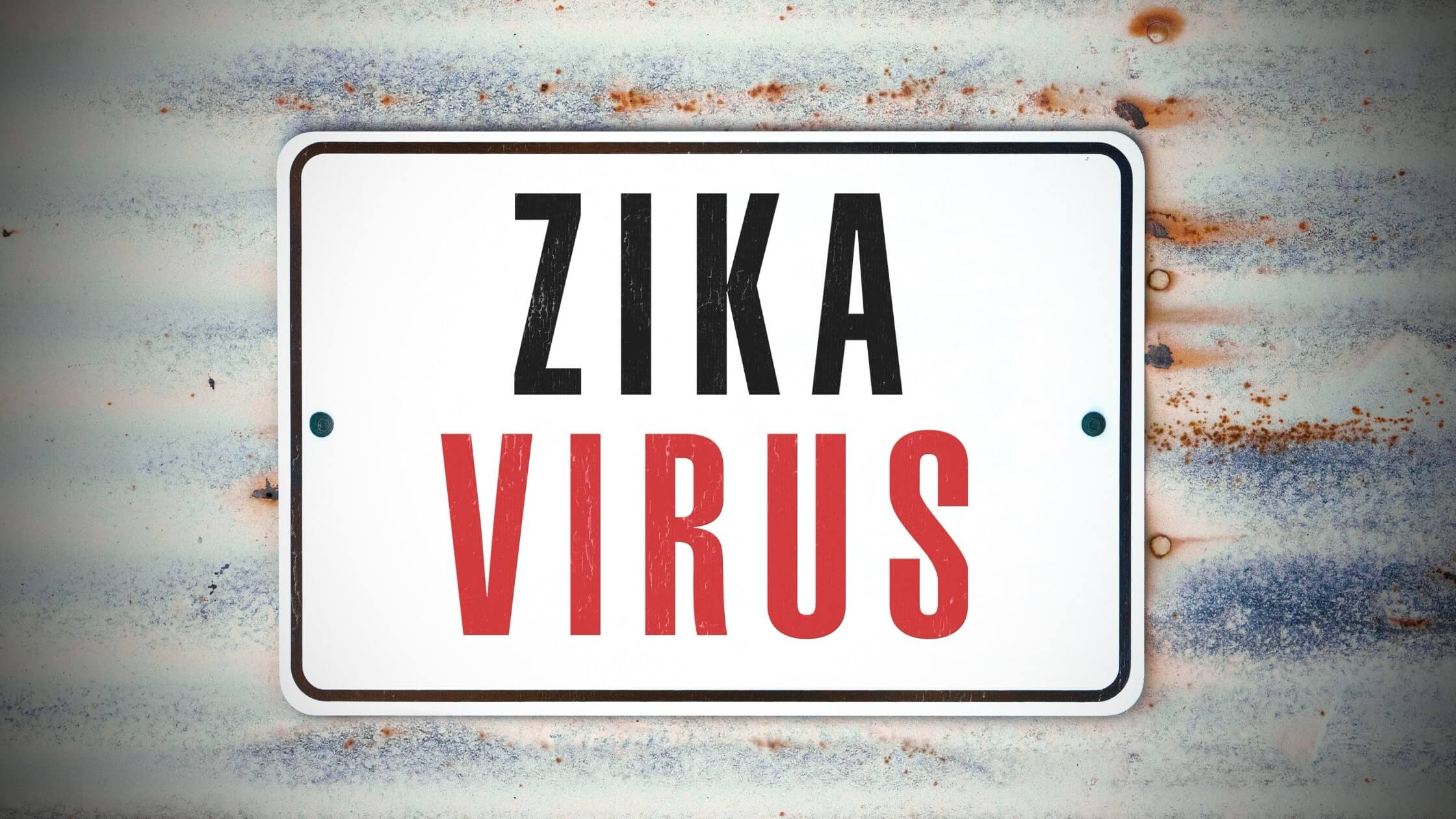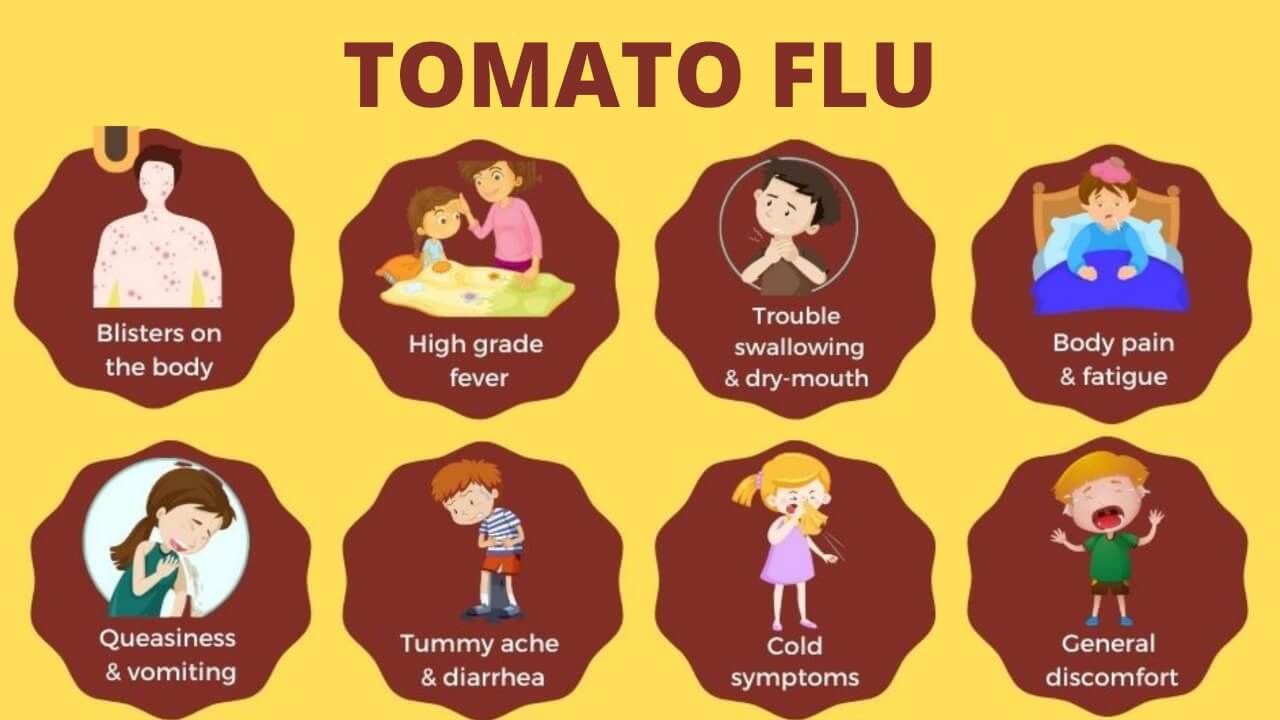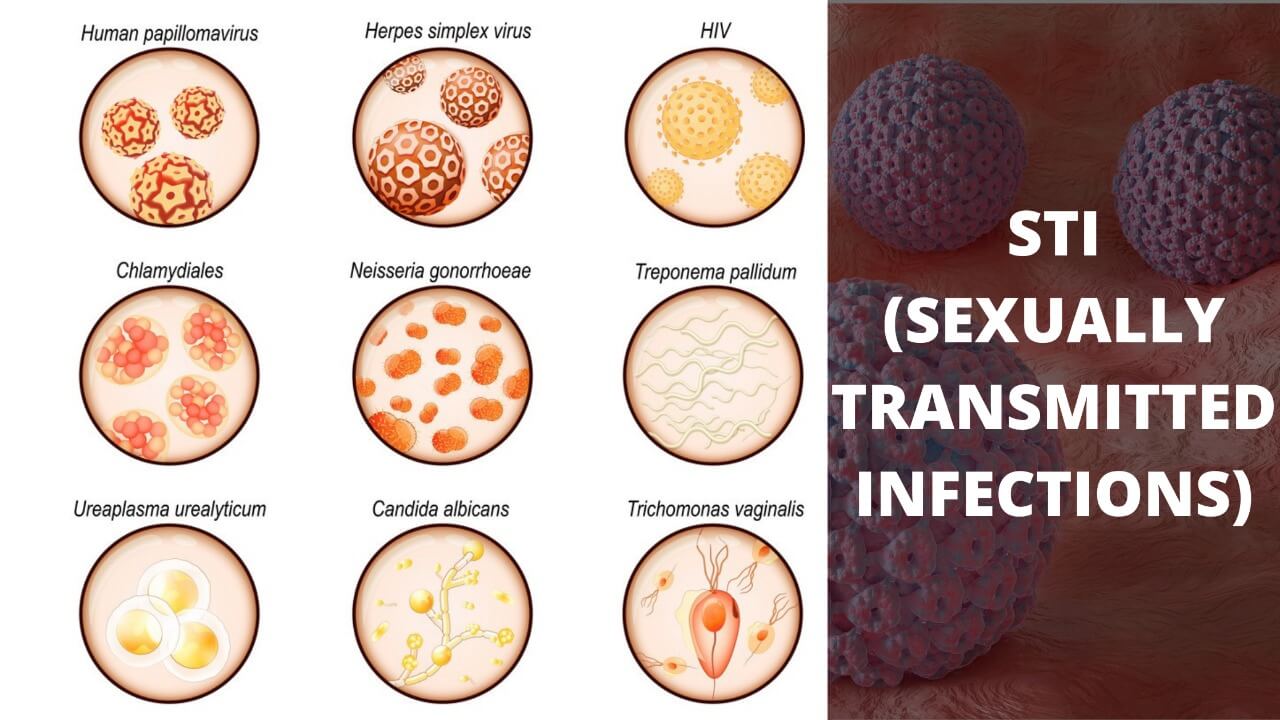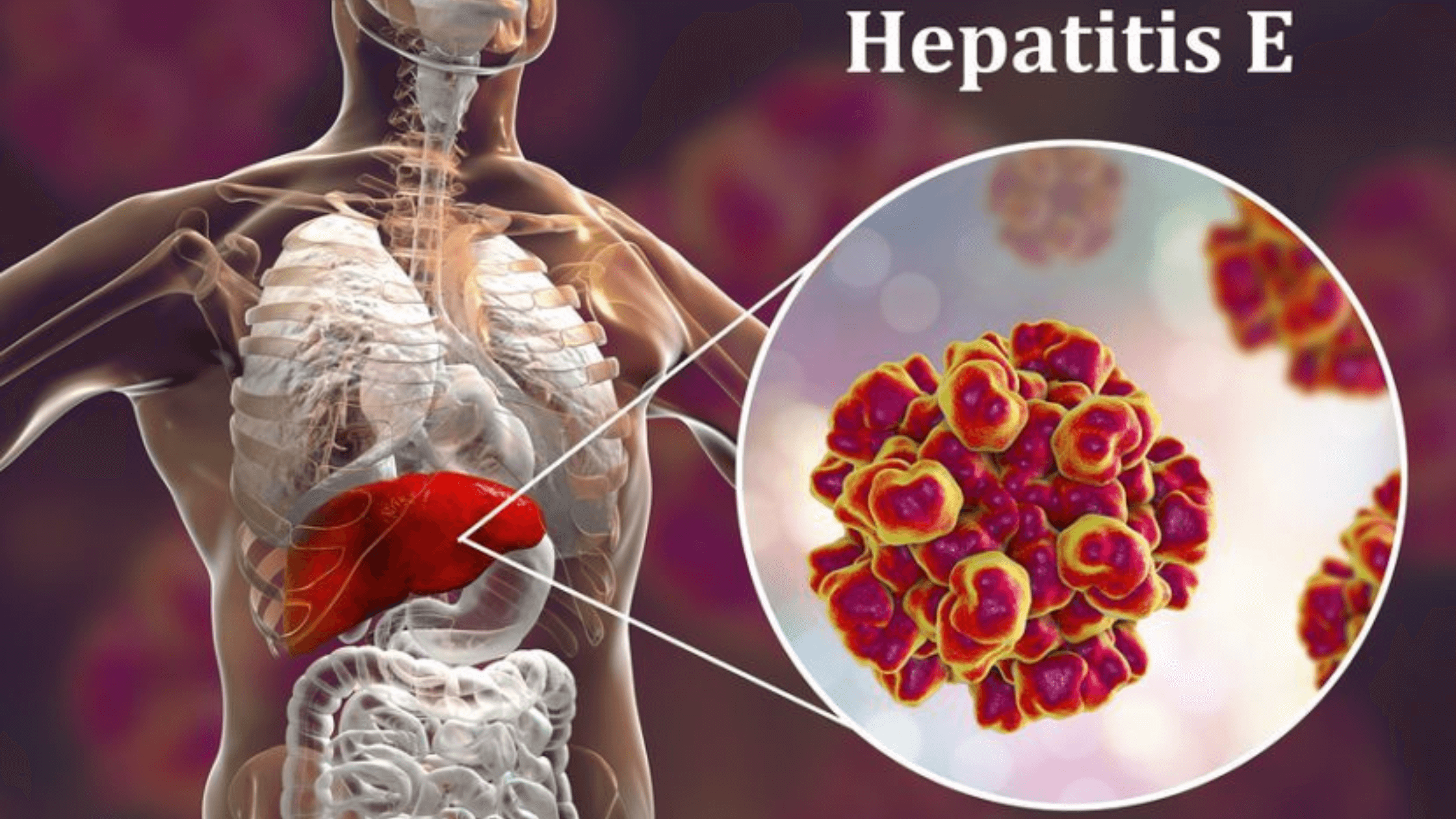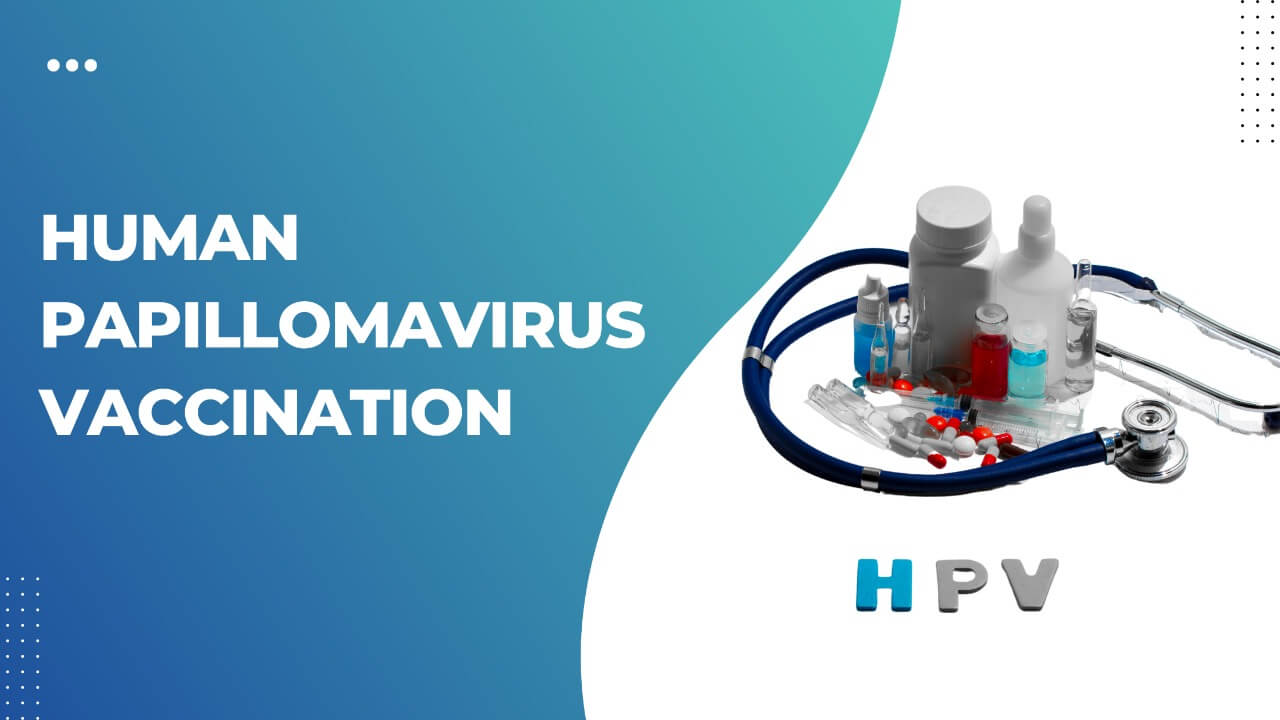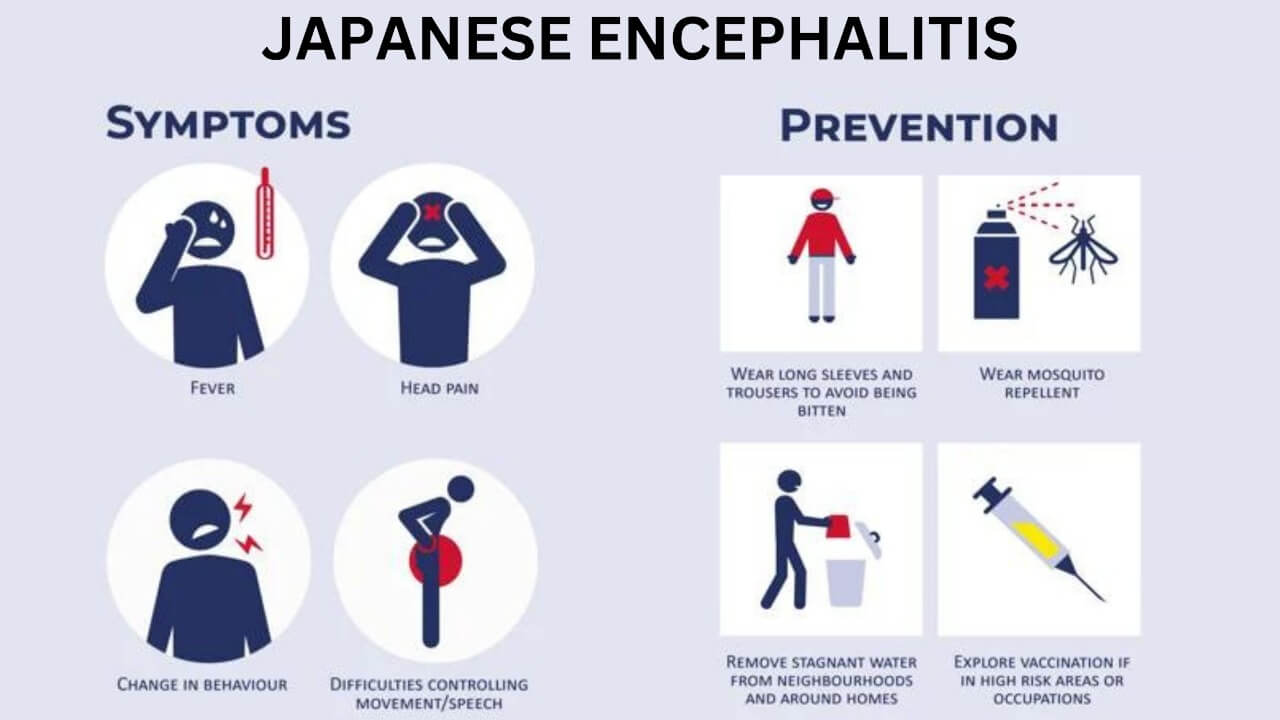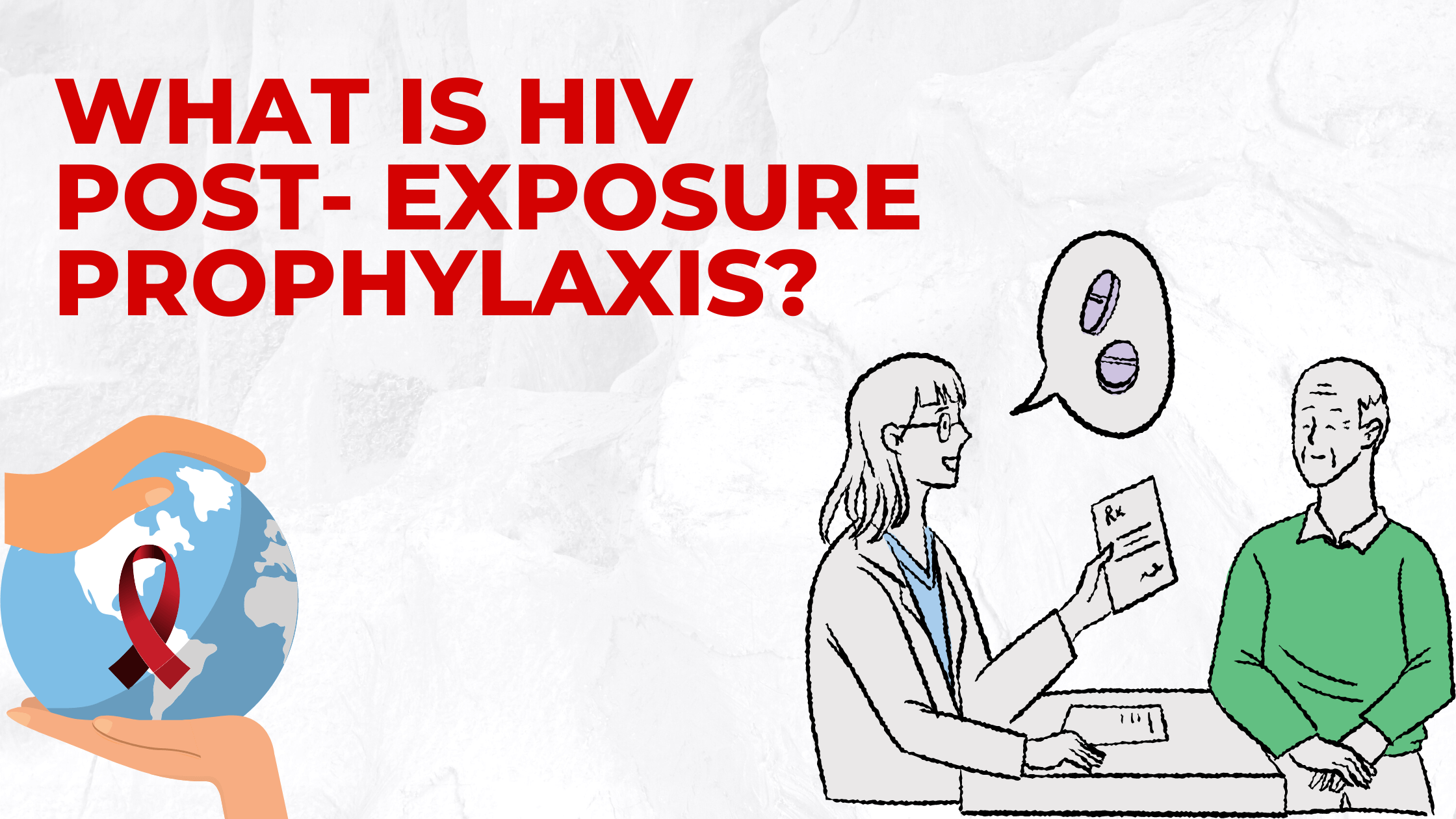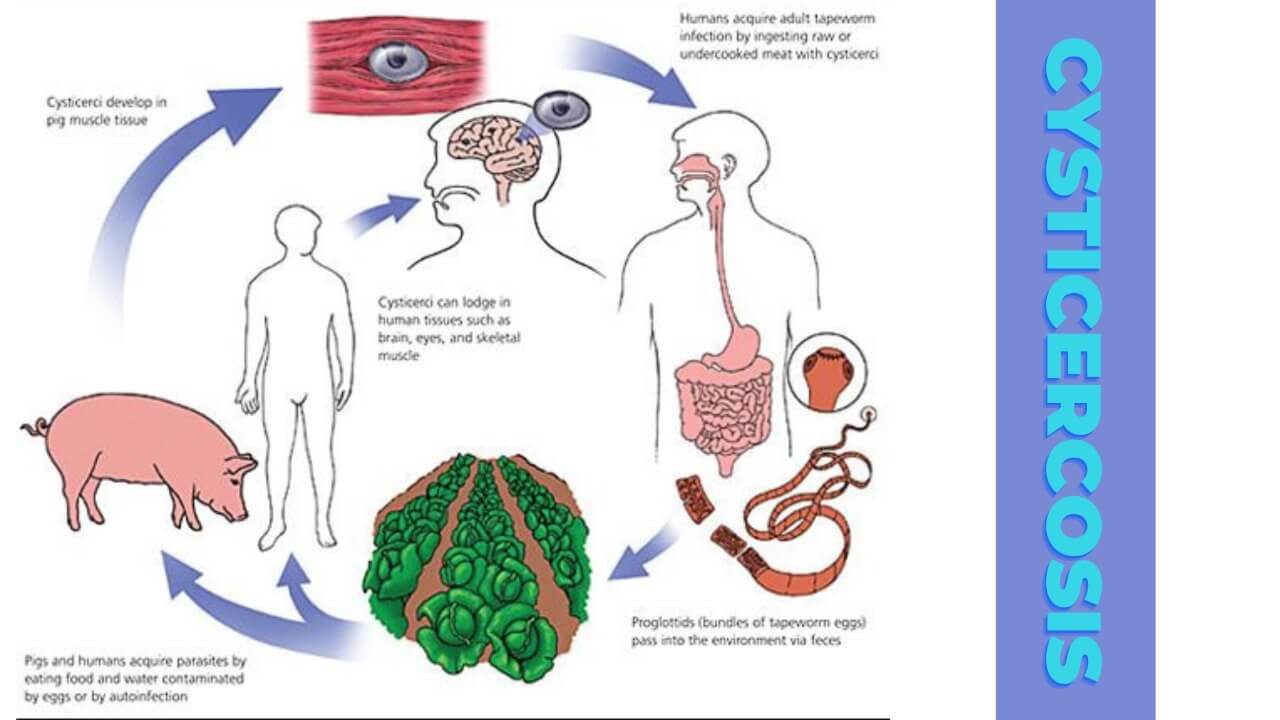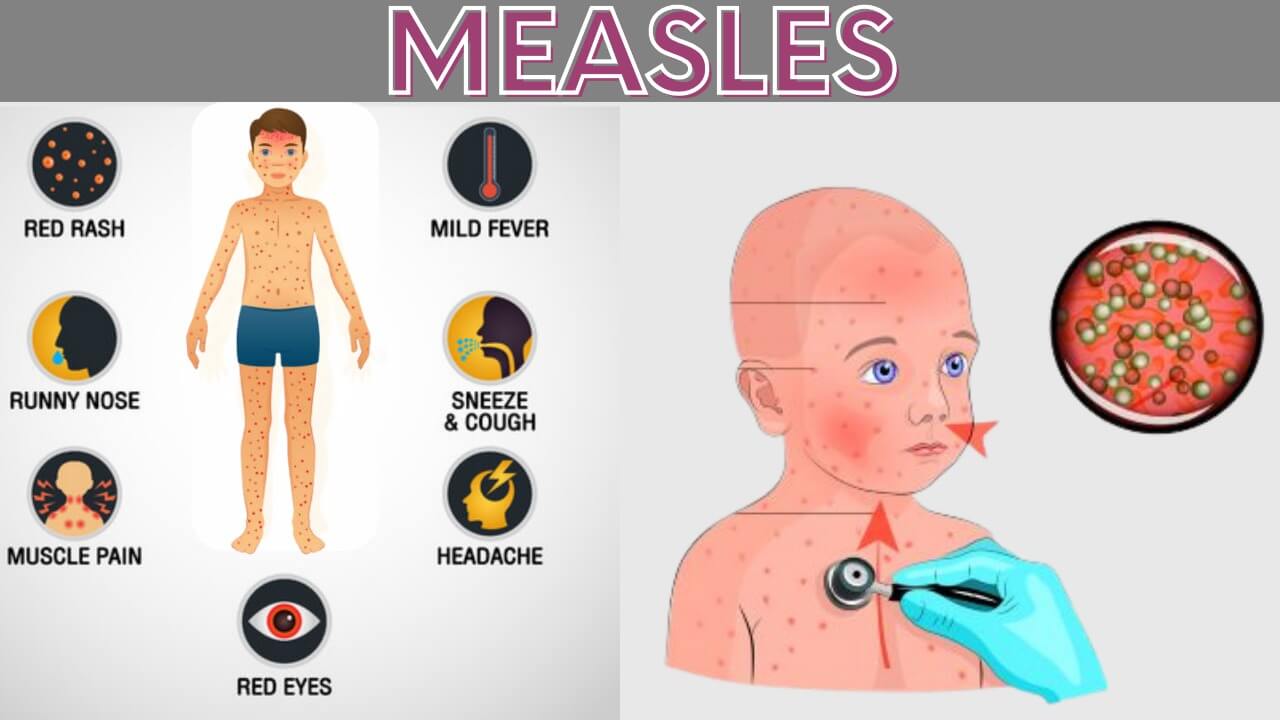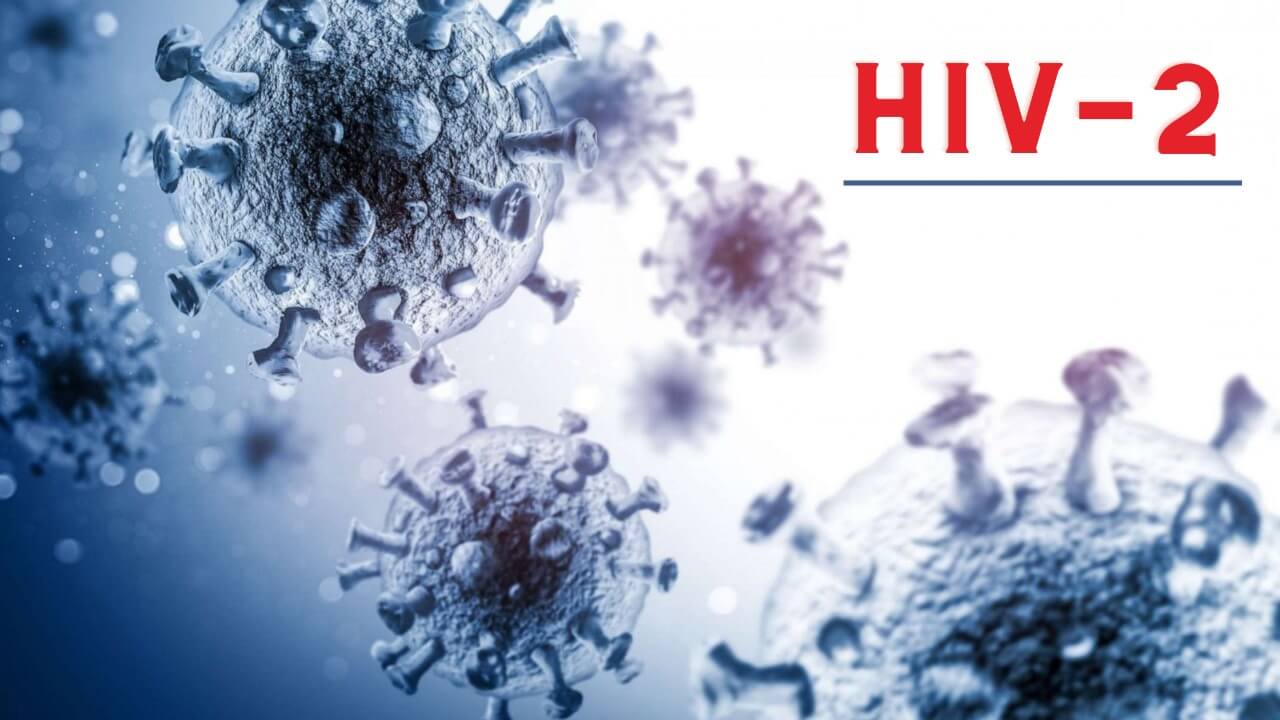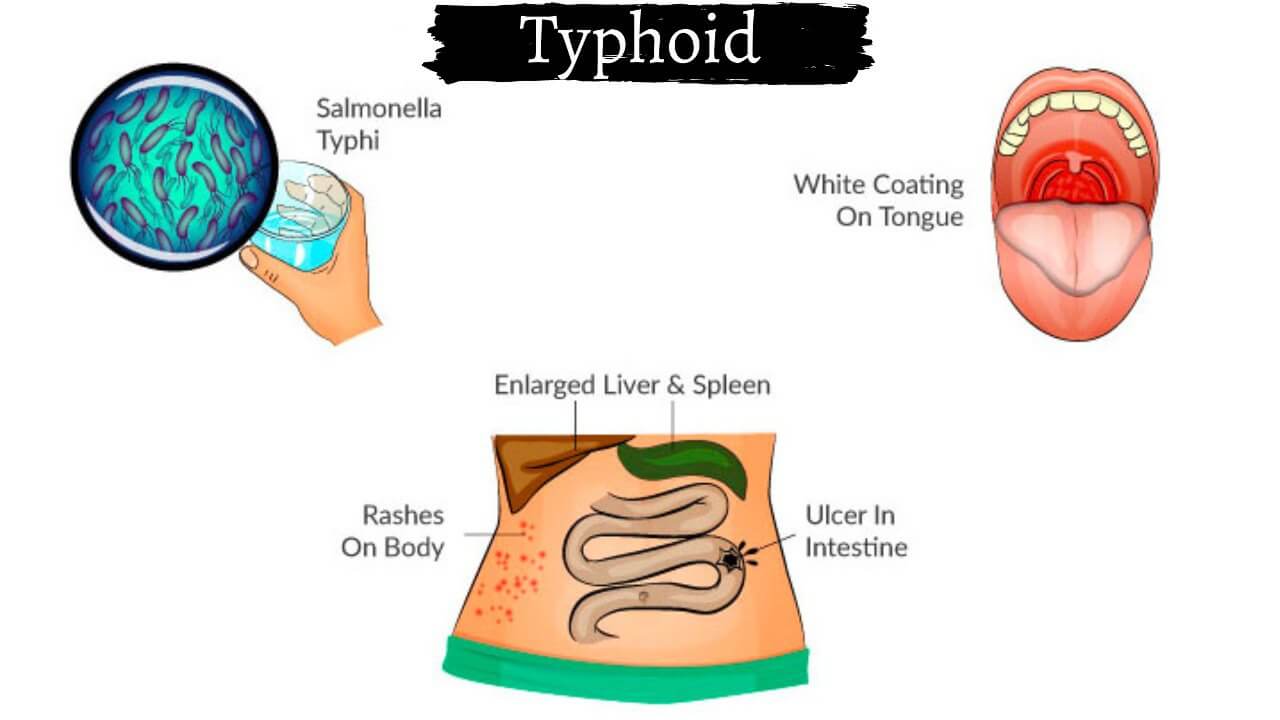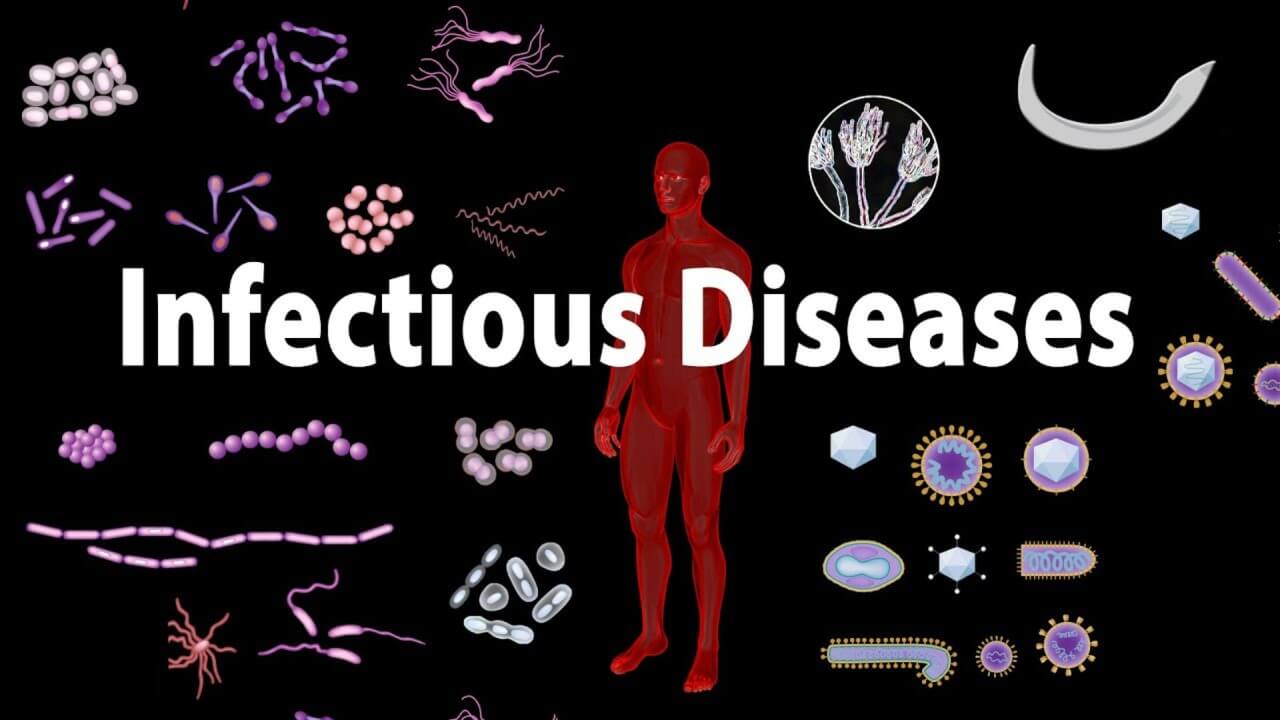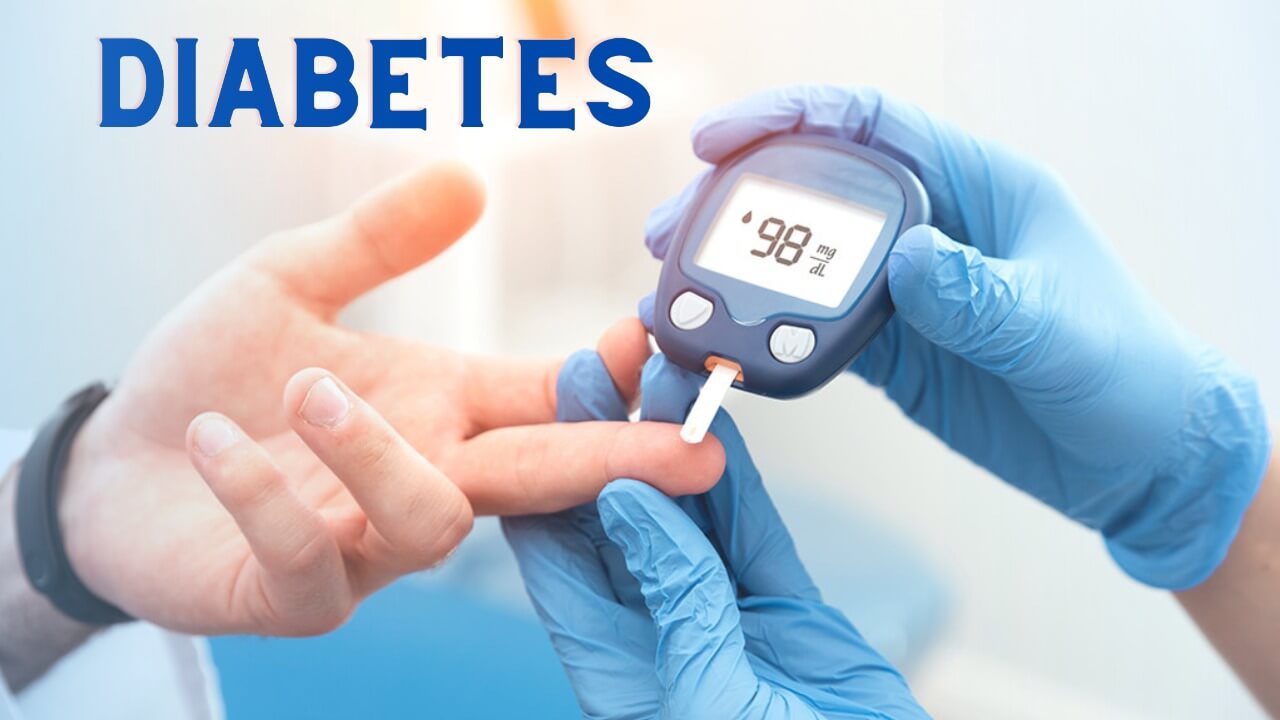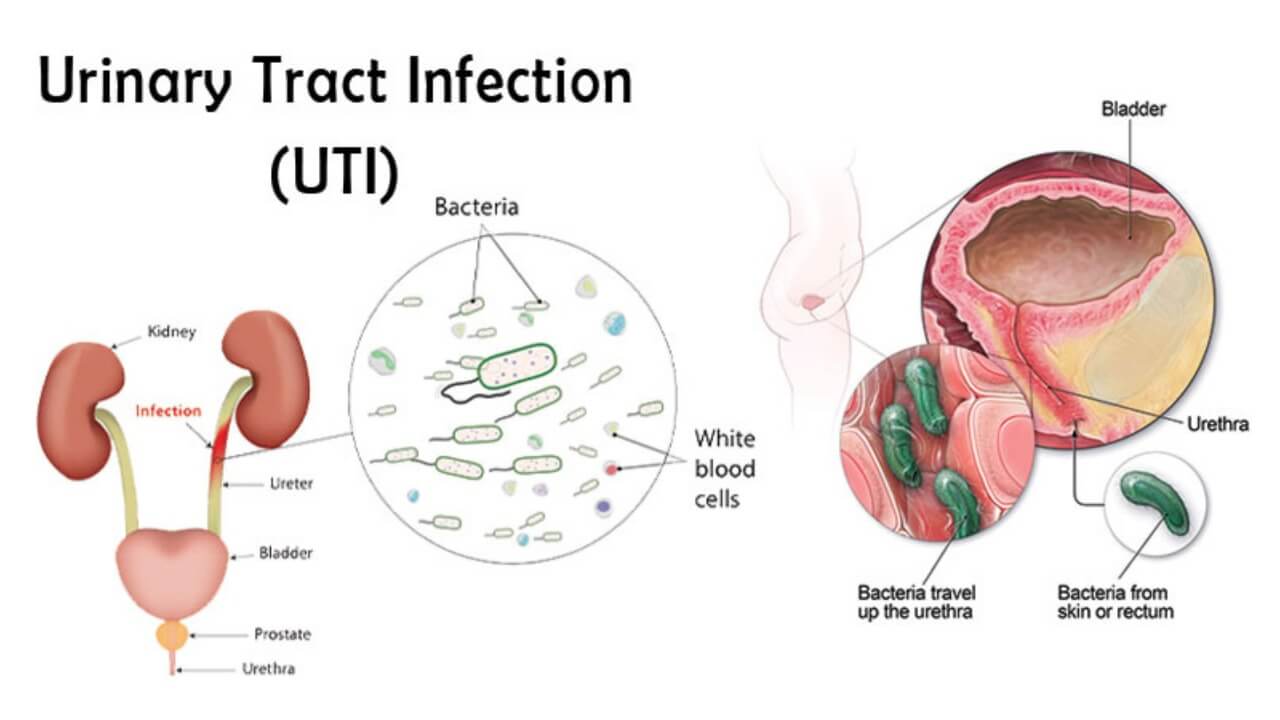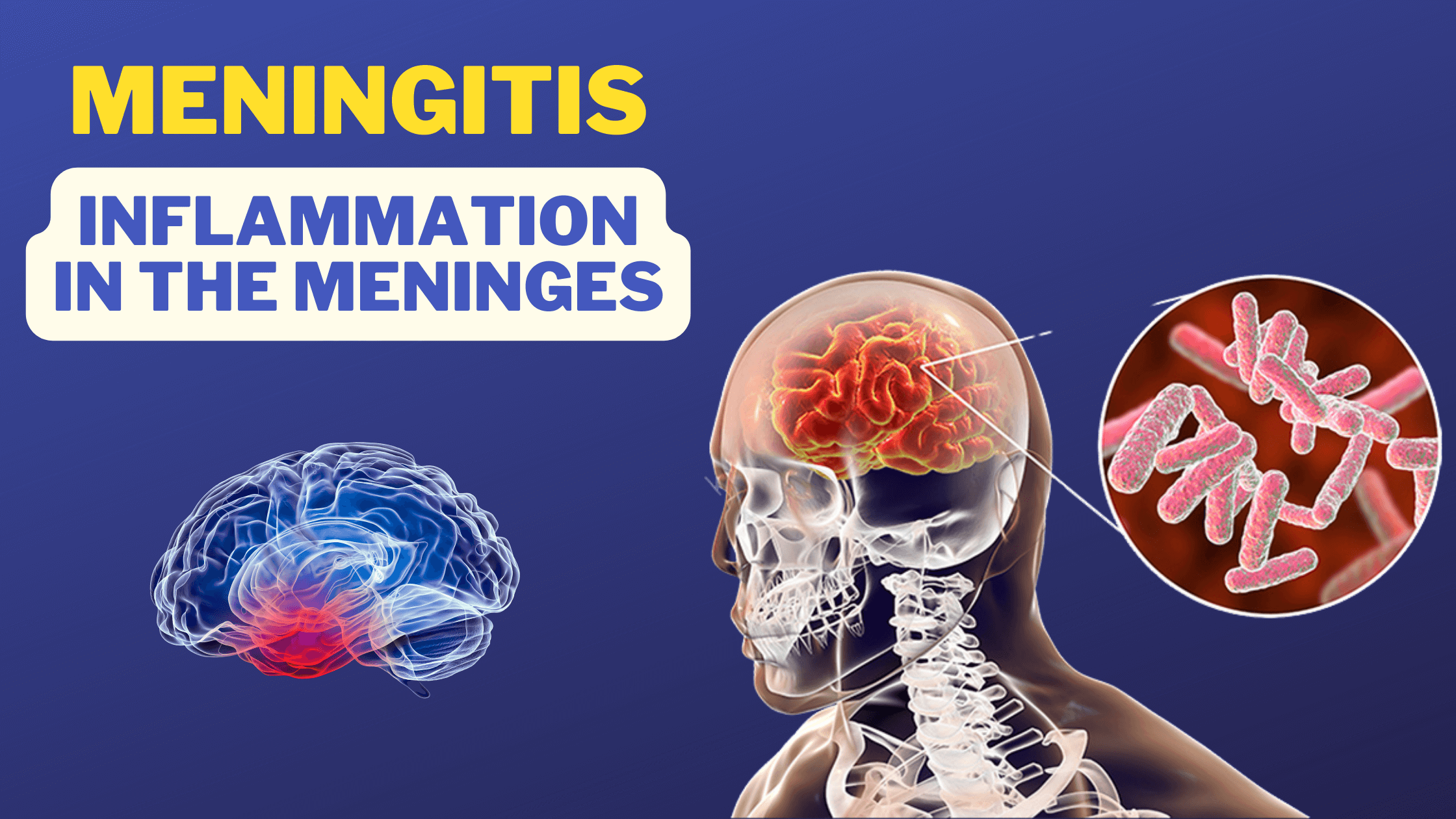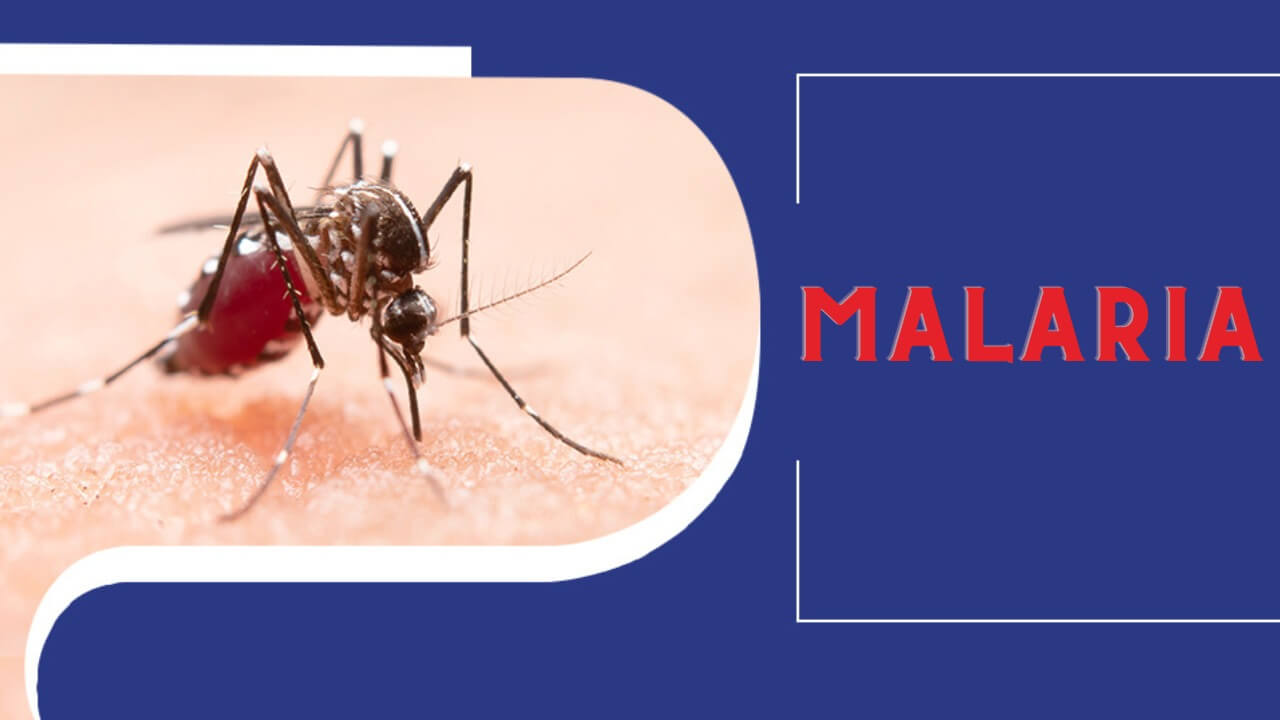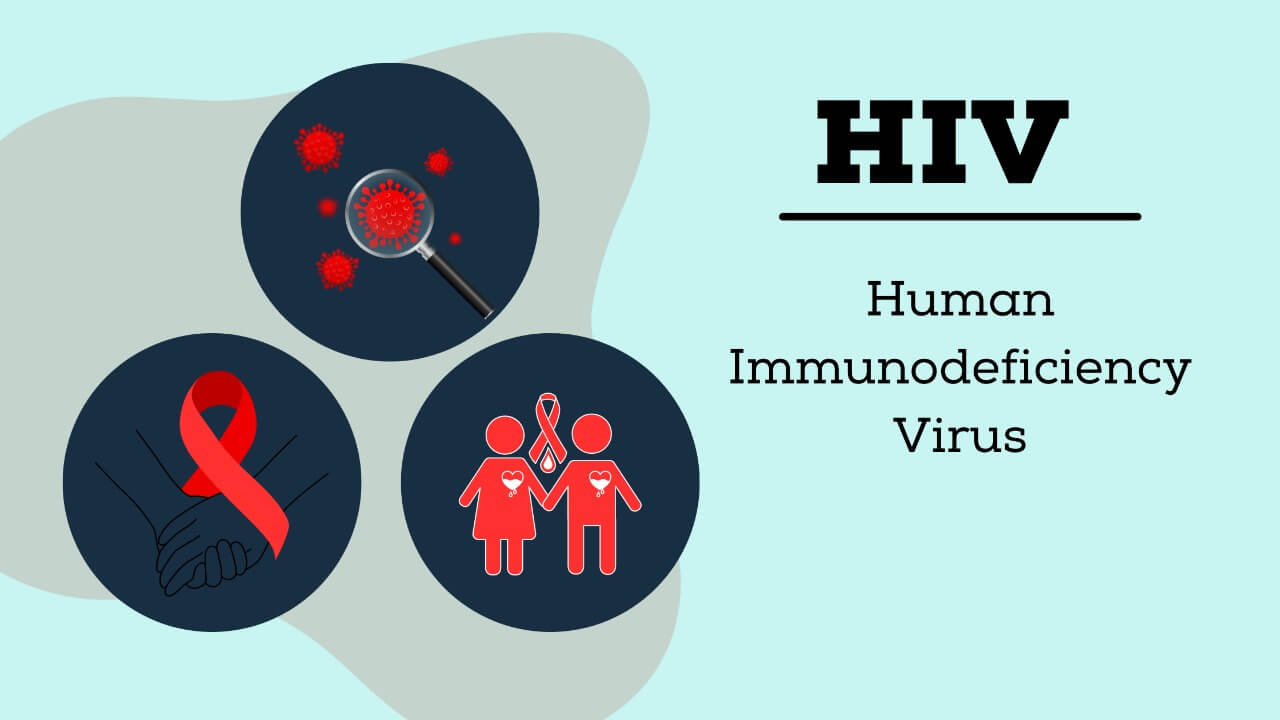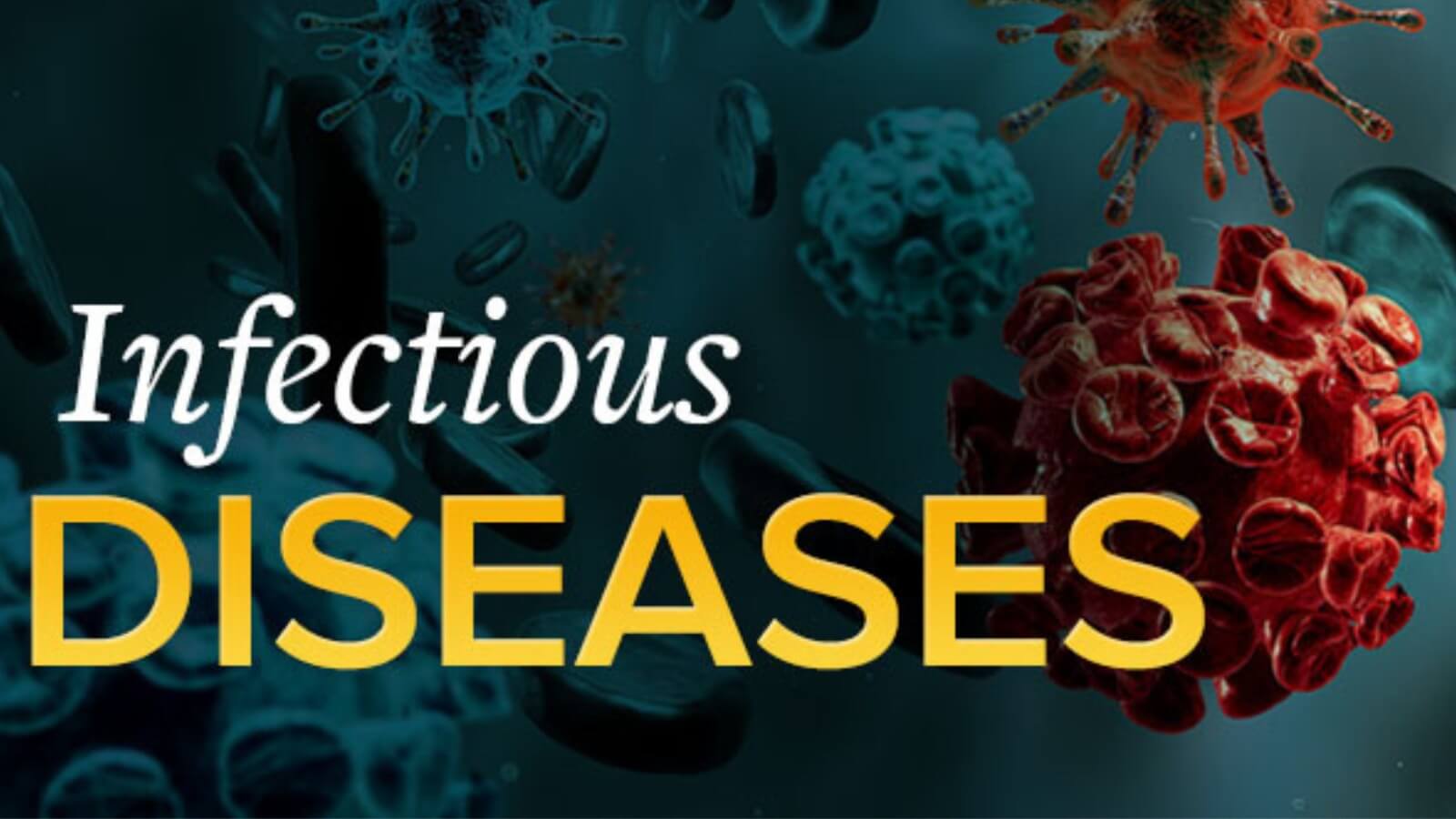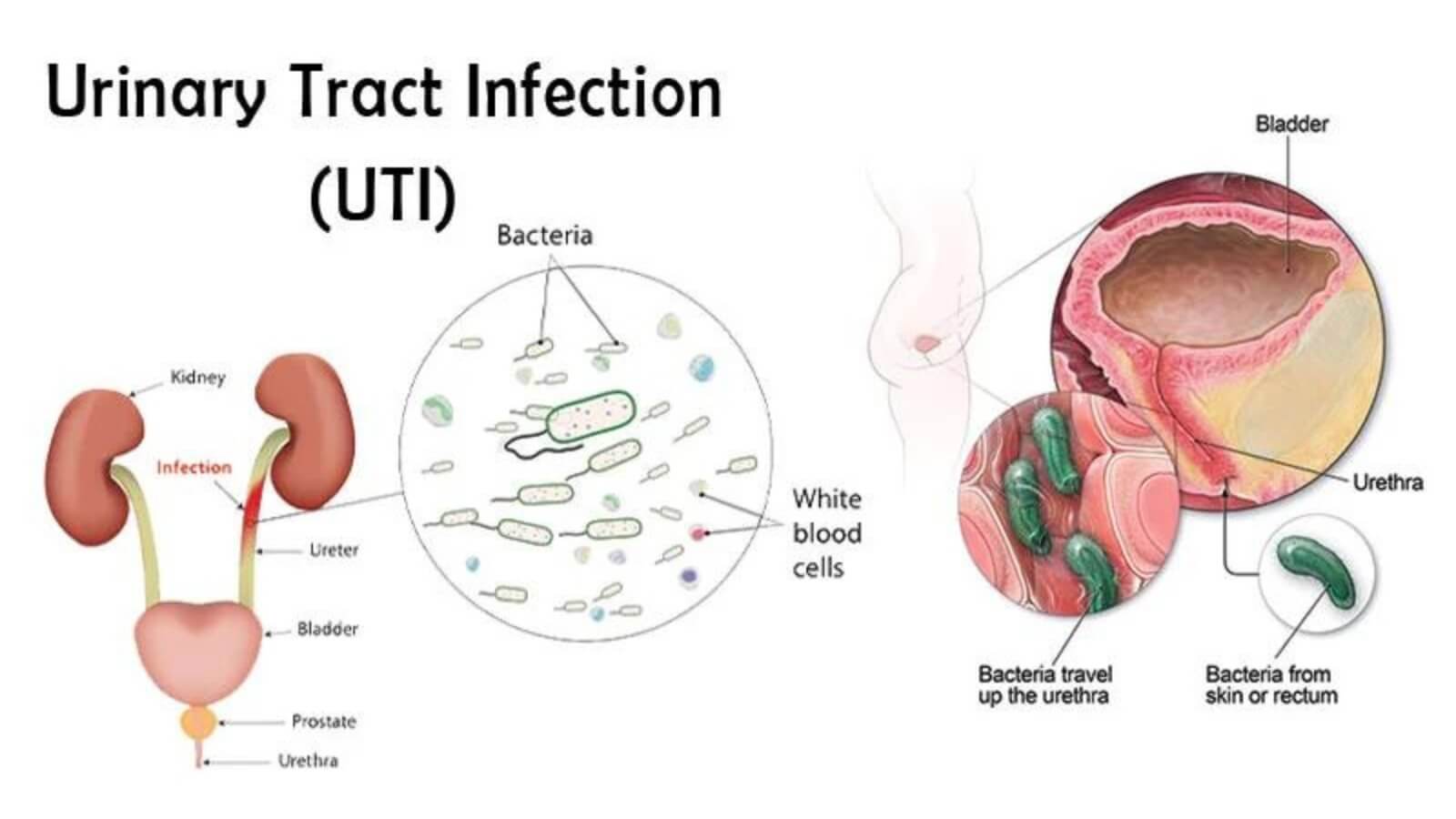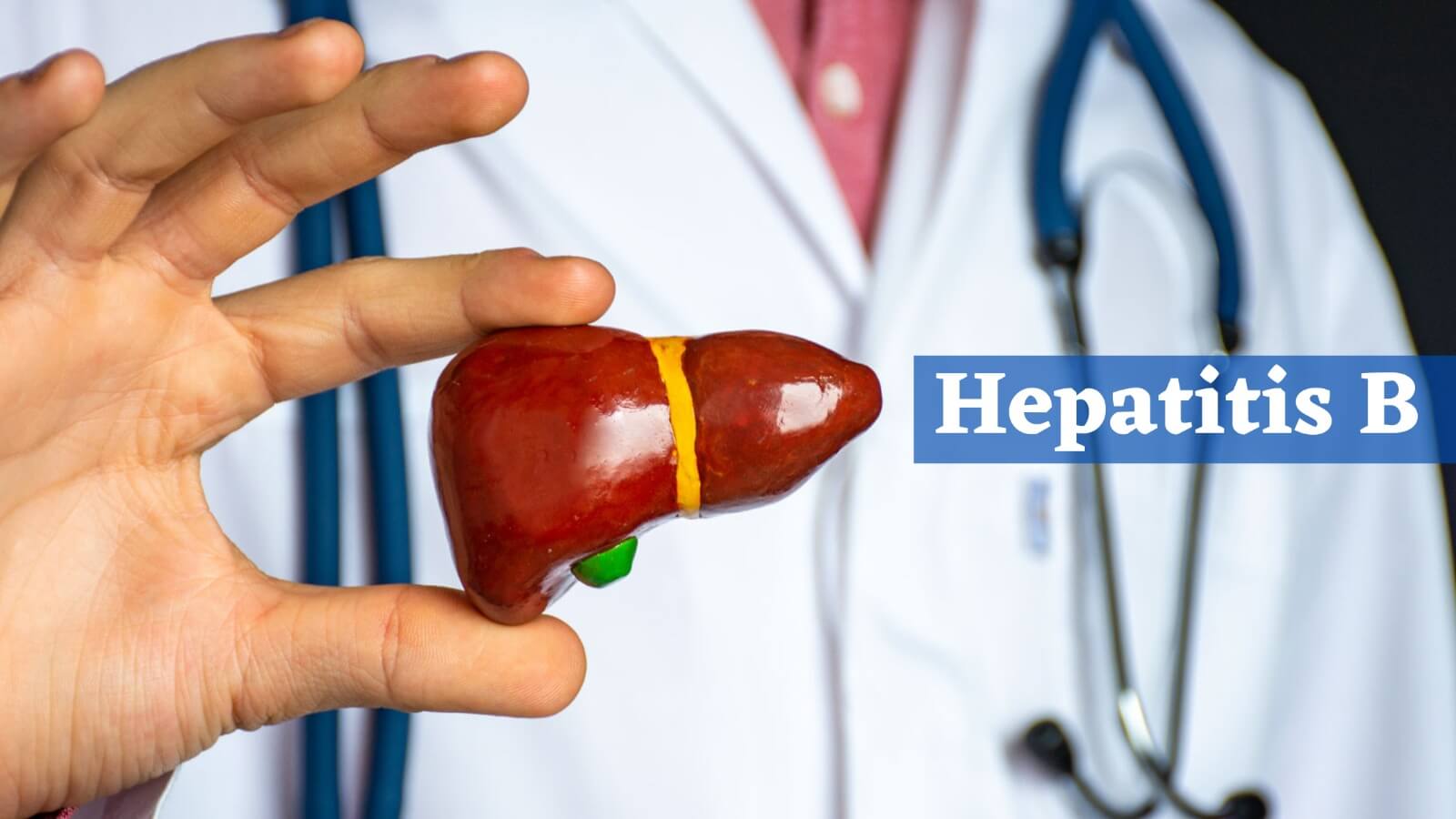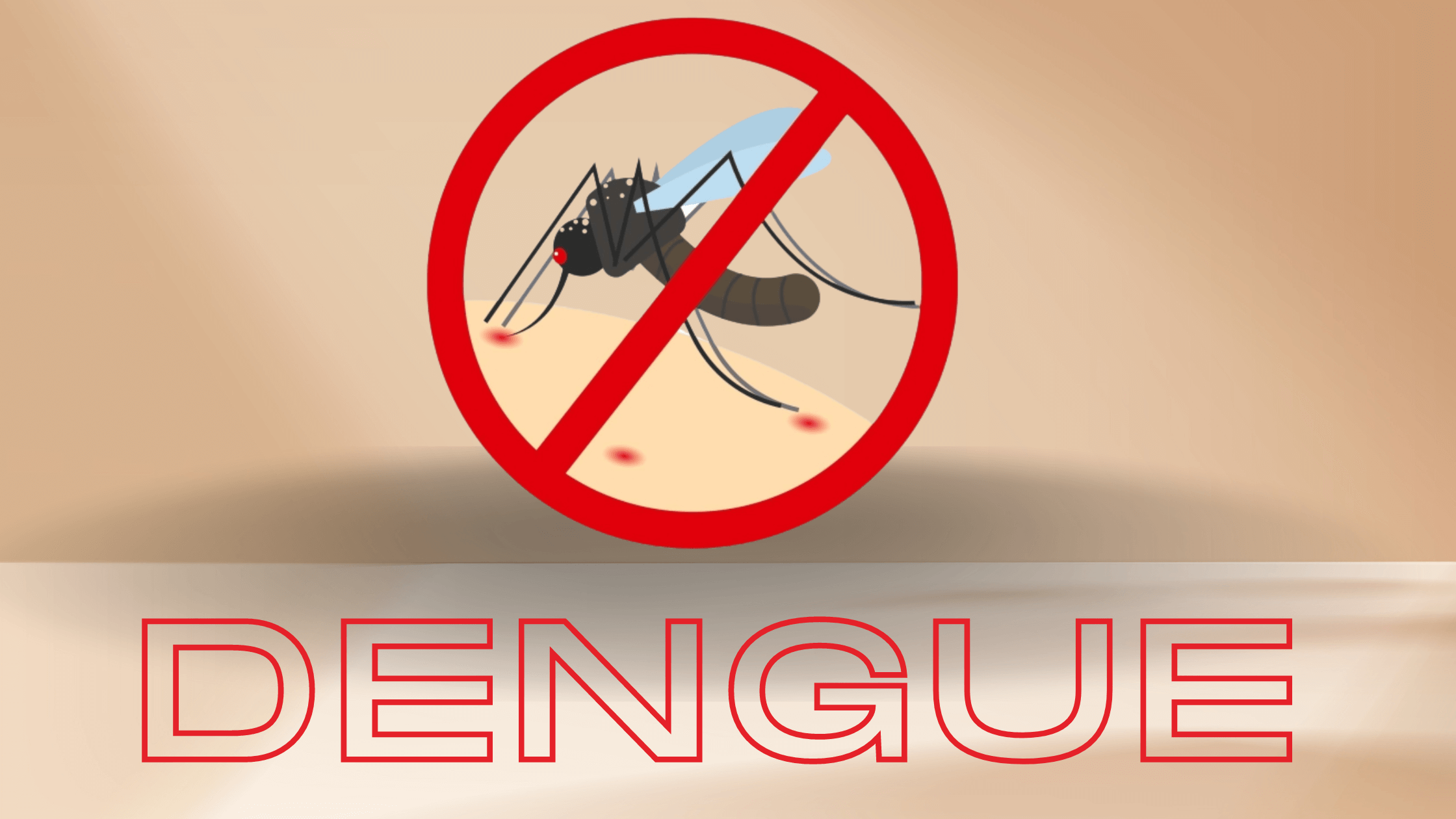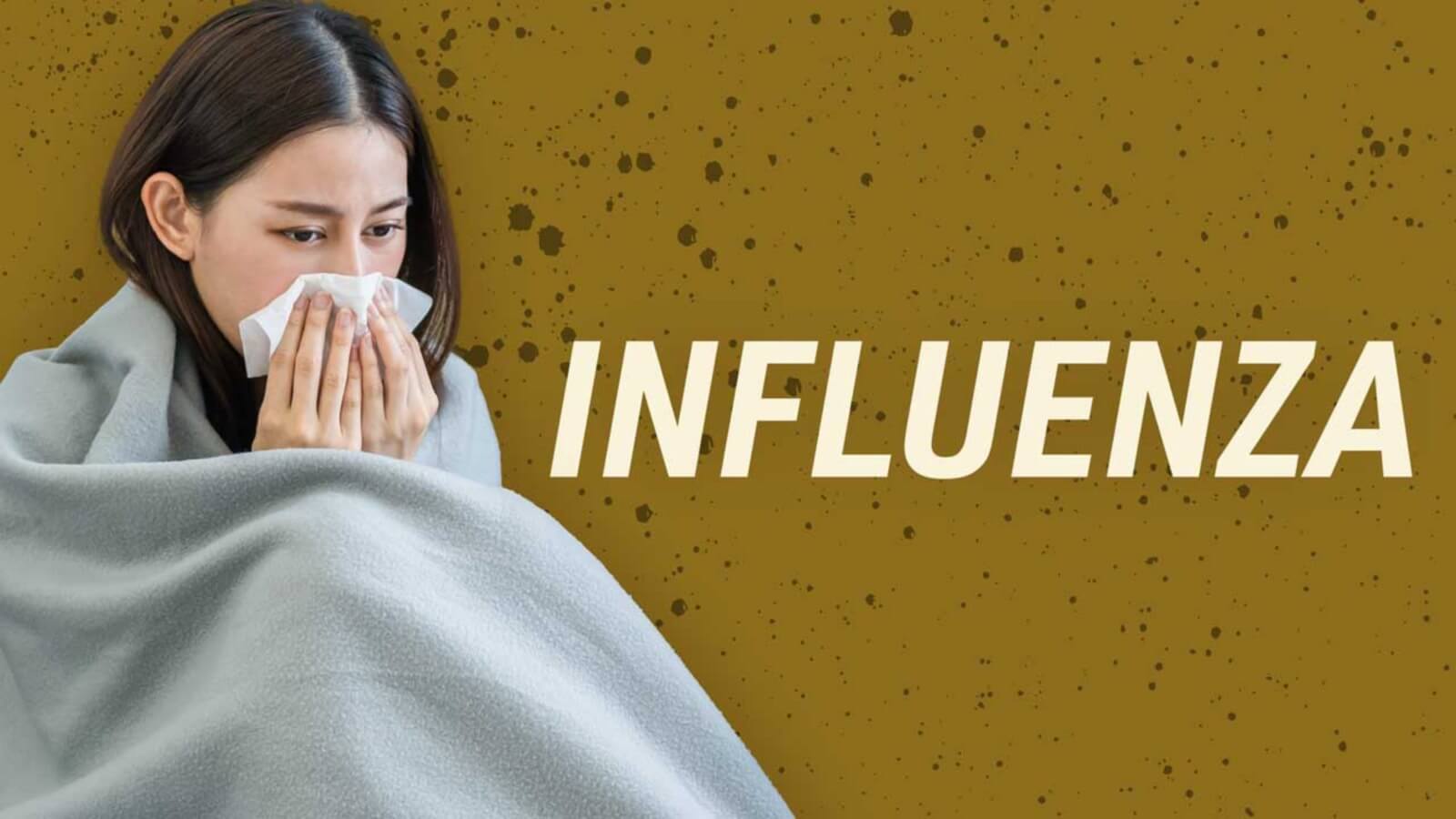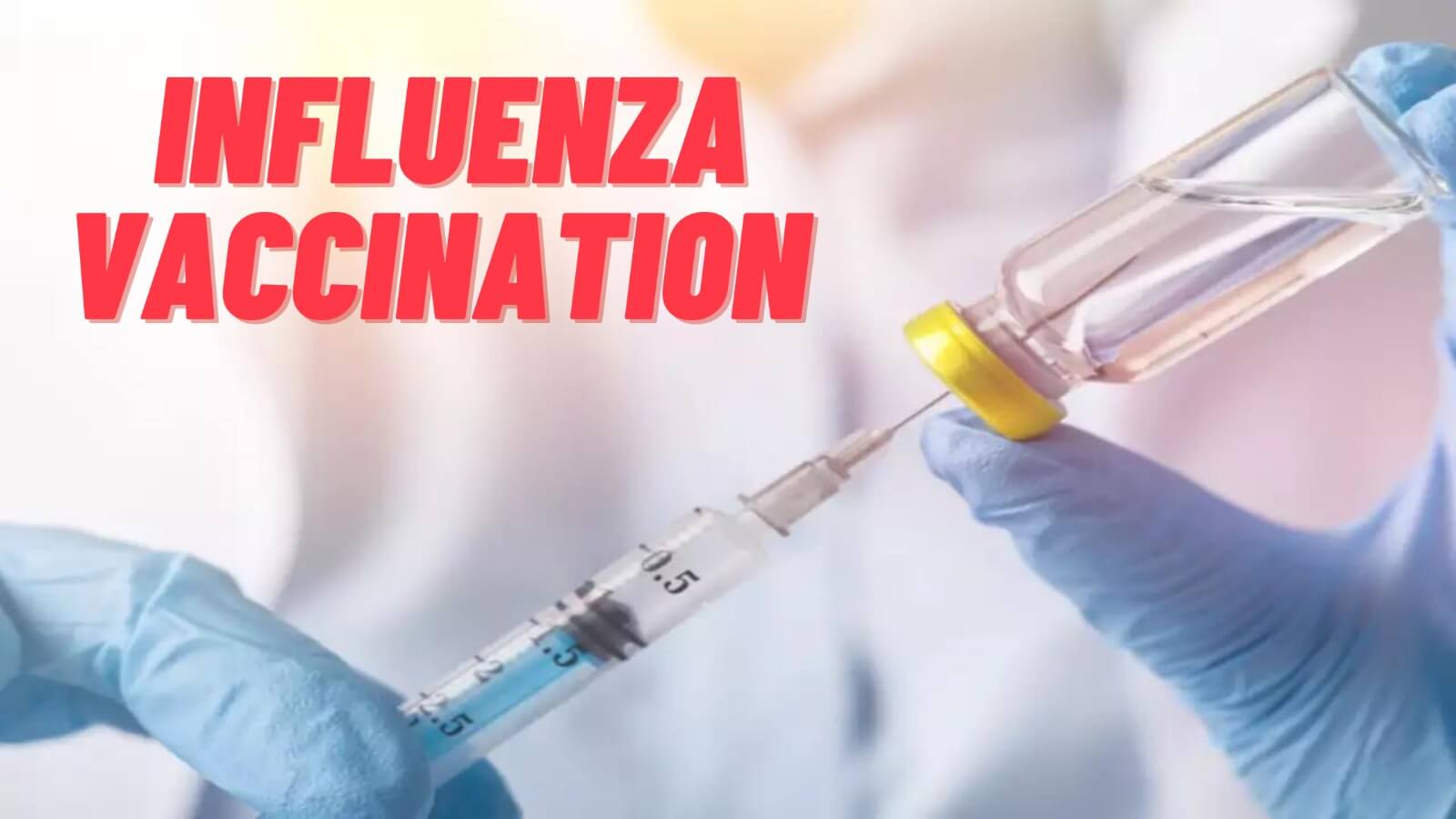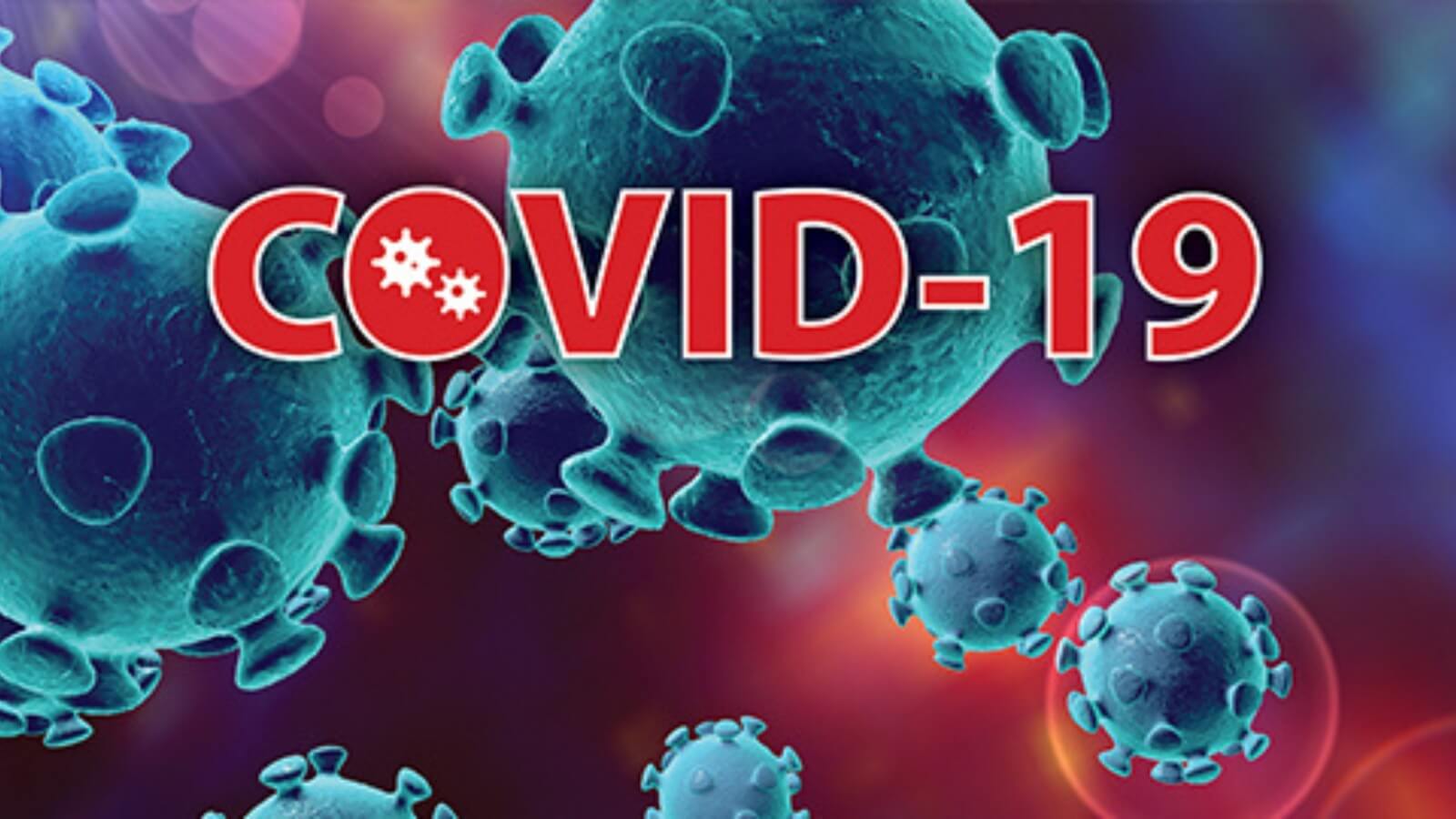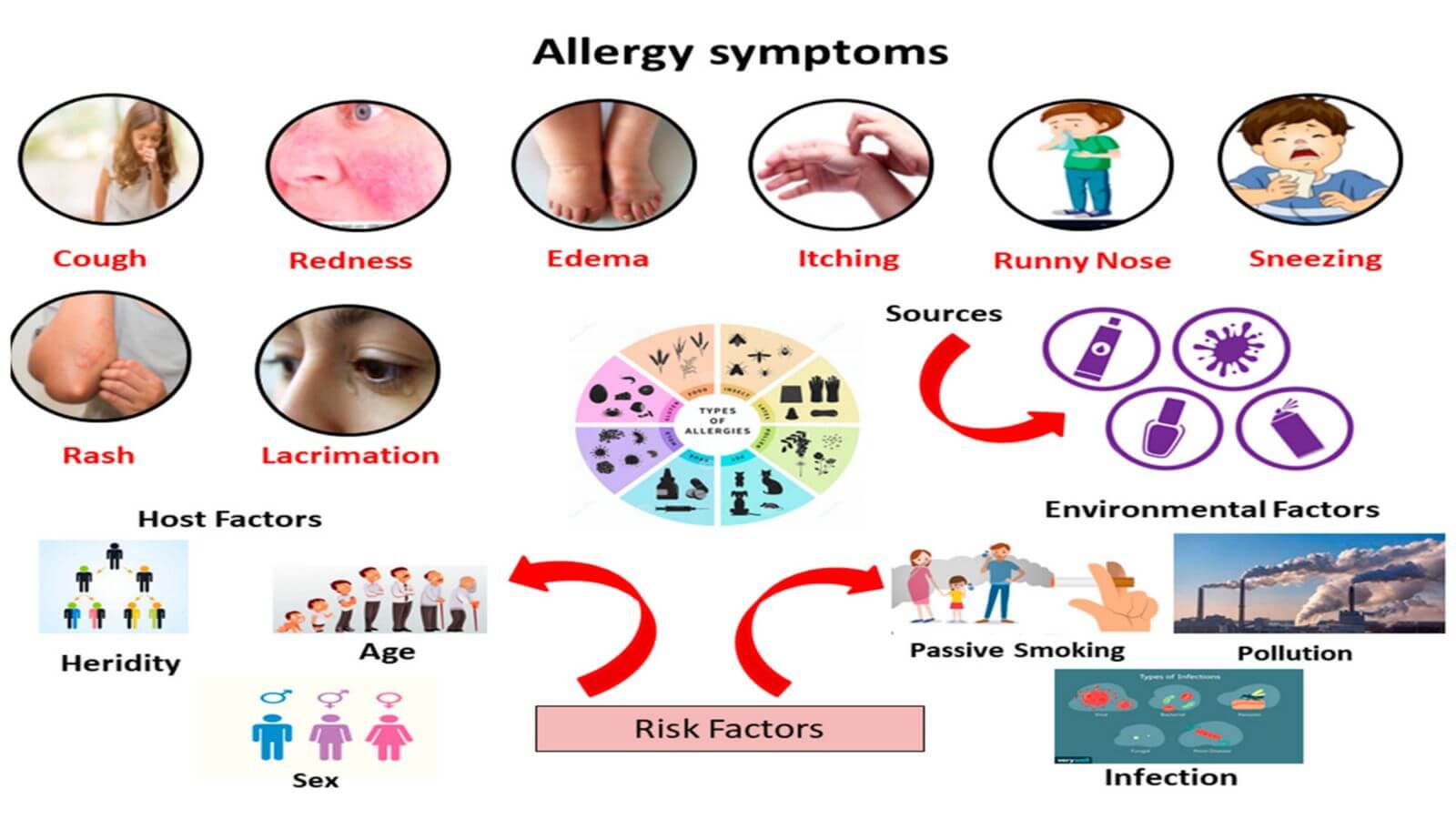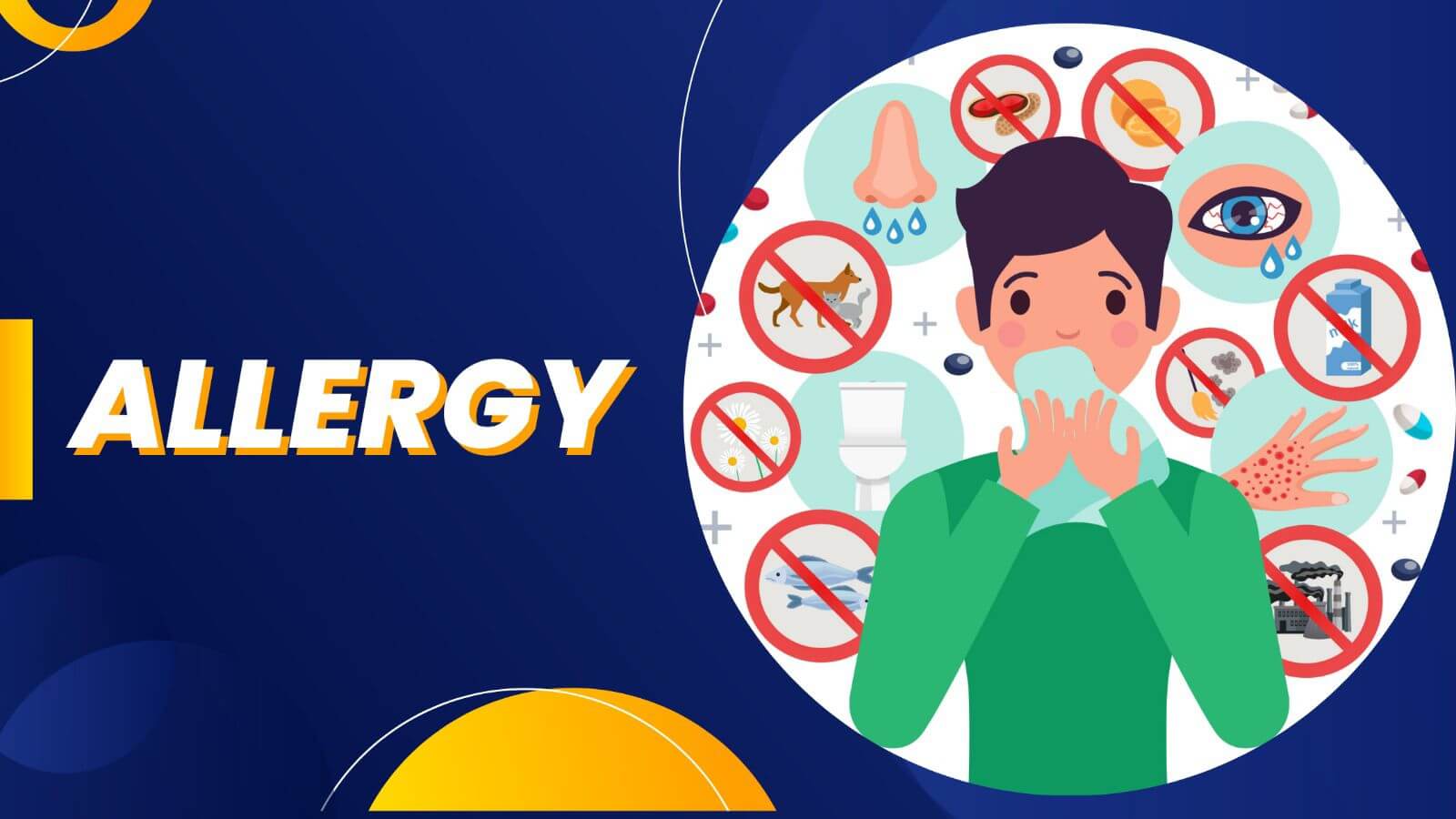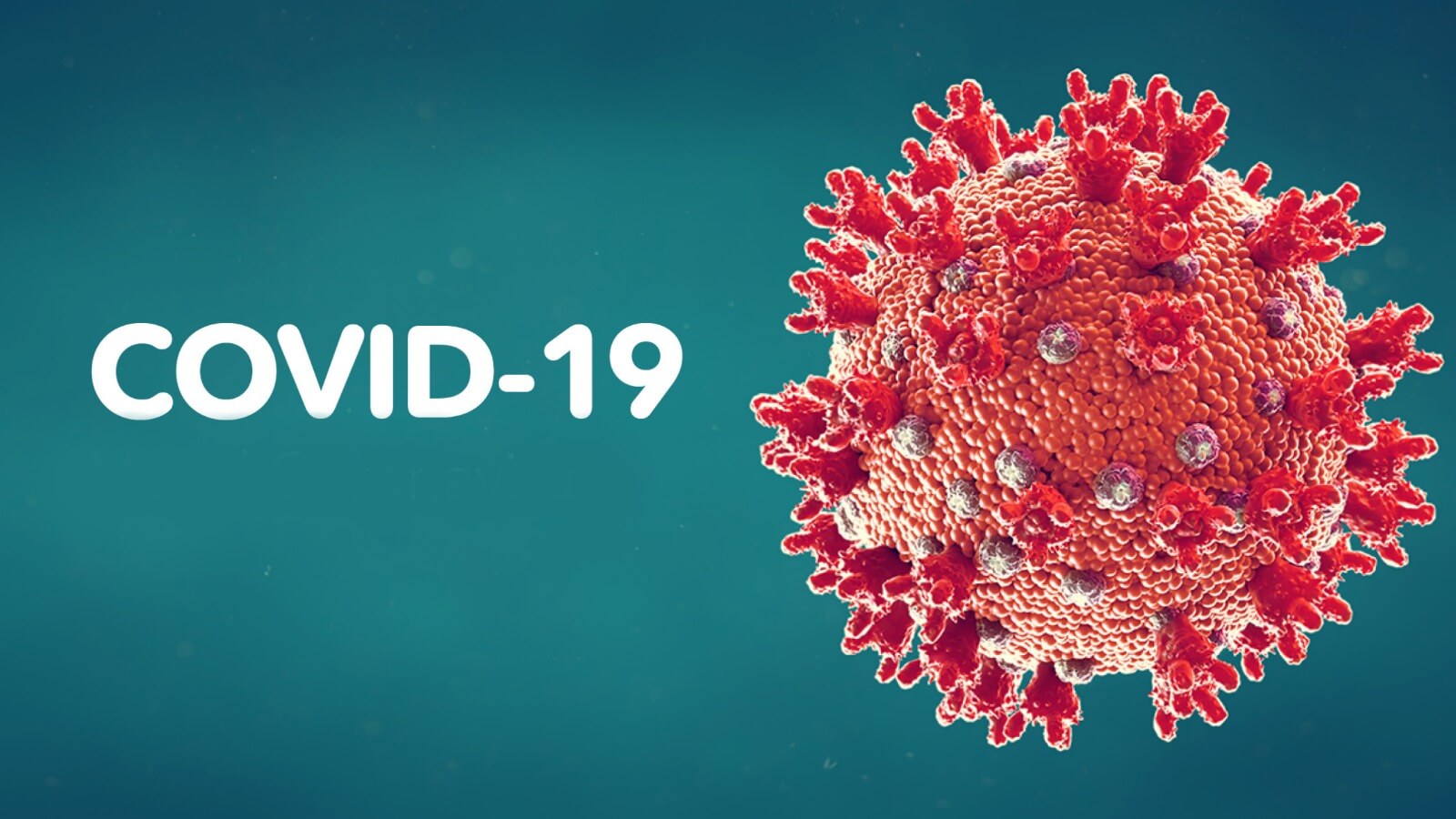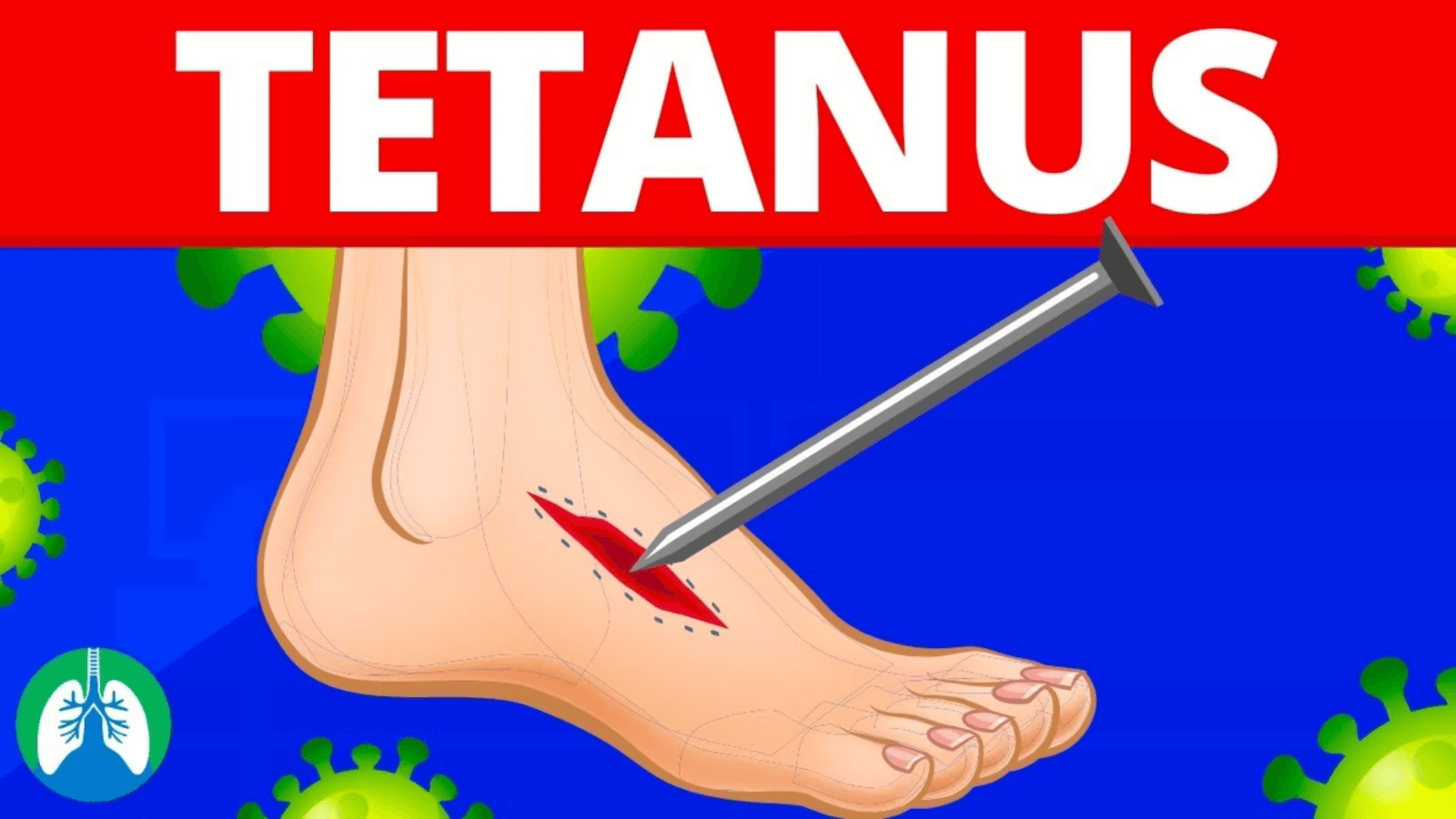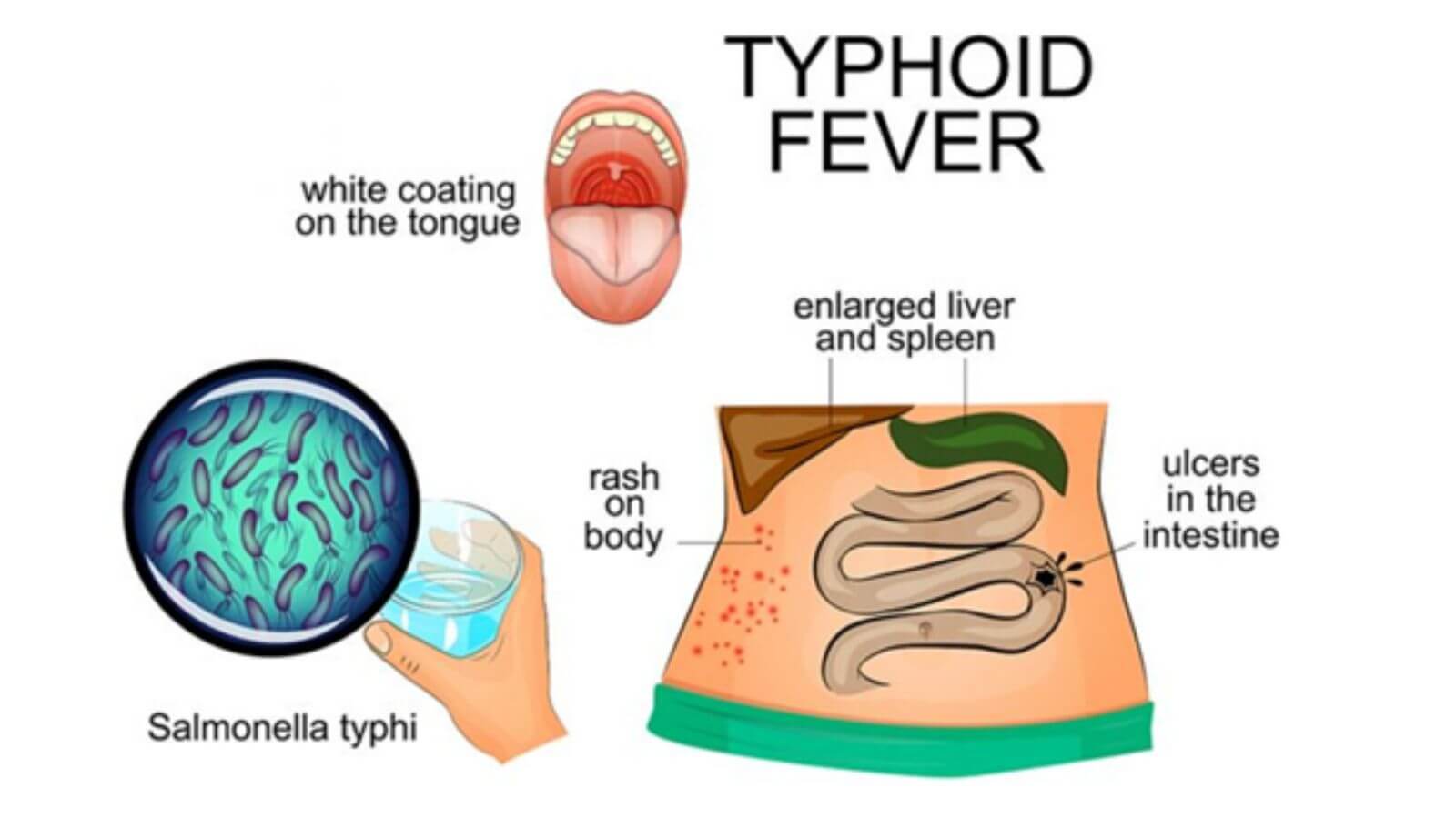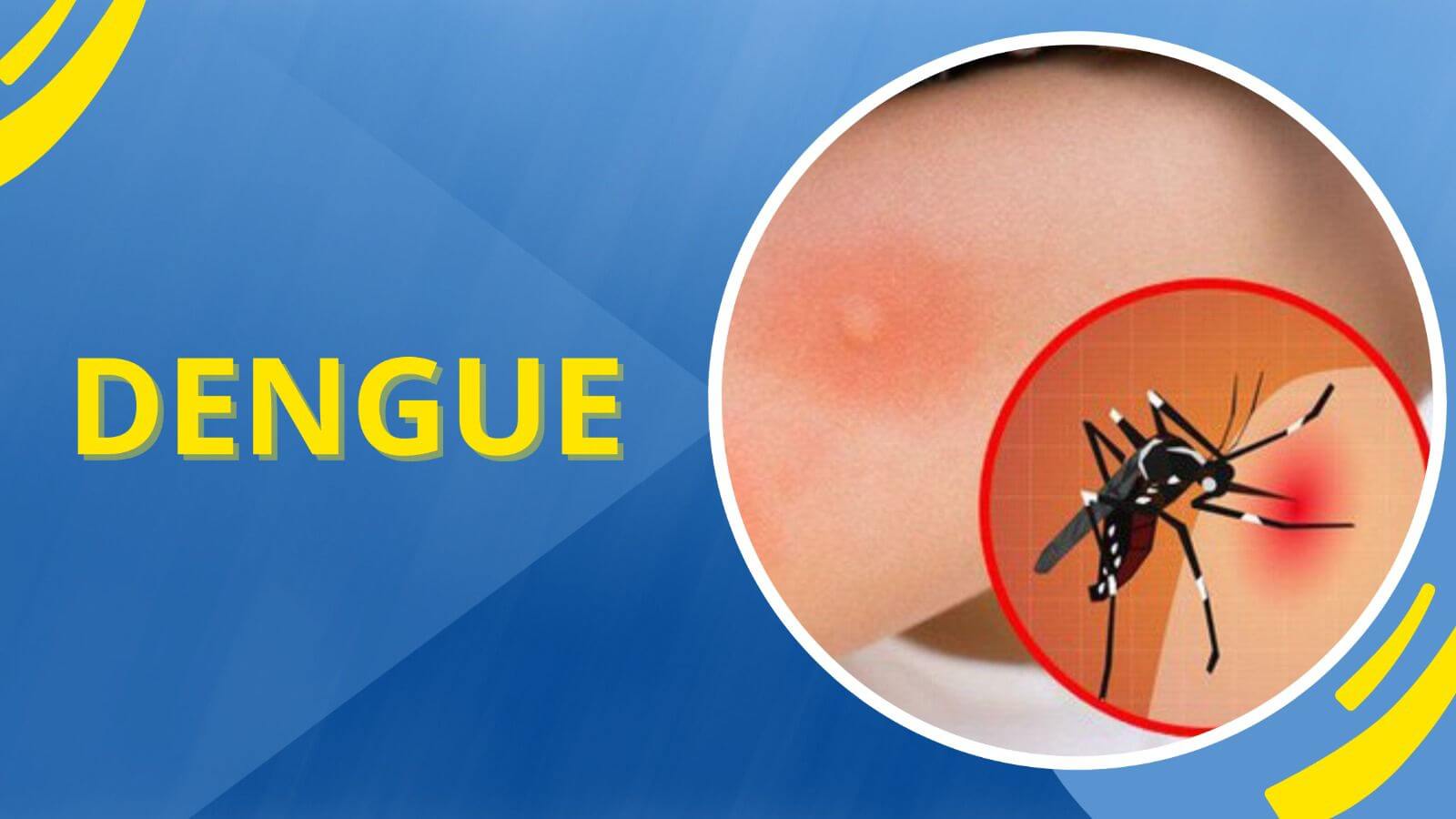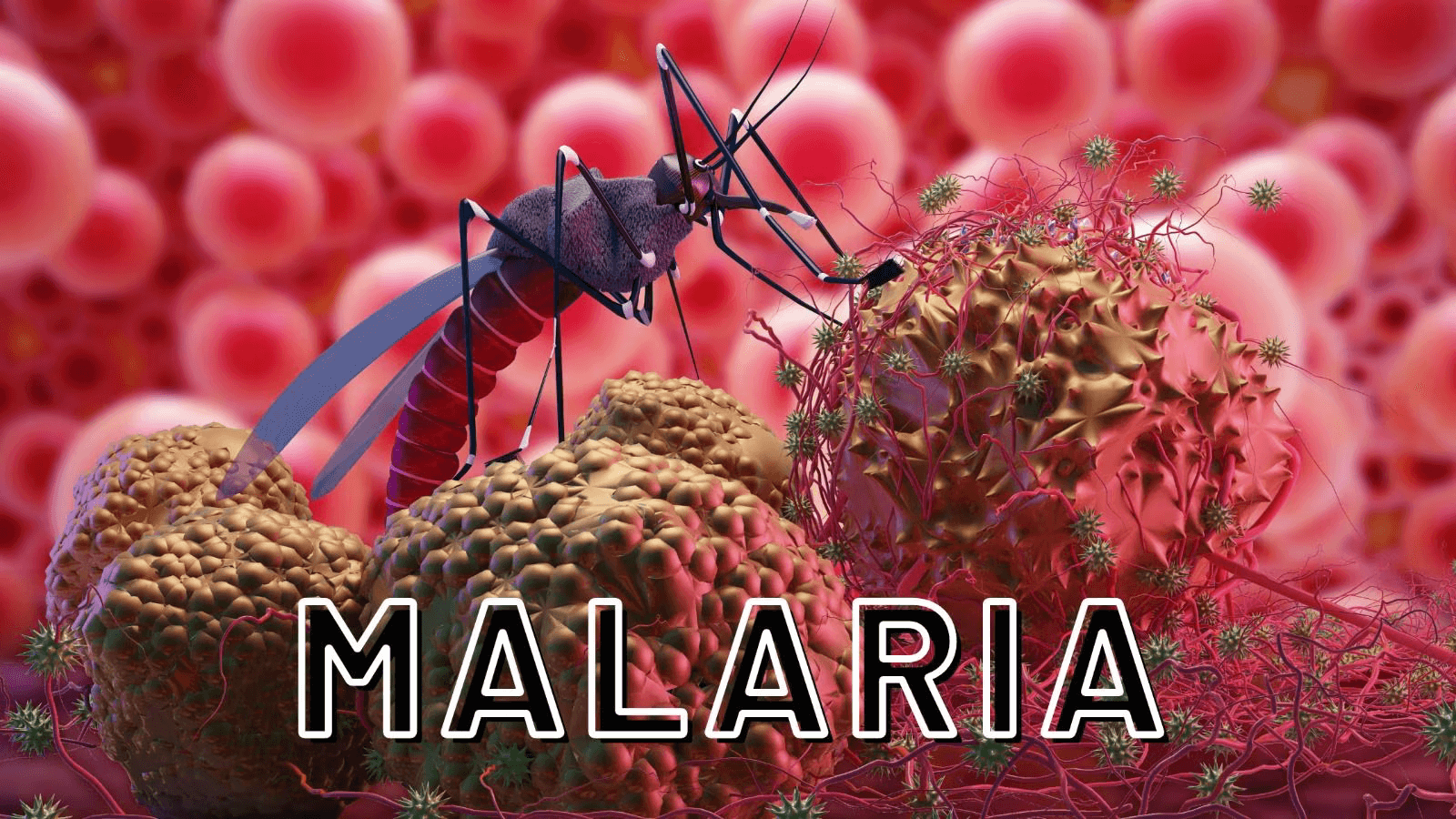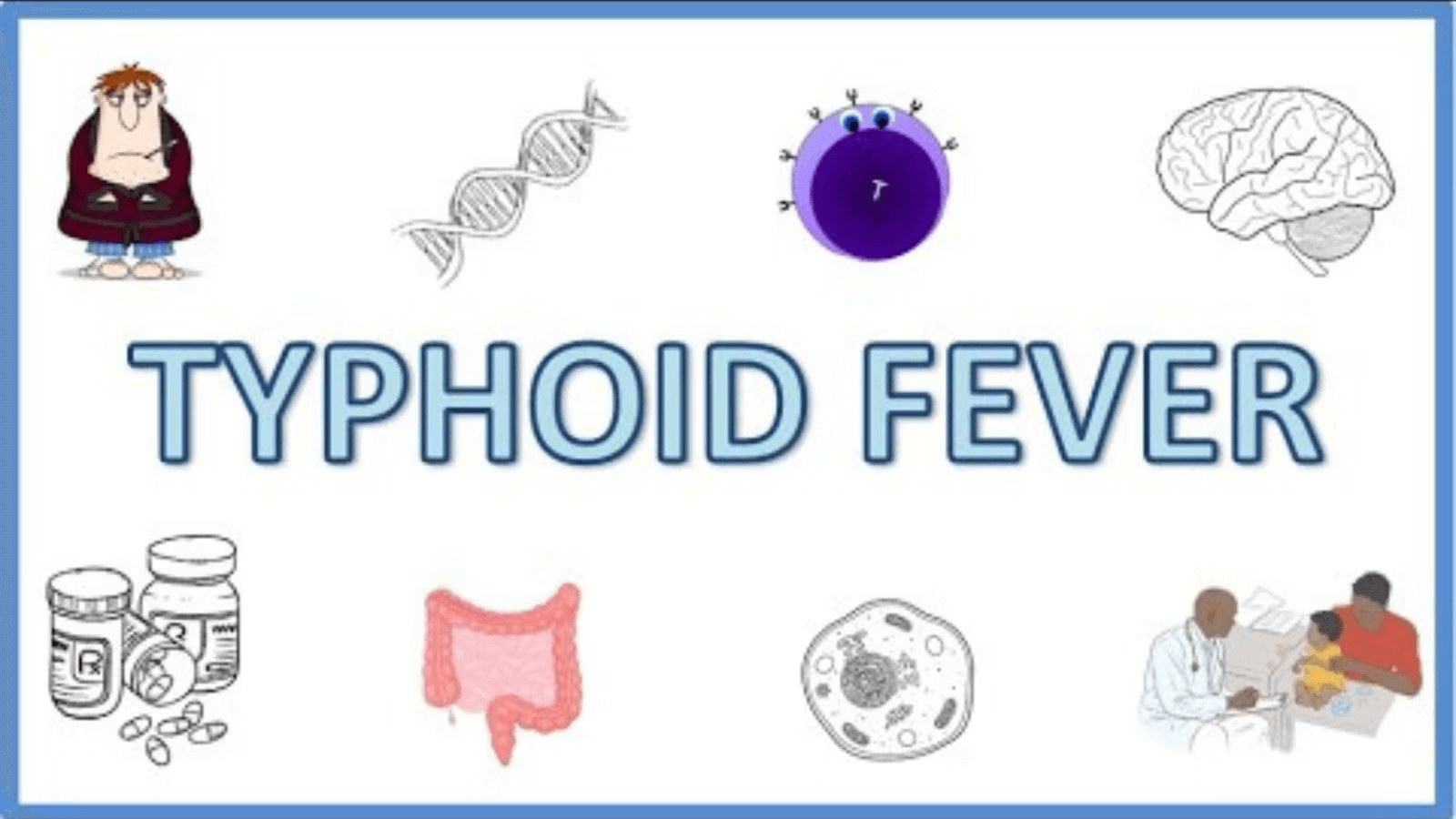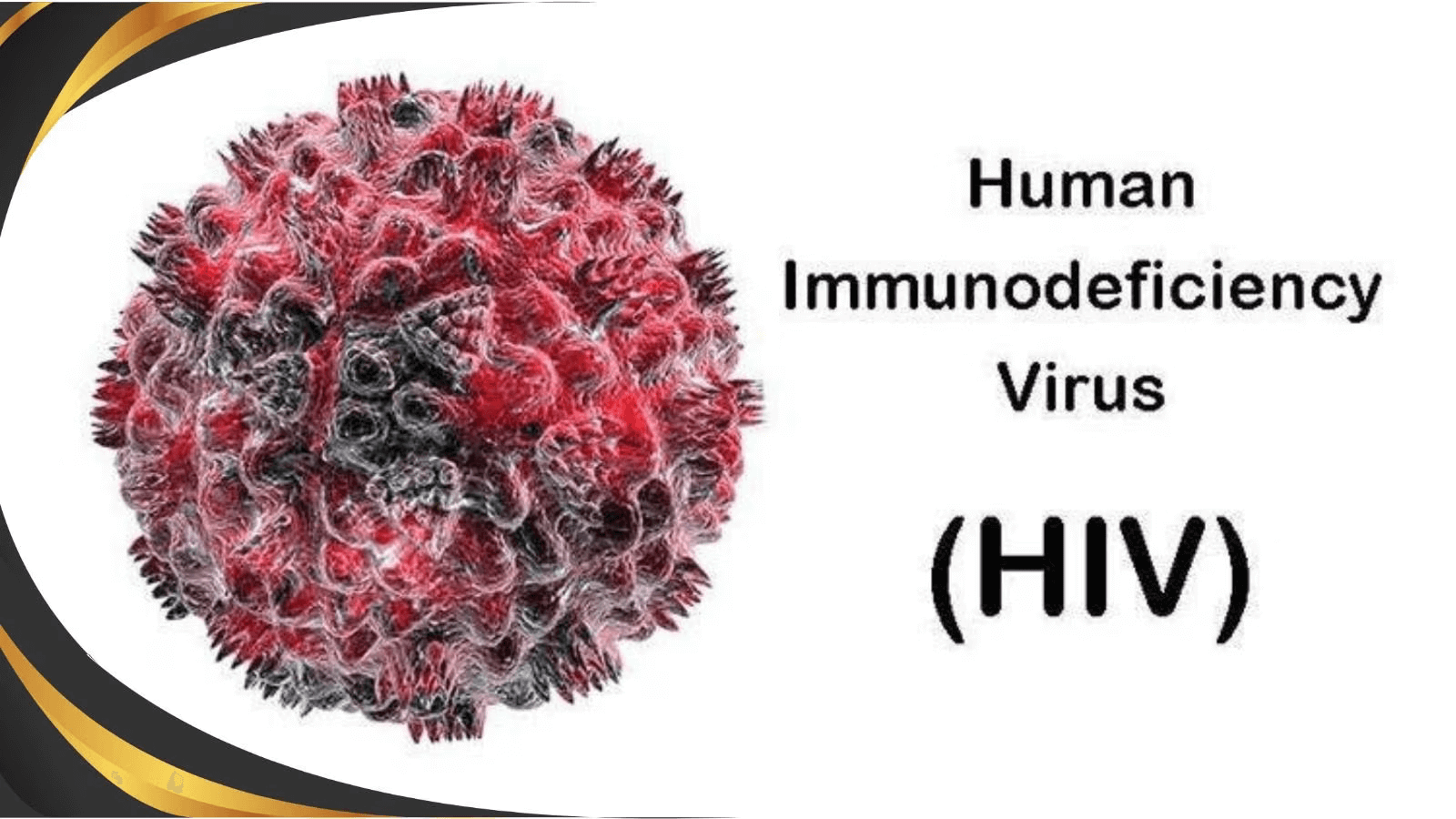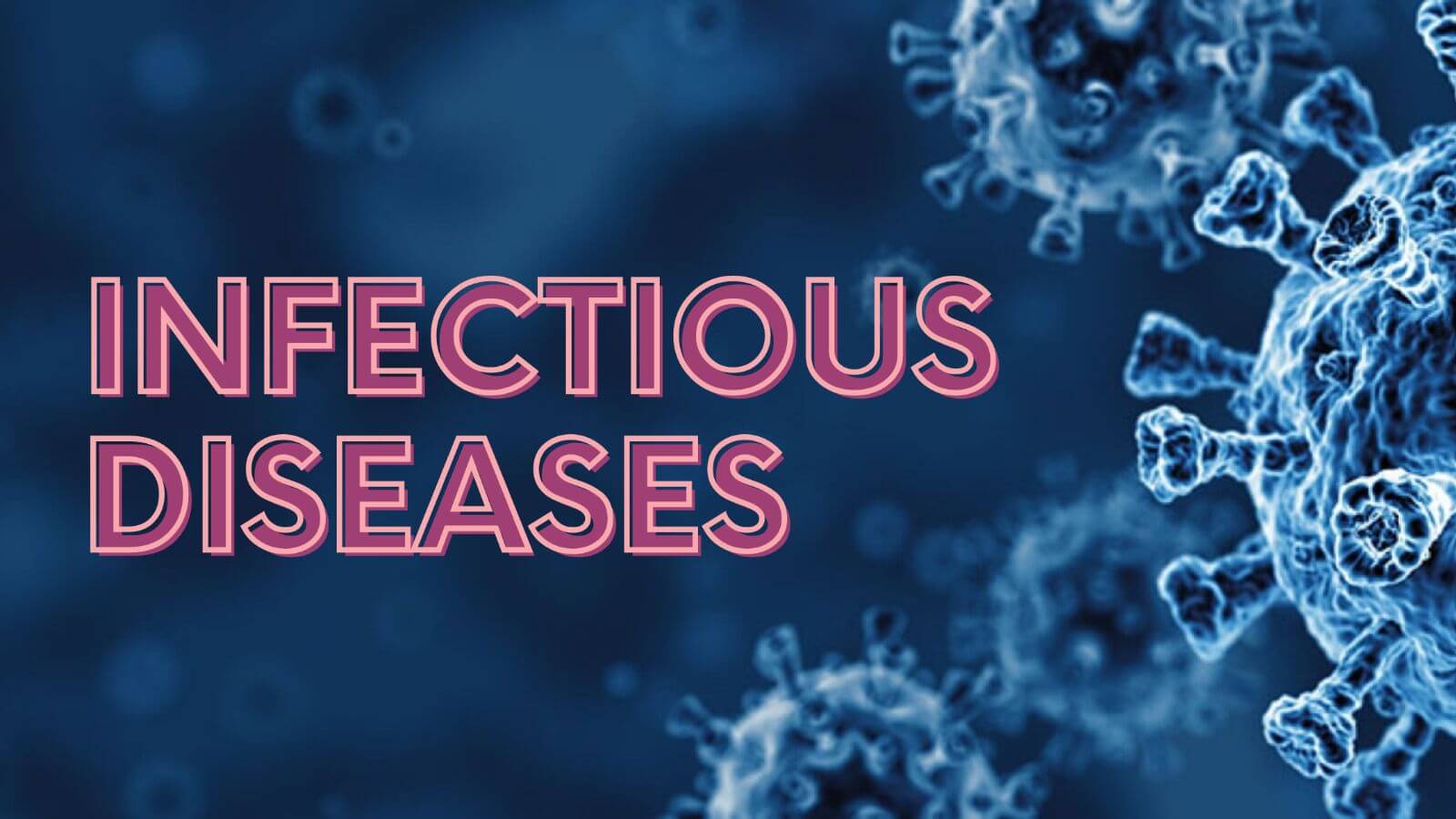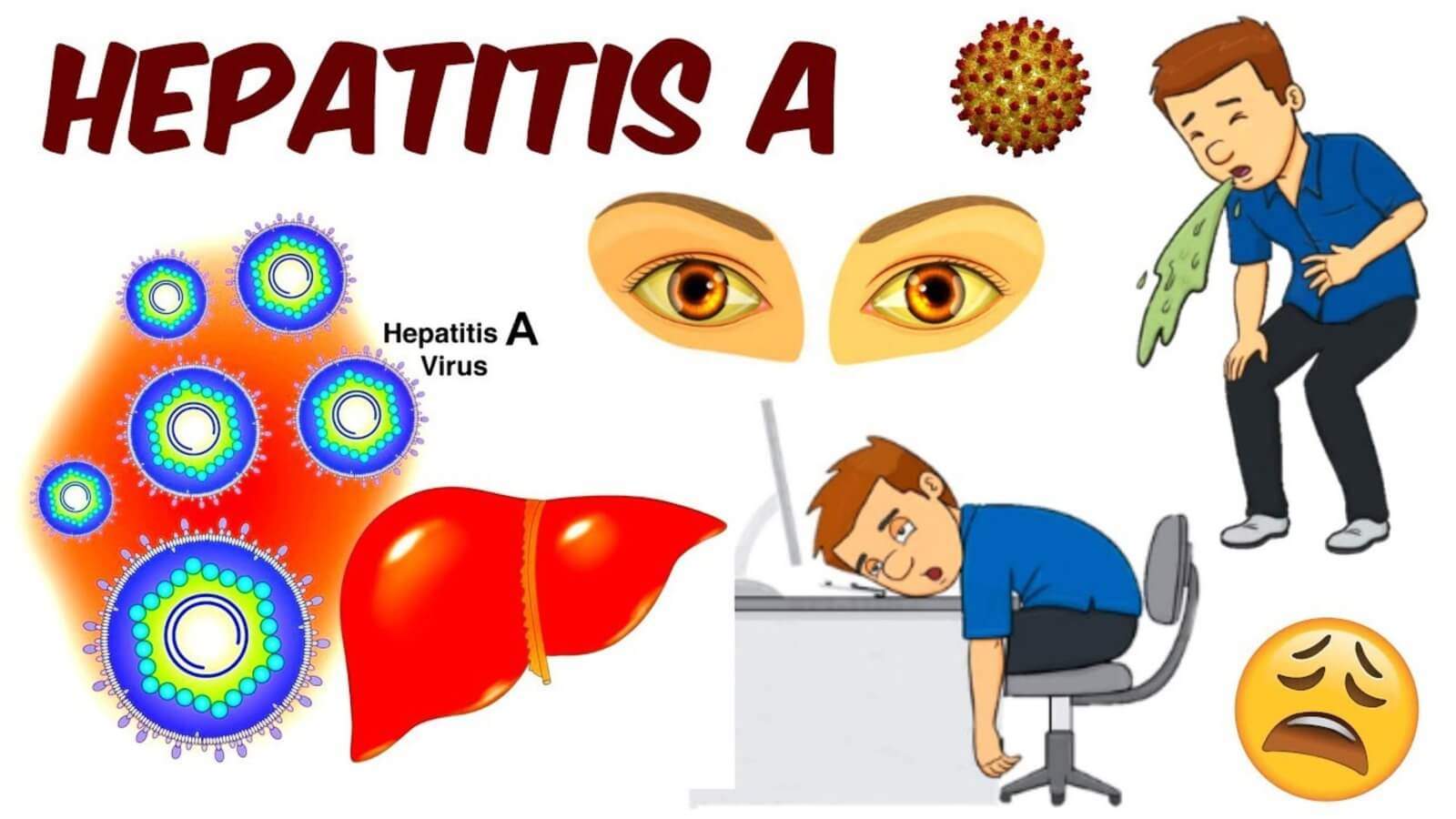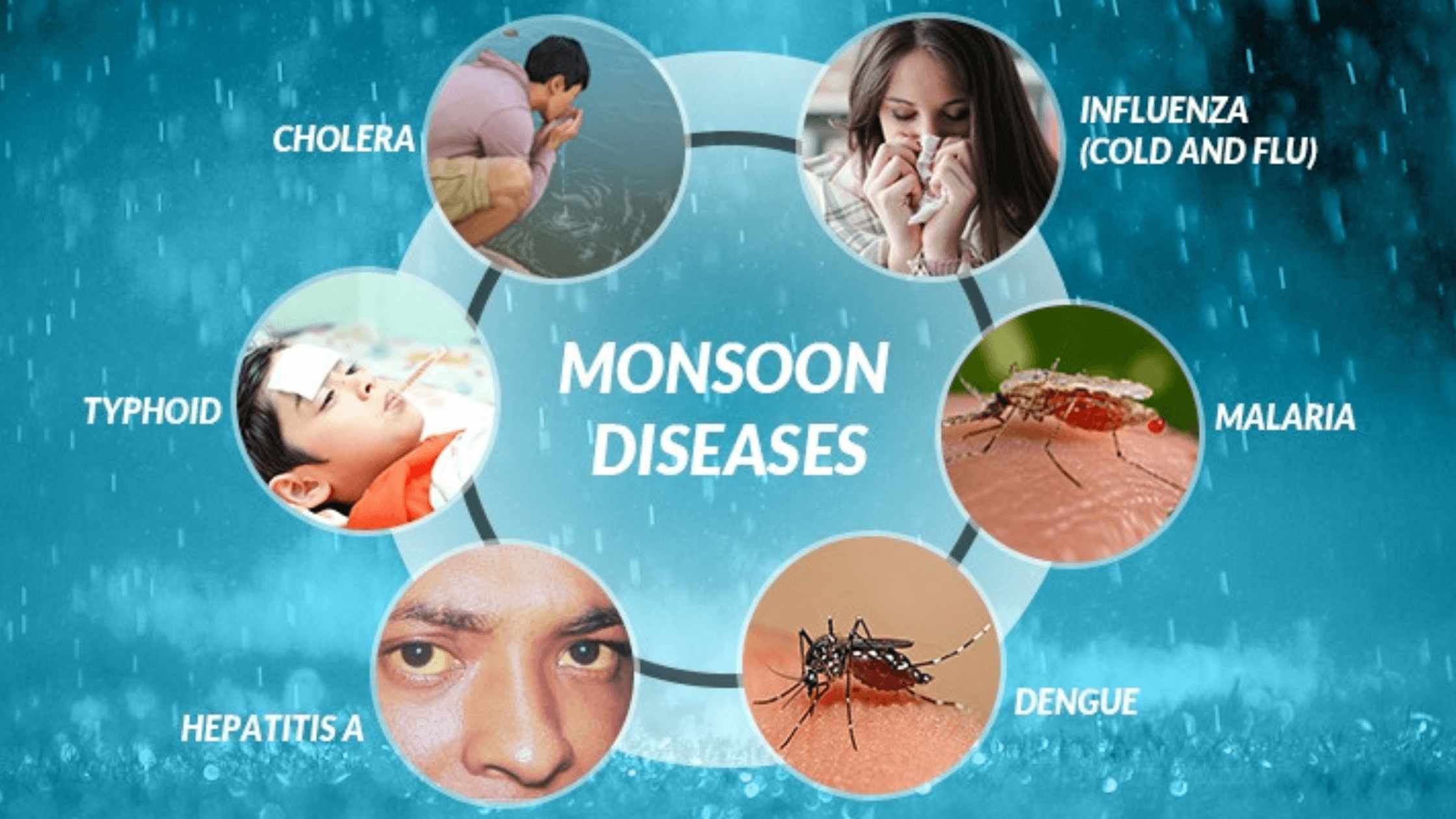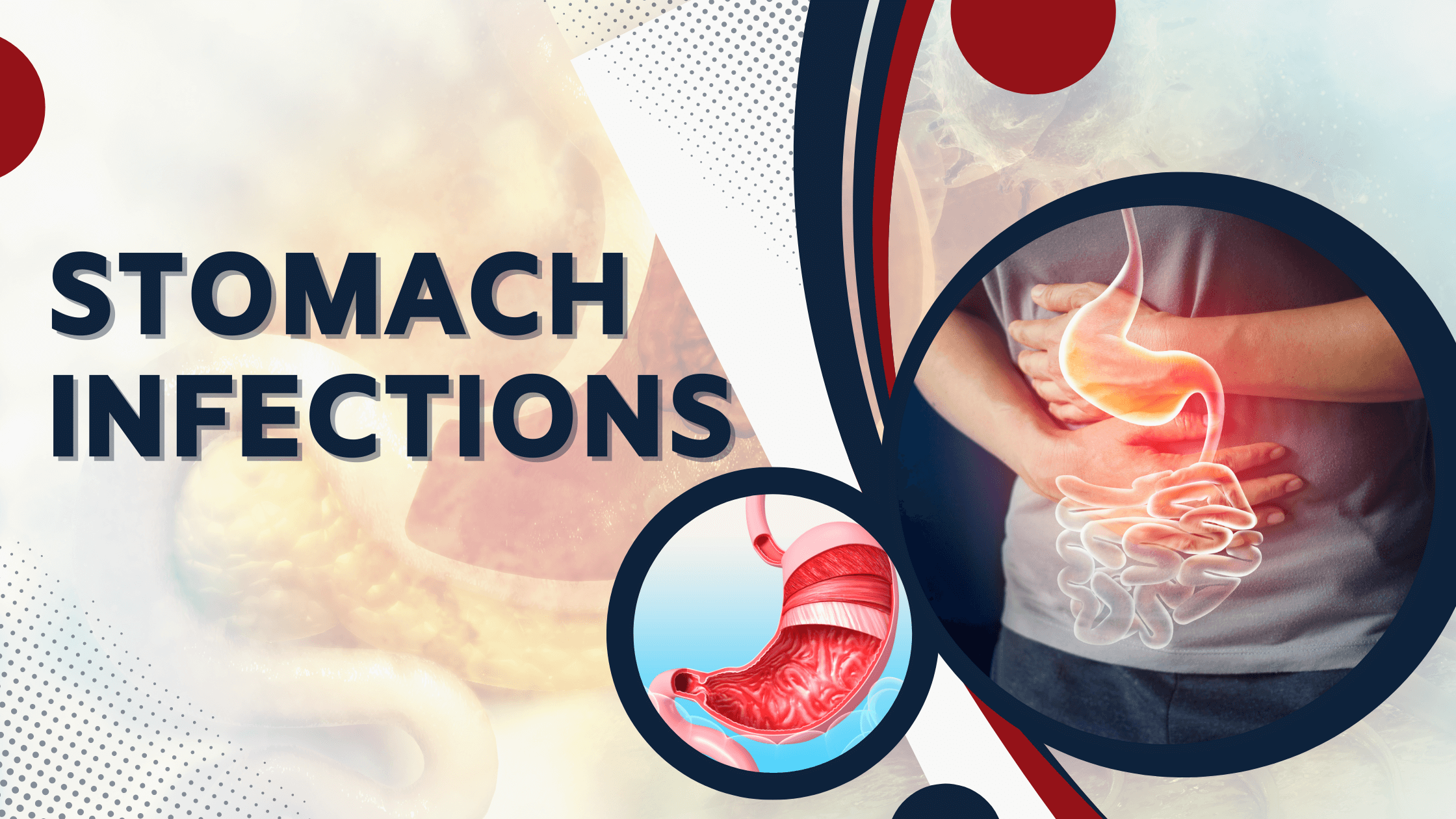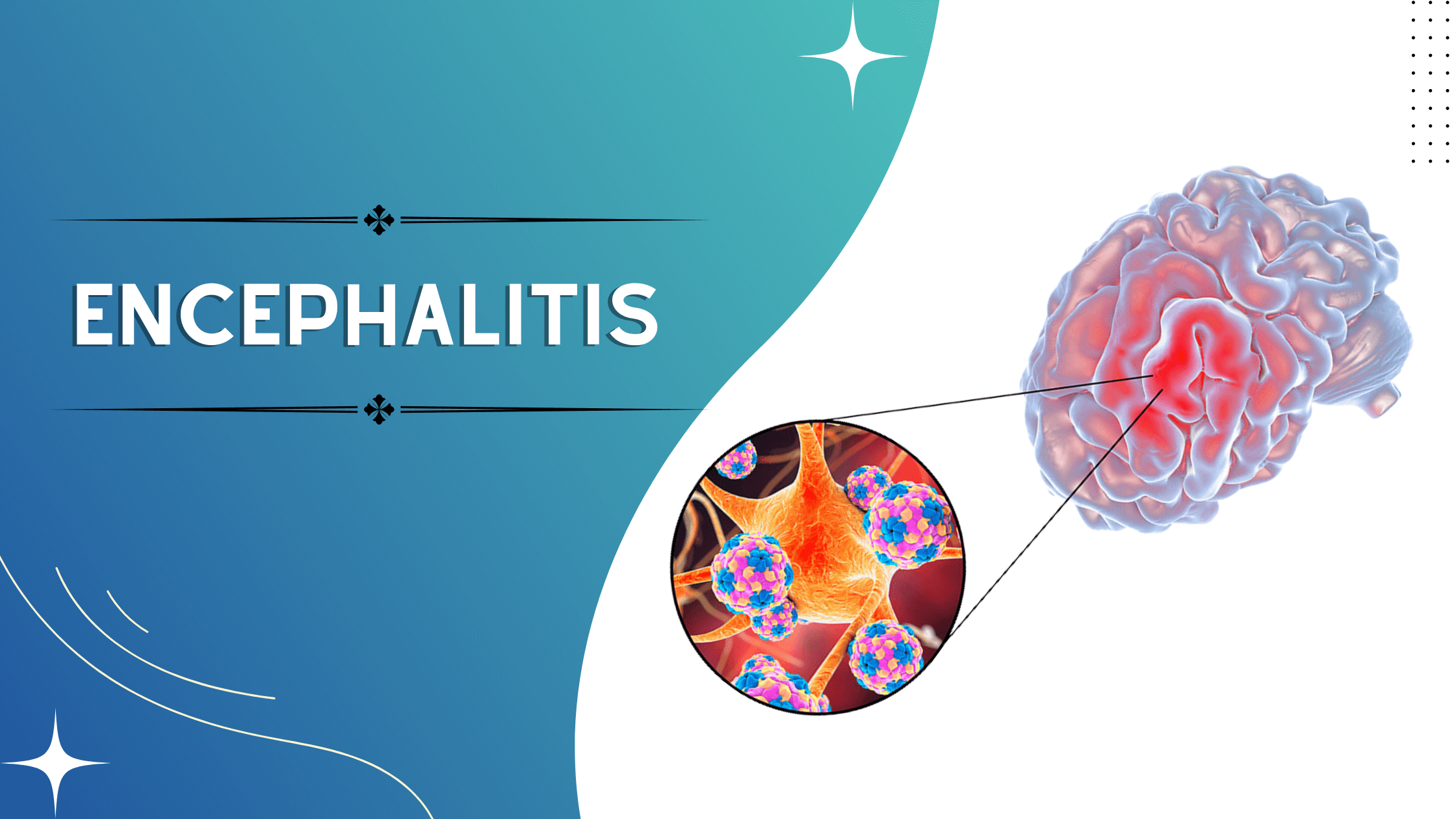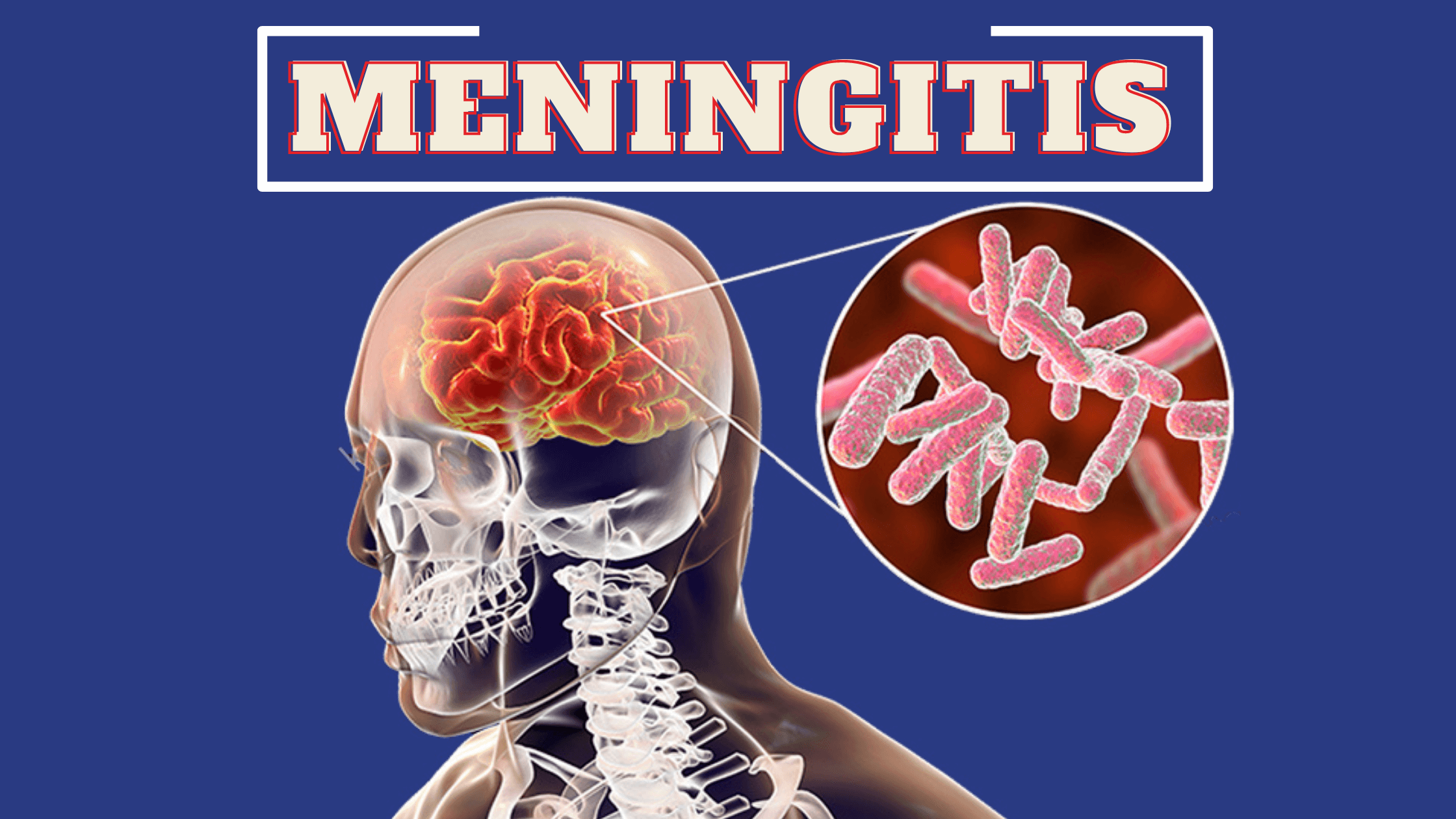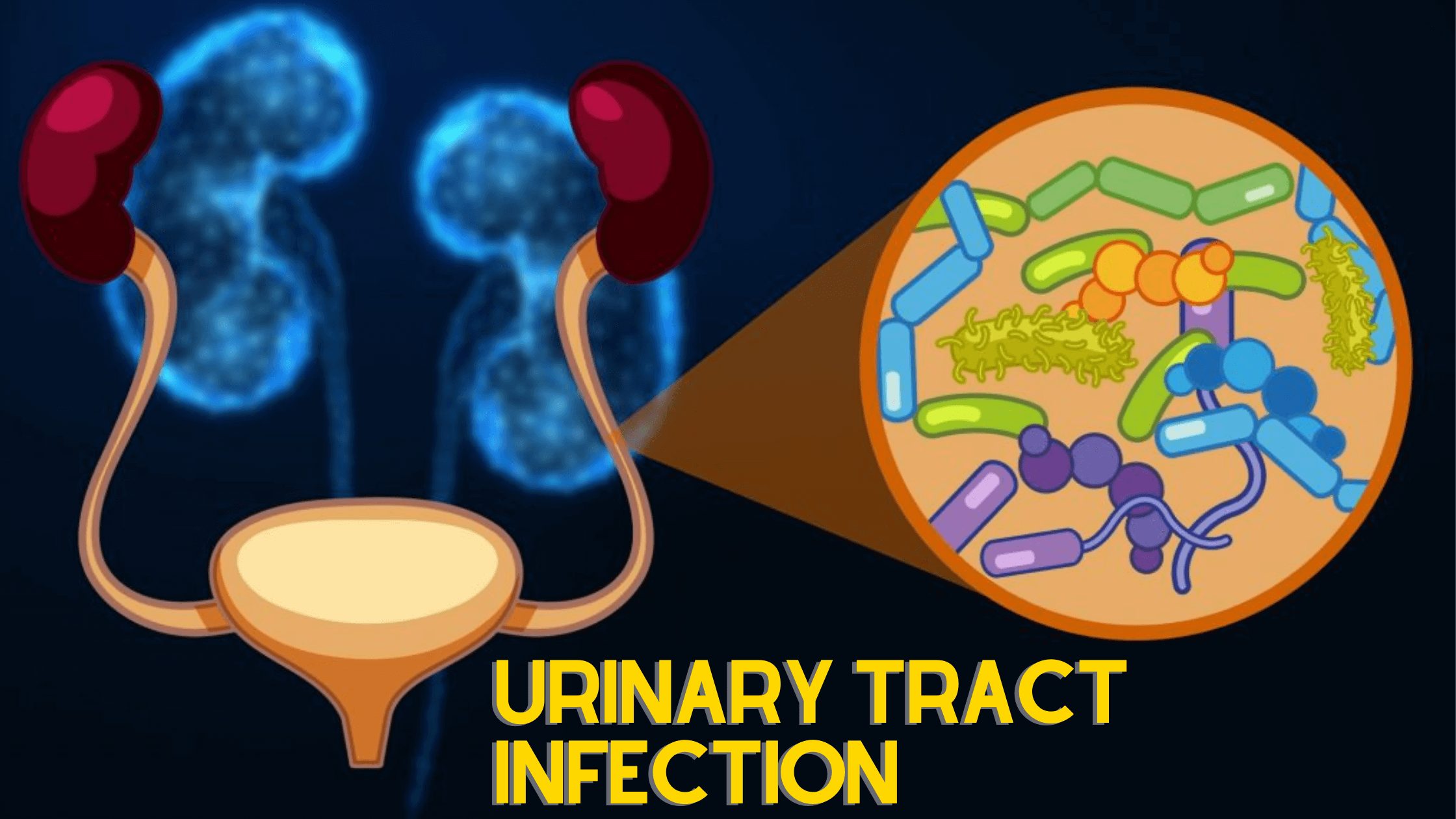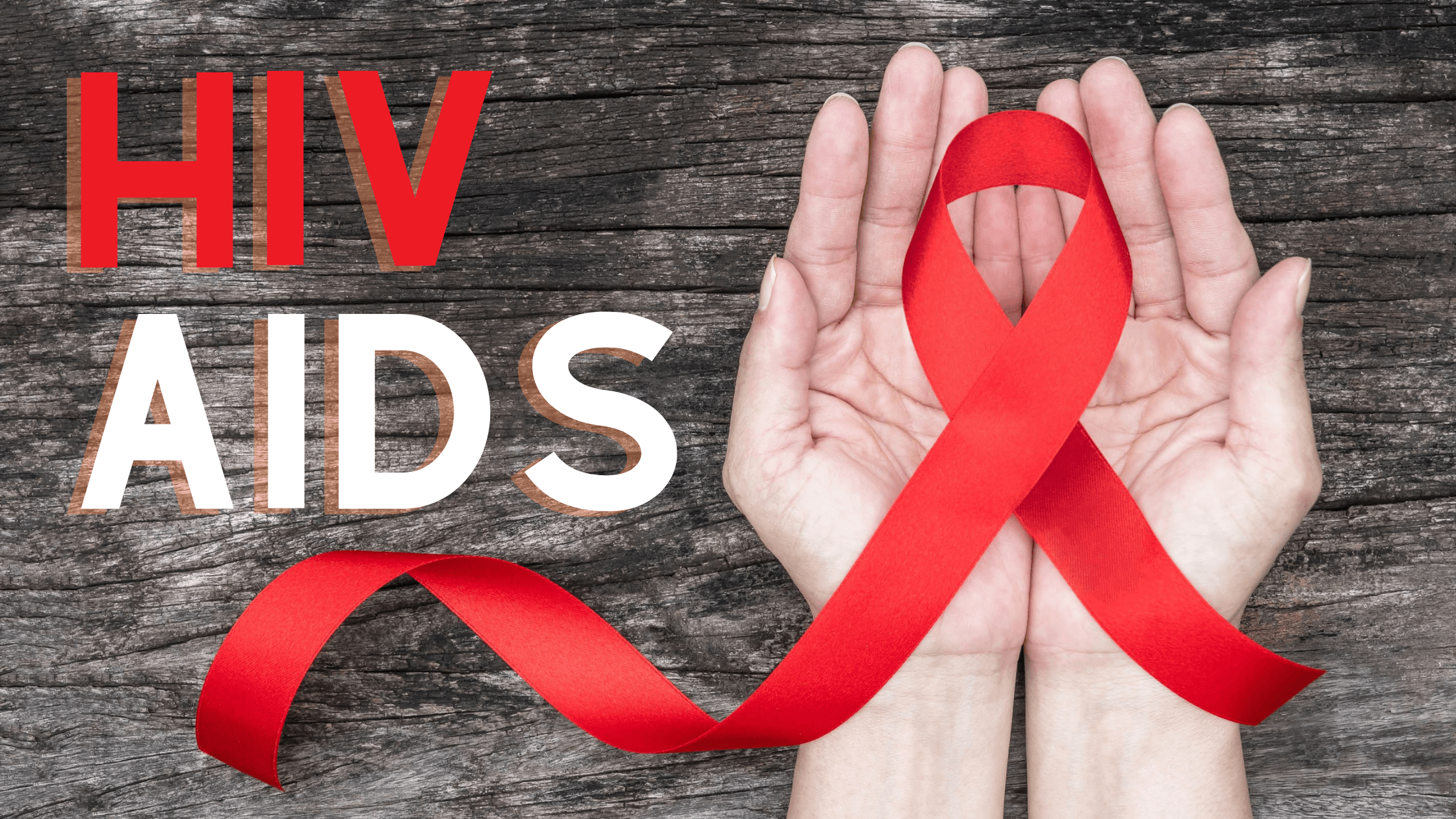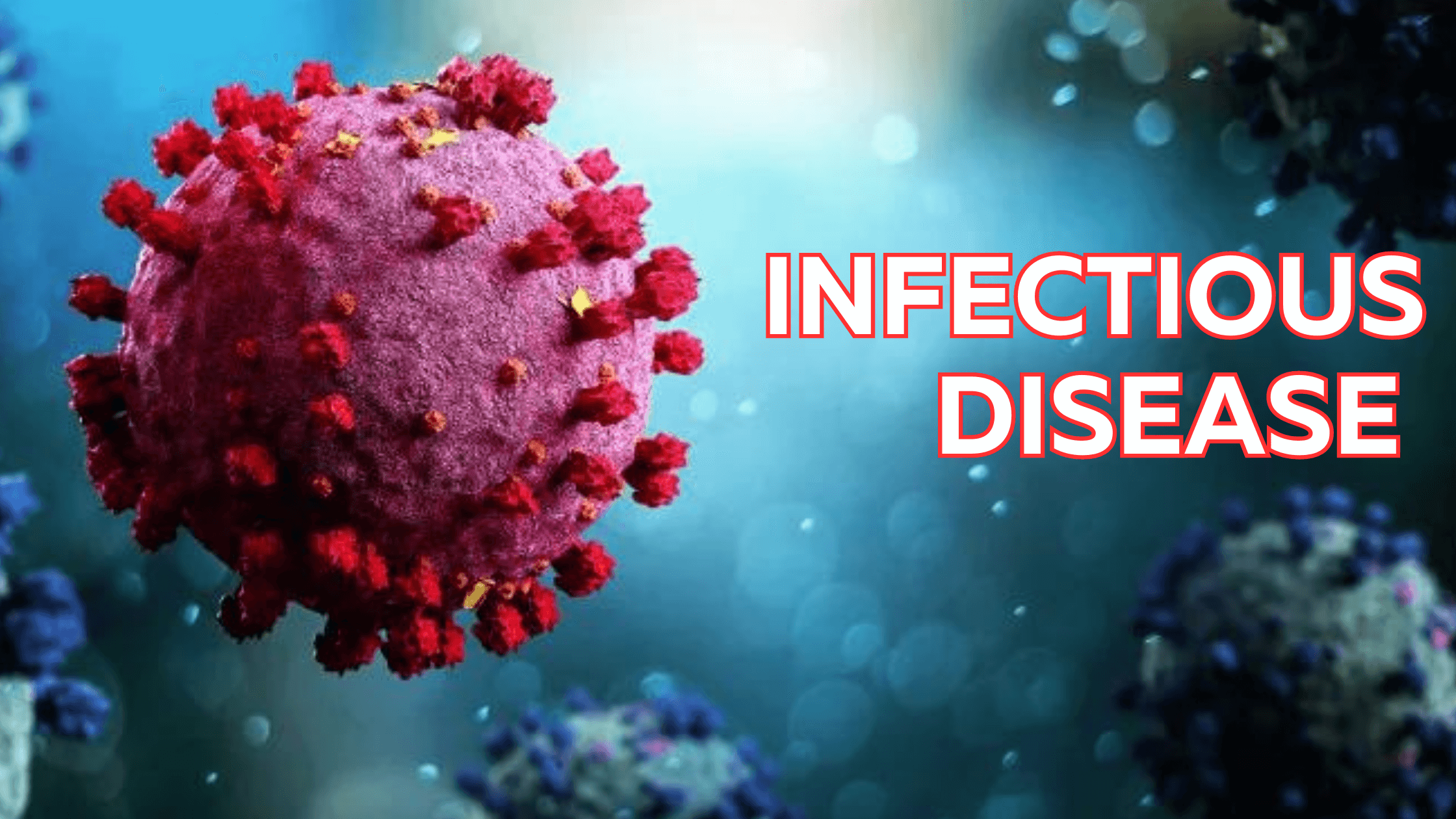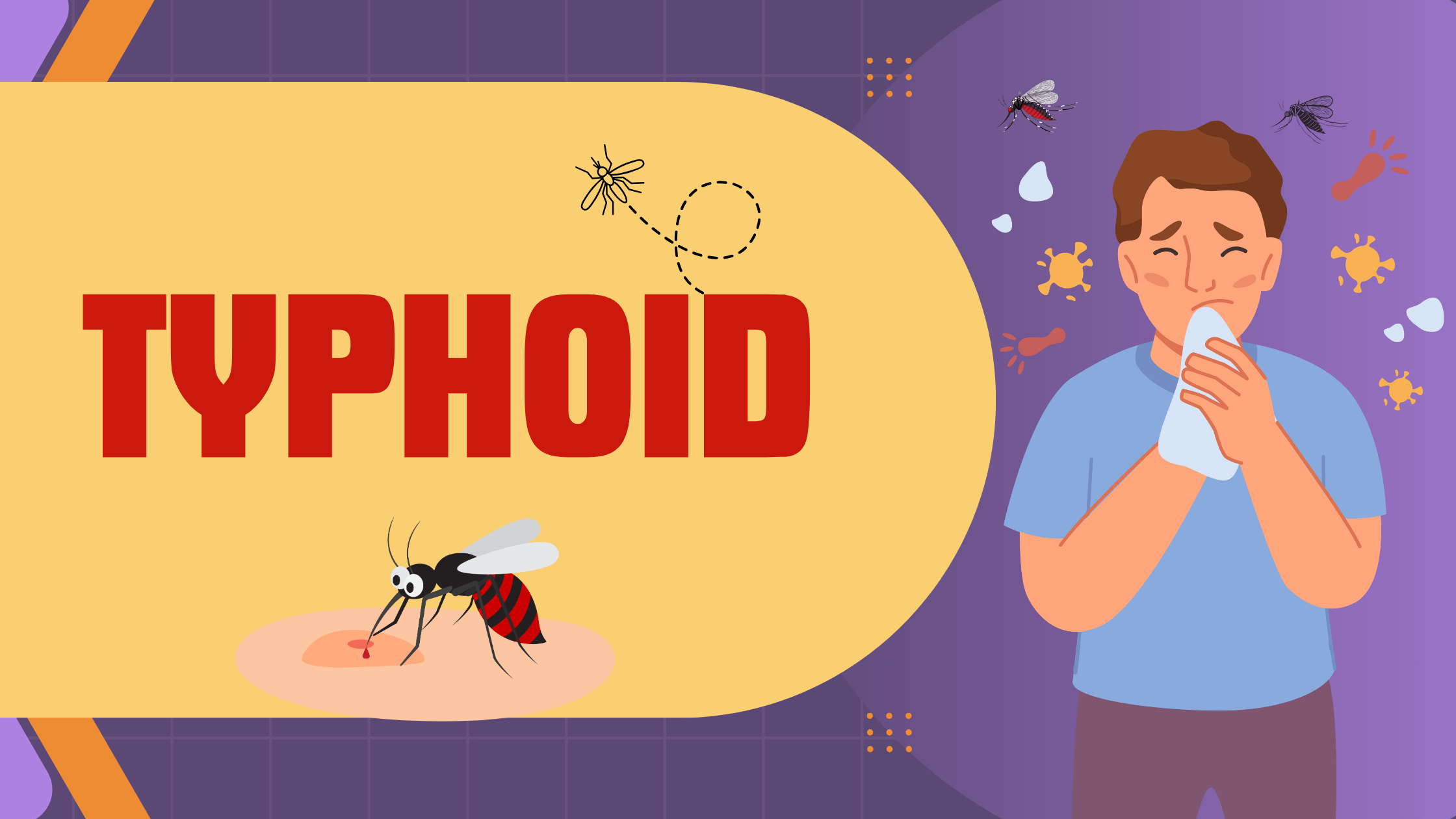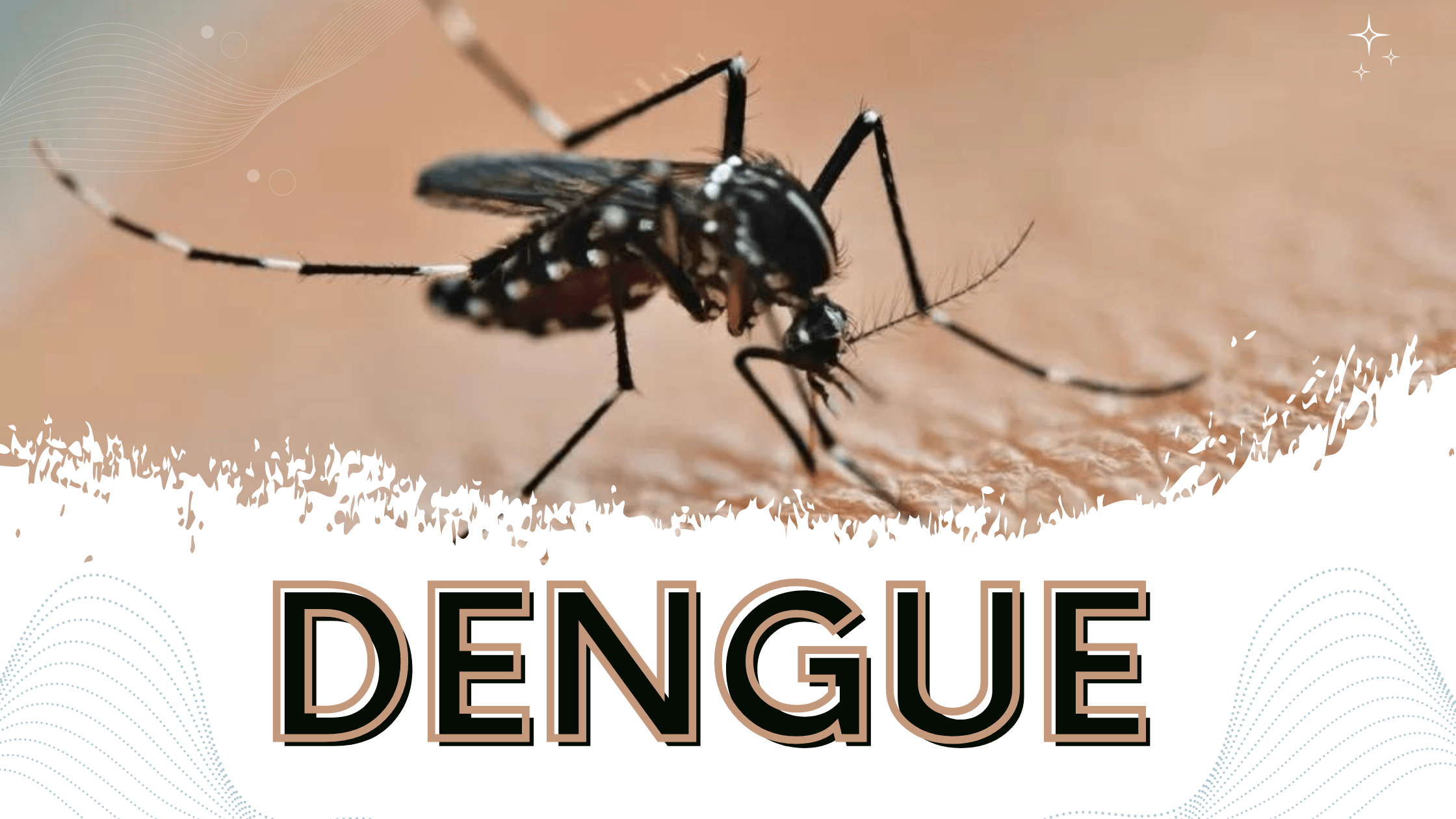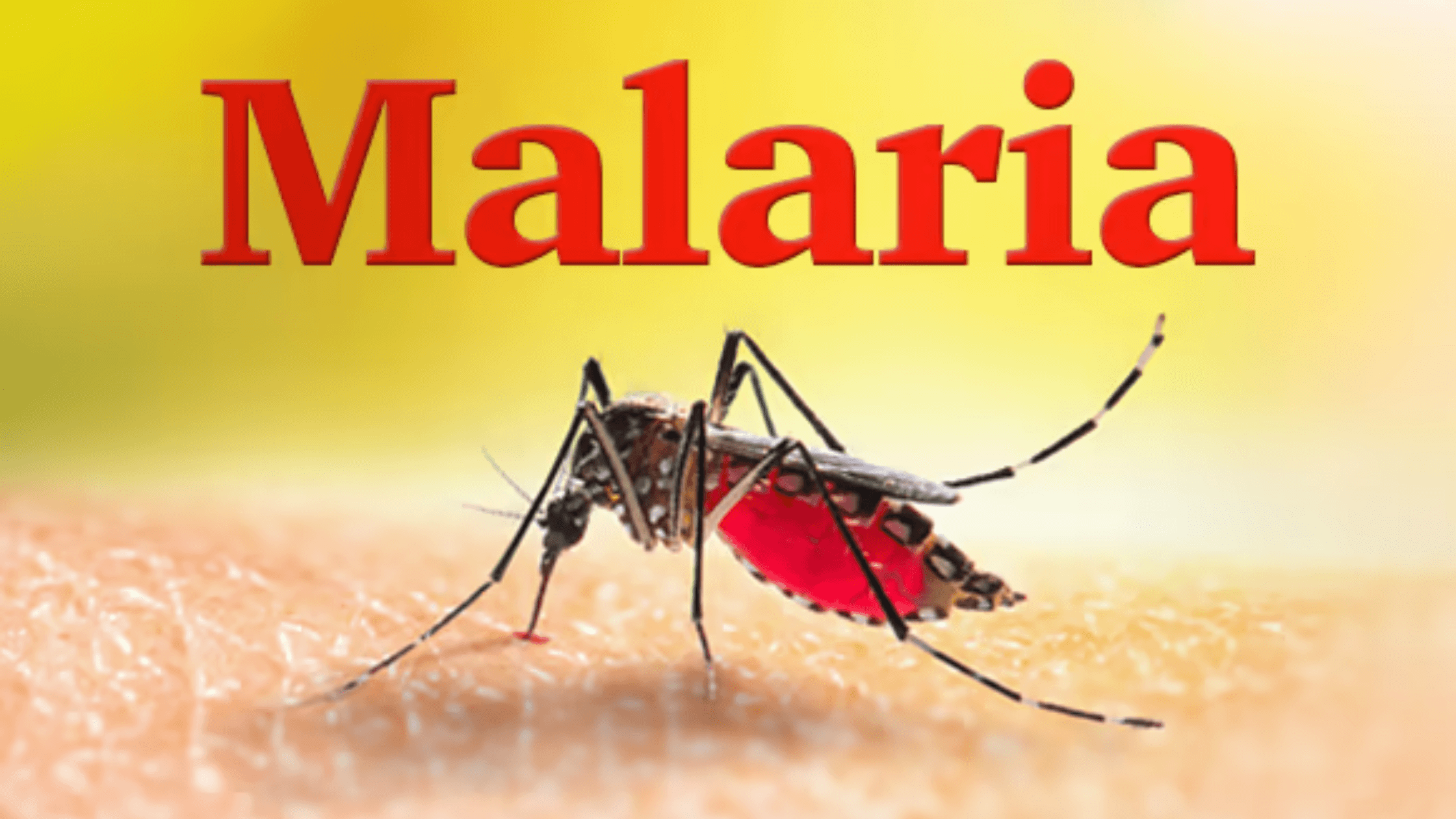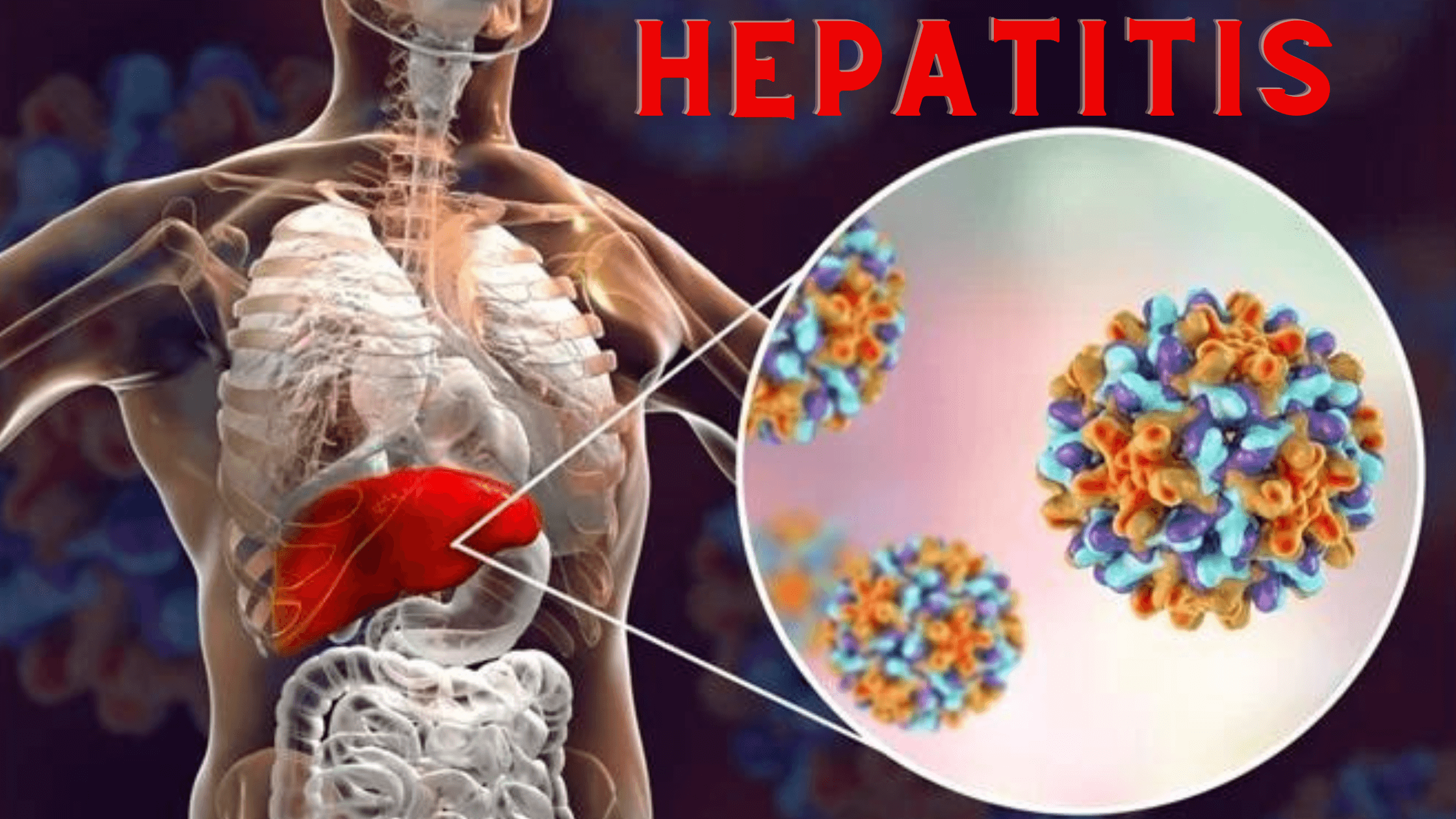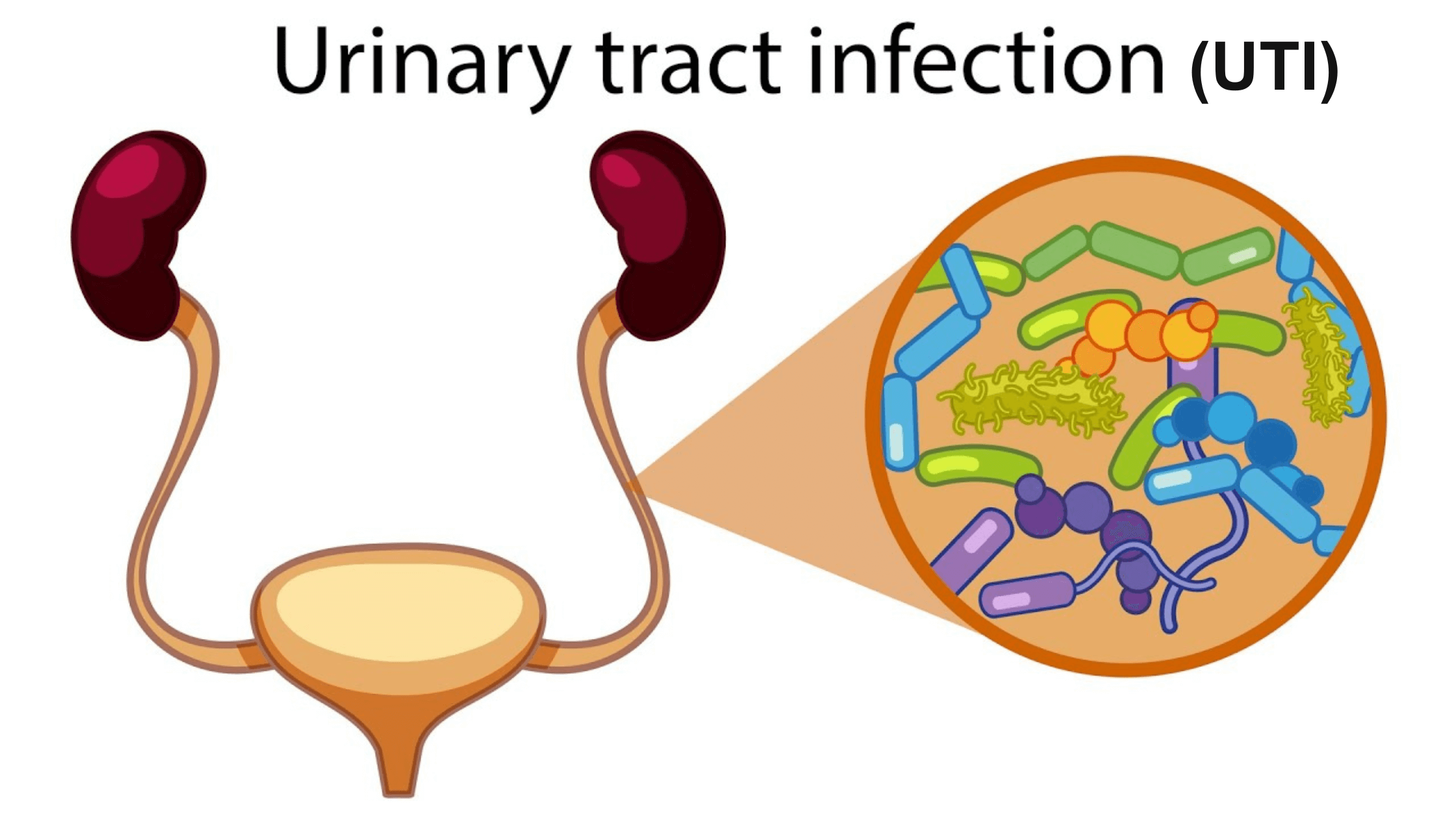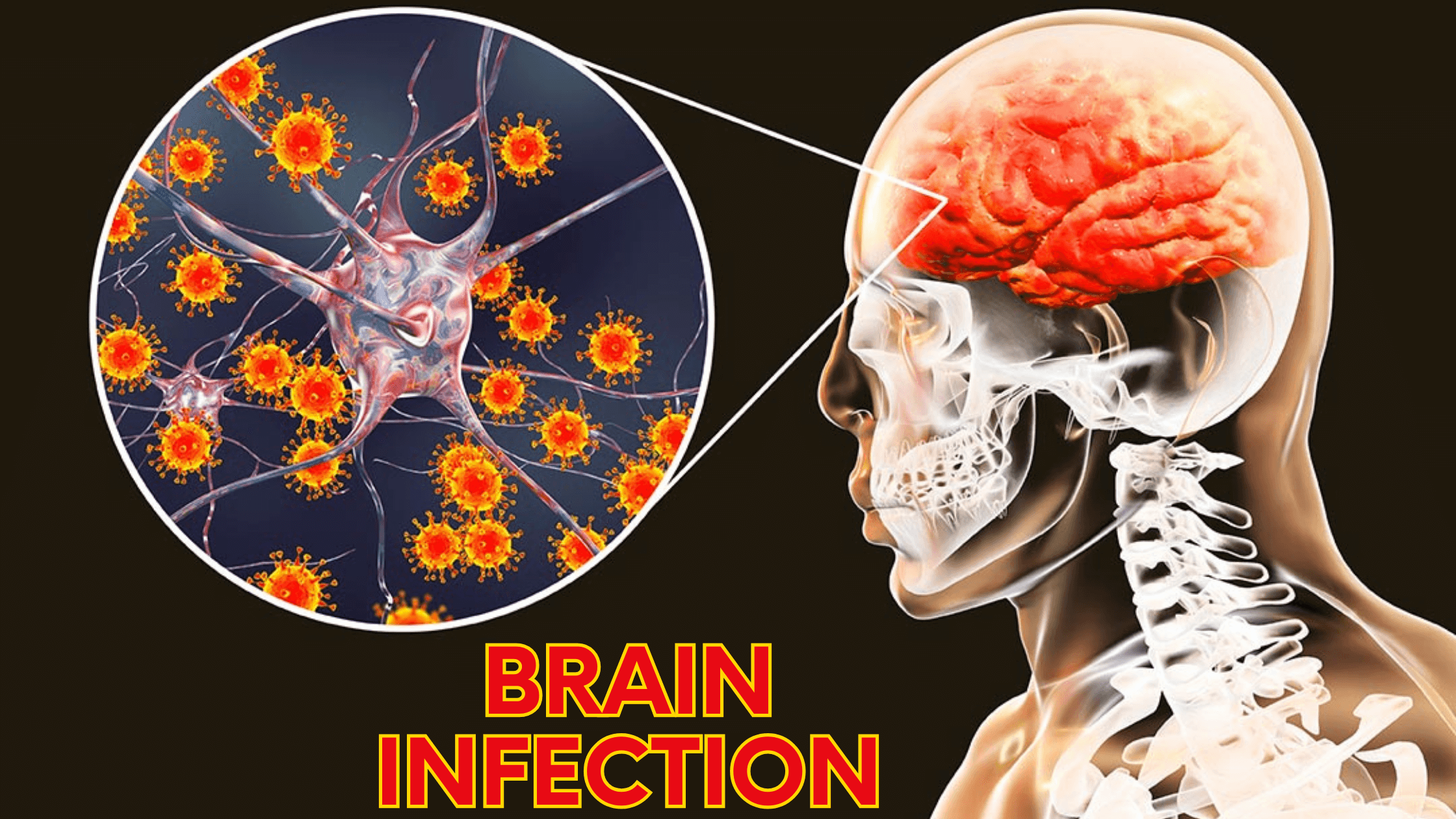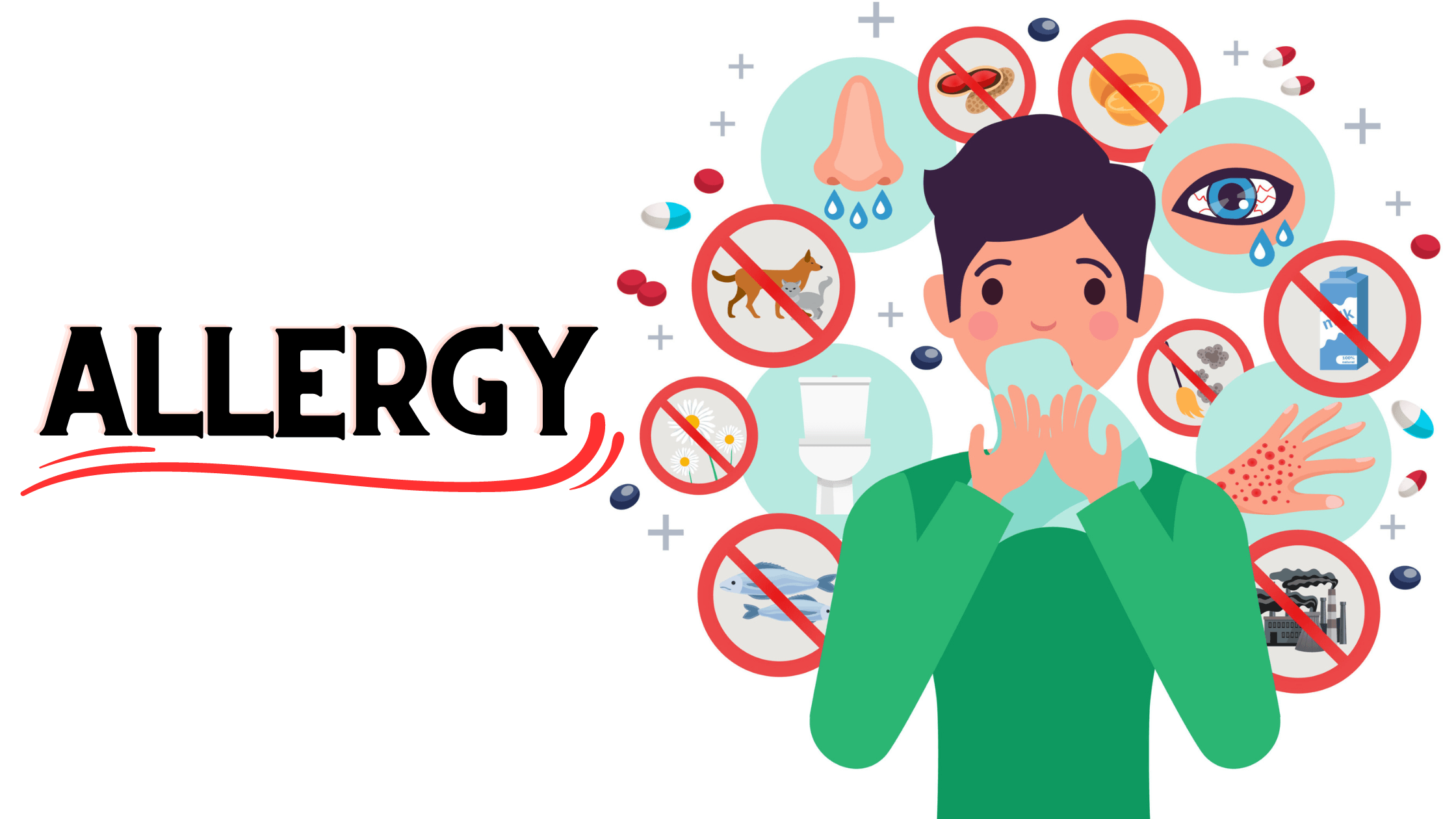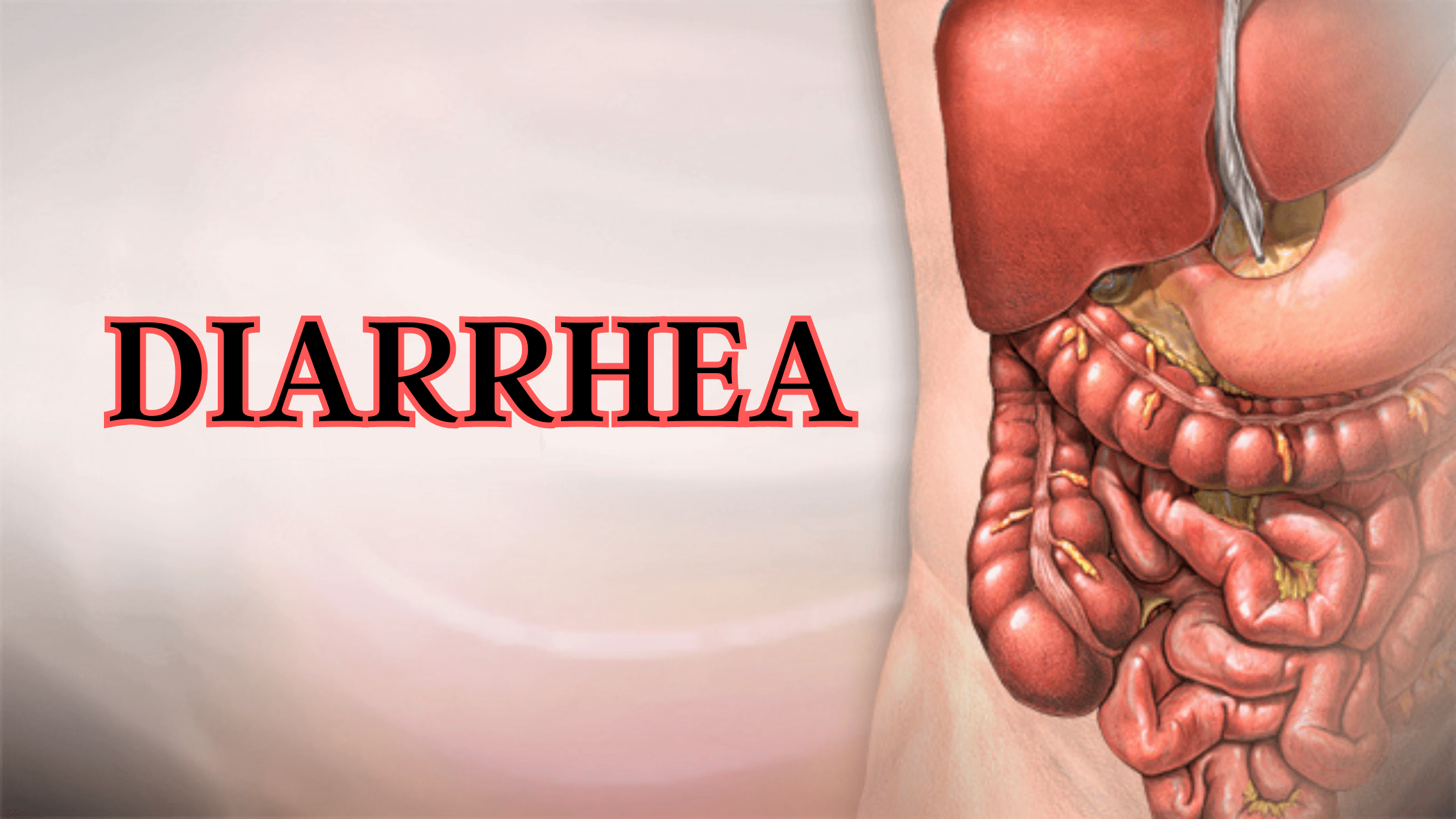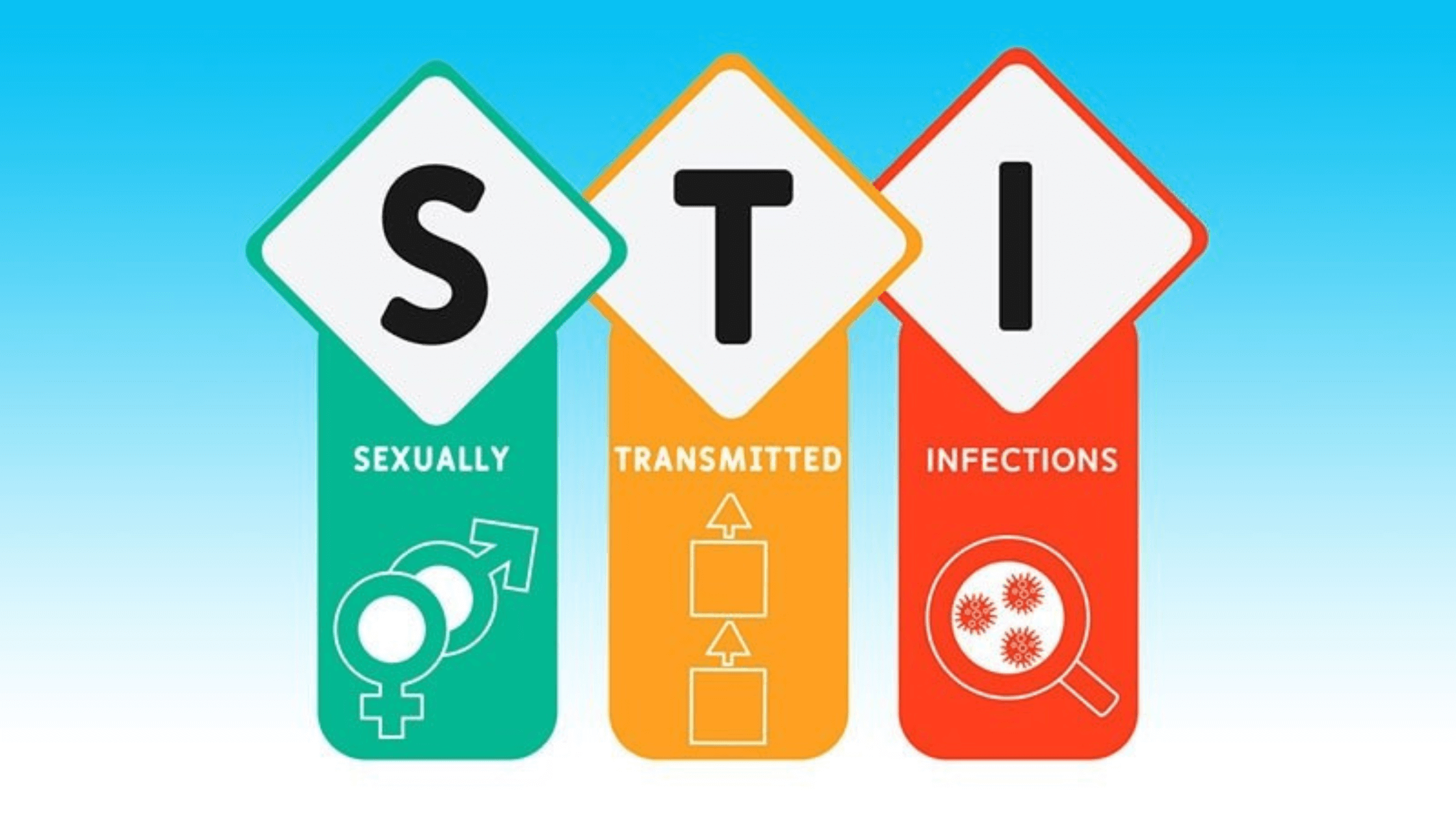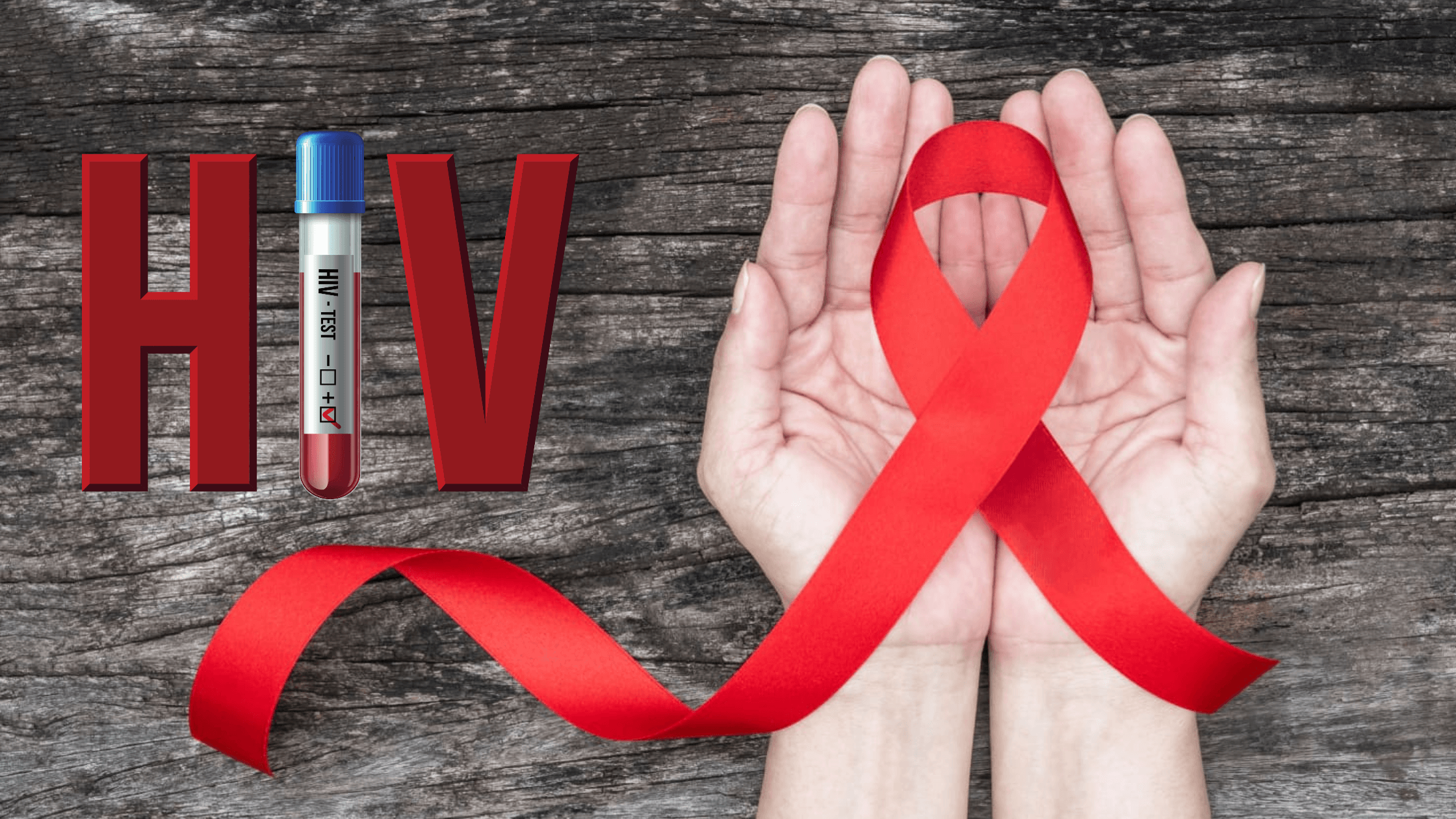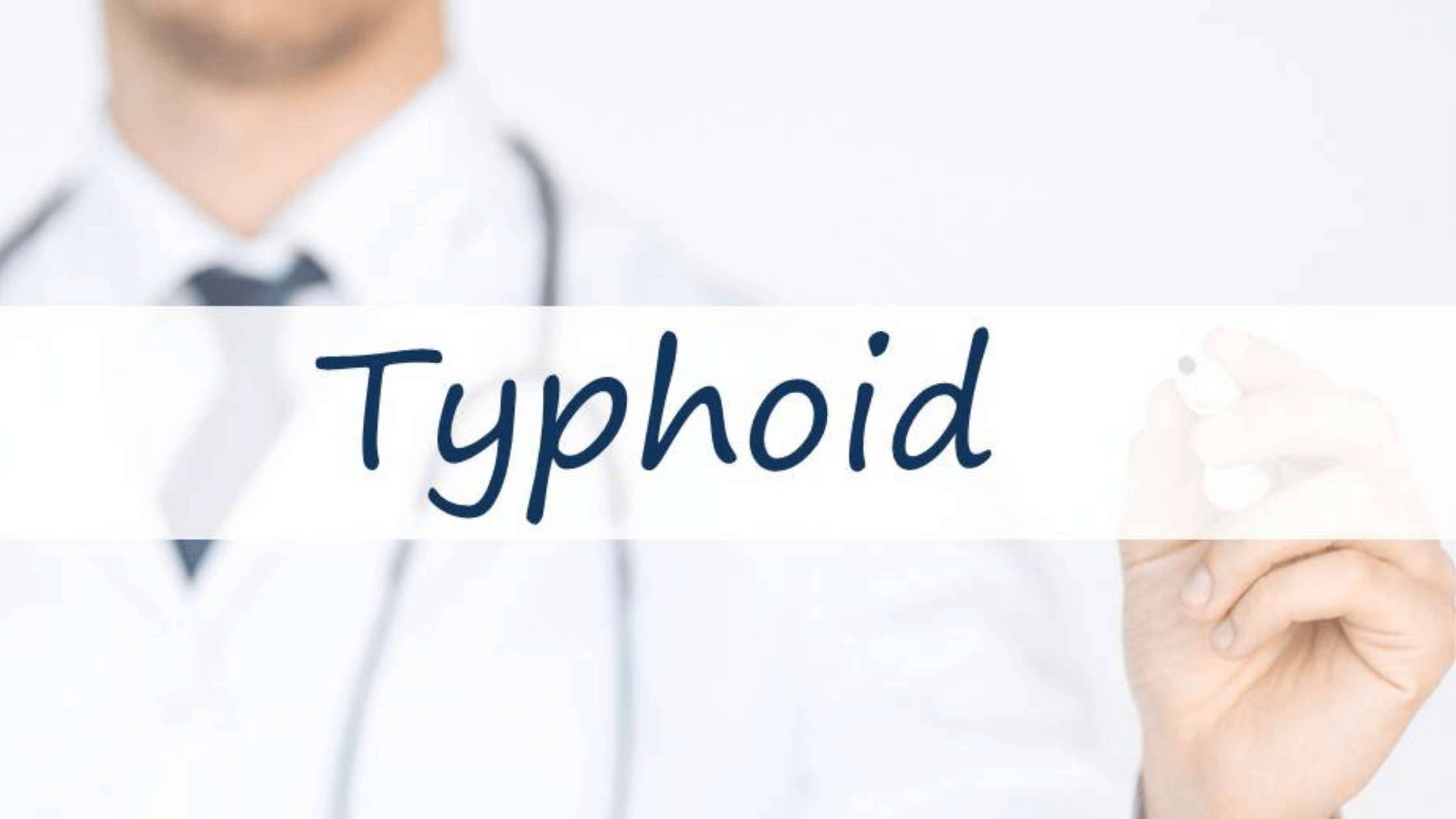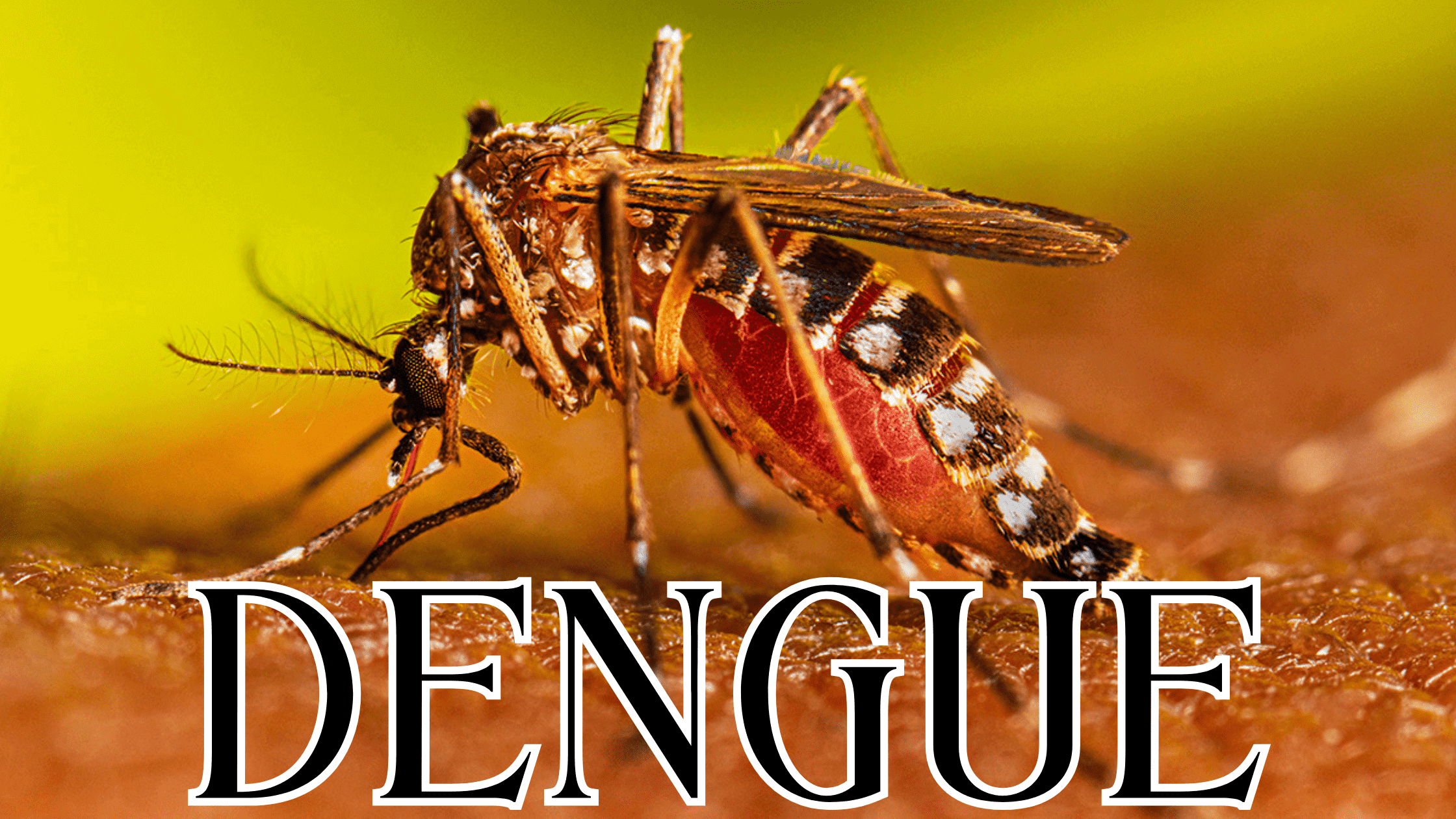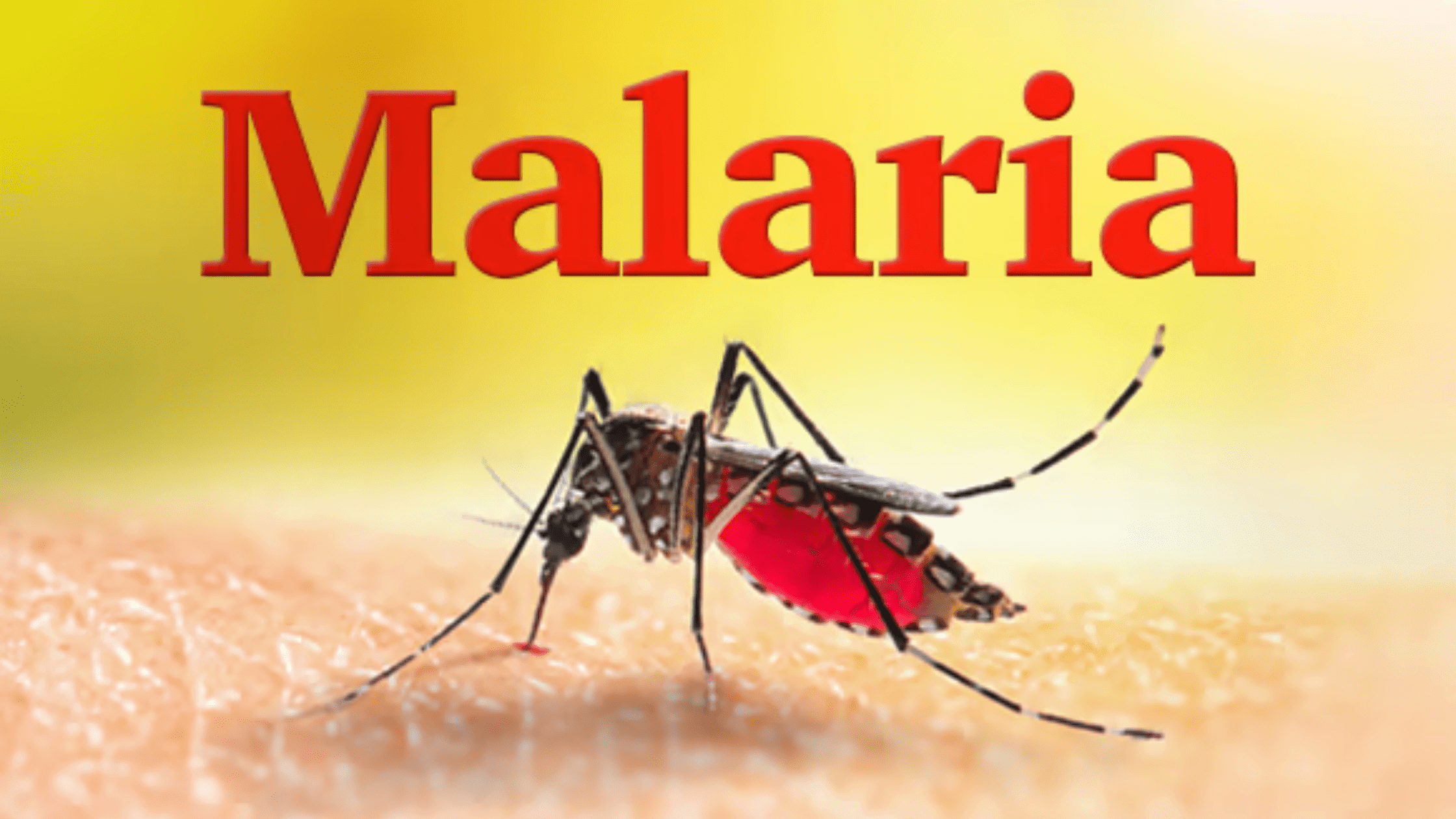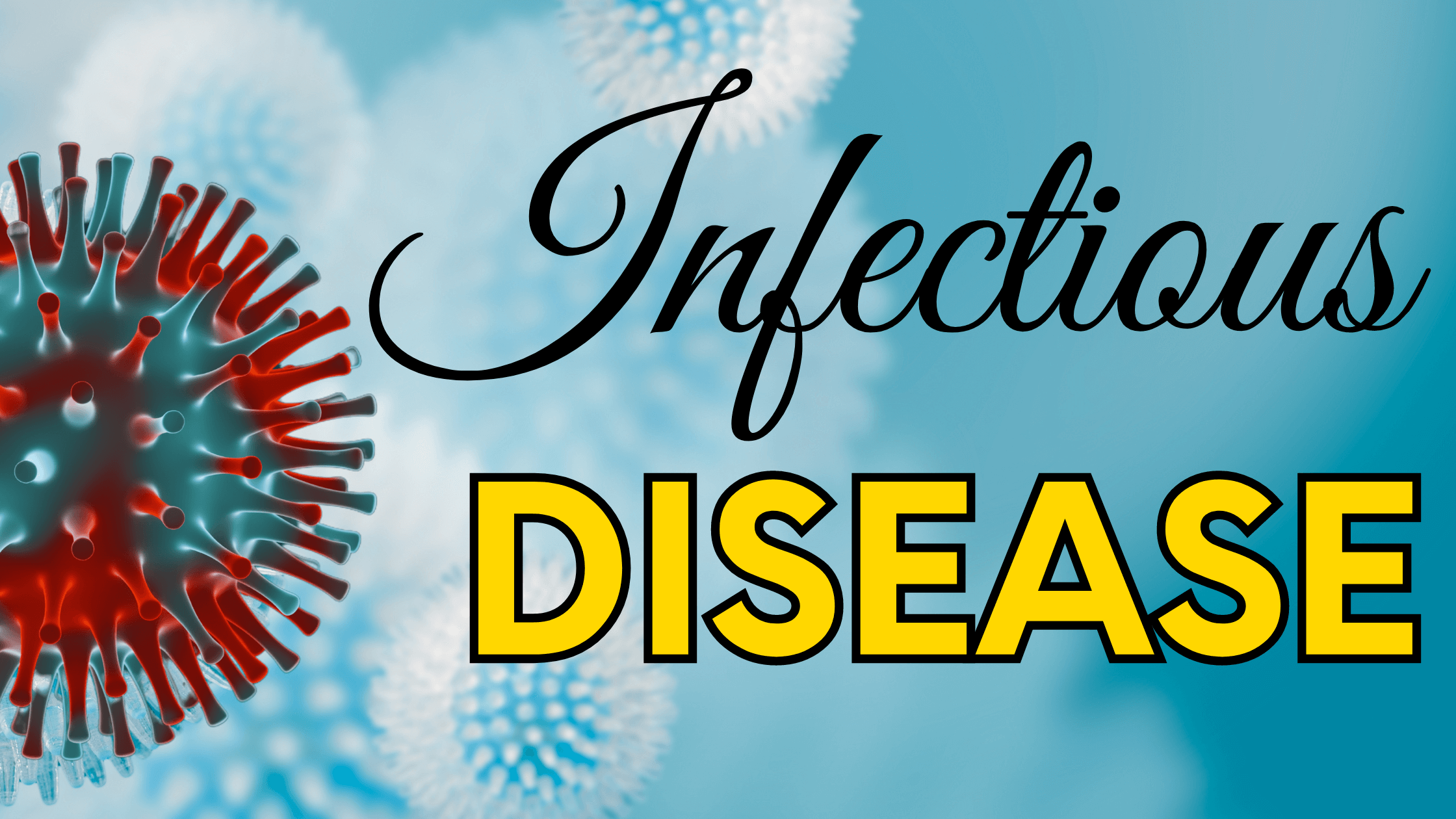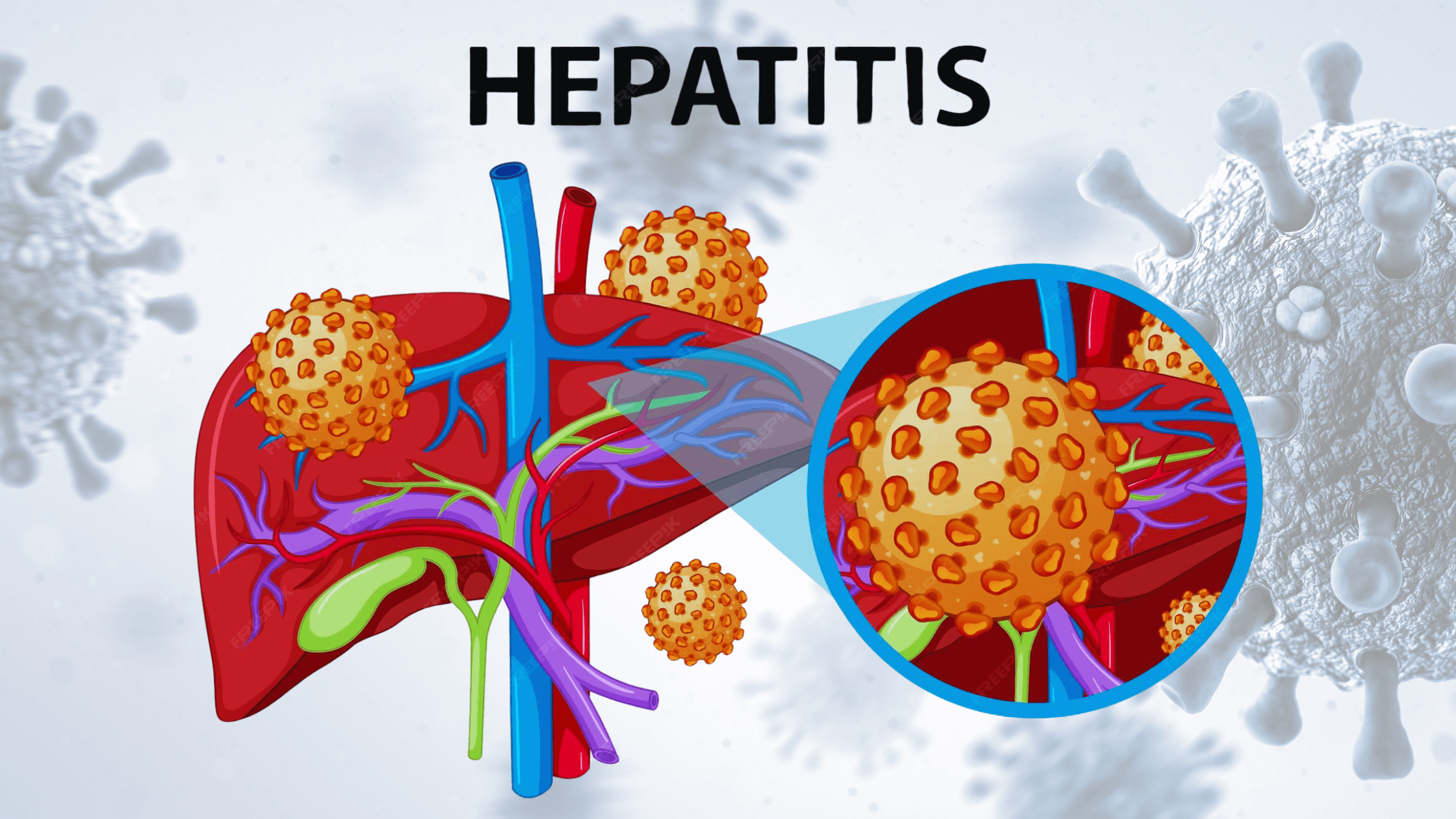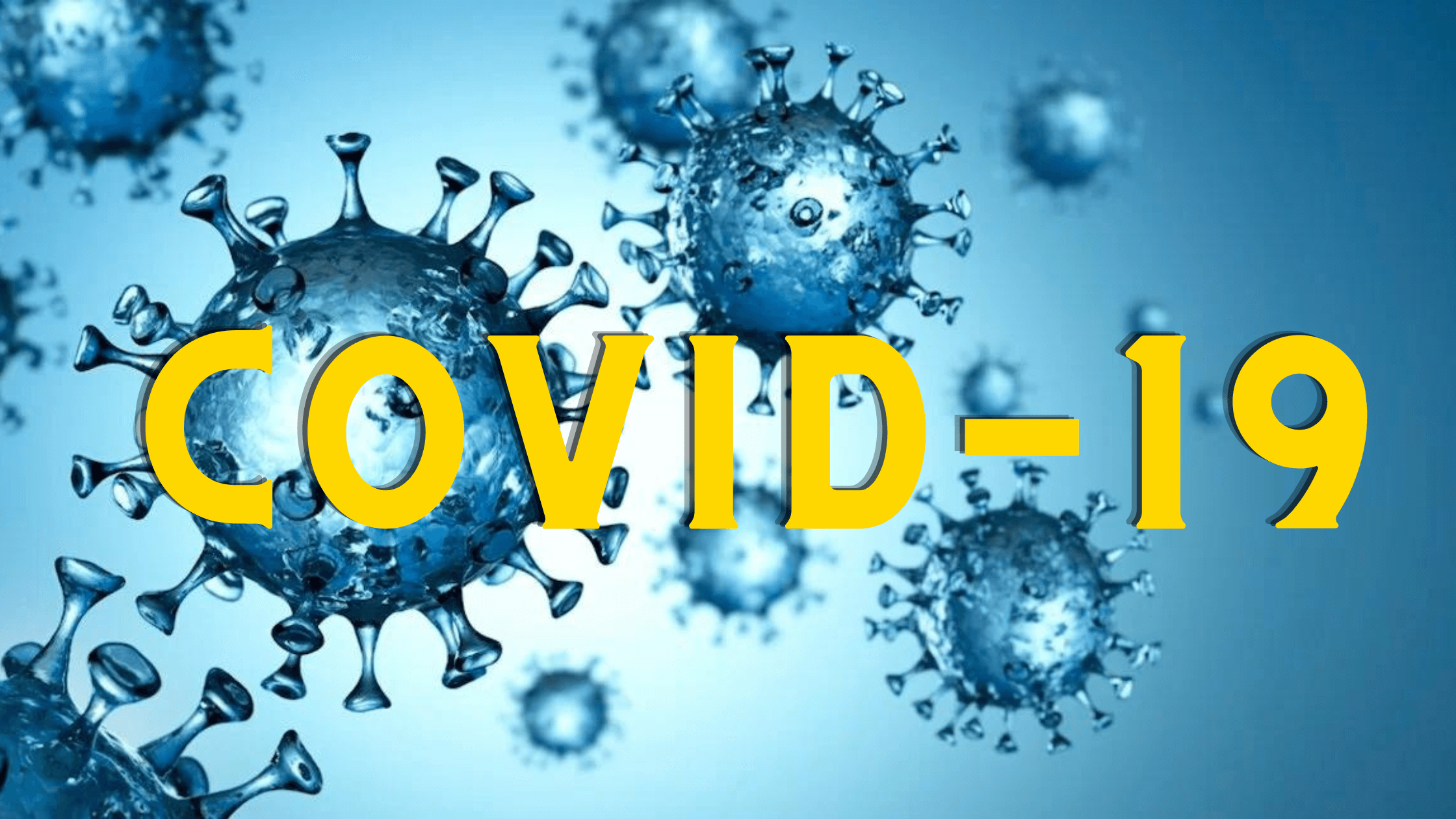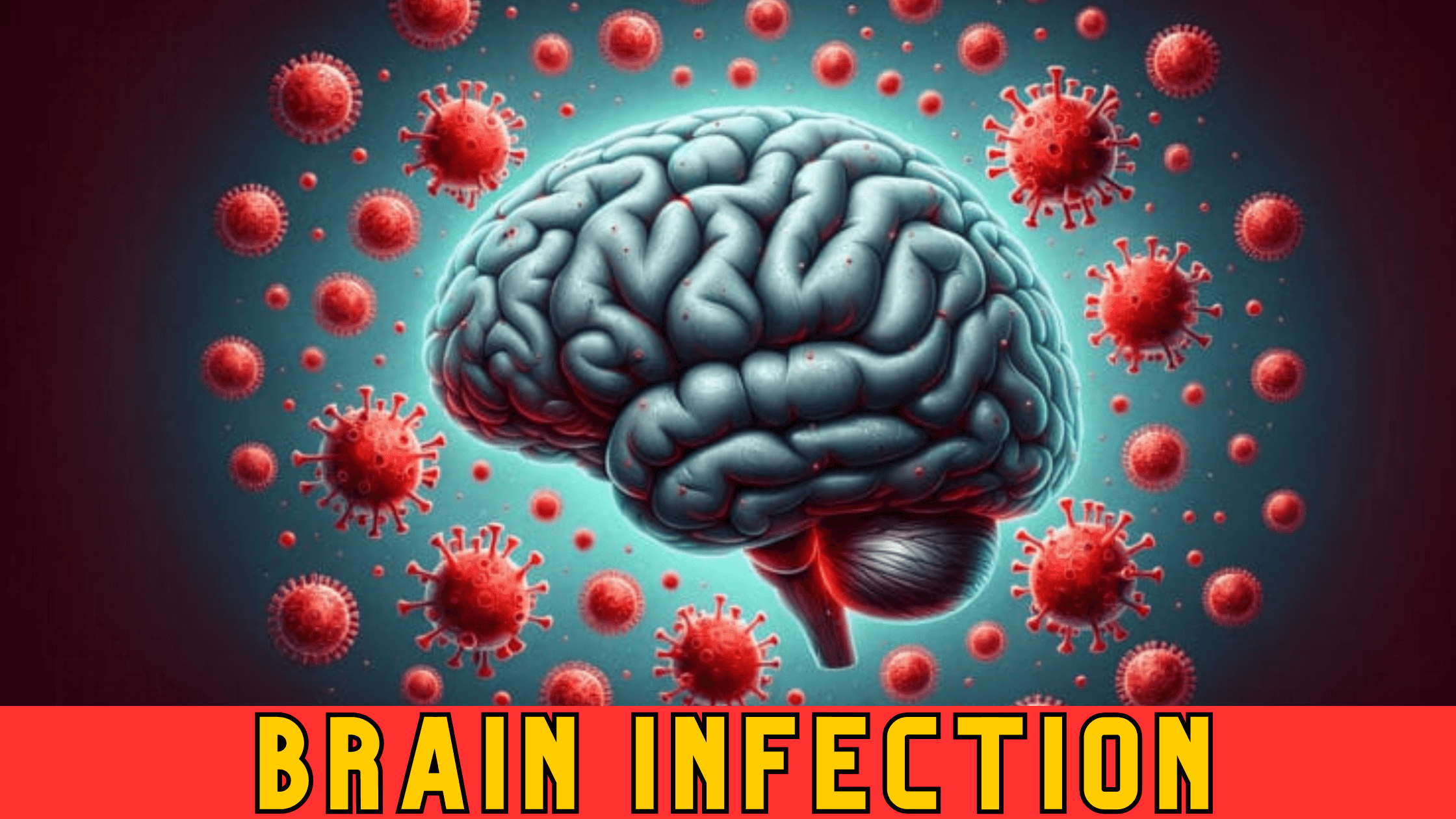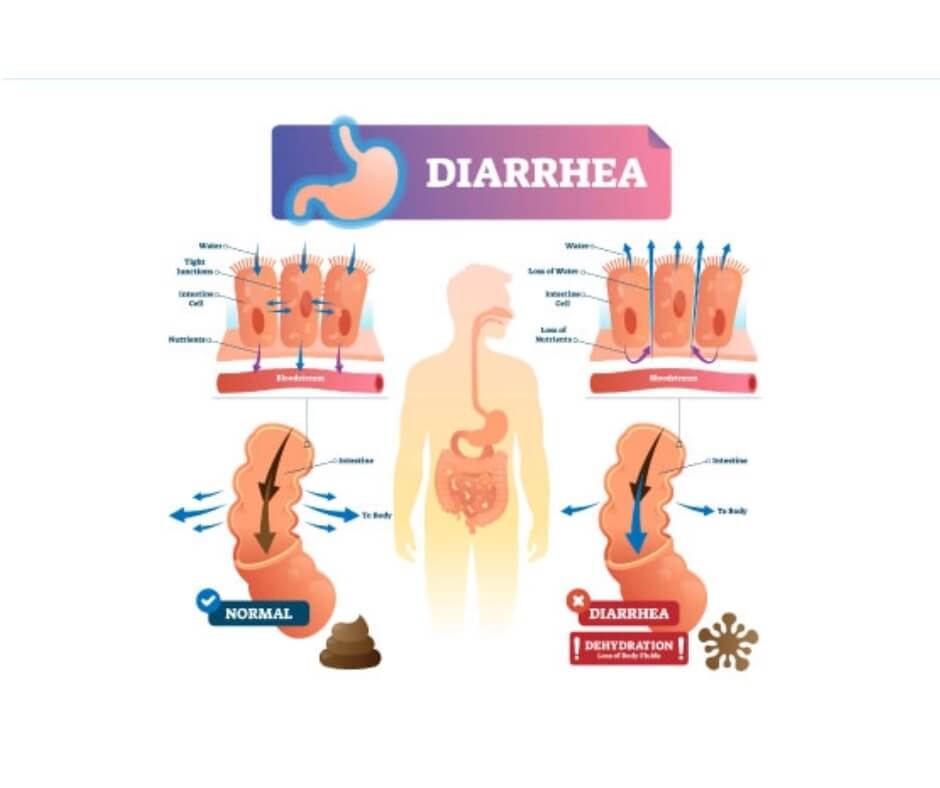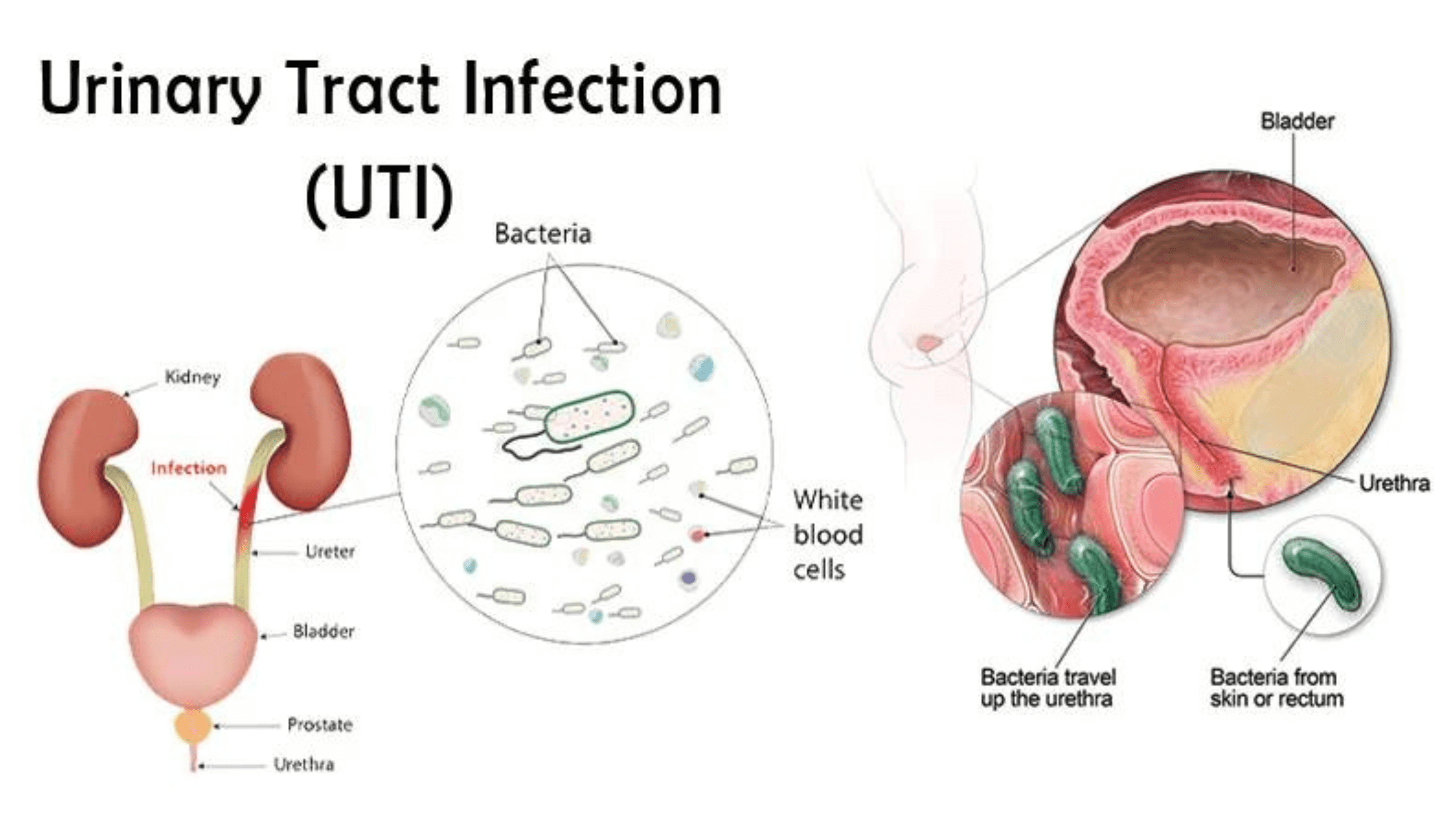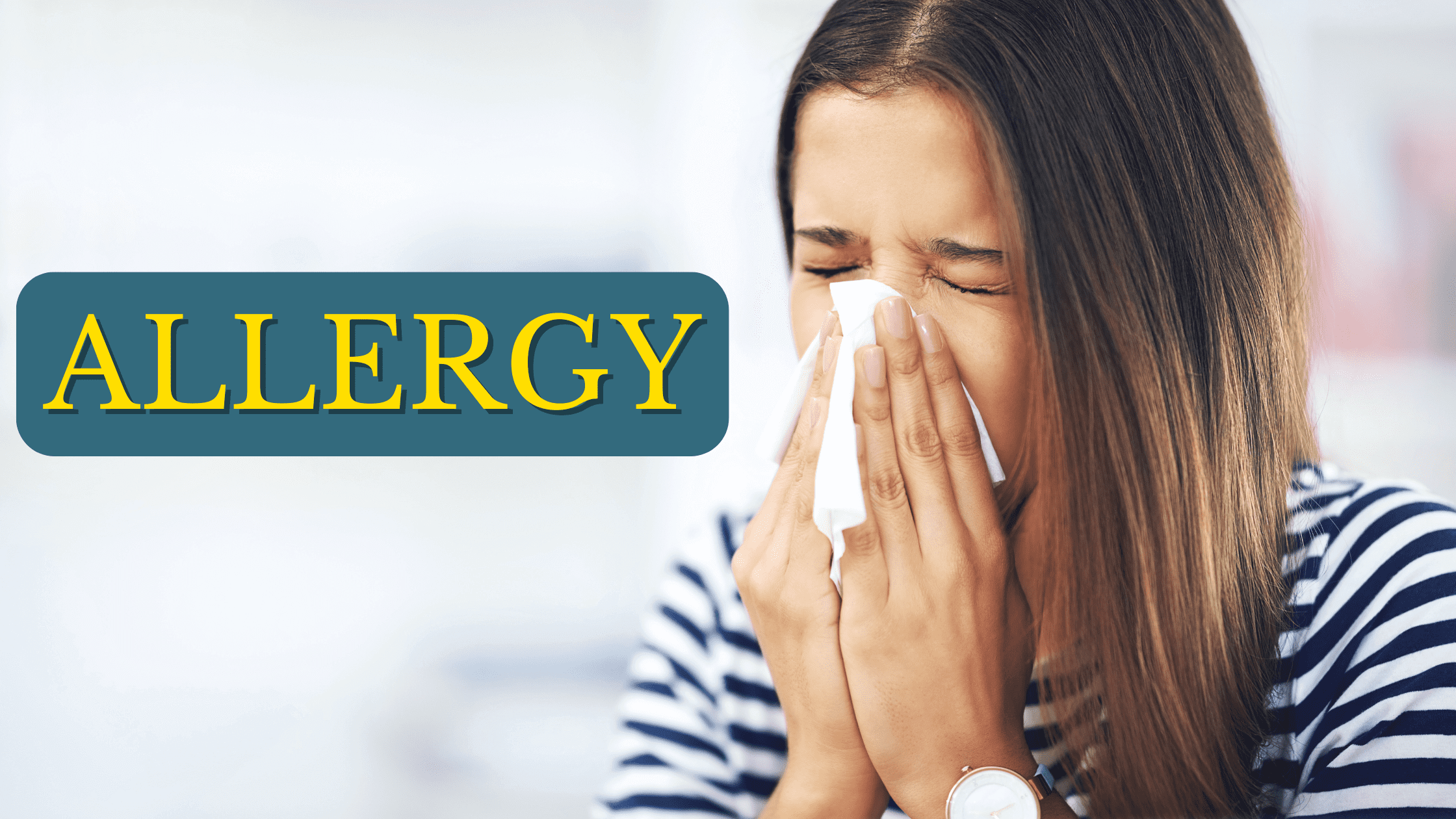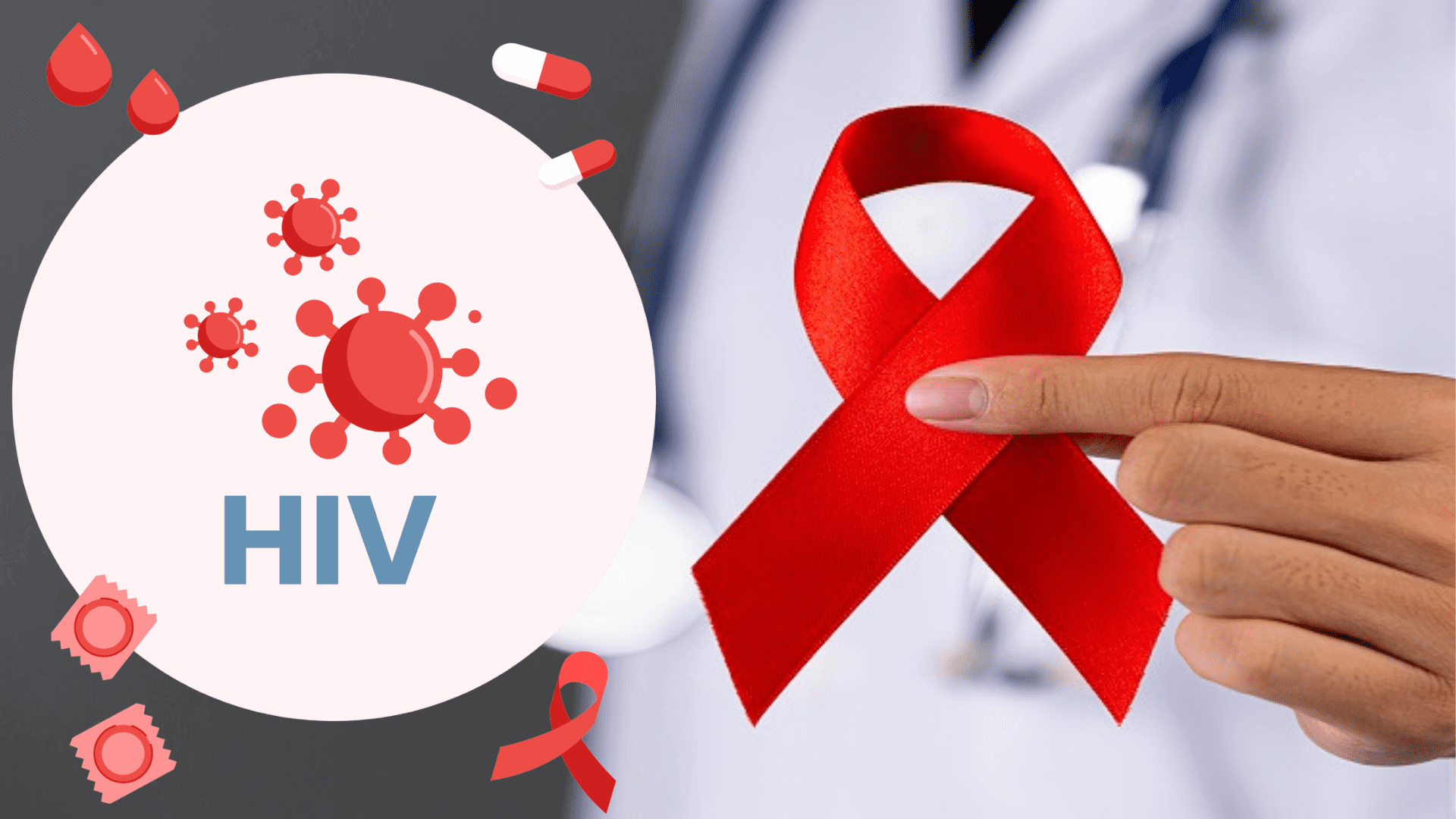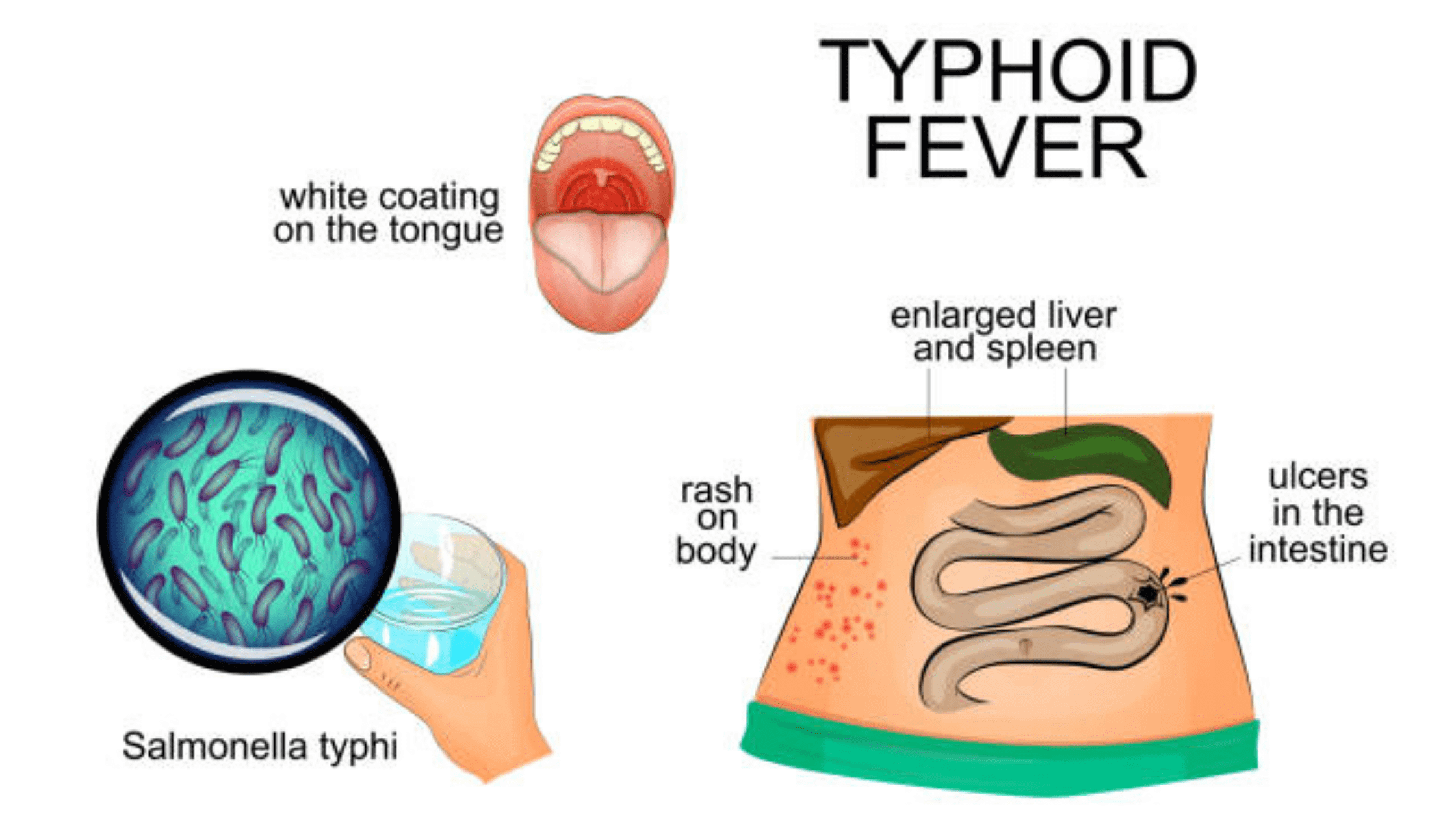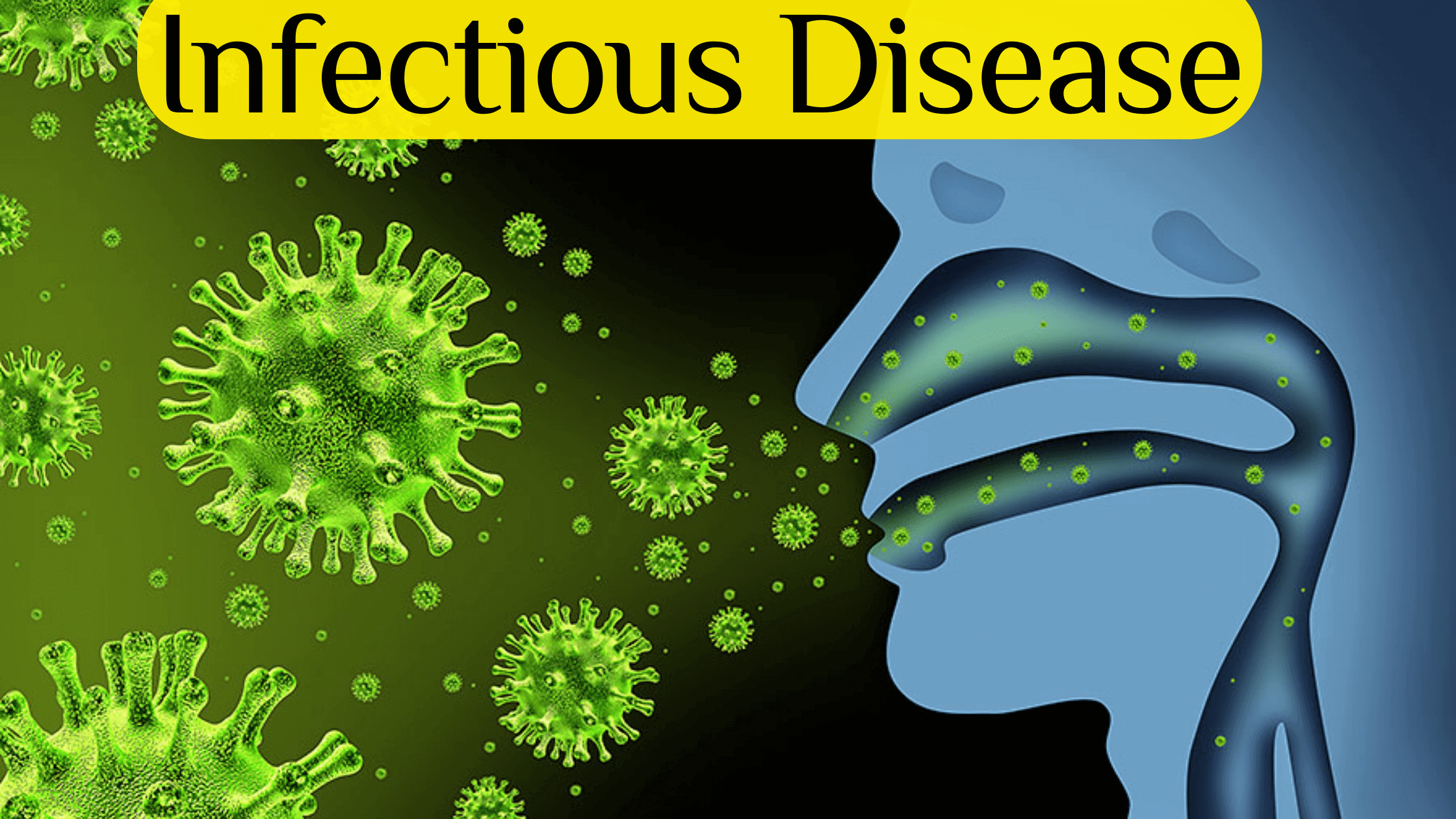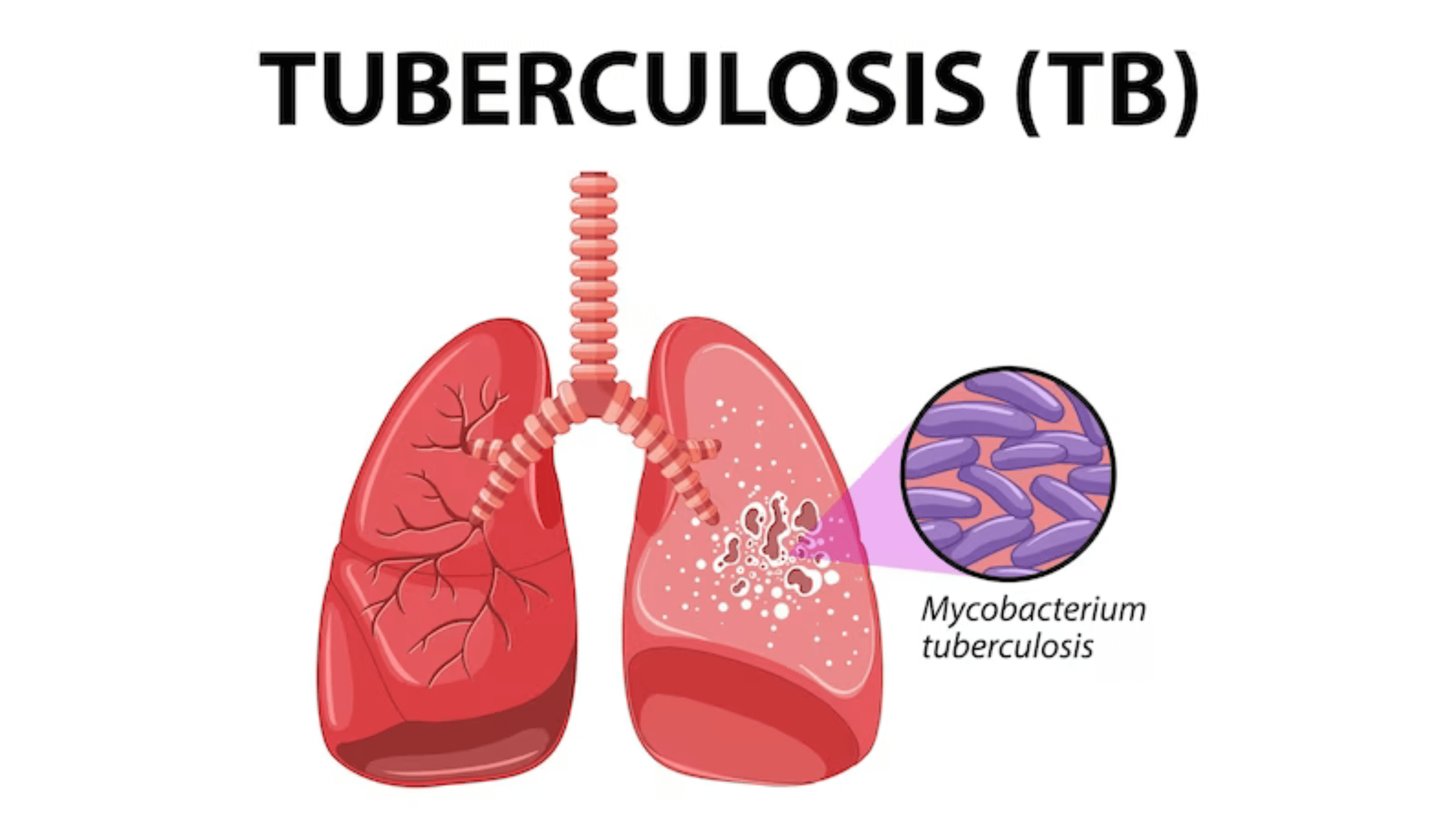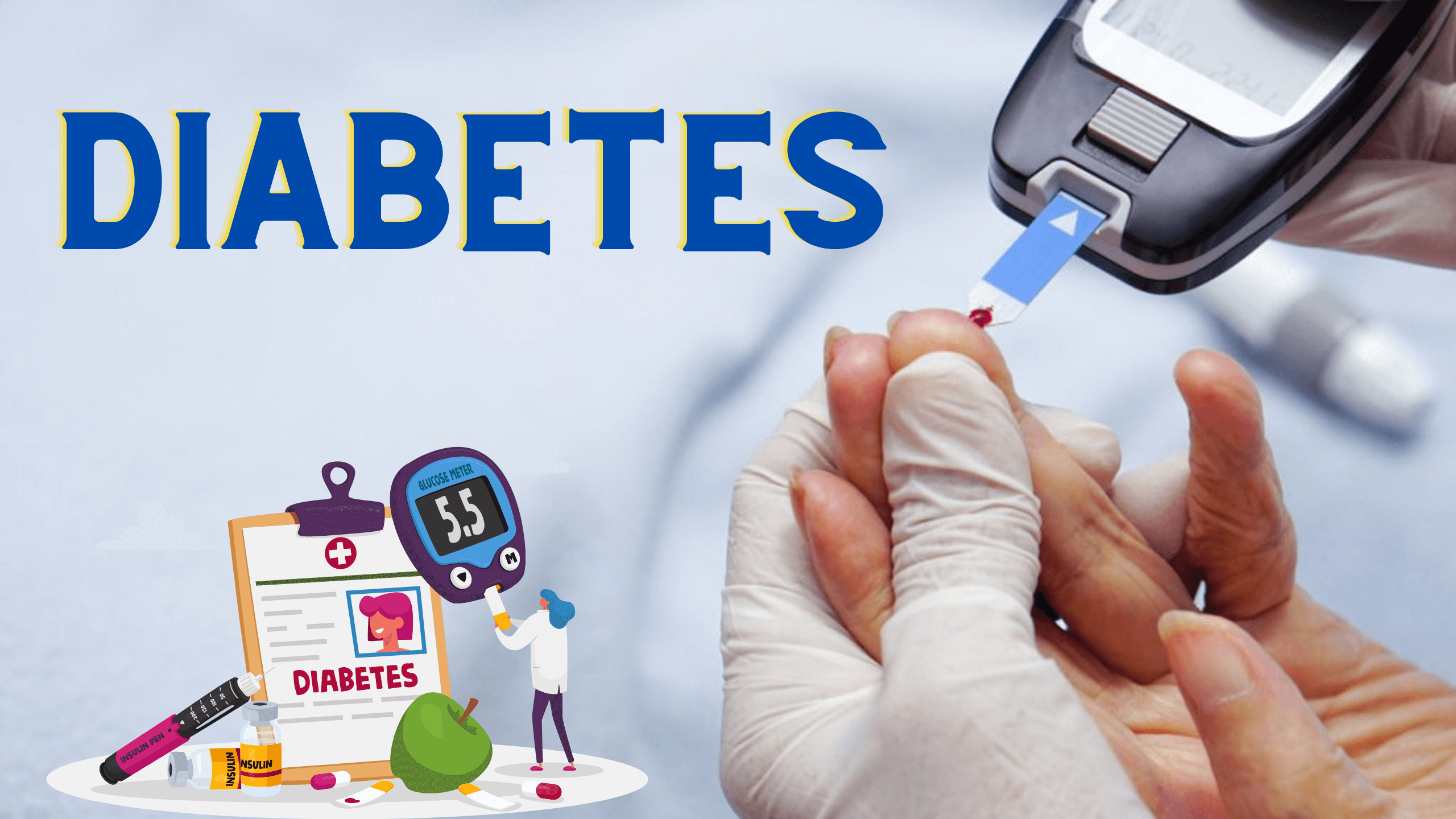
Dr. Swapnil Gautam
MD, DNB, MNAMS
FRCP (London), FICP, FIDSA, FACP
FRCP (Edinburgh), MRCP (London), MRCPS (Glasgow)
PG. Diploma Infectious Diseases (University of New South Wales, Sydney)
PG. Diploma Infectious Diseases (London School of Hygiene & Tropical Medicine)

Dr. Swapnil Gautam
MD, DNB, MNAMS
FRCP (London), FICP, FIDSA, FACP
FRCP (Edinburgh), MRCP (London), MRCPS (Glasgow) PG. Diploma Infectious Diseases
(University of New South Wales, Sydney)
PG. Diploma Infectious Diseases
(London School of Hygiene & Tropical Medicine)

ABOUT
DR. SWAPNIL GAUTAM
Dr Swapnil Gautam has received MBBS & MD qualifications from the prestigious institute of Grant Medical College & Sir J J Group of Hospitals, Mumbai. He has served as an Assistant Professor in the Department of Medicine in the same institution.
He has a unique distinction of obtaining MRCP from three different colleges - Royal College of Physicians (London), Royal College of Physicians & Surgeons (Glasgow), and Royal College of Physicians (Edinburgh). He is offering his medical services at various premier medical centers of the city & suburbs. He possesses a keen interest in the field of Infectious diseases and have a specialization degree in the same from London School of Hygiene & Tropical Medicine and from the University of New South Wales, Sydney.
He has treated thousands of patient, suffering from Covid-19 infection, during the recent ongoing pandemic. His area of expertise include chest infections: Tuberculosis & Pneumonia, Urinary tract infection, HIV, Hepatitis B, Hepatitis C, Surgical Site infections, Bones & Joints infections, Brain infections, any Abdominal infections and Tropical infections like Malaria, Typhoid, Dengue, Scrub Typhus, Chikungunya and Leptospirosis. He also deals with the prevention and management of health problems of International travelers. He guides about the vaccination of Adult Population, which is one of the most ignored part of our health care services. He has also successfully treated numerous patients suffering from Diabetes Mellitus, Hypertension, Asthma, Allergy and Thyroid disorders.
He is a highly regarded speaker at various national & international forums and has several publications in the journals of international repute.
ABOUT
DR. SWAPNIL GAUTAM

Dr Swapnil Gautam has received MBBS & MD qualifications from the prestigious institute of Grant Medical College & Sir JJ Group of Hospitals, Mumbai. He has served as an assistant professor in the Department of Medicine int he same Institution.
He has a unique distinction of obtaining MRCP from three different colleges - Royal College of Physicians (London), Royal College of Physicians & Surgeons (Glasgow), and Royal College of Physicians (Edinburgh). He is offering his medical services at various premier medical centers of the city & it's suburbs. He possesses a keen interest in the field of Infectious diseases and have a specialization degree in same from London School of Hygiene & Tropical Medicine and from the University of New South Wales, Sydney.
He has treated thousands of patients, suffering from Covid-19 infection, during the pandemic. His area of expertise include chest infections: Tuberculosis & Pneumonia, Urinary tract infection, HIV, Hepatitis B, Hepatitis C, Surgical Site infections, bones & joints infections, brain infections, any abdominal infections and tropical infections like malaria, typhoid, dengue, scrub typhus, chikungunya and leptospirosis. He also deals with the prevention and management of health problems of international travelers. He guides about the vaccination of adult population, which is one of the most ignored part of our health care services. He has also successfully treated numerous patients suffering from diabetes mellitus, hypertension, asthma, allergy and thyroid disorders.
He is a highly regarded speaker at various national & international forums and has several publications in the journals of international repute.
FEATURED ON

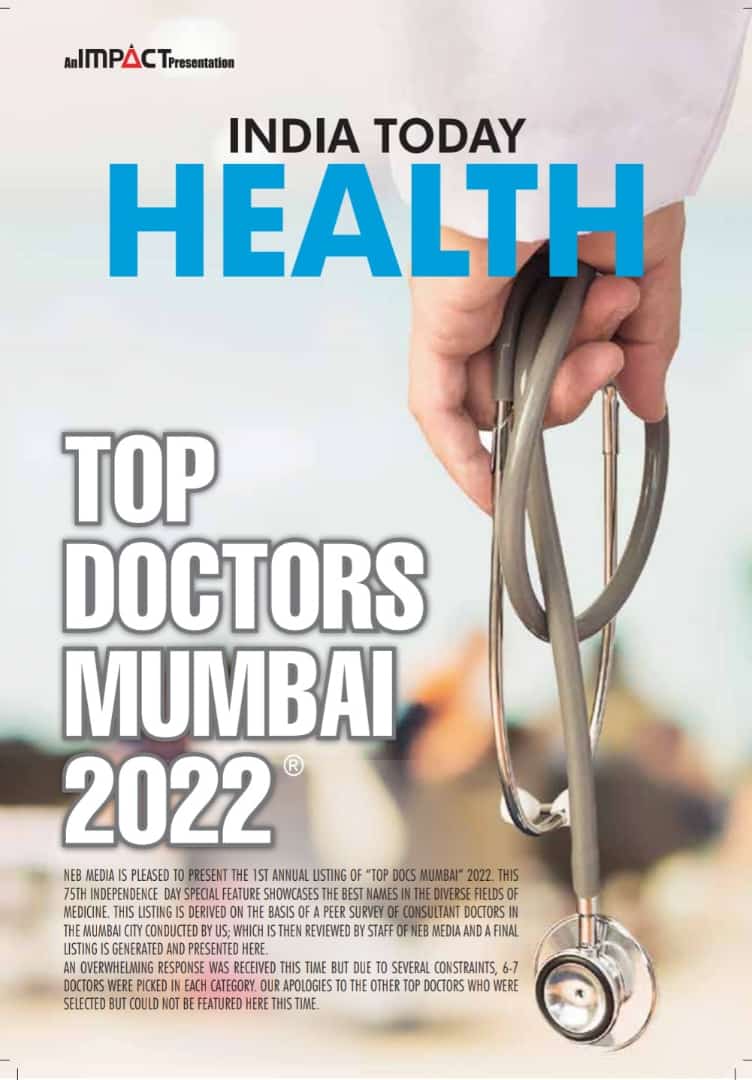
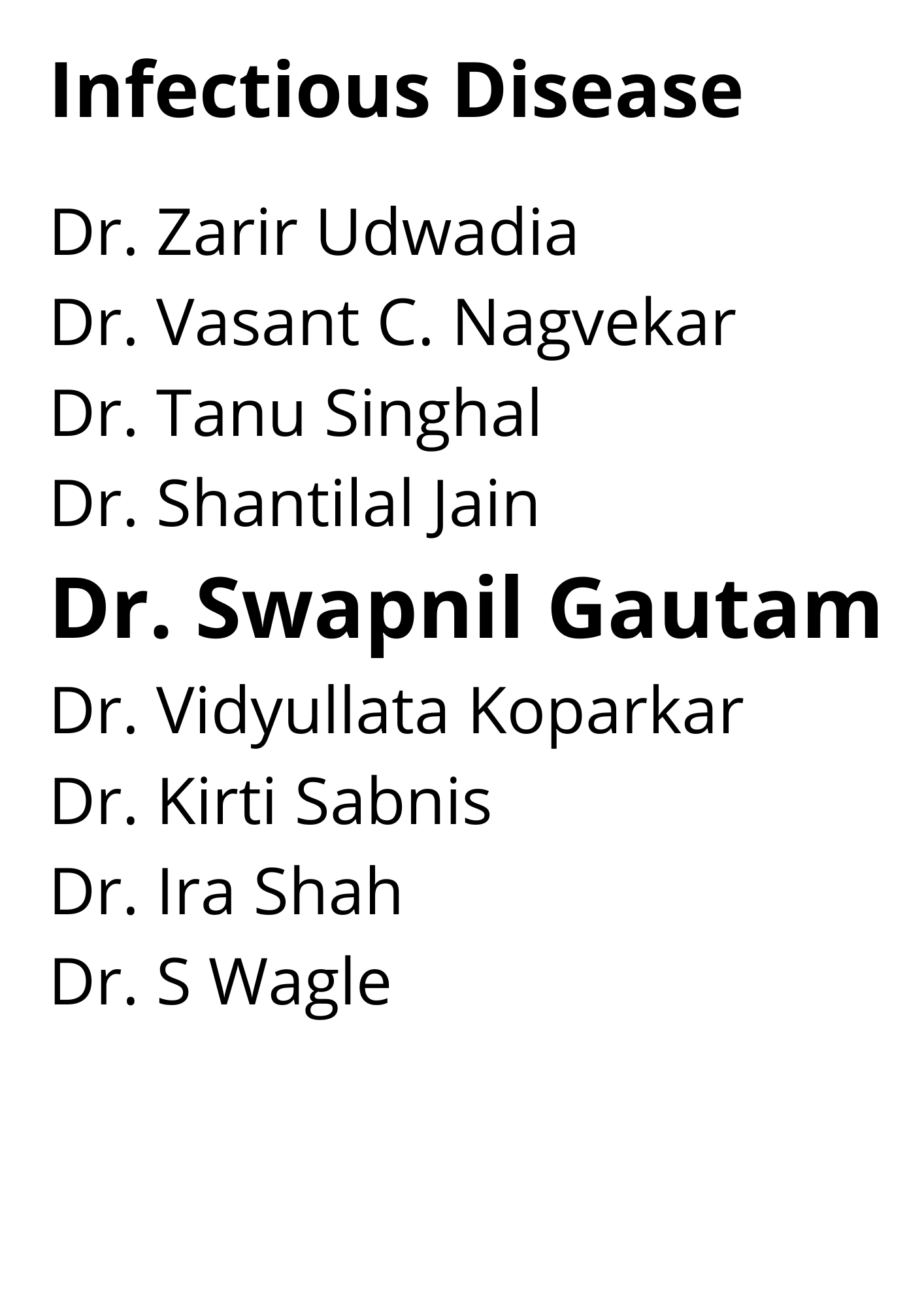

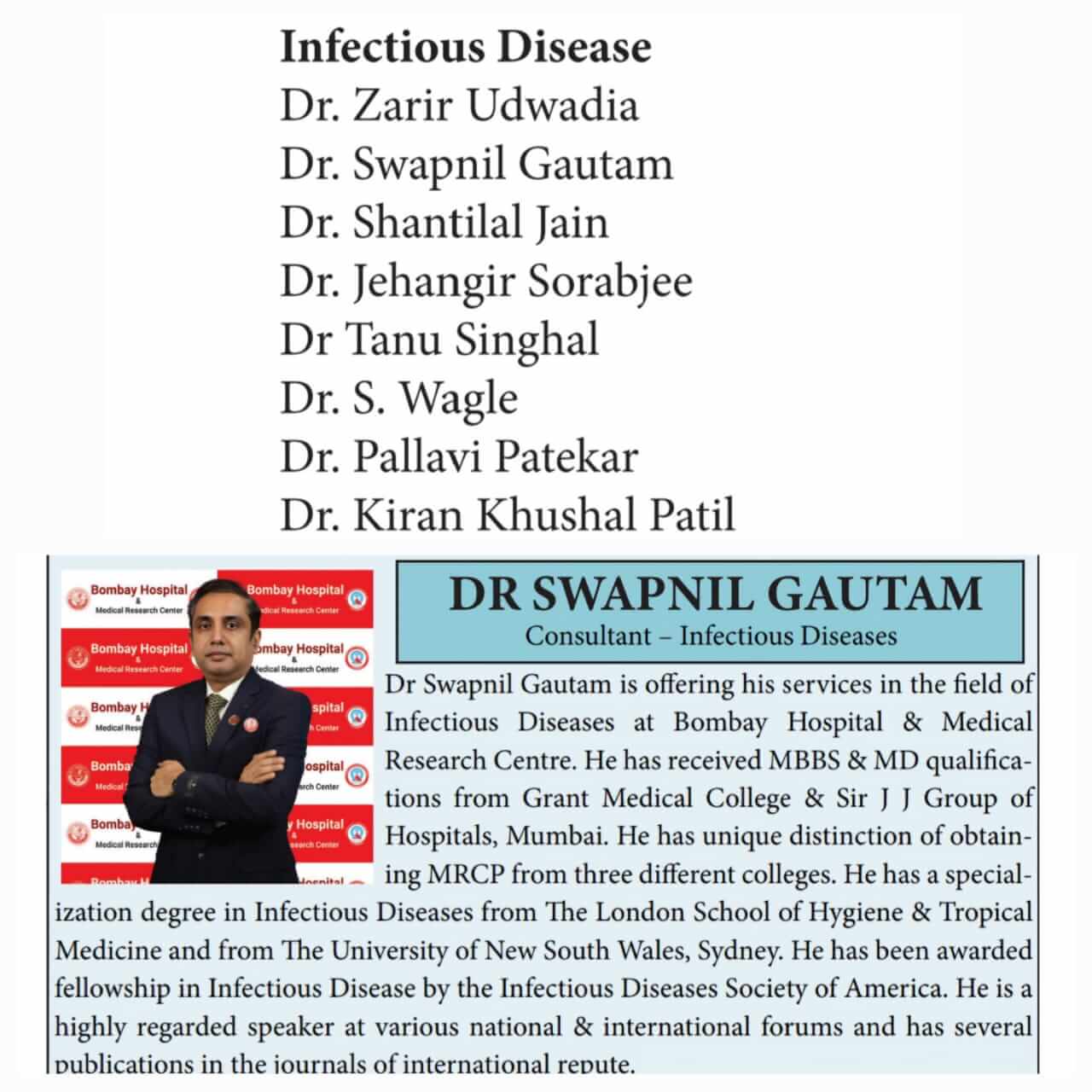
MEDIA PUBLICATION
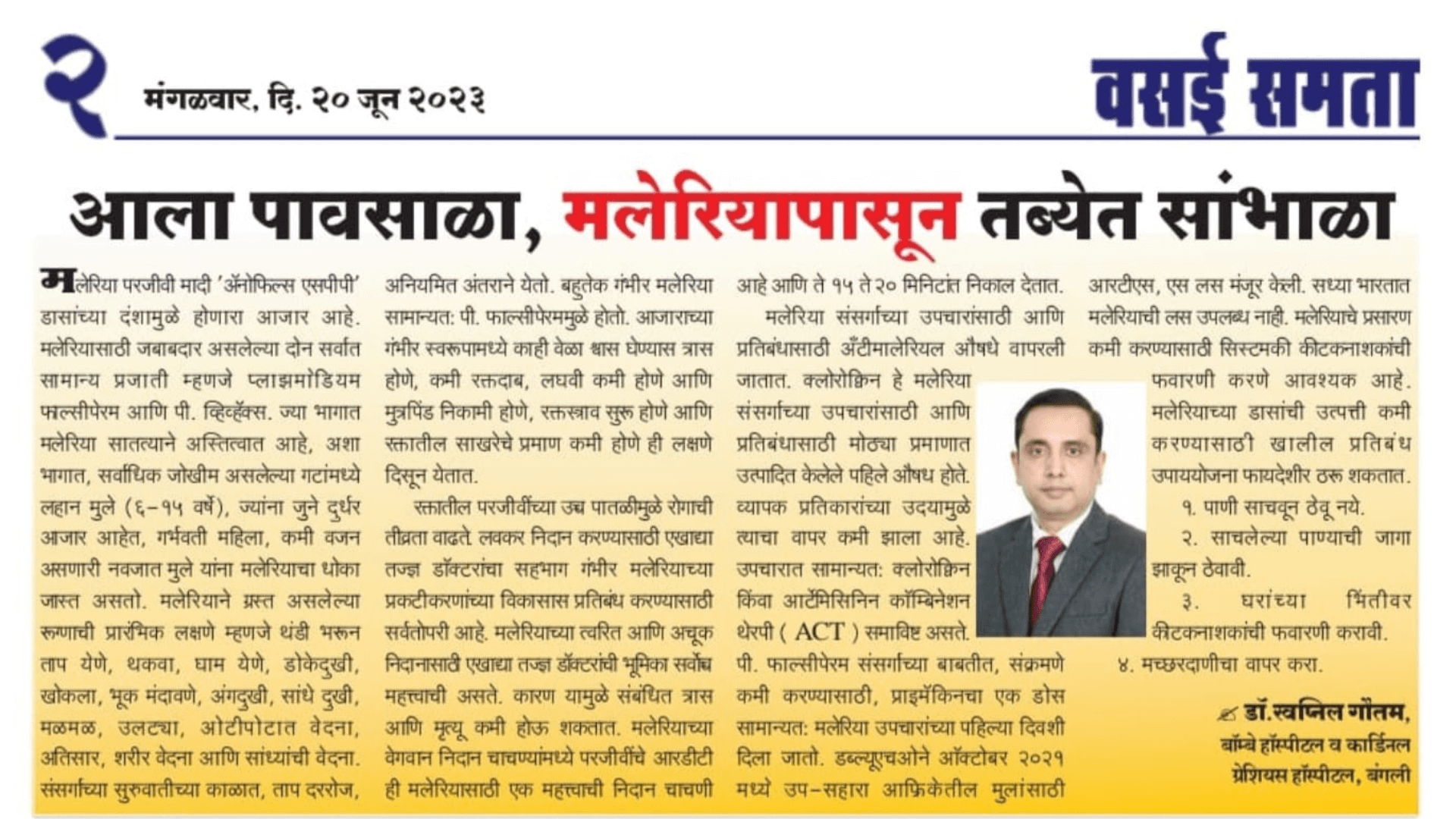
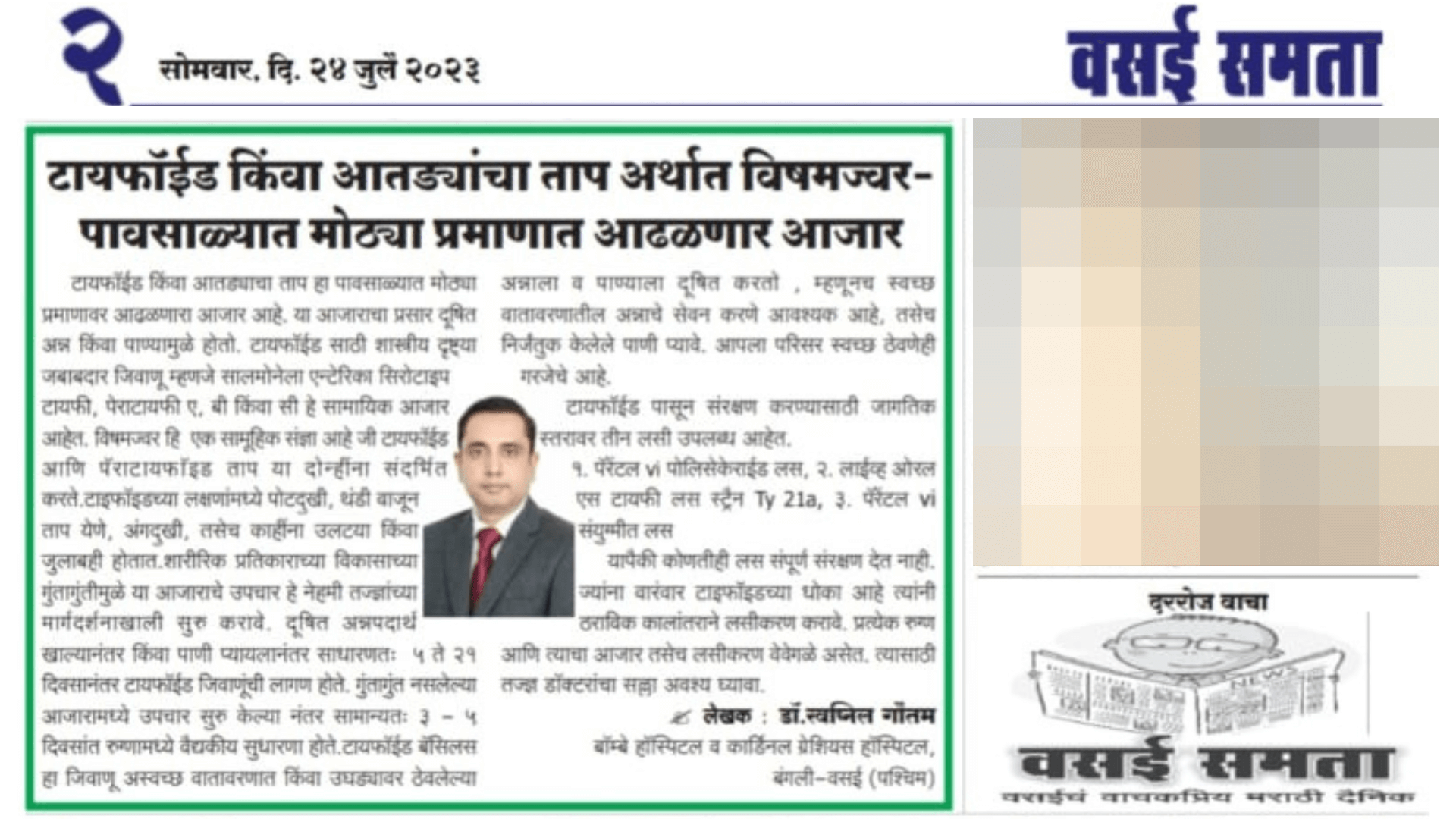
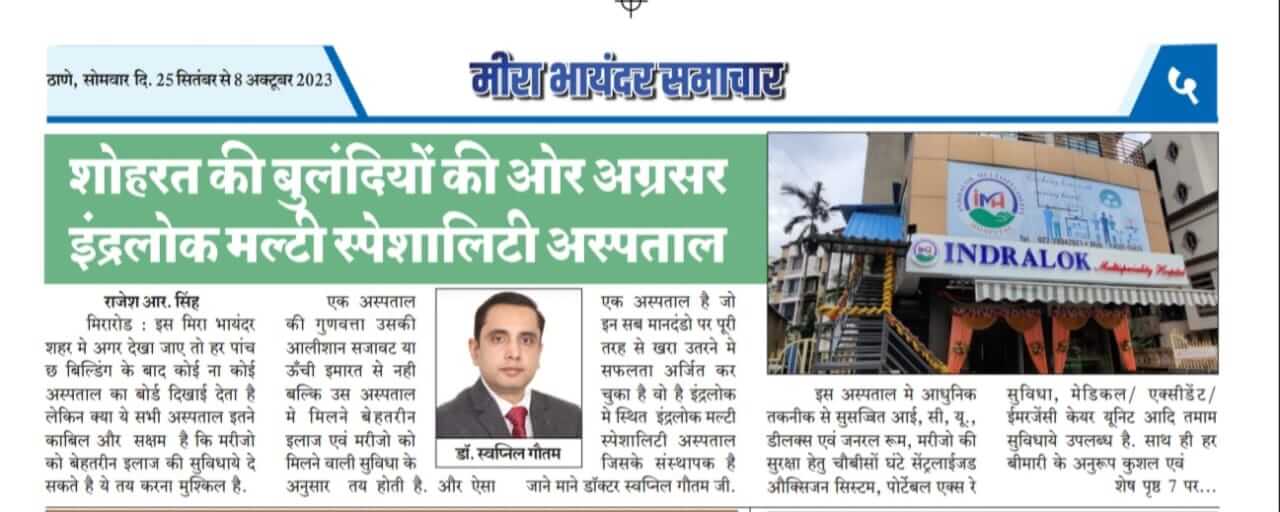
MEDIA PUBLICATION



QUALIFICATION
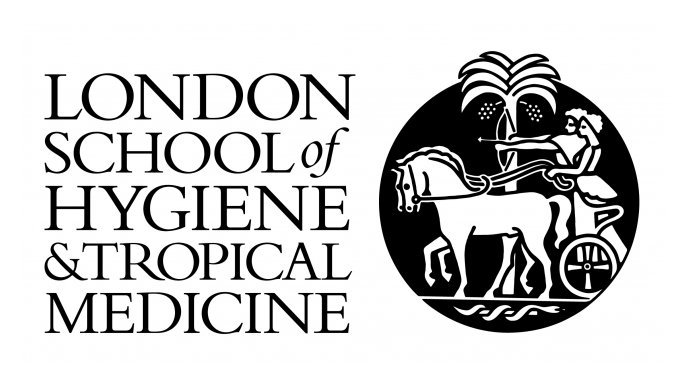
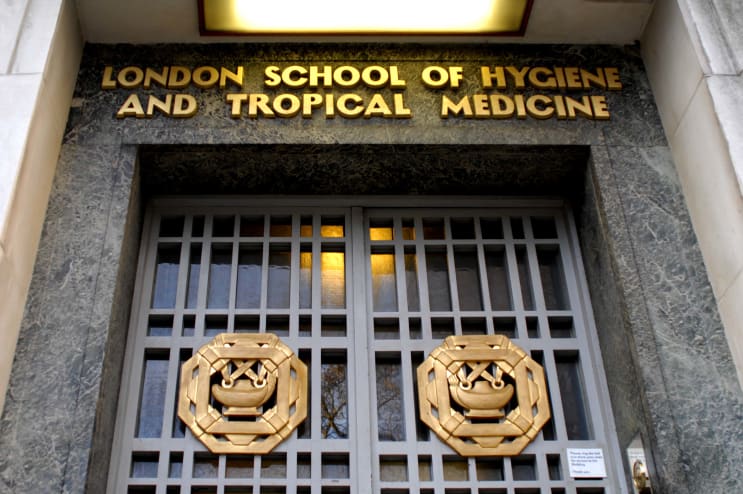

London School of Hygiene & Tropical Medicine
(PG. Dip. Infectious Diseases)
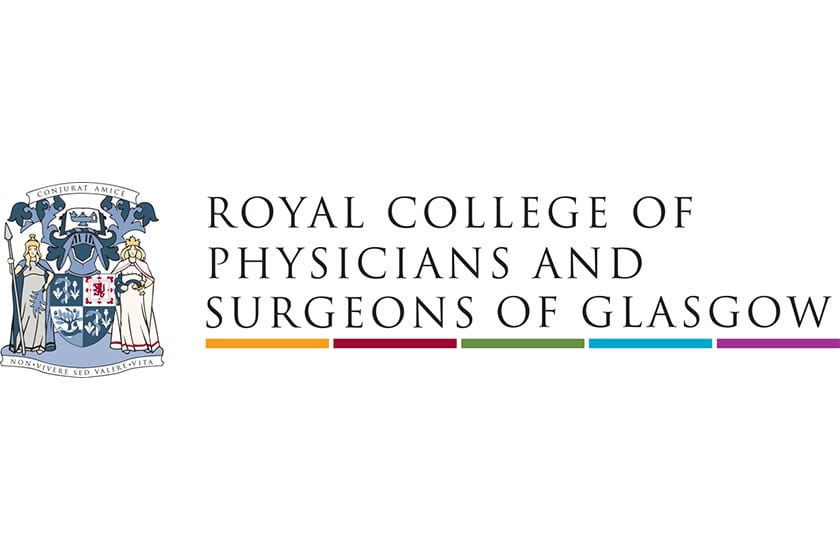


Royal College of Physicians & Surgeons, (Glasgow)
(MRCPS)
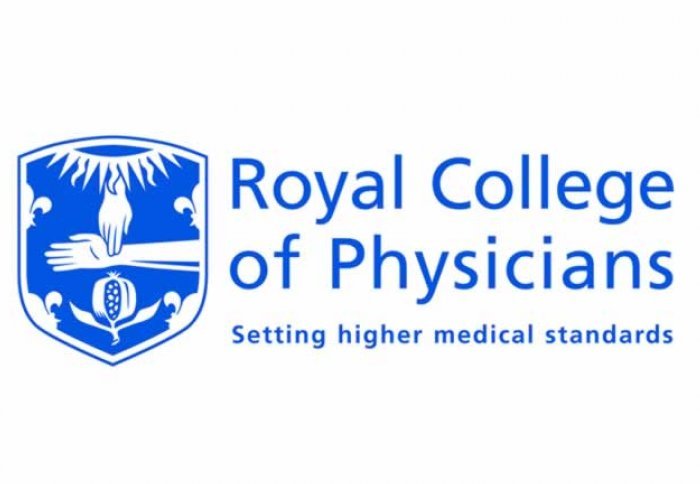


Royal College of Physicians (London)
(MRCP)
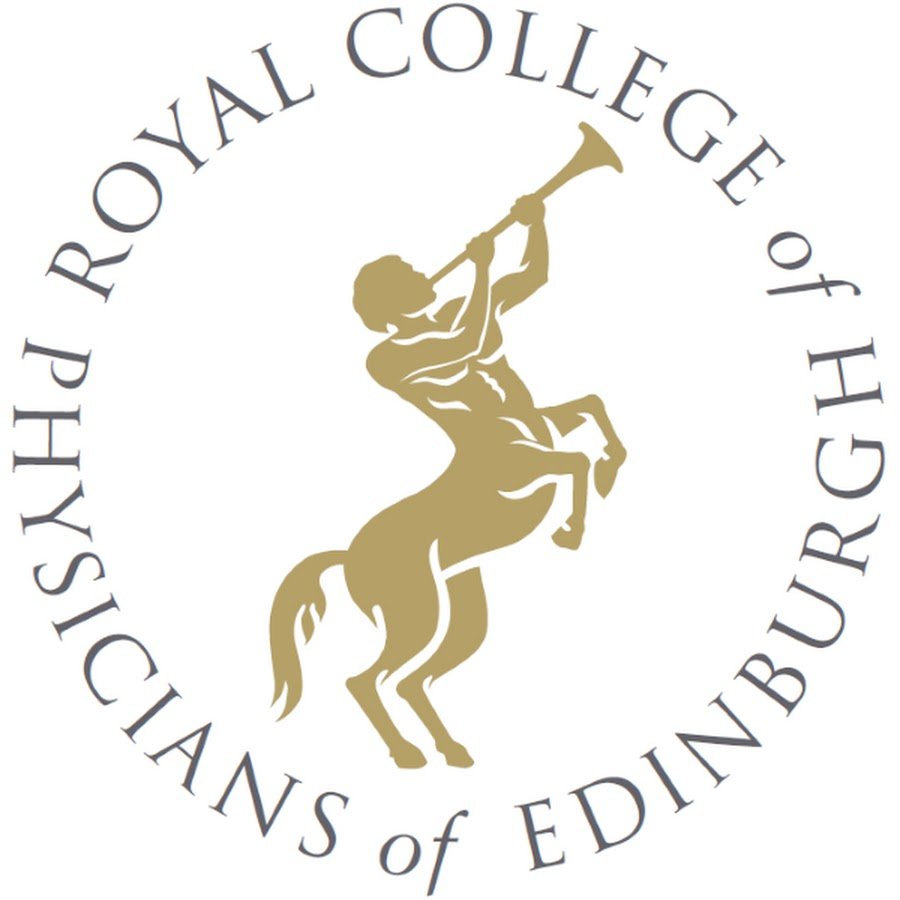


Royal College of Physicians (Edinburgh)
(FRCP)

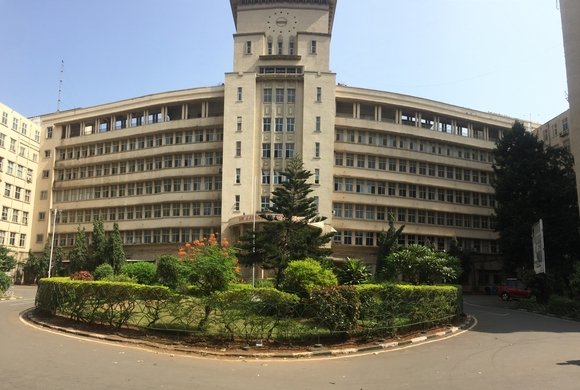

Grant Medical College & Sir J J Group of Hospitals
QUALIFIED FROM


London School of Hygiene & Tropical Medicine
(PG. Dip. Infectious Diseases)


Royal College of Physicians & Surgeons, (Glasgow)
(MRCPS)


Royal College of Physicians (London)
(MRCP)


Royal College of Physicians (Edinburgh)
(FRCP)


Grant Medical College & Sir J J Group of Hospitals
BLOGS
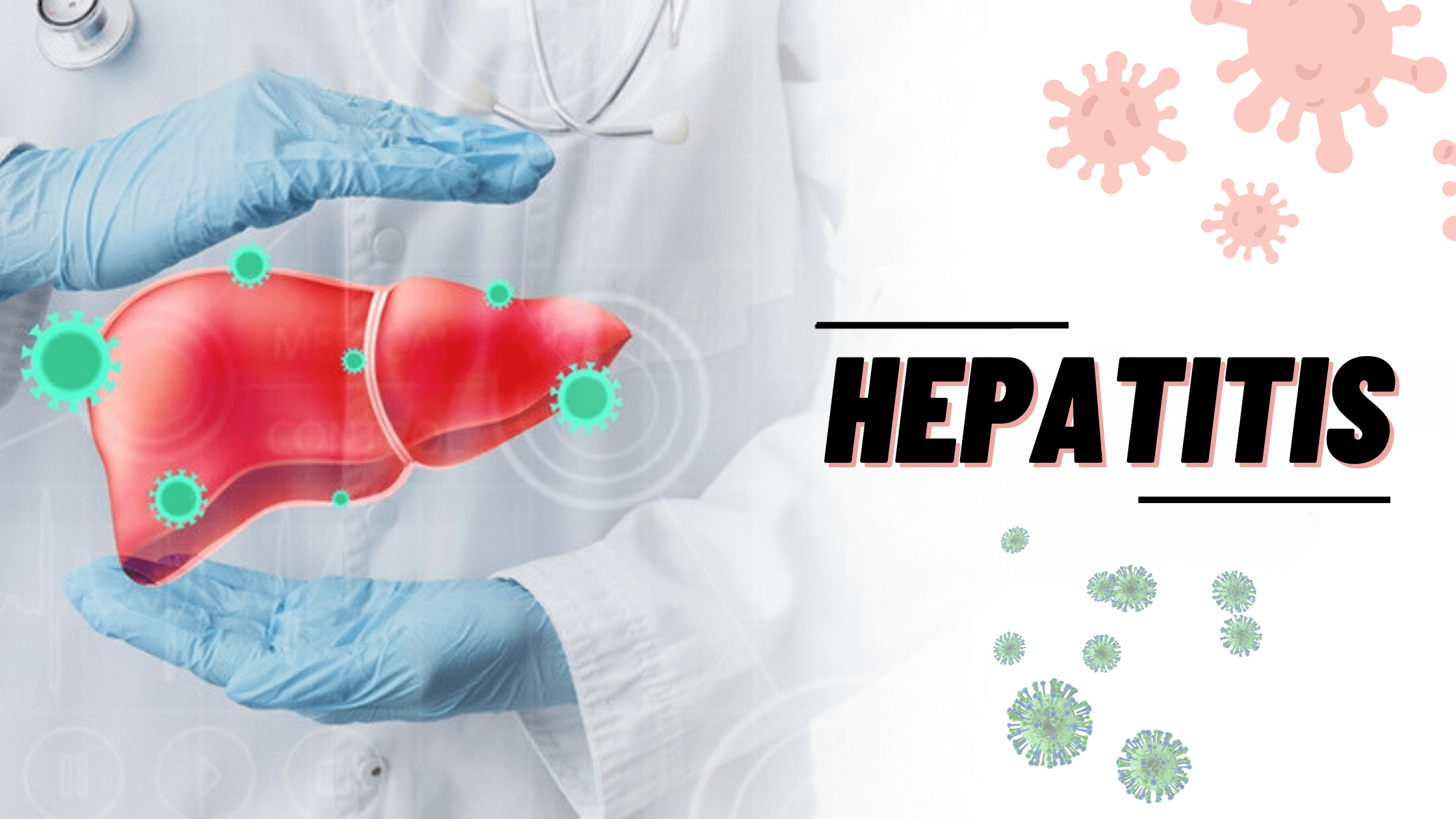
Hepatitis Specialist Doctor Near Me

Diarrhea specialist Doctor nearme
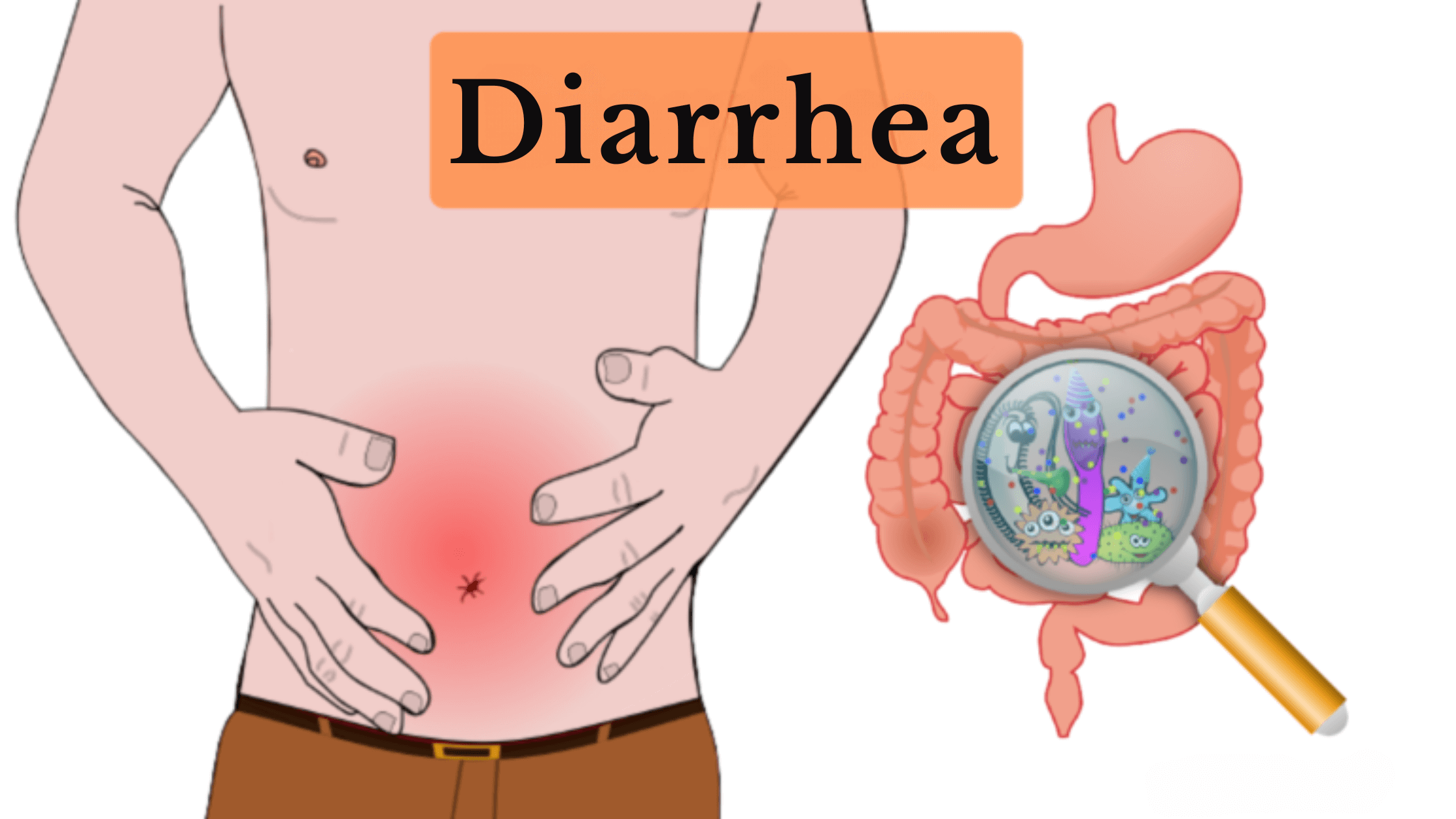
Diarrhea specialist Doctor nearme
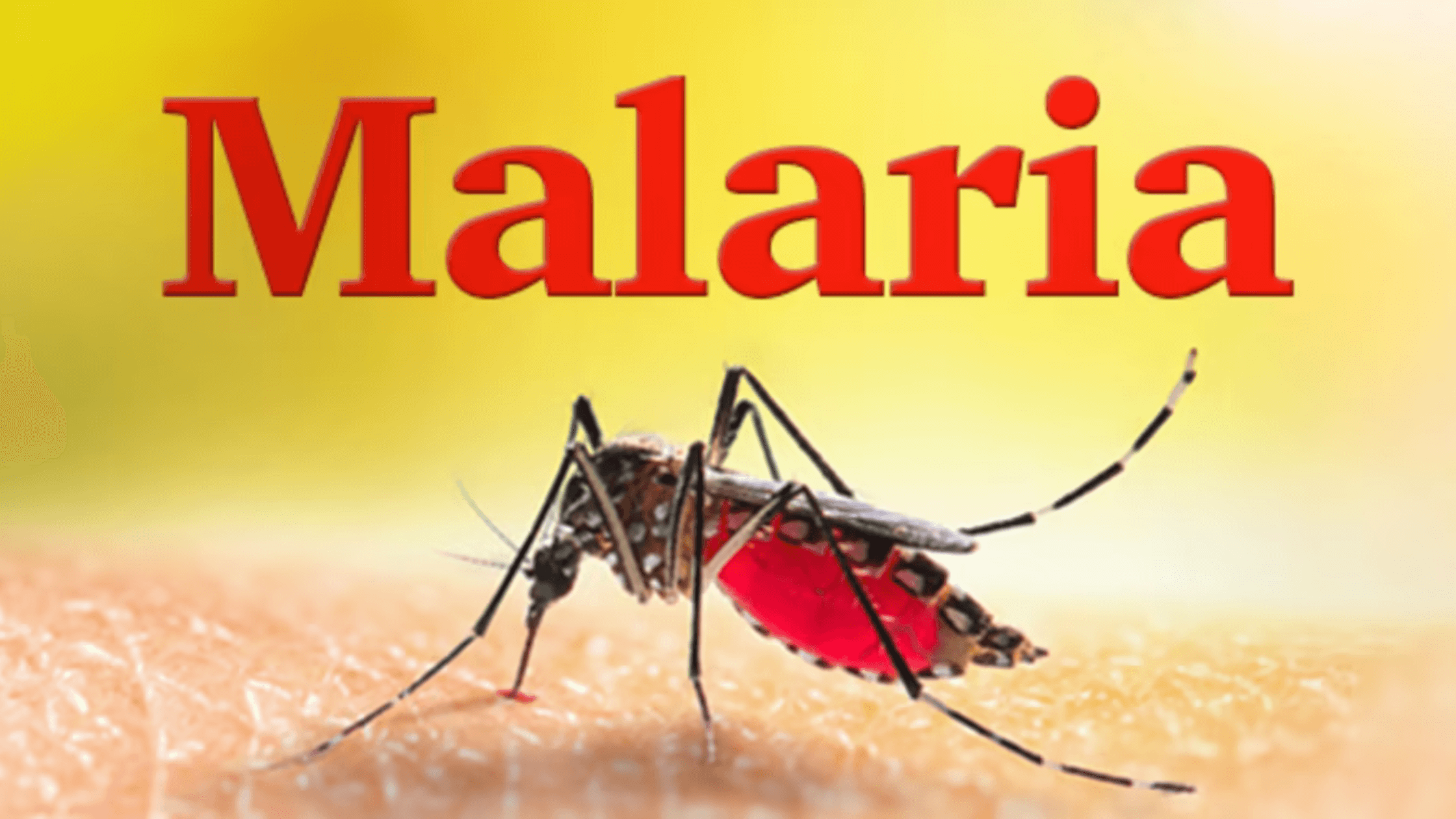
Best Doctor for Malaria in Mumbai
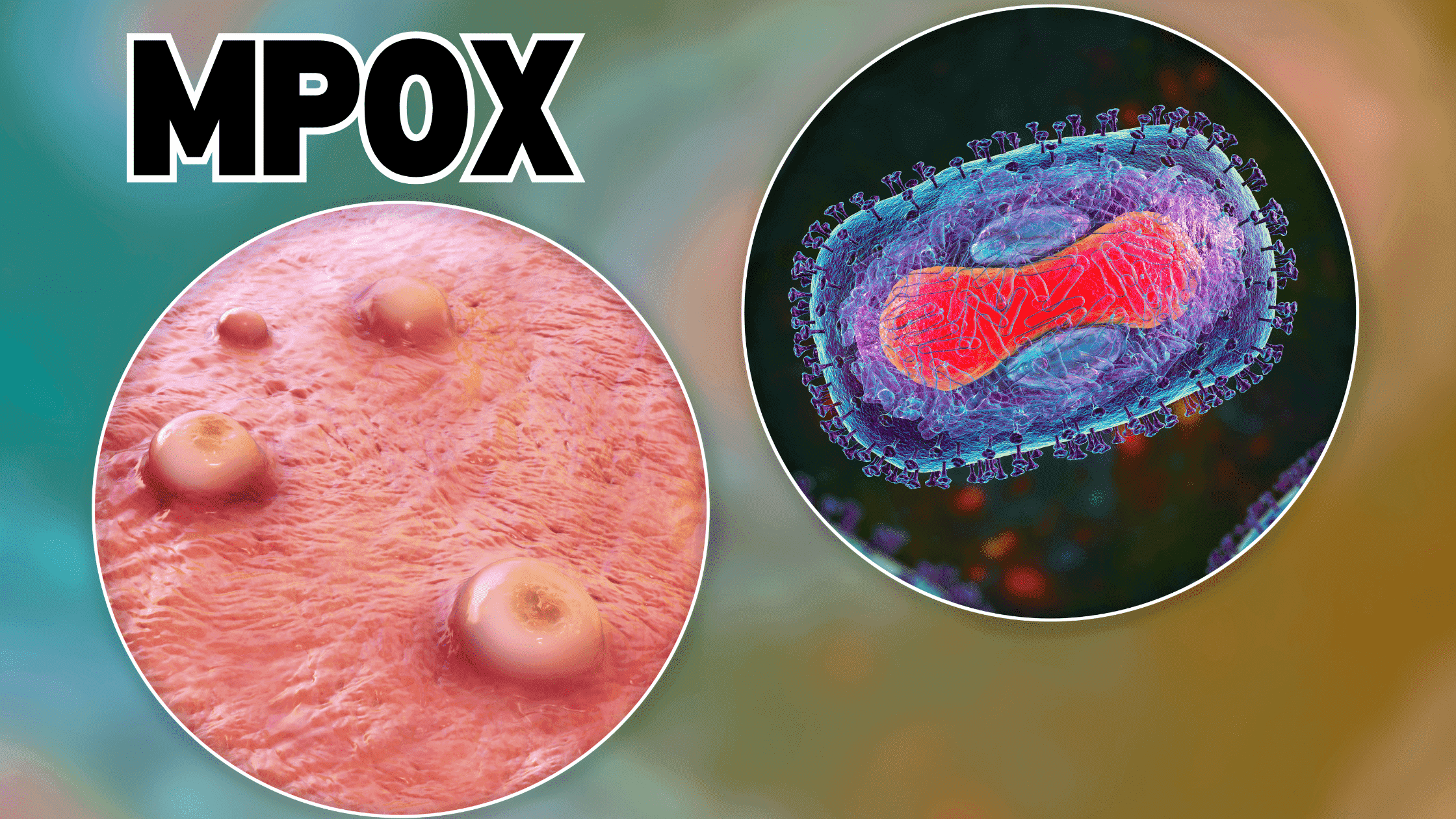
MPox
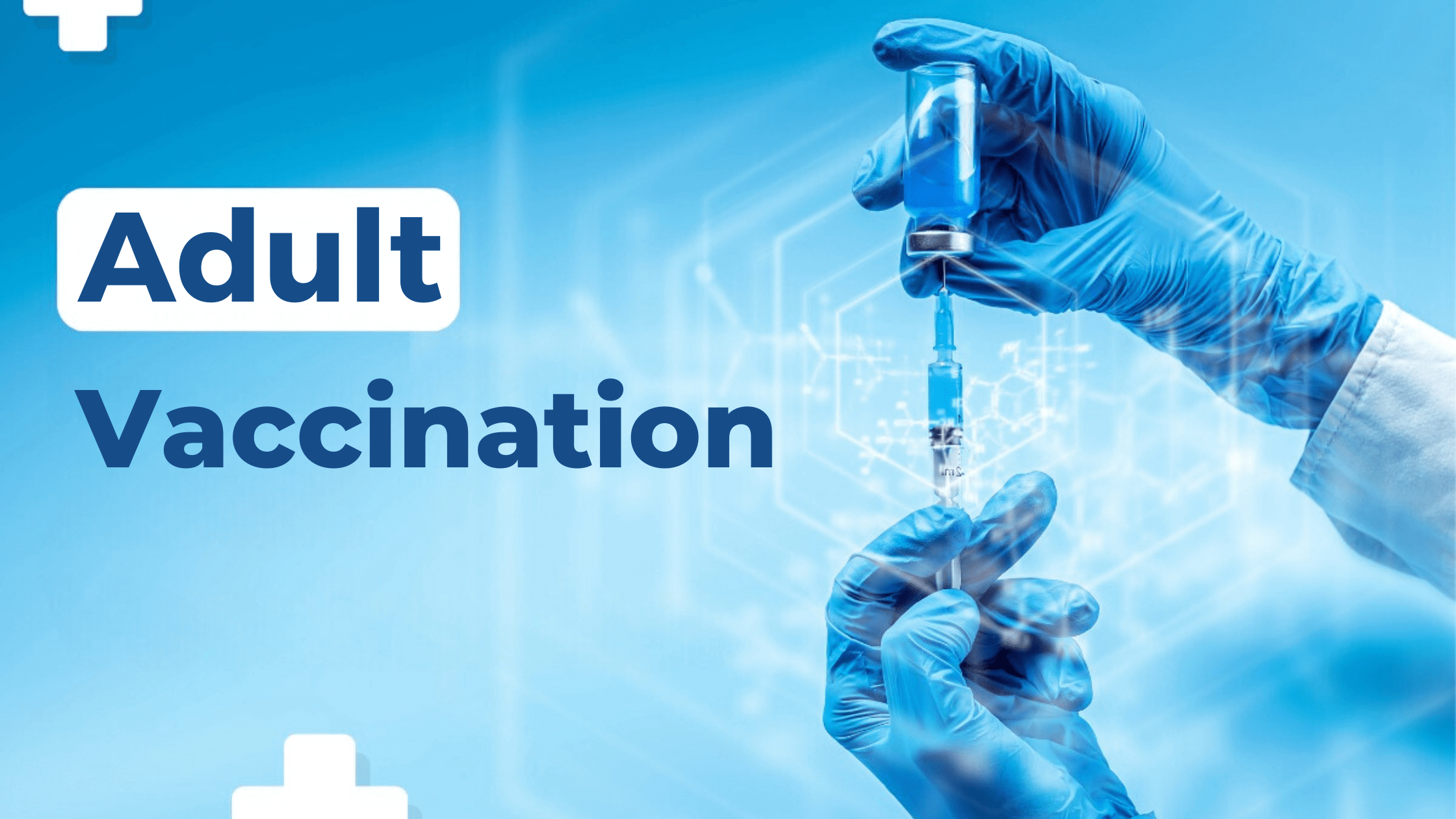
Importance of Adult Vaccination
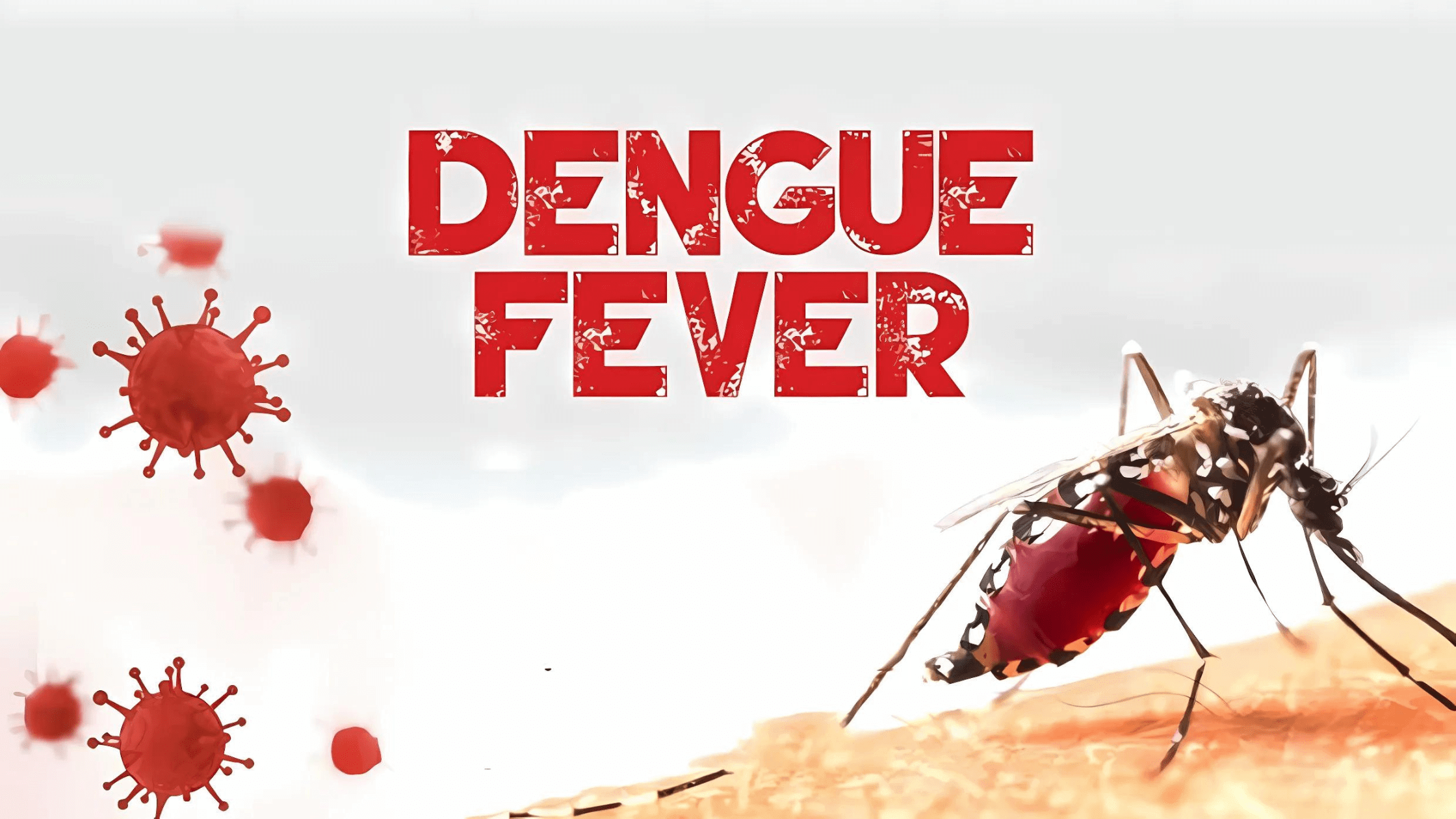
Dengue Treatment in Mumbai
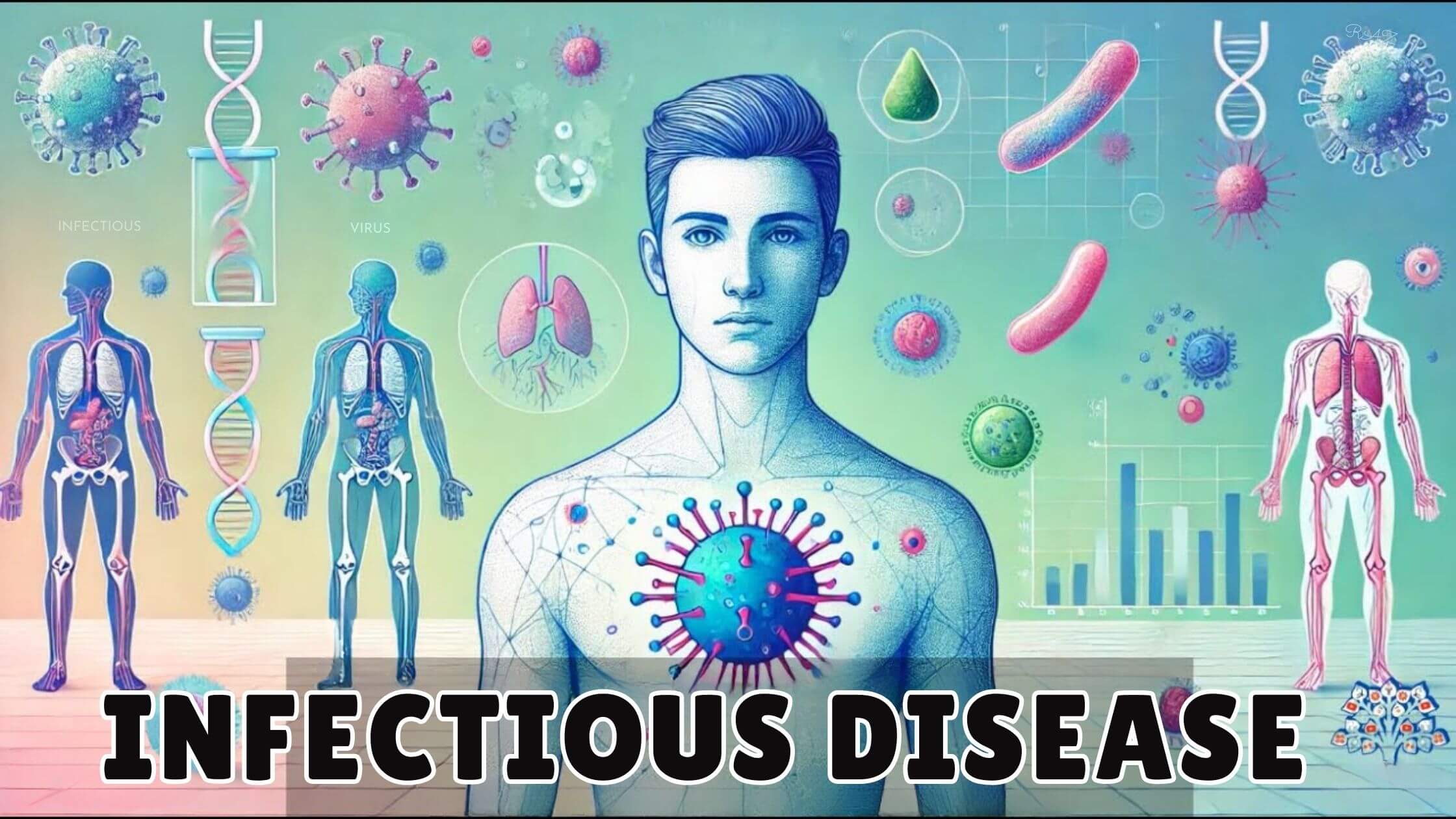
Infectious Disease Treatment in Mumbai
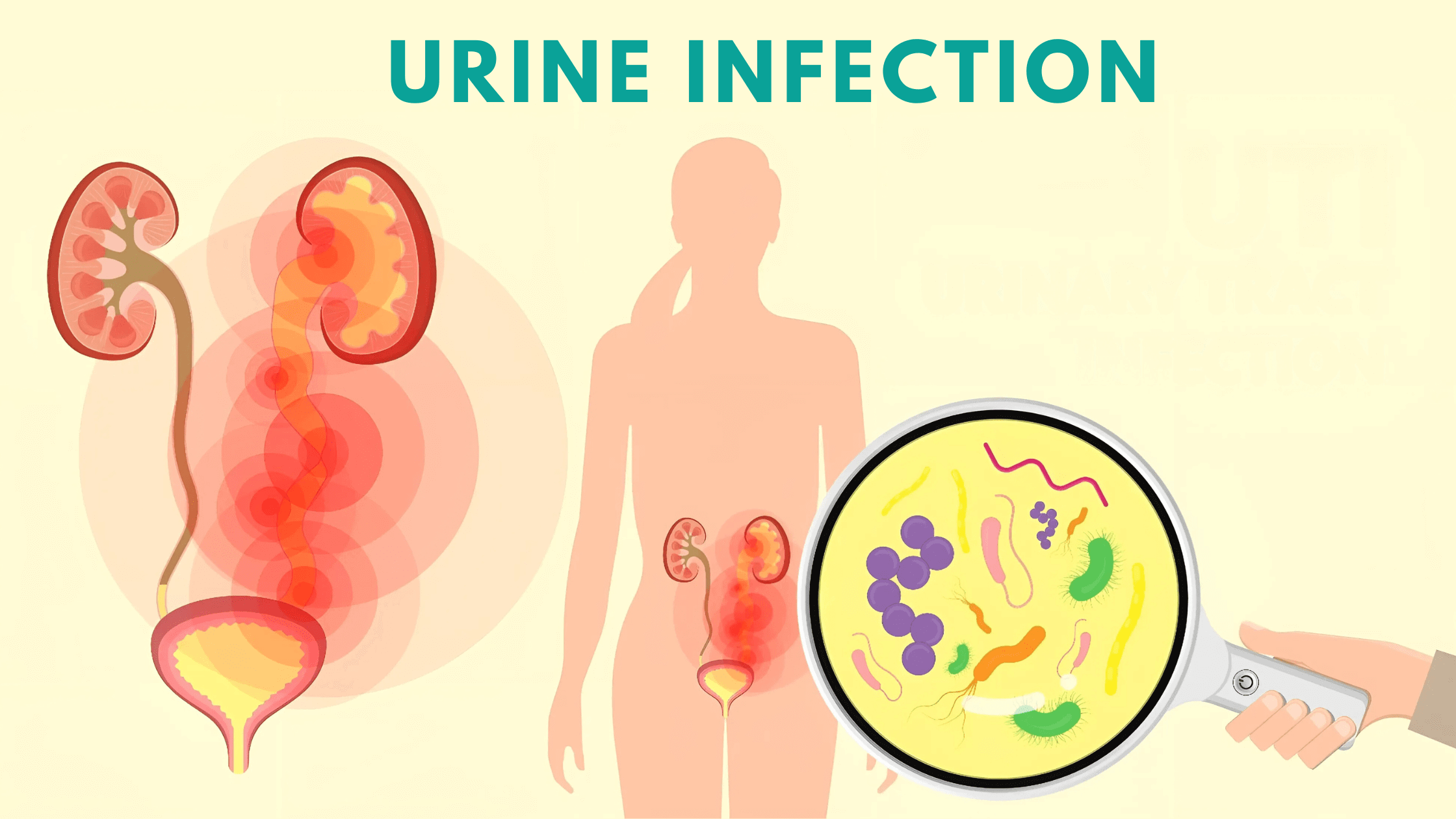
Urine Infection Treatment in Mumbai

Herpes Treatment in Mumbai

Allergy Specialist Doctor Near Me
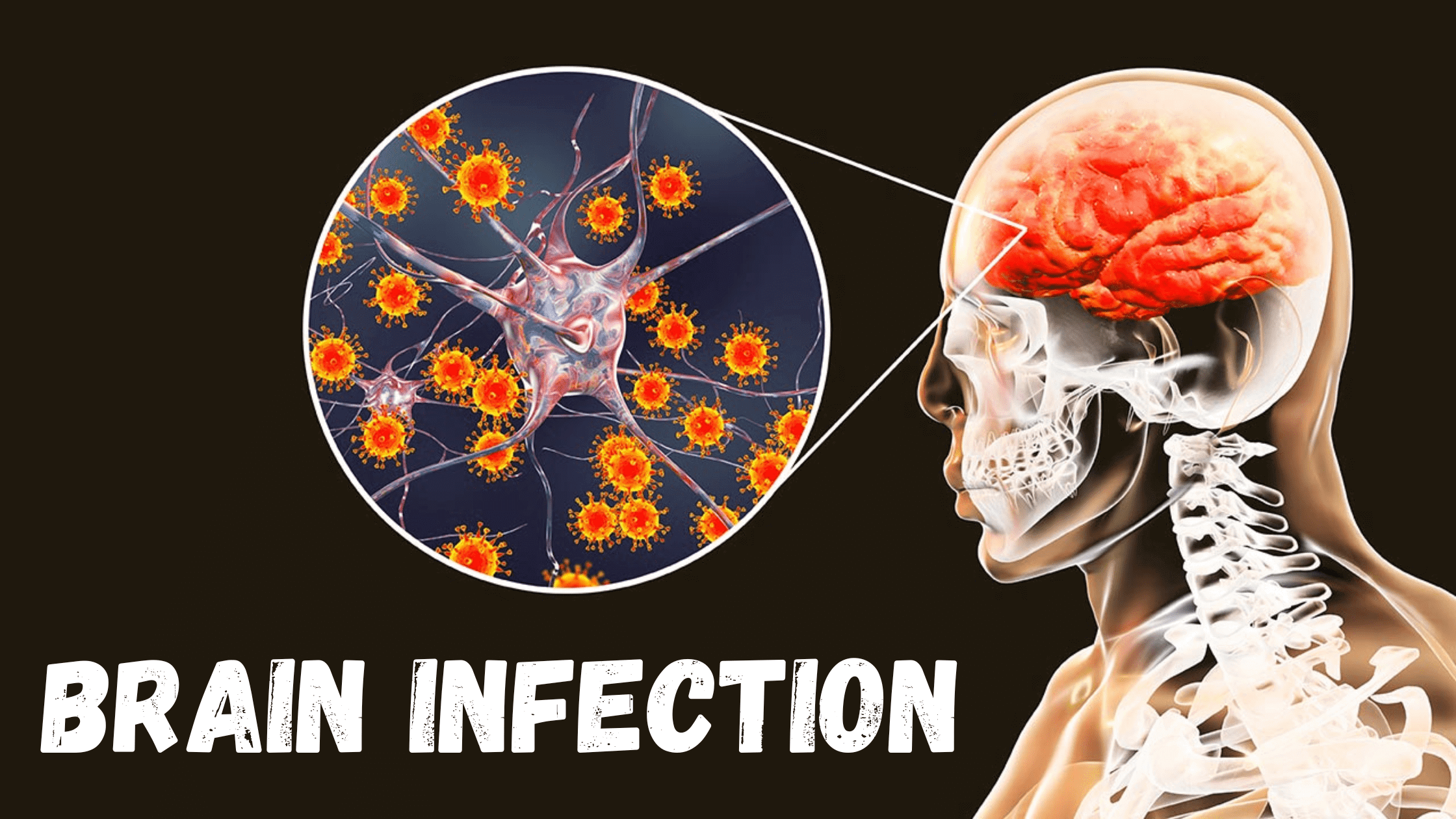
Brain Infection Specialist Doctor Near Me
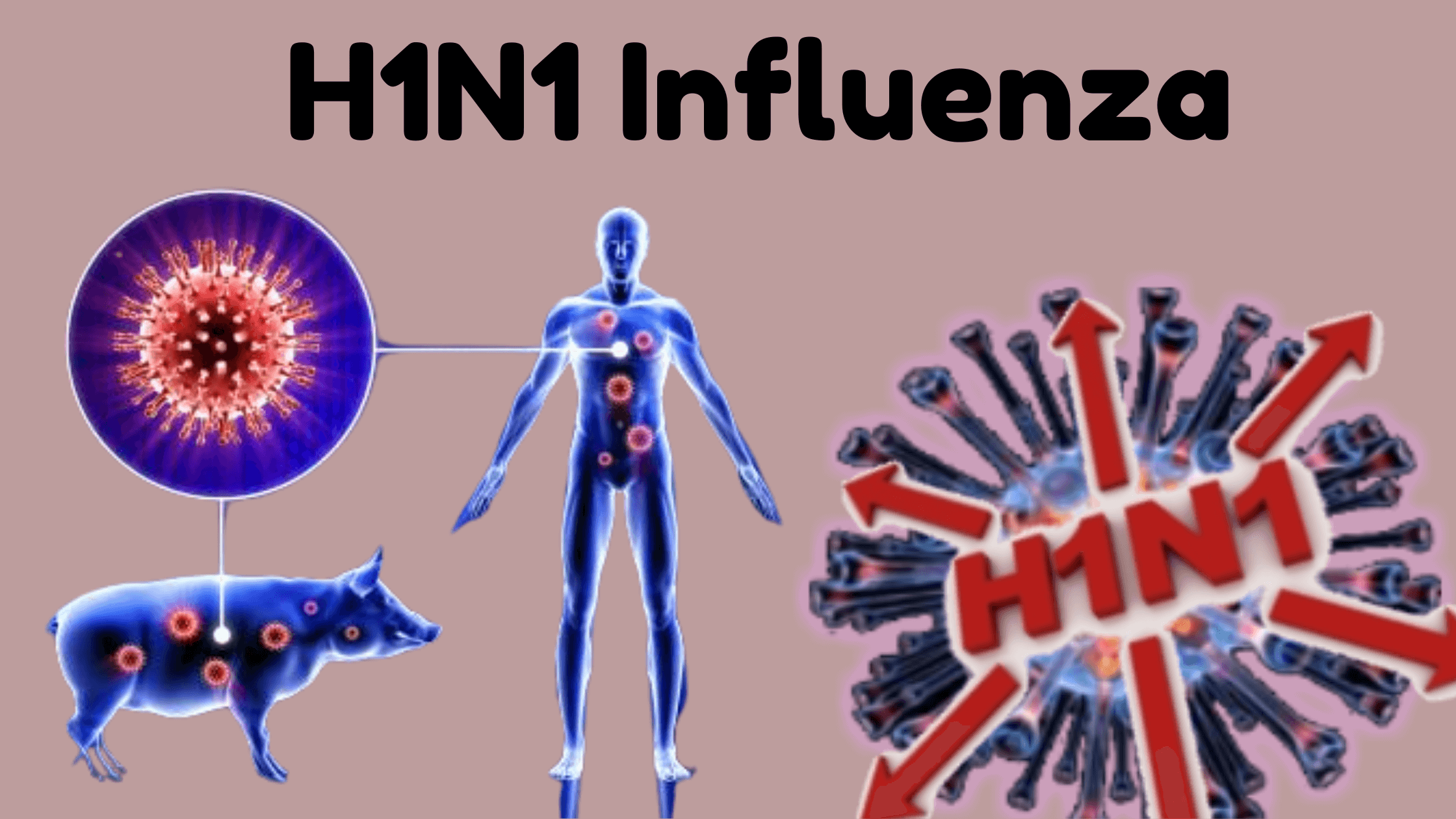
Brain Infection Specialist Doctor Near Me
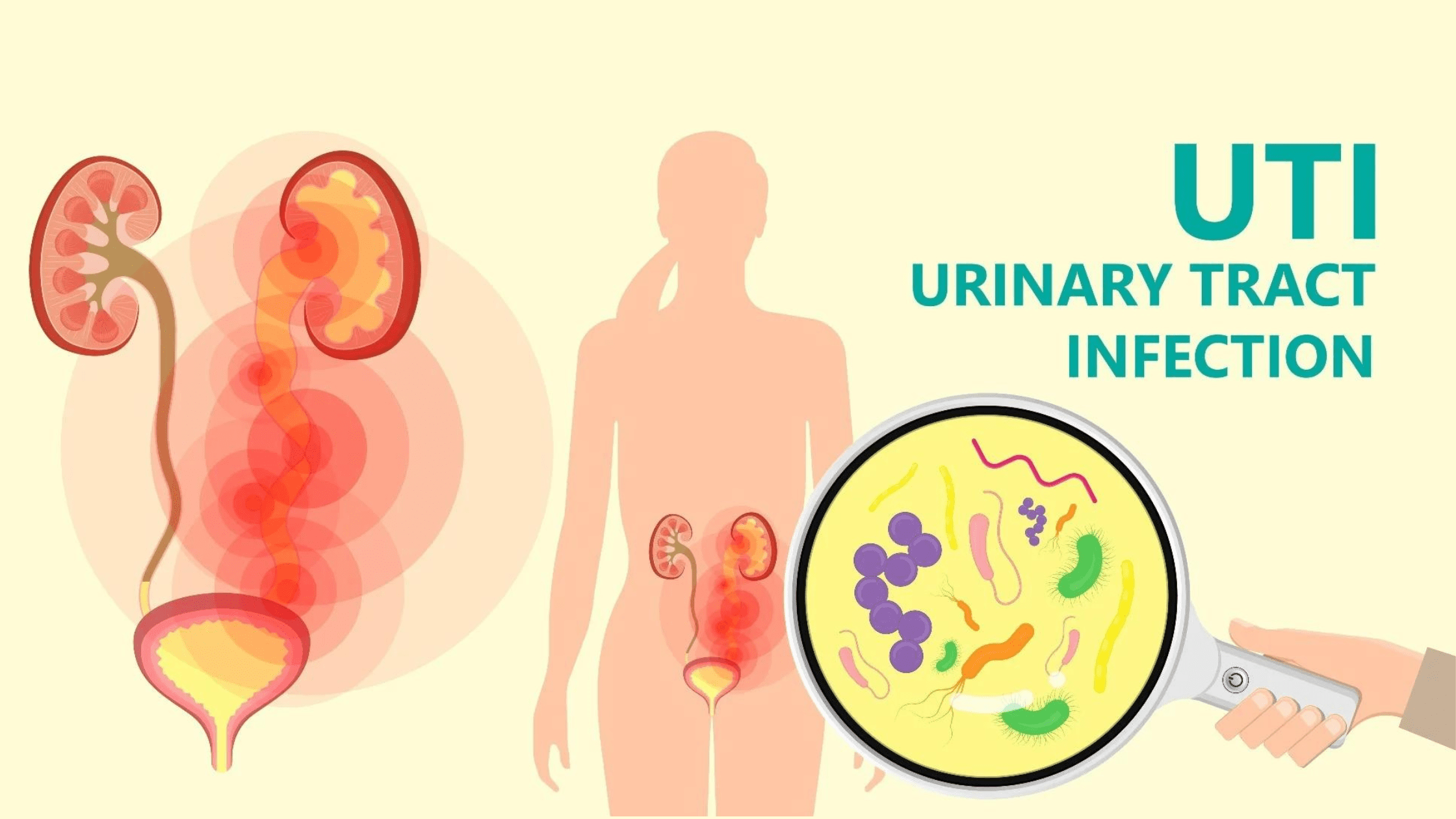
Best Doctor for Urinary Tract Infection in Mumbai

Best Doctor for Allergy In Mumbai
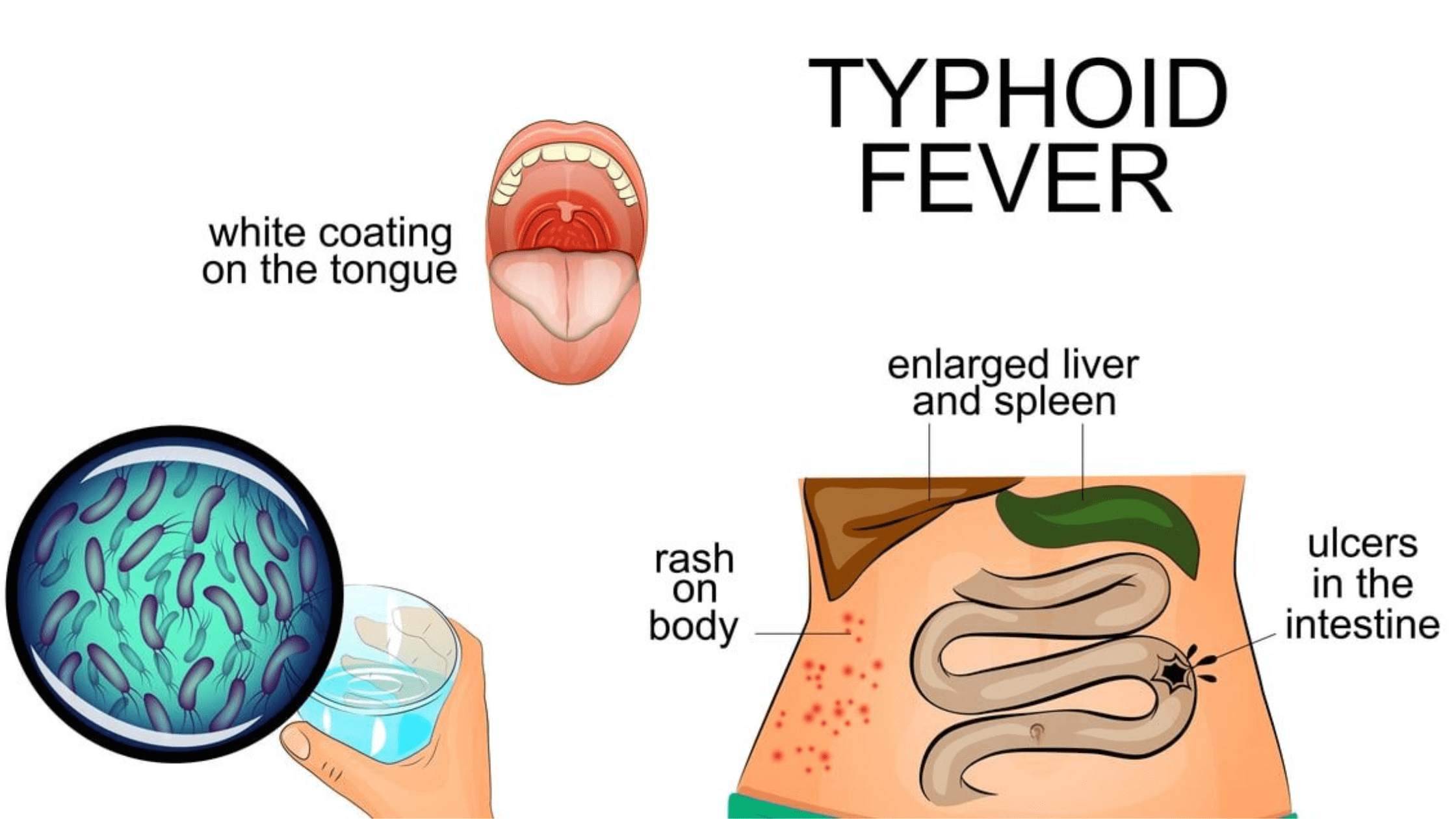
Typhoid Treatment In Mumbai
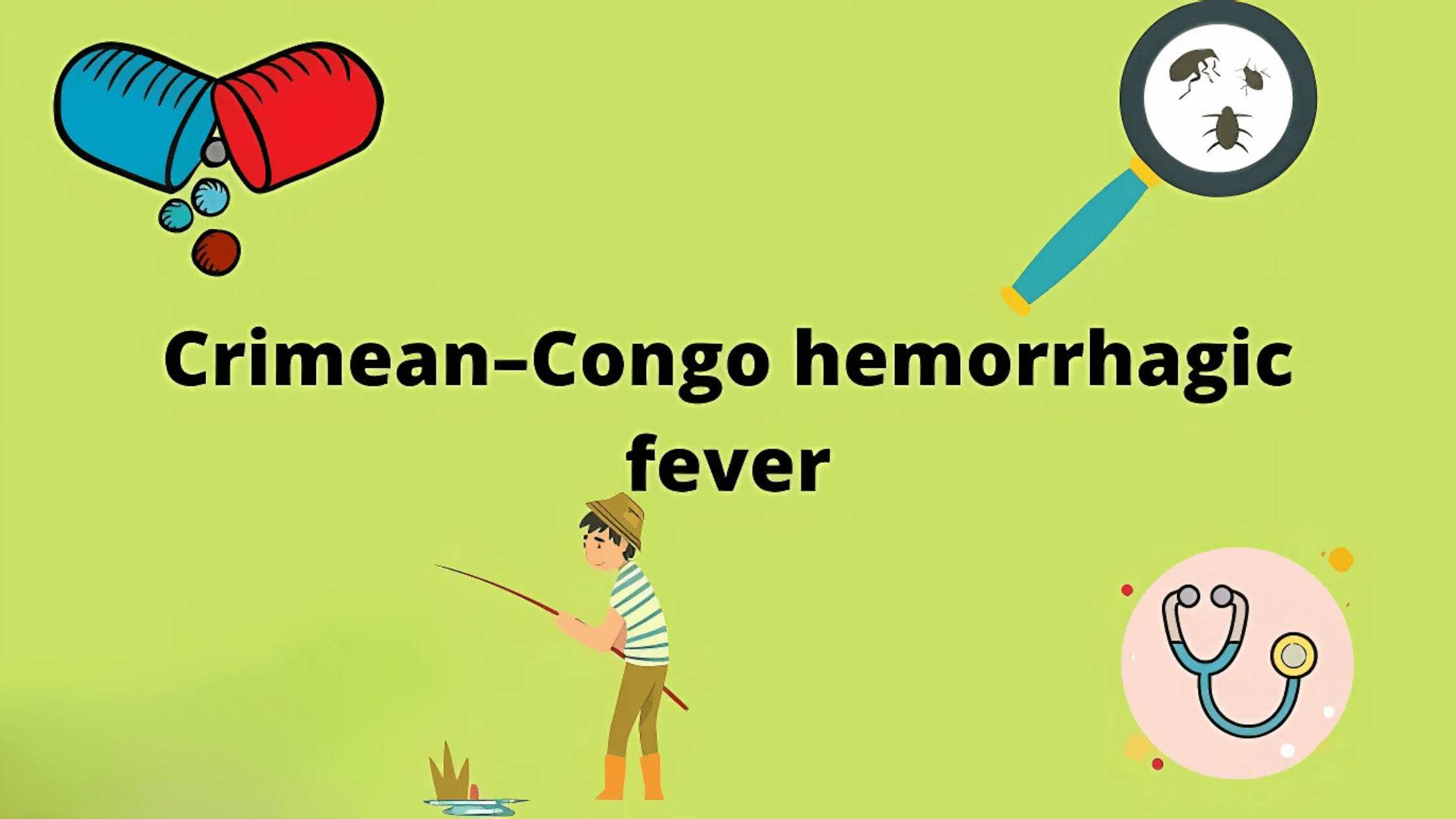
Crimean Congo Hemorrhagic Fever
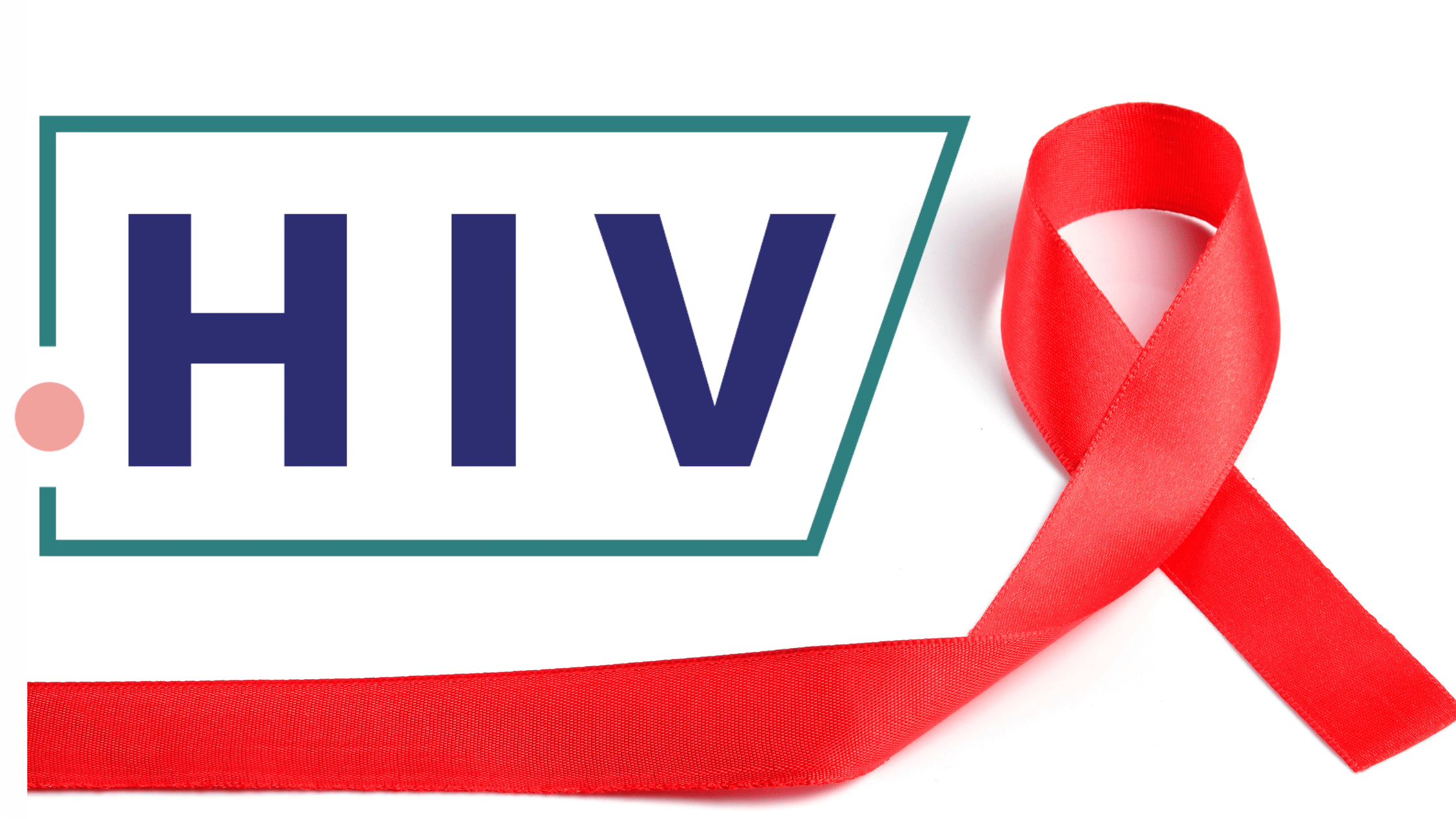
HIV Treatment in Mumbai
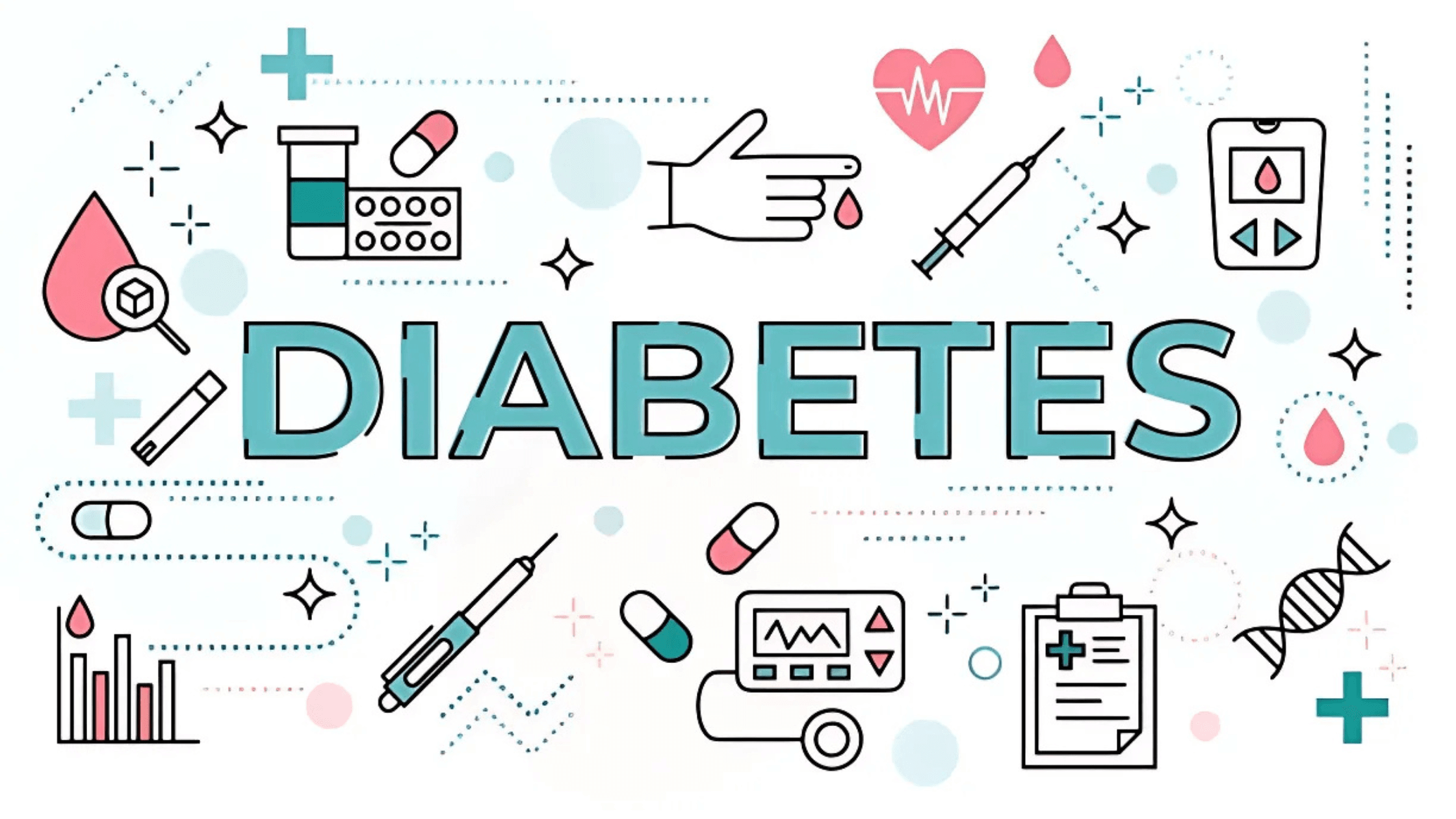
Diabetes Treatment In Mumbai

Obesity Treatment In Mumbai
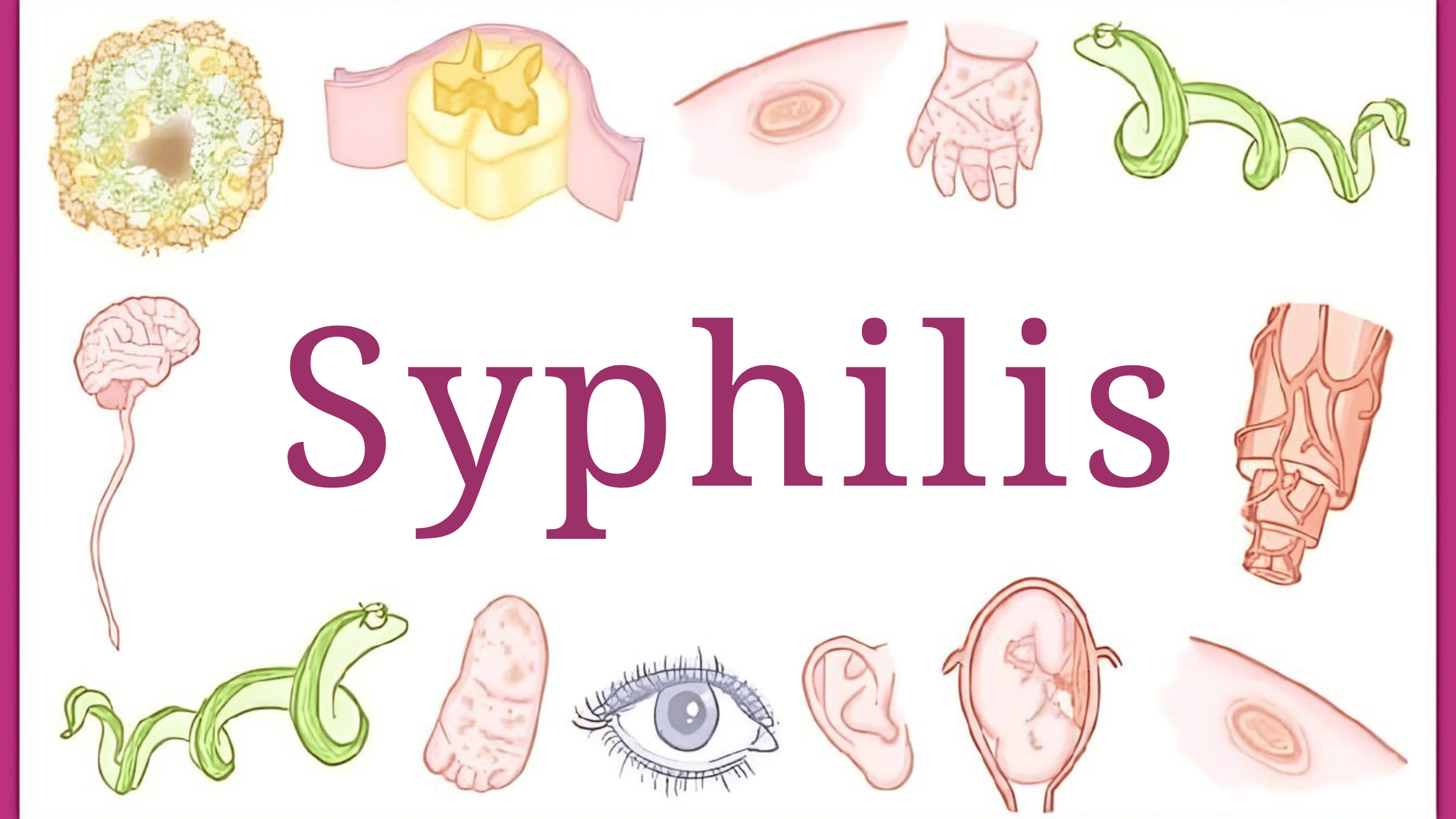
Syphilis Treatment in Mumbai
WHAT ARE INFECTIOUS DISEASES?
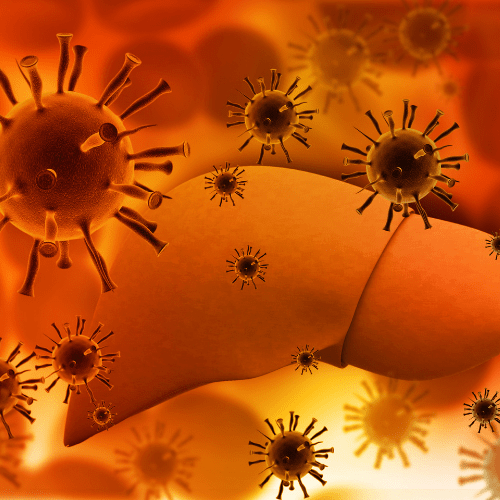
As per WHO, Infectious diseases are caused by pathogenic micro organisms, such as bacteria, viruses, parasites or fungi; the diseases can be spread, directly or indirectly, from one person to another. These diseases can be grouped in three categories: diseases which cause high levels of mortality; diseases which place on populations heavy burdens of disability; and diseases which owing to the rapid and unexpected nature of their spread can have serious global repercussions.
WHAT ARE INFECTIOUS DISEASES?
As per WHO, Infectious diseases are caused by pathogenic micro organisms, such as bacteria, viruses, parasites or fungi; the diseases can be spread, directly or indirectly, from one person to another. These diseases can be grouped in three categories: diseases which cause high levels of mortality; diseases which place on populations heavy burdens of disability; and diseases which owing to the rapid and unexpected nature of their spread can have serious global repercussions.

CONSULTING HOSPITALS
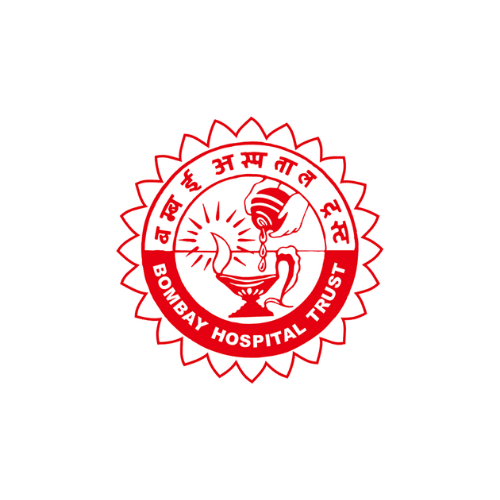
Bombay Hospital
Timings: Monday to Saturday
(12:00pm - 2:00pm)
Address: Bombay Hospital, 12, Vitthaldas Thackersey Marg, near Liberty cinema, New Marine Lines, Marine Lines, Mumbai, Maharashtra 400020
NOTE: Kindly confirm availability of Doctor on phone, before coming.

Wockhardt Hospitals
Timings: Thursday
(9:00am - 10:00am)
Address: The Umrao Institute of Medical Science and Research, Evershine Rd, near Railway Station, Naya Nagar, Mira Road, Mira Bhayandar, Maharashtra 401107
NOTE: Kindly confirm availability of Doctor on phone, before coming.
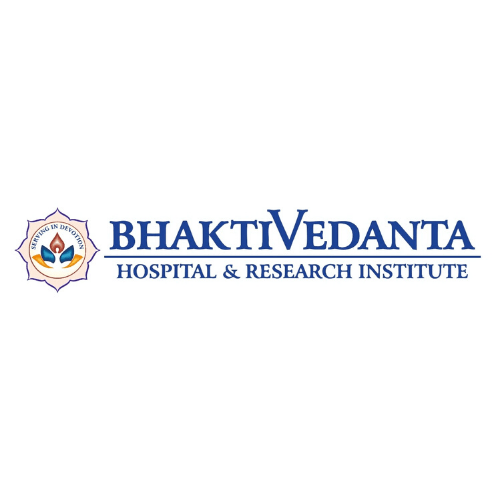
Bhaktivedanta Hospital
Timings: Monday, Wednesday & Friday
(8:00pm - 9:00pm)
Address: Bhaktivedanta Swami Marg, Sector 6, Sector 1, Srishti Complex, Mira Road, Mira Bhayandar, Maharashtra 401107
NOTE: Kindly confirm availability of Doctor on phone, before coming.
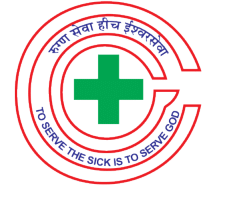
Cardinal Gracias Hospital
Timings: Monday, Wednesday & Friday
(4:00pm - 5:00pm)
Address: Bangli, Sandor, p. O Vasai, Dist-Palghar 401201
NOTE: Kindly confirm availability of Doctor on phone, before coming.
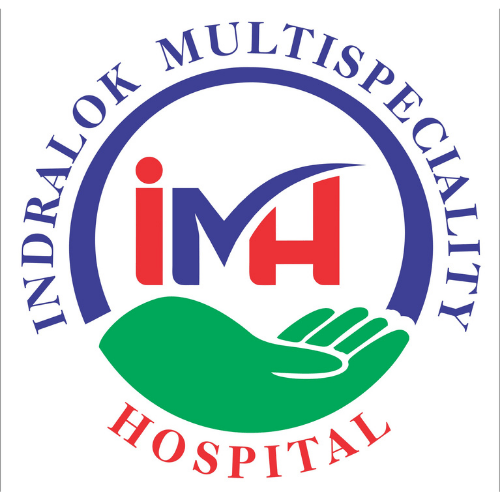
Indralok Multispeciality Hospital
Timings: Monday, Wednesday, & Friday
(8:30pm - 9:30pm)
Address: Saroj Chandra Arcade, Ground Floor & 1st Floor, New Golden Nest Road, Opp Jyoti Park, Bhayander East, Thane 401105
NOTE: Kindly confirm availability of Doctor on phone, before coming.
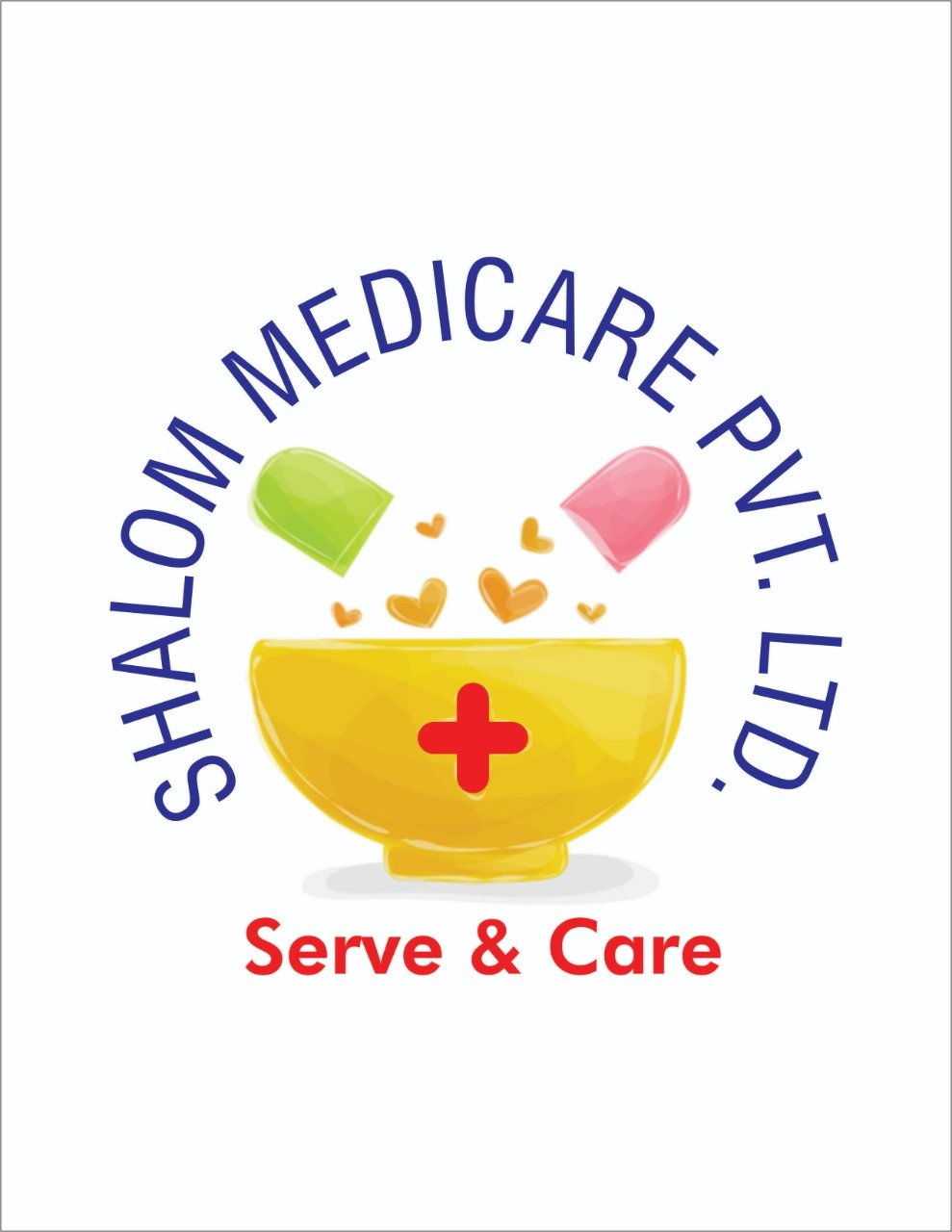
Shalom Medicare Pvt. Ltd.
Timings: Monday, Wednesday, & Friday
(9:00am - 10:00am)
Address: Phase-6 Indralok, Bhayandar, Mumbai, Maharashtra 401101
NOTE: Kindly confirm availability of Doctor on phone, before coming.
CONSULTING HOSPITALS

Bombay Hospital
Timings: Monday to Saturday
(12:00pm - 2:00pm)
Address: Bombay Hospital, 12, Vitthaldas Thackersey Marg, near Liberty cinema, New Marine Lines, Marine Lines, Mumbai, Maharashtra 400020
NOTE: Kindly confirm availability of Doctor on phone, before coming.

Wockhardt Hospitals
Timings: Thursday
(9:00am - 10:00am)
Address: The Umrao Institute of Medical Science and Research, Evershine Rd, near Railway Station, Naya Nagar, Mira Road, Mira Bhayandar, Maharashtra 401107
NOTE: Kindly confirm availability of Doctor on phone, before coming.

Bhaktivedanta Hospital
Timings: Monday & Friday
(7:30pm - 8:30pm)
Address: Bhaktivedanta Swami Marg, Sector 6, Sector 1, Srishti Complex, Mira Road, Mira Bhayandar, Maharashtra 401107
NOTE: Kindly confirm availability of Doctor on phone, before coming.

Cardinal Gracias Hospital
Timings: Monday, Wednesday & Friday
(4:00pm - 5:00pm)
Address: Bangli, Sandor, p. O Vasai, Dist-Palghar 401201
NOTE: Kindly confirm availability of Doctor on phone, before coming.

Indralok Multispeciality Hospital
Timings: Monday, Wednesday, & Friday
(8:30pm - 9:30pm)
Address: Saroj Chandra Arcade, Ground Floor & 1st Floor, New Golden Nest Road, Opp Jyoti Park, Bhayander East, Thane 401105
NOTE: Kindly confirm availability of Doctor on phone, before coming.

Shalom Medicare Pvt. Ltd.
Timings: Monday, Wednesday, & Friday
(9:00am - 10:00am)
Address: Phase-6 Indralok, Bhayandar, Mumbai, Maharashtra 401101
NOTE: Kindly confirm availability of Doctor on phone, before coming.
EXPERTISE IN
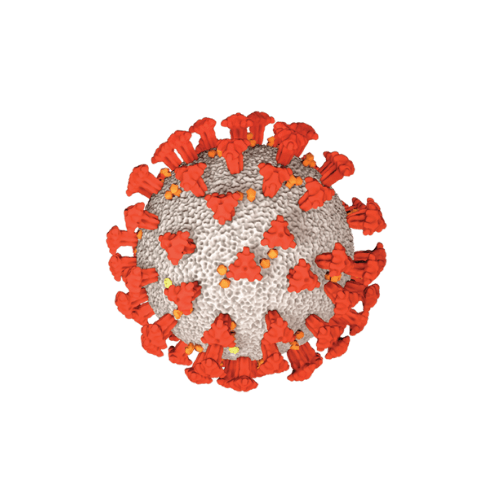
Covid-19
Coronavirus disease (COVID-19) is an infectious disease caused by the SARS-CoV-2 virus. The virus can spread from an infected person’s mouth or nose in small liquid particles when they cough, sneeze, speak, sing or breathe. Most people infected with the virus will experience mild to moderate symptoms. Those with underlying medical conditions like cardiovascular disease, diabetes, chronic respiratory disease, or cancer and elderly are more likely to develop serious illness. The best way to prevent and slow down transmission is by staying
at least 1 meter apart from others, wearing a properly fitted mask, and washing hands or using an alcohol-based rub frequently. It is very important to get vaccinated, as per the local guidelines. It is important to practice respiratory etiquette, for example by coughing into a flexed elbow. One should self - isolate and stay at home, if feeling unwell or till recovery happens.
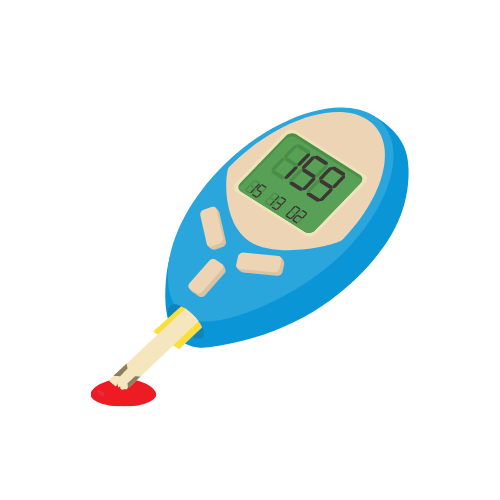
Diabetes
Diabetes is a chronic, metabolic disease characterized by elevated levels of blood glucose (or blood sugar), which leads over time to serious damage to the heart, blood vessels, eyes, kidneys and nerves. The most common is type 2 diabetes, usually in adults, which occurs when the body becomes resistant to insulin or doesn't make enough insulin. Diabetes is a growing challenge in India. The rising prevalence of diabetes and other noncommunicable diseases is driven by a combination of factors like rapid urbanization, sedentary lifestyles and unhealthy diets. The burden of diabetes can be prevented or delayed by dietary and life style management.
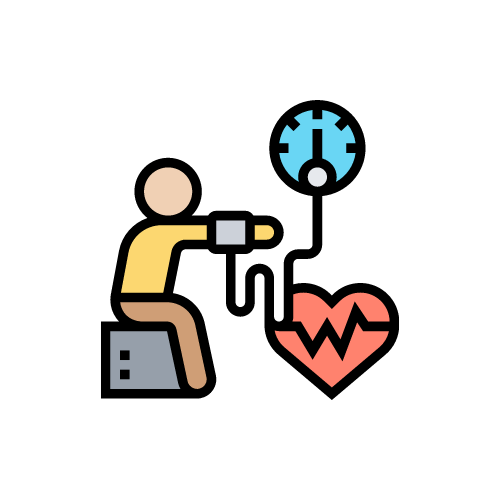
Hypertension
Blood Pressure is the pressure of blood pushing against the walls of our arteries. Hypertension, also called high blood pressure, is blood pressure that is higher than normal. High blood pressure usually has no warning signs or symptoms. Measuring blood pressure is the only way to detect high blood pressure. It can happen because of unhealthy lifestyle. It can seriously hurt important organs like heart, brain, kidneys, and eyes Many people with high blood pressure can lower their blood pressure into a healthy range or keep their numbers in a healthy range by making dietary and lifestyle modifications.

Thyroid Disorder
The thyroid is a gland that is located in the front of the neck. It makes hormones that help control many vital functions of our body. Hyperthyroidism is the condition when the body makes too much thyroid hormone and hypothyroidism is when the body makes too little thyroid hormone. The thyroid hormones are responsible for metabolism. There are a variety of symptoms and signs, that one can experience in the presence of a thyroid disorder. The goal is to return the thyroid hormone levels to normal. This can be done in a variety of ways and each specific treatment will depend on the cause of the disorders.
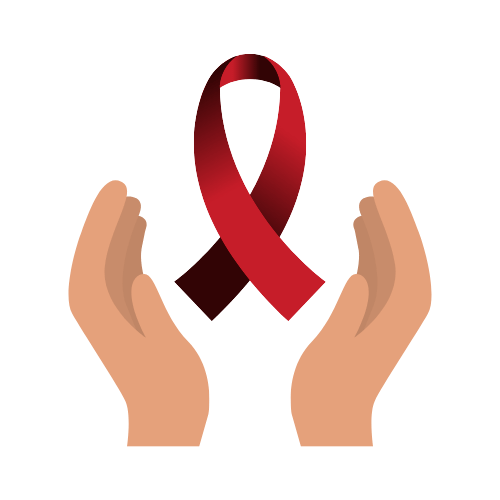
HIV
HIV (human immunodeficiency virus) is a virus that attacks the body’s immune system. If HIV is not treated, it can lead to AIDS (acquired immunodeficiency syndrome). But with proper medical care, HIV can be controlled. People with HIV who get proper treatment, can live long and healthy lives.
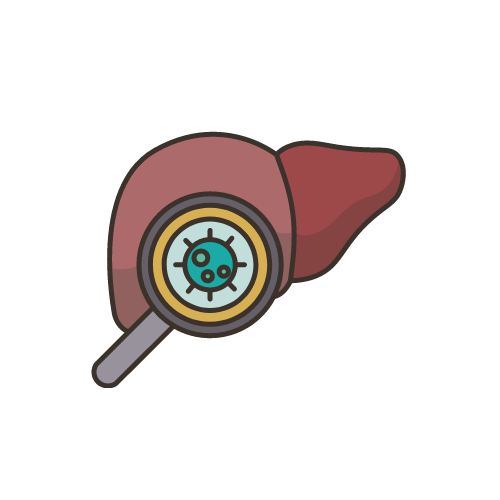
Hepatitis B & C
Hepatitis B and hepatitis C are viral infections of the liver. They are spread by sharing of needles, syringes, and other injection equipment along with mother to child and sexual transmission. Vaccination is the best way to prevent transmission of hepatitis B. No vaccine exists for HCV at present. Both these diseases can be effectively treated with medications, available at present.

Brain Infections
Inflammation of brain is known as encephalitis. Viruses are the most common reason. Encephalitis can be life-threatening. The most important predictor of survival in such situation is timely diagnosis and treatment. A pus-filled swelling in the brain is called brain abscess and usually occurs when bacteria or fungi enter the brain tissue after an infection or severe head injury. It is a medical emergency. Meningitis is an inflammation of the covering membranes of the brain and spinal cord. The usual infectious agents are bacteria or virus. Some forms of bacterial meningitis are preventable with the vaccinations: Meningitis can be life-threatening, depending on the cause.

Surgical Site Infections
It is an infection that occurs after surgery in the part of the body where the surgery took place. They can be more serious and involve tissues under the skin, organs, or implanted material. Most of these infections can be treated with antibiotics but some patients may need another revision surgery.
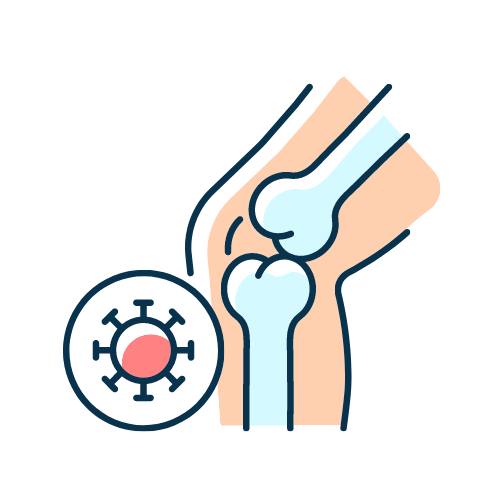
Bone & Joint Infection
Osteomyelitis is involvement of bone with an infection. In acute stage, it develops rapidly and is usually accompanied by pain, fever, and stiffness. Chronic osteomyelitis progresses slowly and may be the result of a previous bone infection. Despite multiple courses of antibiotics, the condition may return if the bacteria causing the infection becomes resistant to antibiotics. Symptoms of chronic osteomyelitis may include fever, pain, and redness or discharge at the site of the infection. Septic arthritis is the inflammation of a joint due to a bacterial or fungal infection Septic arthritis can quickly cause severe damage to the cartilage and bone within a joint. Prompt treatment is critical for preventing permanent joint damage in cases of bone and joint infections.
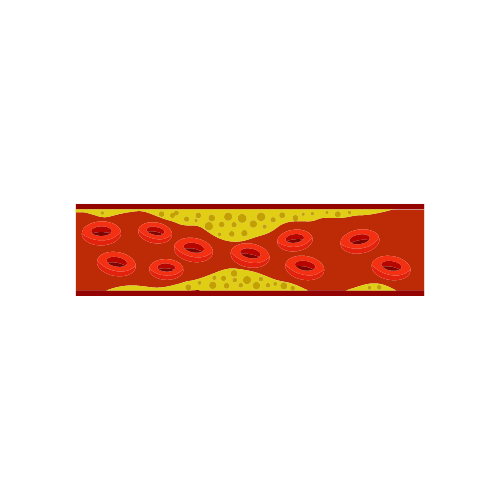
Dyslipidemia
They are lipid disorders involving derangements in serum cholesterol, triglycerides, or both. They often have implications for cardiovascular risk and overall health. The elevated low-density lipoprotein cholesterol is essentially causal for cardiovascular diseases. Furthermore, recent studies have established elevated triglycerides as a cardiovascular risk factor, whereas depressed high-density lipoprotein cholesterol now appears less contributory than was previously believed. The proper lifestyle management guidelines along with medications are essential to prevent any adverse outcome.
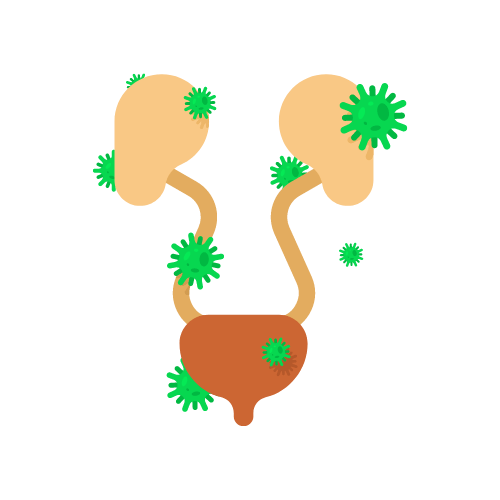
Urinary Tract Infection
It is an infection in any part of the urinary system — kidneys, ureters, bladder and urethra. Most infections involve the lower urinary tract — the bladder and the urethra Women are at greater risk of developing a UTI than men. The diagnosis is usually done on the basis of symptoms and imaging. The usual line of management includes treatment with antibiotics.

Malaria
Malaria, caused by Plasmodium parasites, are spread to people through the bites of infected female Anopheles mosquitoes. The usual symptoms are fever, headache and chills. Vector Control is a vital component of malaria control and elimination strategies as it is highly effective in preventing infection and reducing disease transmission. Early diagnosis and treatment of malaria reduces disease, prevents deaths and contributes to reducing transmission.
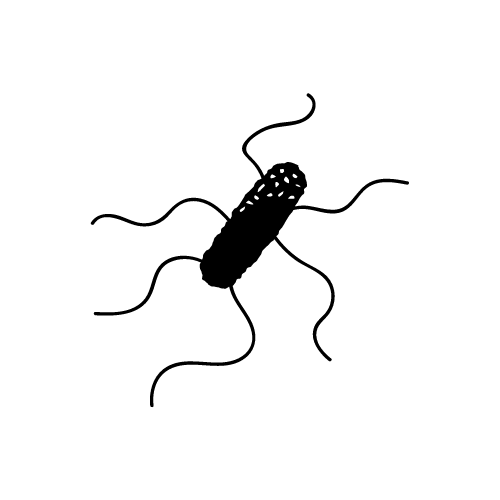
Typhoid
Typhoid fever is a bacterial infection that can spread throughout the body, affecting many organs. It spreads through contaminated food and water. The main symptoms are persistent high temperature, headache, body ache, fatigue and abdominal discomfort. It requires prompt treatment with antibiotics.
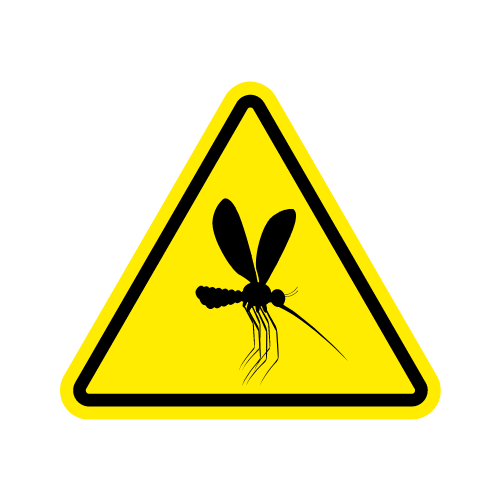
Dengue
Dengue is a viral disease, transmitted by female mosquitoes mainly of the species Aedes aegypti and, to a lesser extent, Ae. albopictus. Some people develop severe dengue, which can be any number of complications associated with severe bleeding, organ impairment and/or plasma leakage and has a higher risk of death when not managed appropriately. There is no specific treatment.
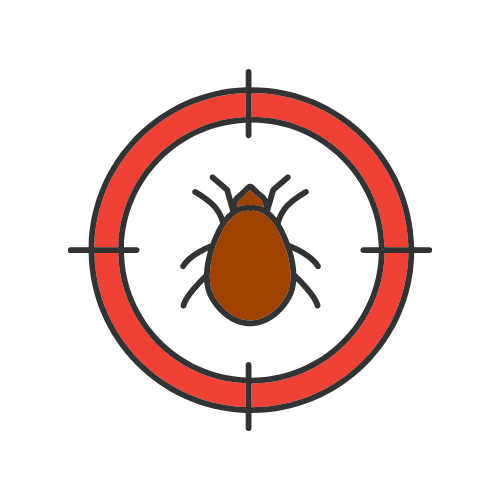
Scrub Typhus
Scrub typhus is a disease caused by Orientia tsutsugamushi. It is spread to people through bites of infected chiggers (larval mites). The most common symptoms of include fever, headache, body ache, dark, scab-like region at the site of the chigger bite (also known as eschar), mental changes, ranging from confusion to coma. Antibiotics are most effective if given soon after symptoms begin. People who are treated early with doxycycline usually recover quickly.

Chikungunya
Chikungunya virus is caused by the bite of an infected mosquito, predominantly Aedes aegypti and Aedes albopictus. The most common symptoms of infection are fever and joint pain. Other symptoms may include headache, muscle pain, joint swelling, or rash. There is no specific antiviral therapy for chikungunya virus infection. Treatment is for symptoms and can include rest, fluids, and use of non-steroidal anti-inflammatory drugs (NSAIDs) to relieve acute pain and fever.

Leptospirosis
Leptospirosis is a bacterial disease that affects humans and animals. It is caused by bacteria of the genus Leptospira. Leptospirosis can cause a wide range of symptoms, including high fever, body ache, vomiting, jaundice, rash and renal failure. It can treated with antibiotics, such as doxycycline or penicillin, which should be given early in the course of the disease. Intravenous antibiotics may be required for persons with more severe symptoms.

International travelers
The increase in global travel exposes many people to a range of health risks, which can lead to ill-health. Many of these risks, however, can be minimized by precautions taken before, during and after travel. These include prophylactic medications, vaccines and clinical guidance.
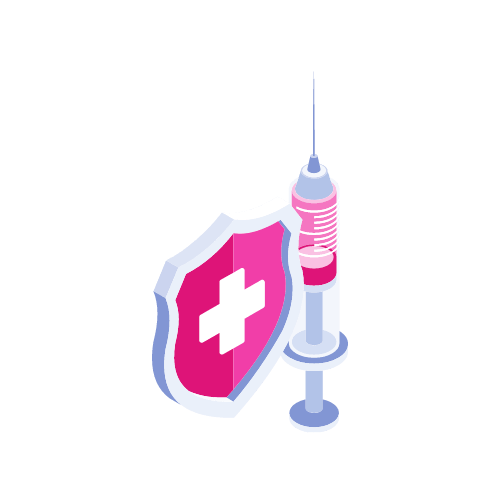
Vaccination of Adult Population
Vaccination is one of the most cost effective strategies available in public health today. In addition to protecting the vaccinated individual from developing a potentially serious disease, vaccines help protect the community by reducing the spread of infectious diseases. There is also a sizeable disease burden due to vaccine preventable diseases in adults. This is responsible for large economic losses directly and indirectly. The WHO has indicated the need to expand immunization activities beyond infancy, either as part of routine immunization services, or as part of disease elimination and / or eradication measures.

Tuberculosis
Tuberculosis (TB) is caused by bacteria (Mycobacterium tuberculosis) that most commonly affects the lungs but can involve other organs as well. Patients, suffering from pulmonary TB, can spread the bacilli by coughing, sneezing and spitting. When a person develops active TB disease, the symptoms (such as cough, fever, night sweats, or weight loss) may be mild for many months, which can lead to delay in seeking care, and results in transmission of the bacteria to others. Active, drug-susceptible TB disease is generally treated with a standard 6-month course.
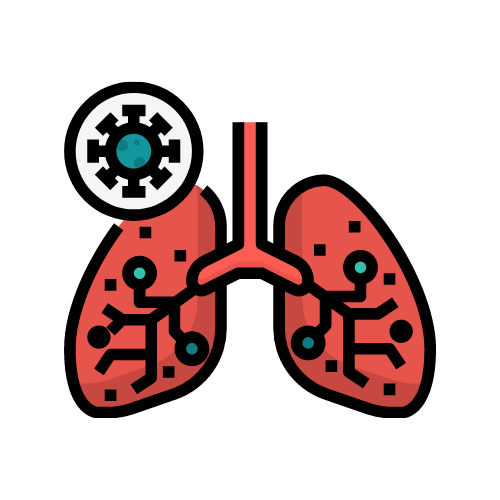
Pneumonia
Pneumonia is an infection of one or both of the lungs caused by bacteria, viruses, or fungi. The groups, that are at the highest risk include adults ages 65 and older, children younger than age 2, people with certain medical conditions and the persons that smoke. Antibiotics are used for bacterial pneumonia and severe cases may require hospitalization. Most viral pneumonias don’t have specific treatment. They usually get better on their own. The flu is a common cause of pneumonia. Because of that, getting a flu shot every year can help prevent both the flu and pneumonia. There is also a pneumococcal vaccine which can protect from a common form of bacterial pneumonia.
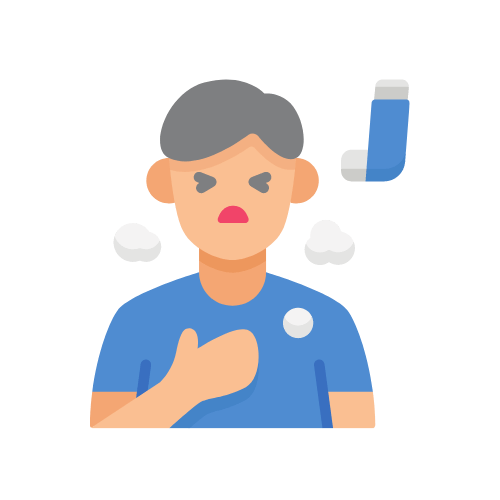
Asthma
Asthma is a long-term condition affecting children and adults in which the air passages in the lungs become narrow due to inflammation and tightening of the muscles around the small airways. This causes: cough, wheezing, shortness of breath and chest tightness. These symptoms are intermittent and are often worse at night or during exercise. There are common “triggers” can make asthma symptoms worse, which will vary from person to person. A good management plan with inhaled medications and life style management can control the disease and enable people with asthma to enjoy a normal, active life.
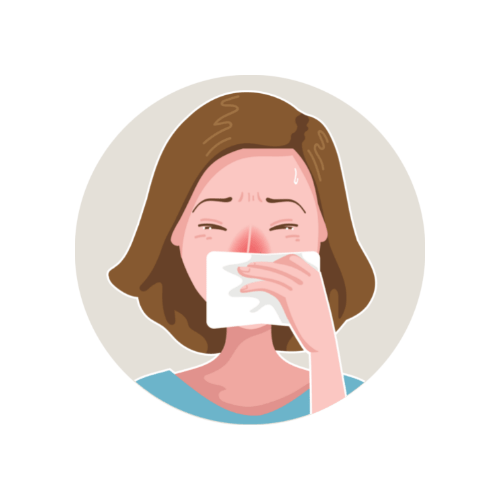
Allergies
Allergies are basically reactions to a normally harmless substance such as pollen, molds, animal dander, latex, certain foods and insect stings. Allergy symptoms range from mild – rash or hives, itchiness, runny nose, watery/red eyes – to life-threatening. Most allergies are inherited. Although avoiding the allergen is an important treatment approach, it usually doesn’t completely end the allergic reaction. Immunotherapy (“allergy shot therapy”) or allergy oral immunotherapy is recommended if symptoms aren’t adequately controlled with a combination of avoidance measures and regular medication use. Allergies can’t be cured, but symptoms can be controlled using a combination of avoidance measures and medications, as well as allergen immunotherapy in properly selected cases.
RECENT ACTIVITIES
6th February 2022
Lecture on "Ventilator Associated Pneumonia [VAP]" for DNB students & Resident Medical Officers

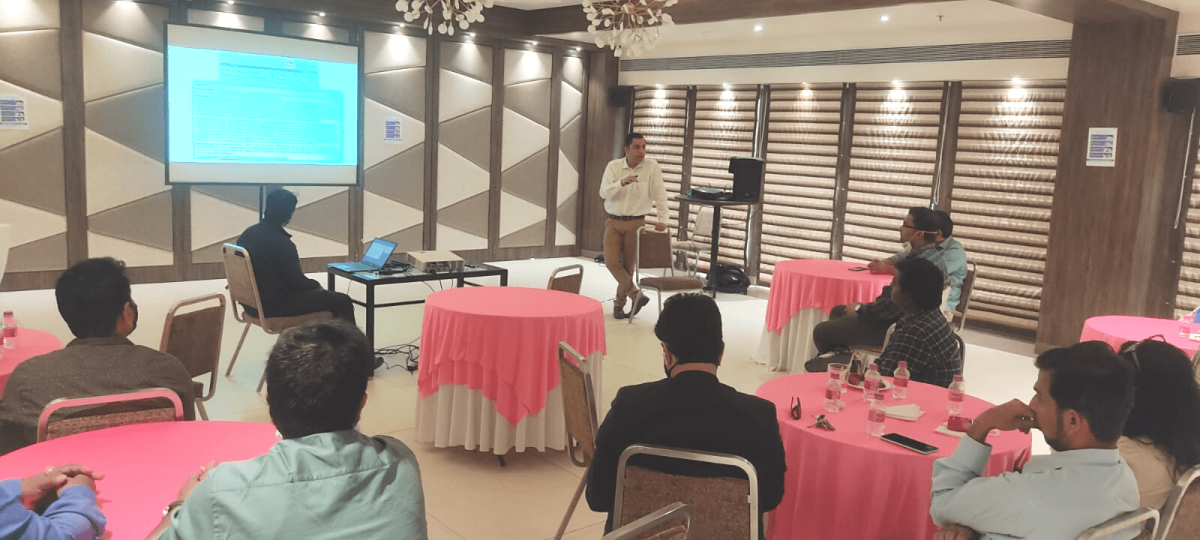
27 February 2022
Delivered an online talk on “Rise of carbapenem resistant Enterobacterales- Addressing the issue with a novel BL-BLI”
16 March 2022
Delivered an online talk on "What’s new in the management of CAP"
23 March 2022
Lecture on "Pioneering basal bolus therapy with 'next gen' insulins in hospitalized patients" with a case discussion for consultants, resident medical officers and staff nurses.
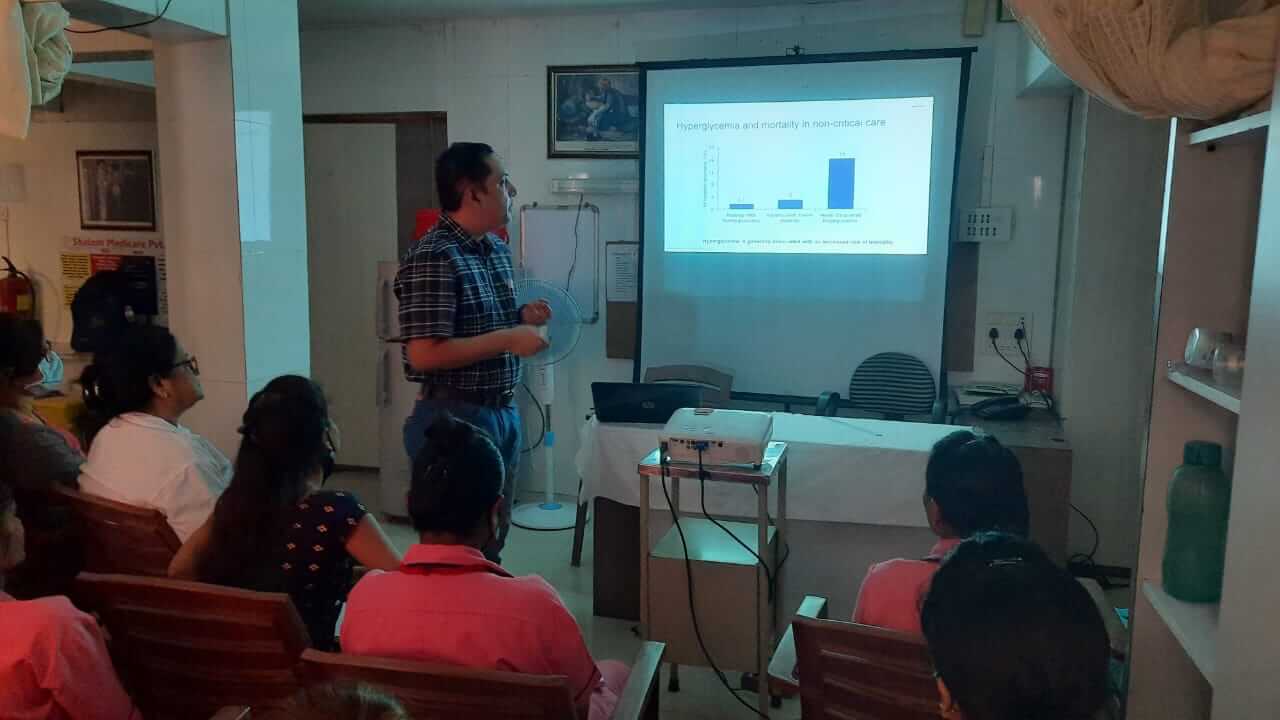
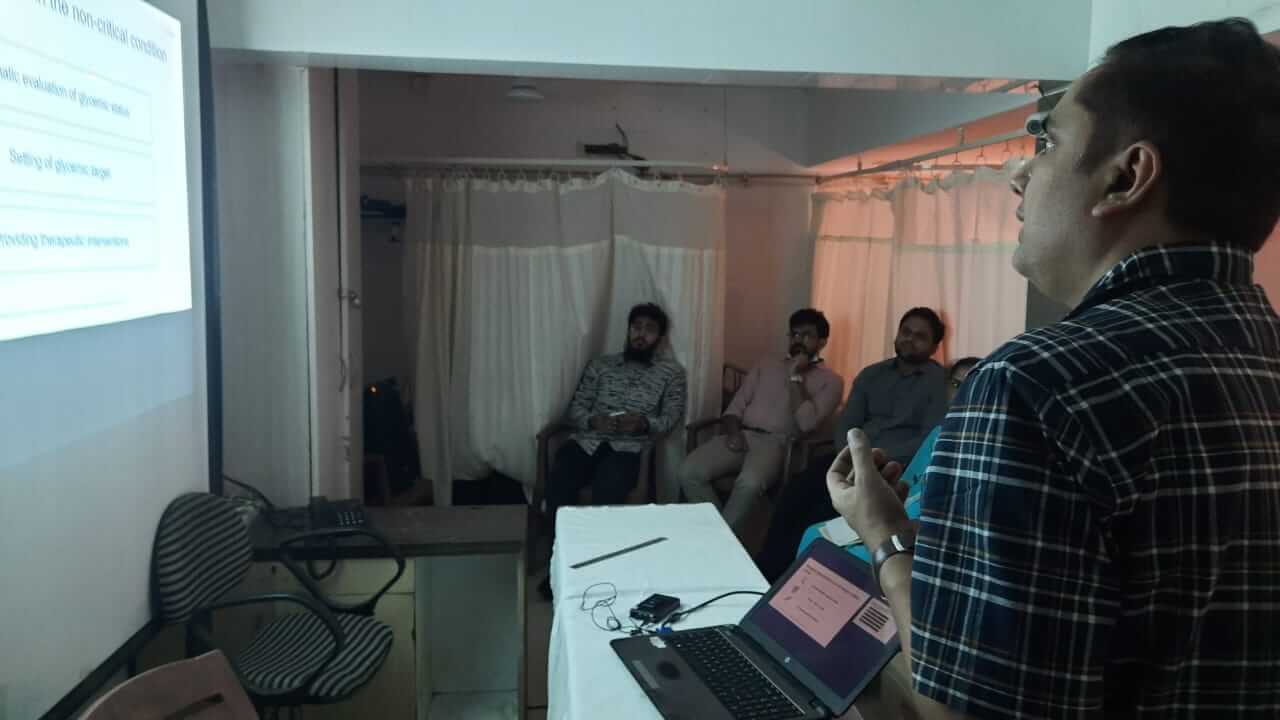
30 March 2022
Delivered an online talk on “Urosepsis Infection Control and Prevention”
29 April 2022
Delivered an online talk on “Rise of carbapenem resistant Enterobacterales- Addressing the issue with a novel BL-BLI”
7 May 2022
Lecture on “GERD” with a case discussion for consultants, resident medical officers and staff nurses.

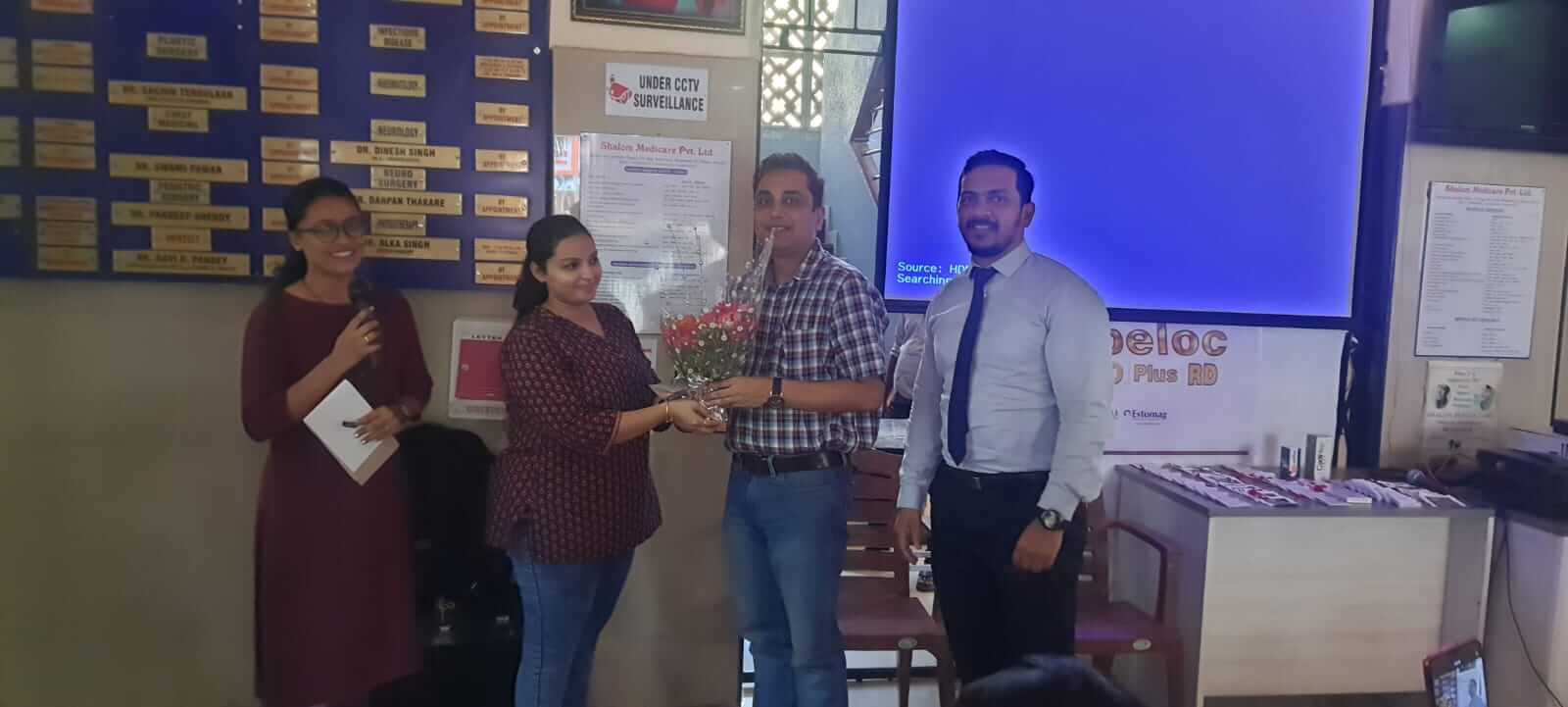
12 May 2022
Meeting with GSK Global Vaccines Team. We had discussions on disease burden, vaccine requirements before launch of Herpes Zoster Vaccine from GSK.
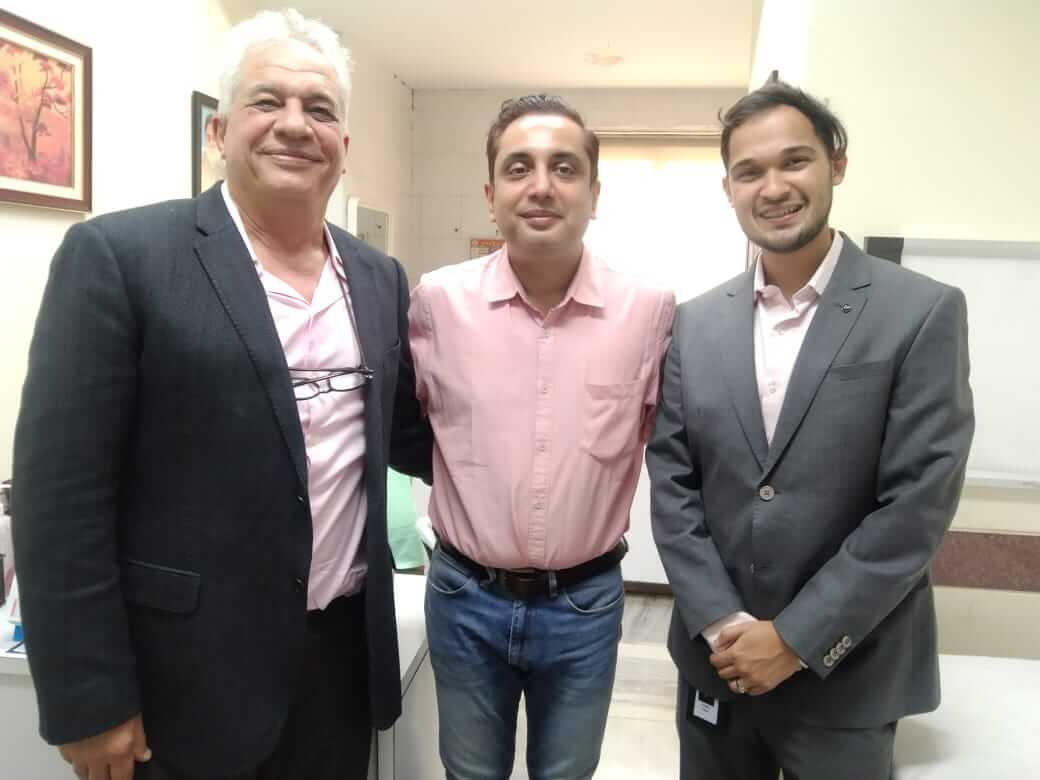
15 May 2022
Dr Swapnil Gautam was guest of honour at the first anniversary celebration of Heart Lung Care Physio & Rehab, organized by Dr Sheral Thomas Kachpile on 15th May 2022.
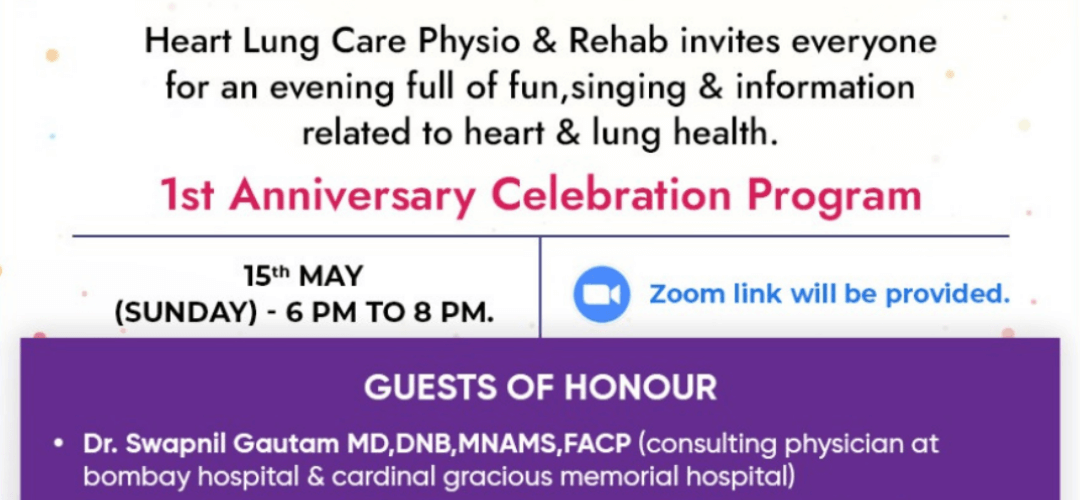
26 June 2022
Invited as a faculty at 2nd meeting of CIDS Maharashtra Chapter and CIDS HIV Subcommittee.


28 June 2022
Delivered an online talk on “Current Trends in Management of cSSTI”
1 July 2022
Felicitation and talk on the occasion of "National Doctor's Day"


2 July 2022
"National Doctor's Day"
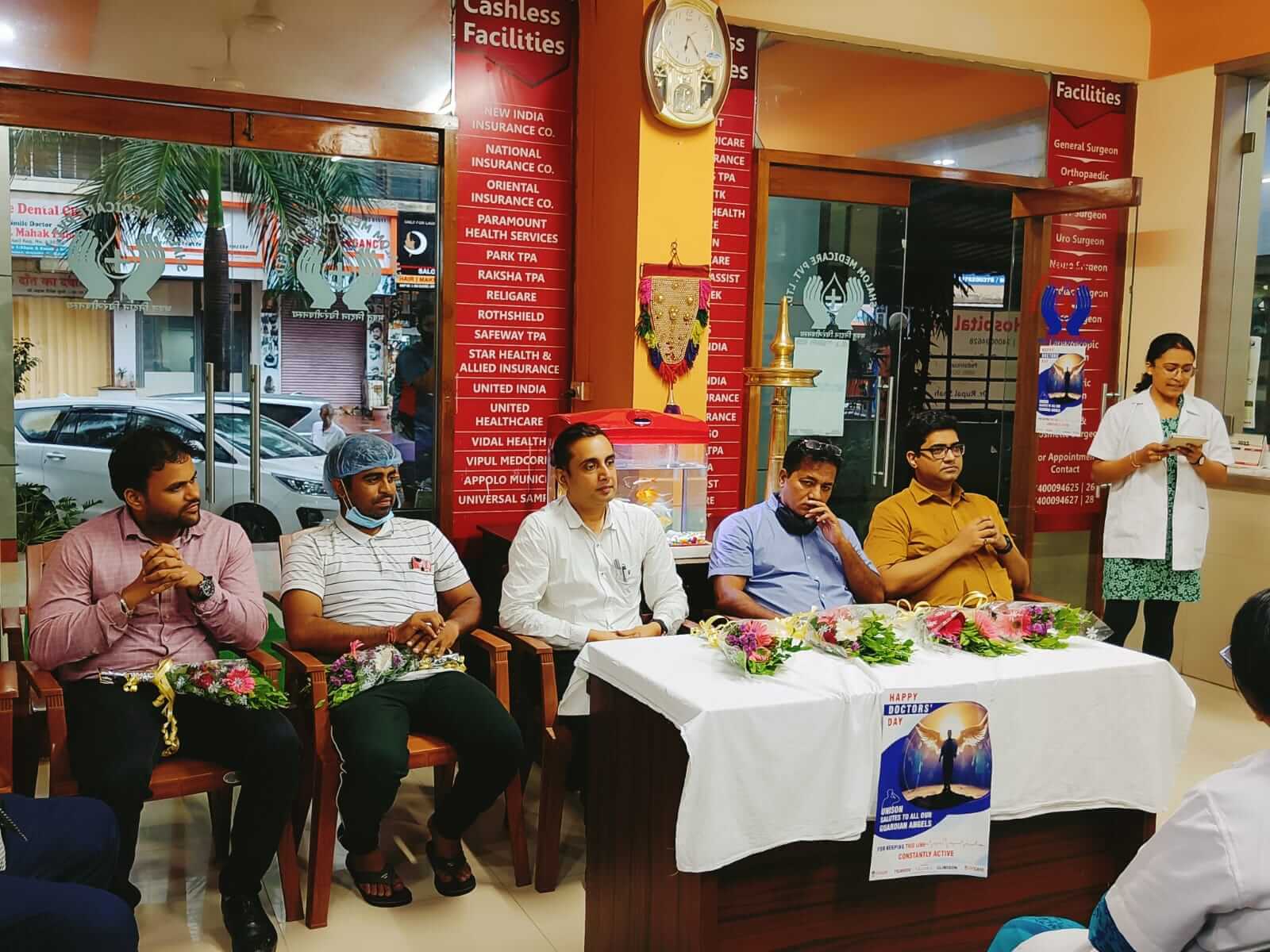
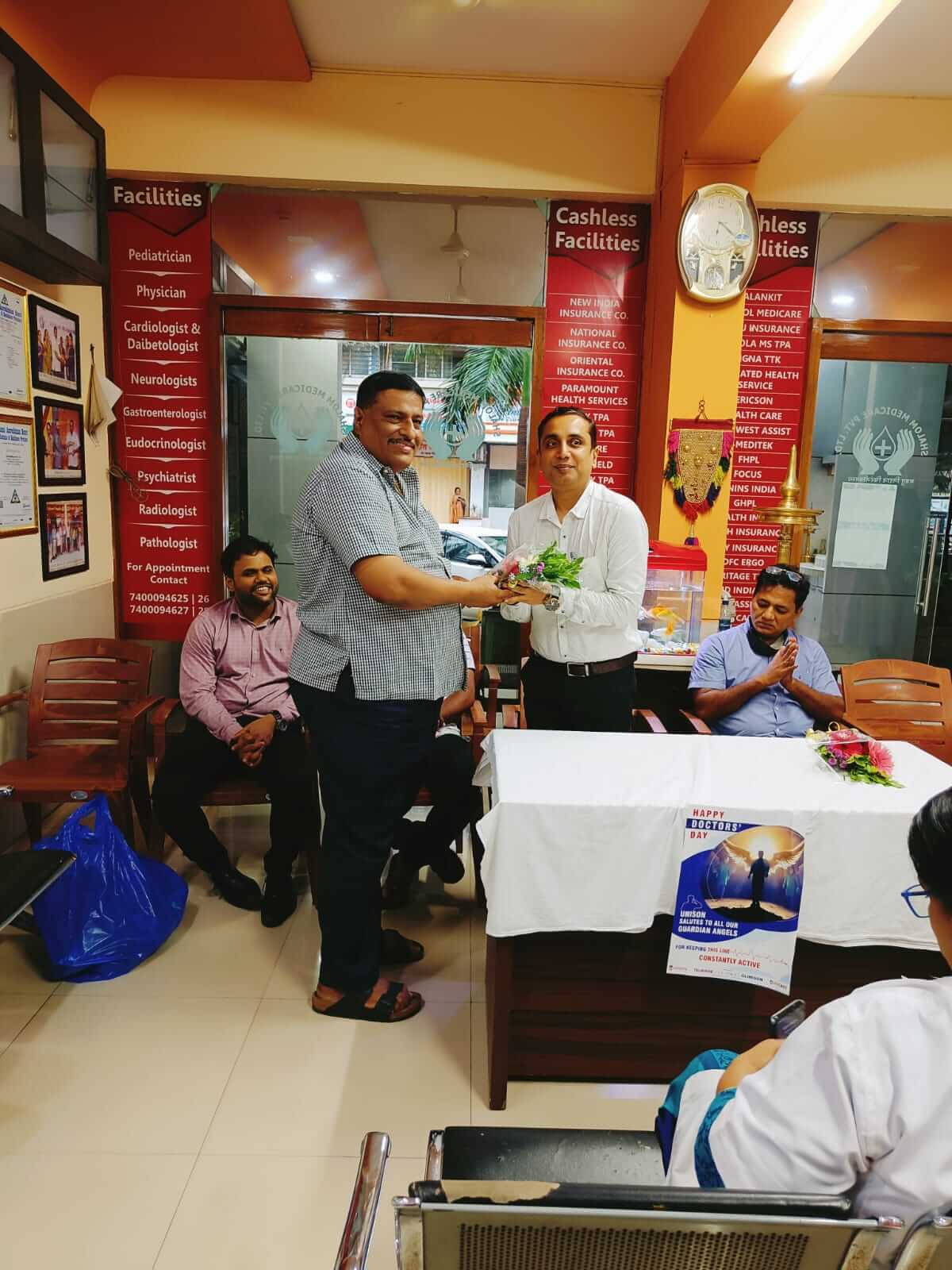
13 July 2022
"Antibiotic prescription pattern of cardiovascular thoracic surgery department in a tertiary care hospital of North Mumbai"
24 July 2022
"Free Covid-19 Booster Dose"
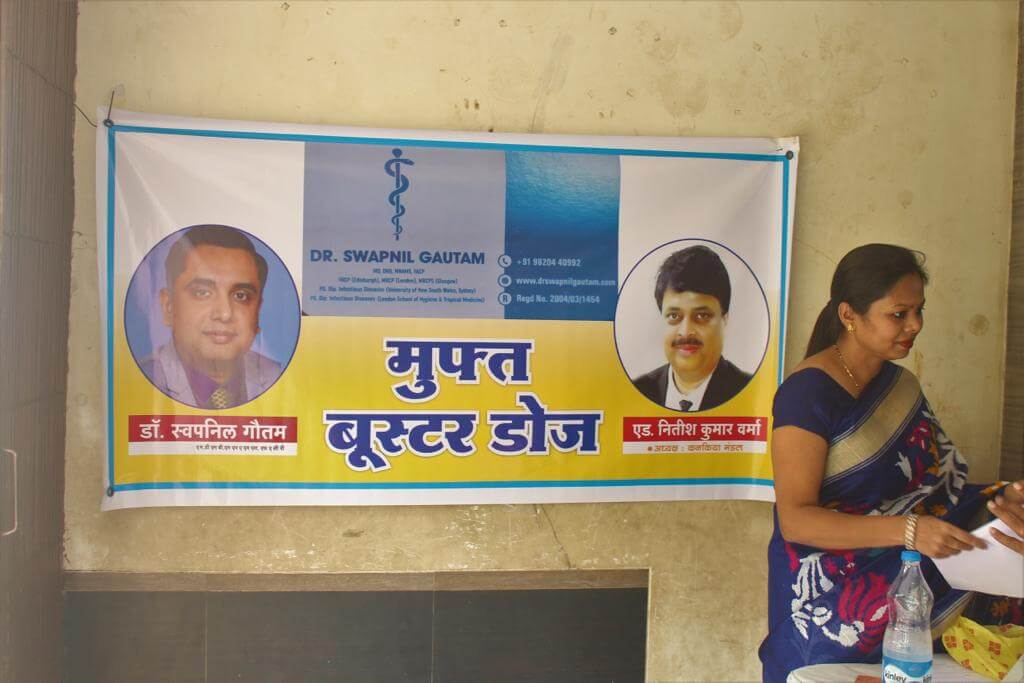
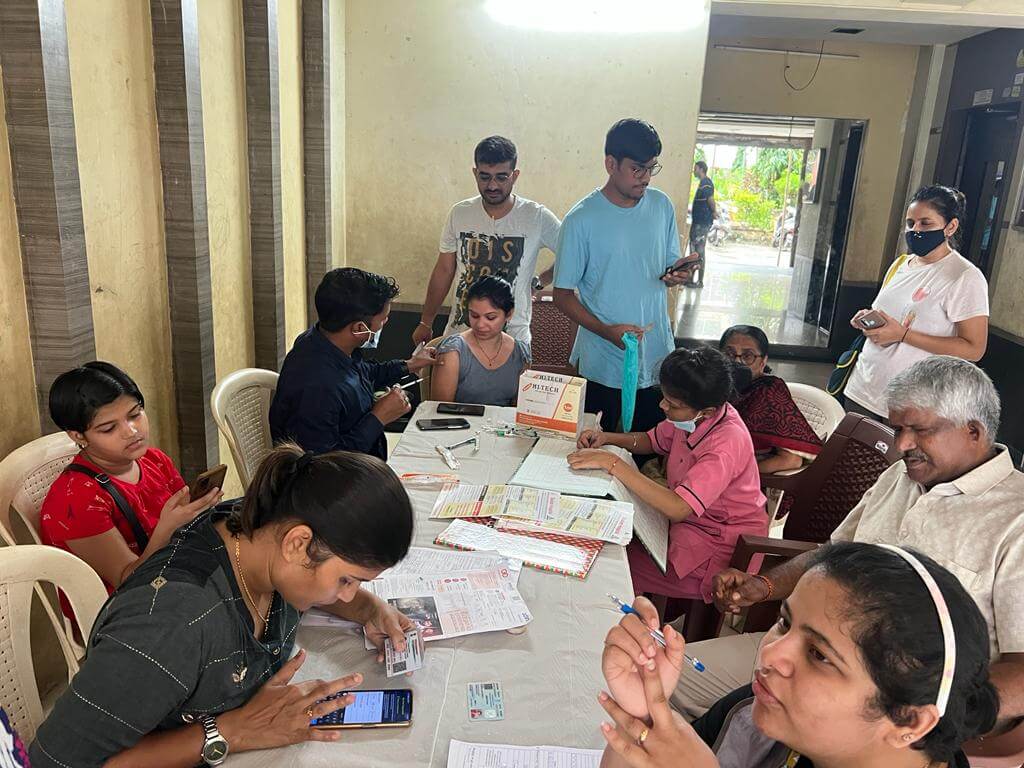
27 July 2022
"Medical Certification of Cause of Death (MCCD)"
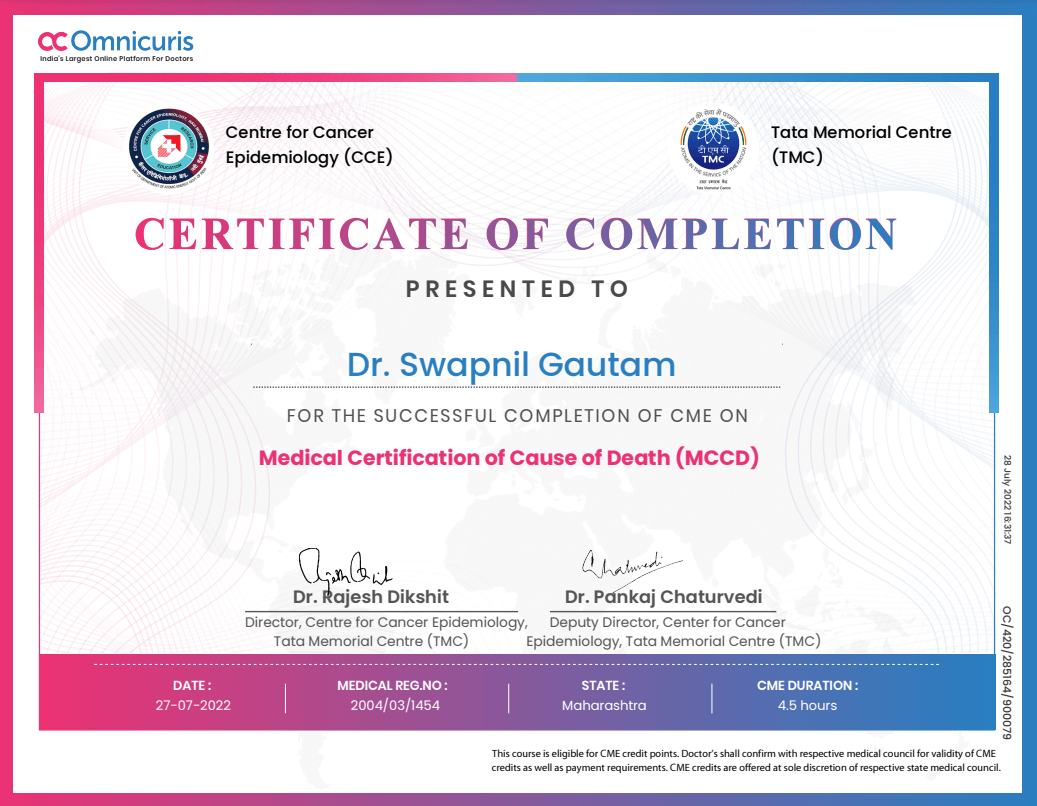
15th August 2022
Invitation for the "Opening ceremony of Heart Lung Care Physio & Rehab - Pulmonary Cardiovascular & Diabetes Physiotherapy & Rehabilitation Center".
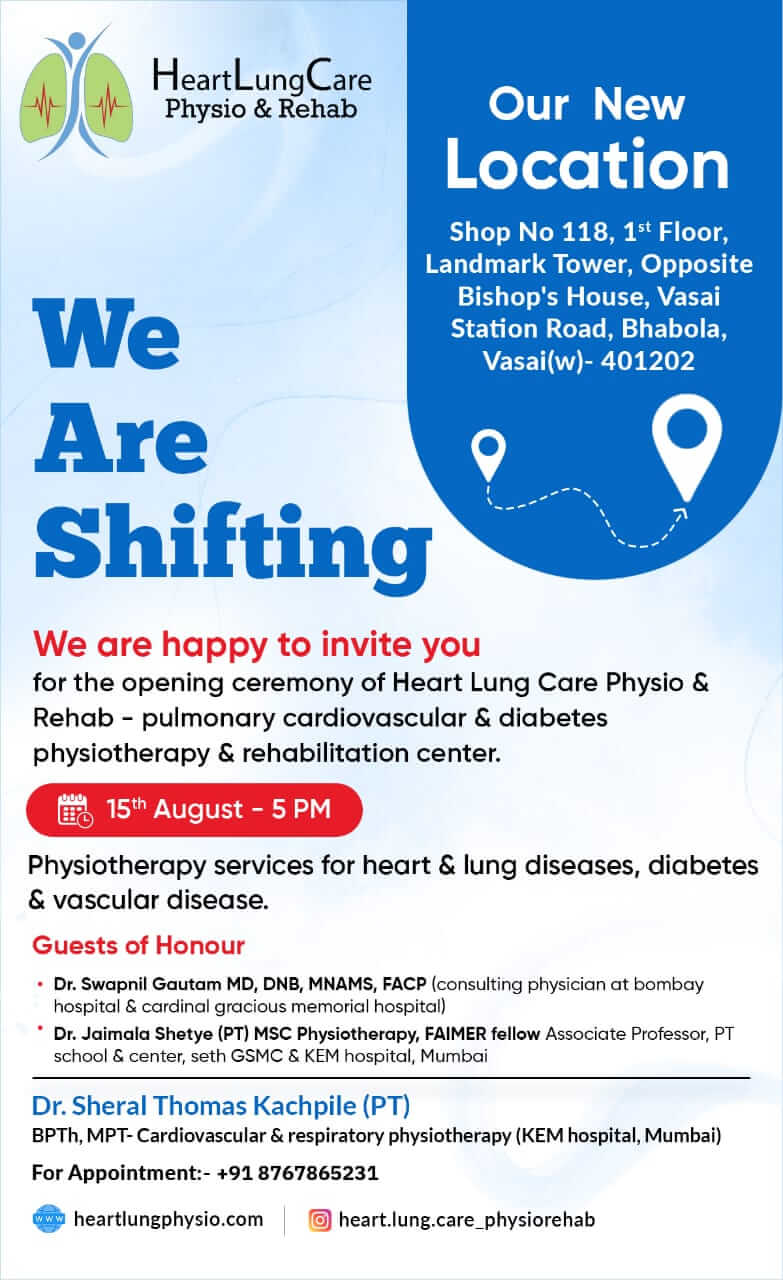
15th August 2022
Invitation for the "MBHIMPA Annual Conference 2022"
Delivered a talk on HIV management.

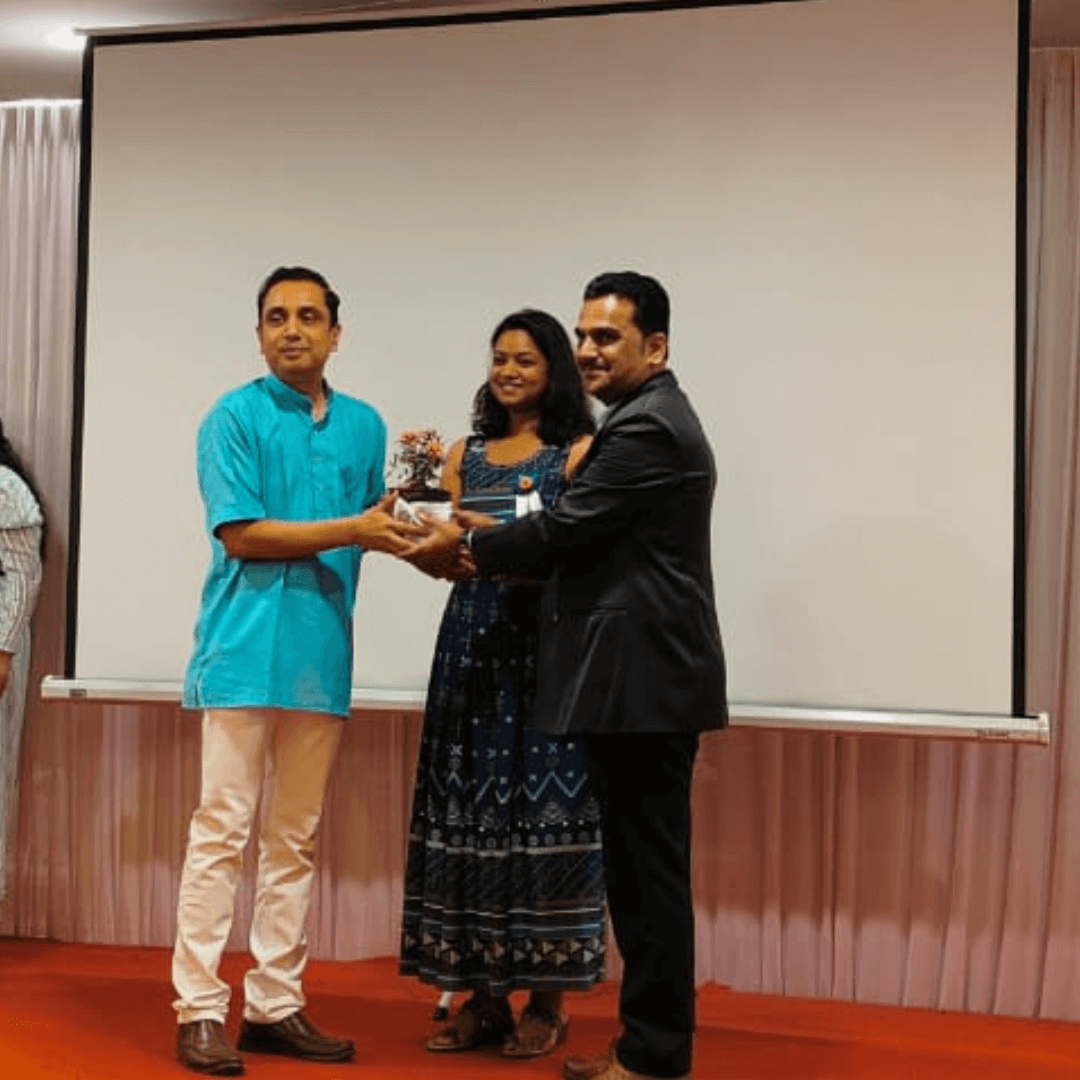
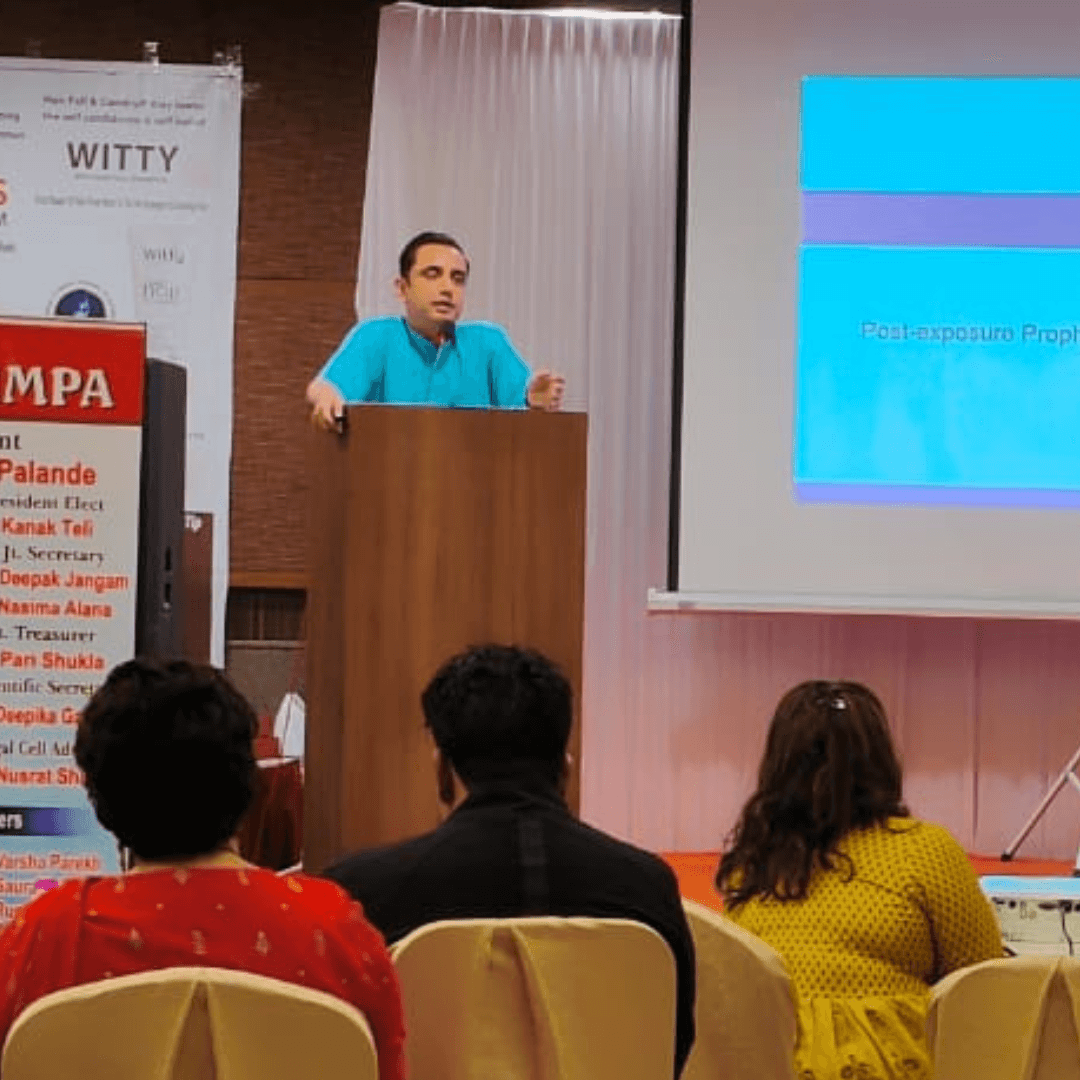
18th June 2023
Invitation for the CME on Infectious Diseases


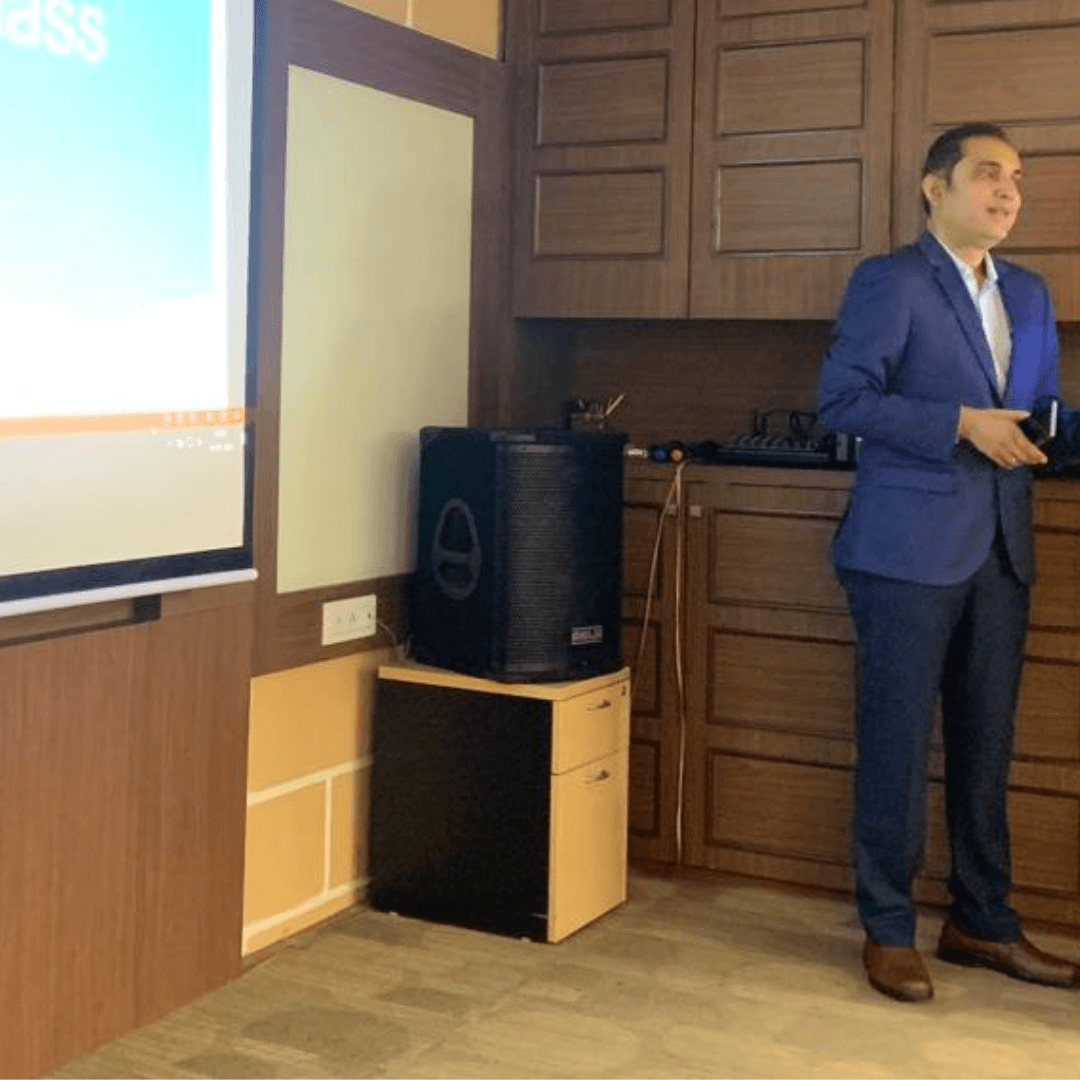
PEOPLE THOUGHTS




PUBLICATIONS
Covid-19 Publication (Report)
Enteric Fever Publication (Report)
Gitelman syndrome (Report)
CONTACT
E-mail: drswapgautam@gmail.com
Enhancing your life and health with excellent care.
Copyright @2022 Dr. Swapnil Gautam. All rights reserved.
